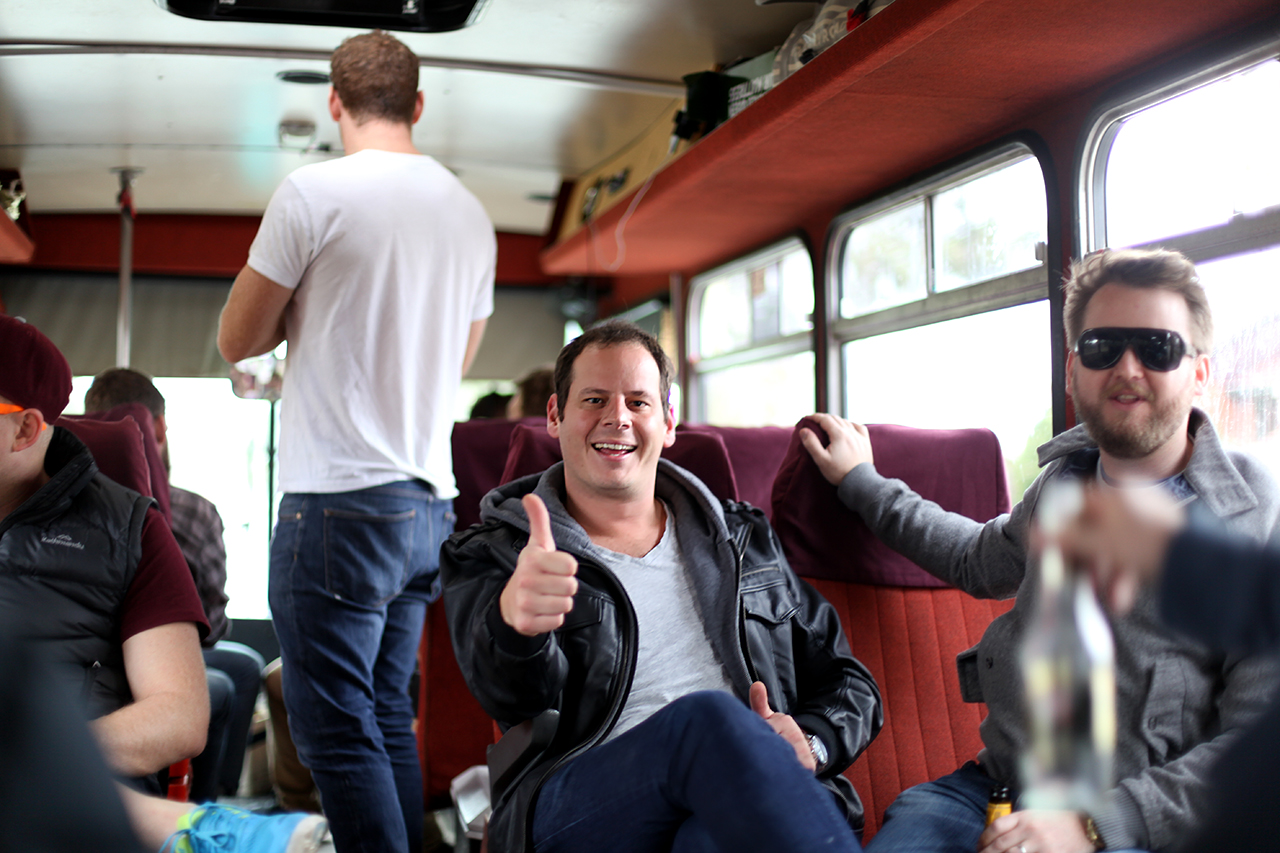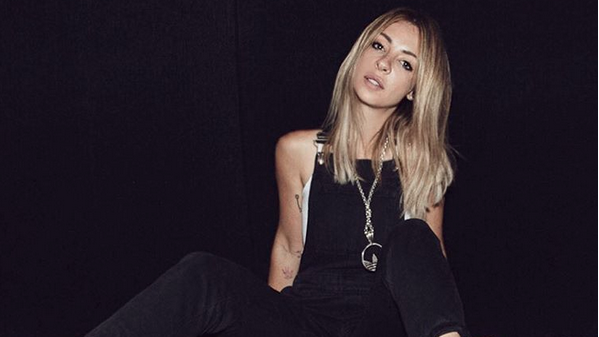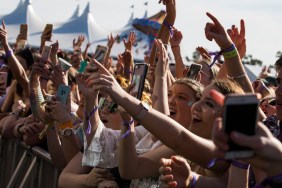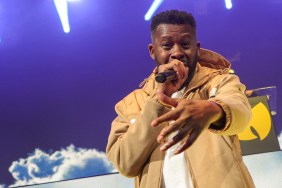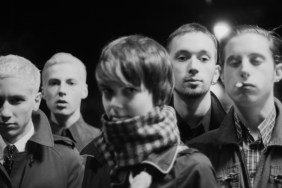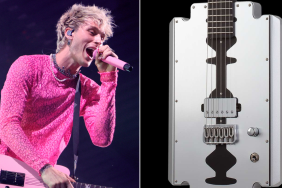2015 proved to be a gargantuan calendar year for one Alex Sholler, known at large by her DJ name, Alison Wonderland. With the release of her debut studio album, Run, she hit a commercial, creative and critical stride. Top-ten positions for both the album and its title track single, two ARIA nominations and millions of Spotify streams equated to sold-out shows here and abroad – and the momentum has not let up, even passing the twelve-month mark since the album’s release.
Alison Wonderland is far and away the most in-demand female artist in Australian dance music right now – and if this keeps up, we’ll be removing the genre semantics from that title without much of a fuss.
Sholler will be back in Australia to perform at Groovin’ the Moo alongside acts like Danny Brown, Ratatat, Boy & Bear and MS MR. Ahead of all of that, we go in depth with the DJ and producer about conquering America, the evolution of her musical prowess and waiting by the phone for collaborators.
Music Feeds: You’ve just wrapped up your biggest U.S. tour to date. The footage that’s surfaced online looks absolutely incredible, but tell us first-hand what it was like to be playing those sorts of rooms…
Alison Wonderland: It’s been wild. I was in Texas just before, where I DJed at the Funny Or Die party, and I went straight from there to Florida, where I did Ultra Music Festival. I’ve been travelling all around the country, and I’d say about 80% of the shows I did were completely sold out.
Every room was full. People knew the album – people told me they loved it. It was insane to me, especially considering I had never even considered doing a tour of the U.S. Ever! The whole thing freaked me out, honestly. I know people will say that as an expression a lot of the time, but it was quite literal for me. I never expected anything like it.
MF: It’s certainly the biggest show you’ve done thus far, purely in terms of scale. It’s certainly a far cry from your early days of DJing as a part of the Sosueme collective.
AW: Absolutely. I had an entire lighting team, I had a visuals team, I had my own stage set-up, there were GoPros positioned to focus on my hands… it’s all very new and it’s all very exciting. At the same time, though, I’ll always have a special place in my heart for those shows where it’s just me, the decks and a wild crowd.
Any opportunity that I have, I’ll jump up and start DJing. No questions asked. It’s all about the music to me.
MF: So you don’t think you’ve found yourself adapting to having a different stage presence or performing on that bigger scope?
AW: Not really, if I’m honest. The main part of the visuals is the live feeds from the GoPros focusing on my hands and what I’m doing while I’m on stage. There’s no big EDM graphics or anything like that. There’s about five GoPros that are hooked up around the decks. I have the visuals guys cut to the various cameras while I’m performing.
As such, I try not to change my performance style too much. It’s about showing people that there’s so much more to this than holding a fader or pushing a button. I don’t want there to be a barrier. Often, when people are at clubs and they see a DJ up there, they have absolutely no idea what the DJ is actually doing. I wanted to give a bit of insight, while also adding a different element to the show.
MF: You also posted on Facebook recently about you and your manager both giving talks at Harvard University. Can you tell us a little about how this prestigious honour came about?
AW: Yeah, we spoke to a class at Harvard Business School. It sounds completely made up, I know, but it actually happened! [laughs] They approached me and my manager to talk about growing your business within the music industry.
Specifically, I wanted to talk about staying true to yourself and keeping things honest, not trying to be something that you’re not. It was a business talk, though, so I guess we were talking a bit about personal branding and how to stay on top of that side of things. I generally tend to have no idea about business matters – I’ve found I’m just not that way inclined. My side of the talk was more just about being upfront about who you are and what you’re about as an artist.
You shouldn’t buy into preconceived notions or ideas about what you are supposed to be. You’ve got to be yourself above everything else.
MF: It’s a very valid point. Far too often in the Australian music industry, you see people rise to a new level and completely forget what it is that made them to begin with. That certainly doesn’t feel like the case when it comes to you.
AW: Y’know, I was actually talking with another journalist about this just before. I’ve been doing press while I’m over here in America, and obviously the people I’m getting interviewed by here don’t really have that back-story on where it is that I’ve come from. I’ve almost arrived fully-formed to them. They don’t know how I’ve grown as an artist.
When I’m back in Australia, though, most of the people I talk to have watched my journey. They’ve seen me develop over the years. Spending that time growing organically has kept me pretty level-headed, I think. I don’t feel like a different person.
The minute I start thinking that I am somehow is the minute that I should quit. Only caring about your own profit and inflating your ego… that’s not why you should be in a creative field. That’s not what being a creative person is about.
MF: I think what people are drawn to the most is the fact your build here in Australia has basically been entirely from a grassroots background. You’ve never been one of those major-label darlings that have been pushed down people’s throats by A&R kinds with an agenda. It’s had a lot to do with word of mouth and people’s gradually-developing response to you as a DJ and later as a producer.
AW: I’ve definitely said no a lot more than yes when it comes to being approached by those sort of labels and that sort of thing. Especially in the beginning, when I was starting out. I think that made me work a lot harder in the long run. I will say, though, that I am signed now – I’m signed to Astral Works in the States, to Virgin in Europe and to EMI in Australia.
I’m actually glad that I have the opportunity to say this, as it ties back in to what we were just talking about, in a way. I’m so grateful to those labels for letting me do things myself. No-one’s told me how my music should sound, or how I should write, or how I should record. I mean, there are some songs on Run where the vocals were literally recorded using an iPhone voice memo. I didn’t need anything beyond that.
The album cover was something a friend and I shot together. I arranged the tracklist myself. These are the sort of things that can often be micro-managed by the bigger labels, but not one that I’ve worked with has interfered on any of those counts. No-one has told me what to do once, and I’m really lucky for that. Everyone has just been so completely trusting of my own abilities and the belief I have in my own vision.
MF: Let’s reflect briefly on Run, which has just turned one year old. It’s been pretty well-documented that you were a little uncertain at first about the kind of original compositions that you would release under the Alison Wonderland moniker, but it is something that people clearly love and has ostensibly elevated you to a new career high. How did you arrive at the sound that permeates through the record?
AW: I’ve just always been writing. What a lot of people don’t know is that I’ve been producing for just about as long as I’ve been DJing. For a lot of that time, though, I was doing it under a different name, which was White Fang. I was pretty hugely influenced by The Knife, particularly the Silent Shout record – that was the album that actually made me go out of my way to get the gear I needed to start making and producing my own music.
I eventually moved away from that sort of thing, but it wasn’t an instant switch or anything. I put out a single, Get Ready, back in 2013, and you can definitely tell that I was still finding my sound while I was doing that. I think the turning point was when I consciously decided to write as it came naturally to me, as opposed to trying to do a certain thing and fit in with a certain sound.
It was scary, because I could have just stayed in my comfort zone and made club jams. I’m really glad that I didn’t do that now. I made the call to stop overthinking and let the music I was making come as it was. I feel like it’s resonated with people a lot more as a result.
I don’t think the music itself is entirely all that different, but it’s definitely evolved. When I was starting out, I was always learning more and more about the production side of things. That’s something that I really think shows as you look at the music over time. I used to do everything myself in my bedroom, but with Run I was working with a few different people. I didn’t have to do every single thing by myself. It wasn’t just me learning how to make music in my room anymore.
I know my way around a computer a lot more now. I’ve aligned myself with other producers that I get along really well with – and we push each other, which I think is really good. You need people like that as someone who is creative.
MF: The collaborative side of things was definitely a big part of Run. You enlisted big-name guests like Wayne Coyne of The Flaming Lips and SAFIA, as well as lesser-known names like Brave and Johnny Nelson. Since the release of Run, have you come across any new people that you’re interested in collaborating with? Have you got your eye on anyone in particular?
AW: Hell yeah, I do! [laughs] I’m the worst at asking, though. I end up just staying quiet, hoping that they’ll email me.
MF: All those long nights, sitting by the phone…
AW: Writing love-hearts on my pencil case, looking out the window and wondering why they’re not calling…
MF: And if they haven’t called by the following Wednesday…
AW: …they’re just not that into you. [laughs]
MF: If we could be slightly serious for a moment: You’ve been posting a lot about the lockout laws and the Keep Sydney Open movement. Is that still something you’re trying to keep on top of, even all the while you’re touring overseas?
AW: 100%. I have an interesting perspective on this, because I’m away a lot of the time, so I’ll be out and away from Sydney for months at a time. Every time I come back, things are worse. I’m literally watching Sydney’s nightlife decay in front of my eyes.
It was like watching stop-motion footage of a flower wilting. I’d drive down Bayswater Road – nothing. I’d drive down Oxford Street – ghost town. I was astonished – I had no idea such a thing was even possible.
It made me really mad, and it’s been on my mind ever since. It’s something that I wouldn’t have been vocal about if I didn’t feel personally quite hurt by what’s going on. I was embarrassed. I wrote a letter, an open letter that detailed my feelings about the whole thing. I’m glad people read it.
I felt if I had an opportunity to use my own voice, I should use it for something that I really believe in. I didn’t want to do it in a preachy way, though. I just wanted it to be my thoughts, as open and as honest as I could put it.
MF: You’ll be back in the country at the end of the month to do the Groovin’ the Moo festival. As a Sydney-bred DJ, you’ve obviously played in quite a few major cities. Is regional touring something that’s ever intrigued you?
AW: I’ll tell you one thing: I have toured around pretty much the entire country. I’ve done tours in Australia so many times, there aren’t all that many cities that I haven’t played. Especially early on, too, I was playing a lot of rural areas.
It’s funny that people think it’s rare – a lot of DJs visit those areas, and they’re honestly not all that different from the big cities. Occasionally, those areas do get skipped, but it’s absolutely worth any artist’s time. They’re very musically educated in those areas – they’re not stupid.
People patronise those areas, and I hate that. I mean, one of the best shows I’ve ever done was in Ballarat of all places. They actually have a really cool music culture in that area. Everyone at that show was just down for anything that I would throw their way. It’s an important experience to have.
–
Groovin’ The Moo kicks off its tour on the 23rd of April, grab all the dates and deets below!
Groovin The Moo 2016 Lineup
Alison Wonderland
Boo Seeka
Boy & Bear
British India
Client Liaison
Danny Brown (USA)
Drapht
DZ Deathrays
Emma Louise
Golden Features
Harts
Illy
In Hearts Wake
MS MR (USA)
Mutemath (USA)
Ngaiire
Odesza (USA)
Ratatat (USA)
Remi
The Rubens
SAFIA
Twenty One Pilots (USA)
Vallis Alps
Vic Mensa (USA)What So Not
Jarryd James
Saturday, 23rd April 2016
Maitland Showground, Maitland NSW
Tickets: Groovin The Moo
Sunday, 24th April 2016
University of Canberra, Canberra ACT
Tickets: Groovin The Moo
Monday, 25th April 2016
Oakbank Racecourse, Oakbank SA (ANZAC Day)
Tickets: Groovin The Moo
Saturday, 30th April 2016
Bendigo’s Prince Of Wales Showground, Bendigo VIC
Tickets: Groovin The Moo
Sunday, 1st May 2016
Townsville Cricket Grounds, Townsville QLD (QLD Long Weekend Monday Public Holiday)
Tickets: Groovin The Moo
Saturday, 7th May 2016
Hay Park, Bunbury WA
Tickets: Groovin The Moo
Gallery: Groovin The Moo 2015, Bendigo / Photos: Nikki Williams
Groovin The Moo, Bendigo 2/05/15
-
015HilltopHoods002
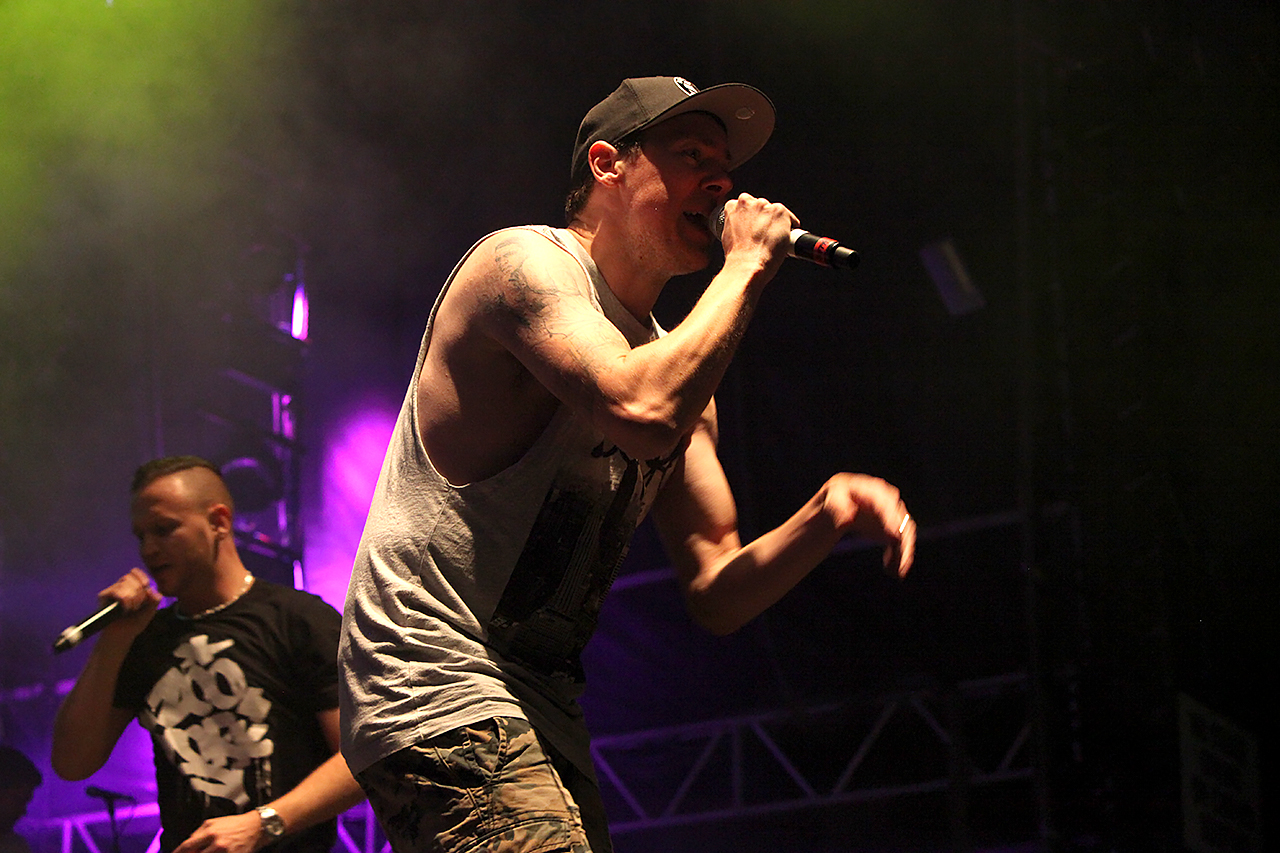
Hilltop Hoods -
015HilltopHoods004
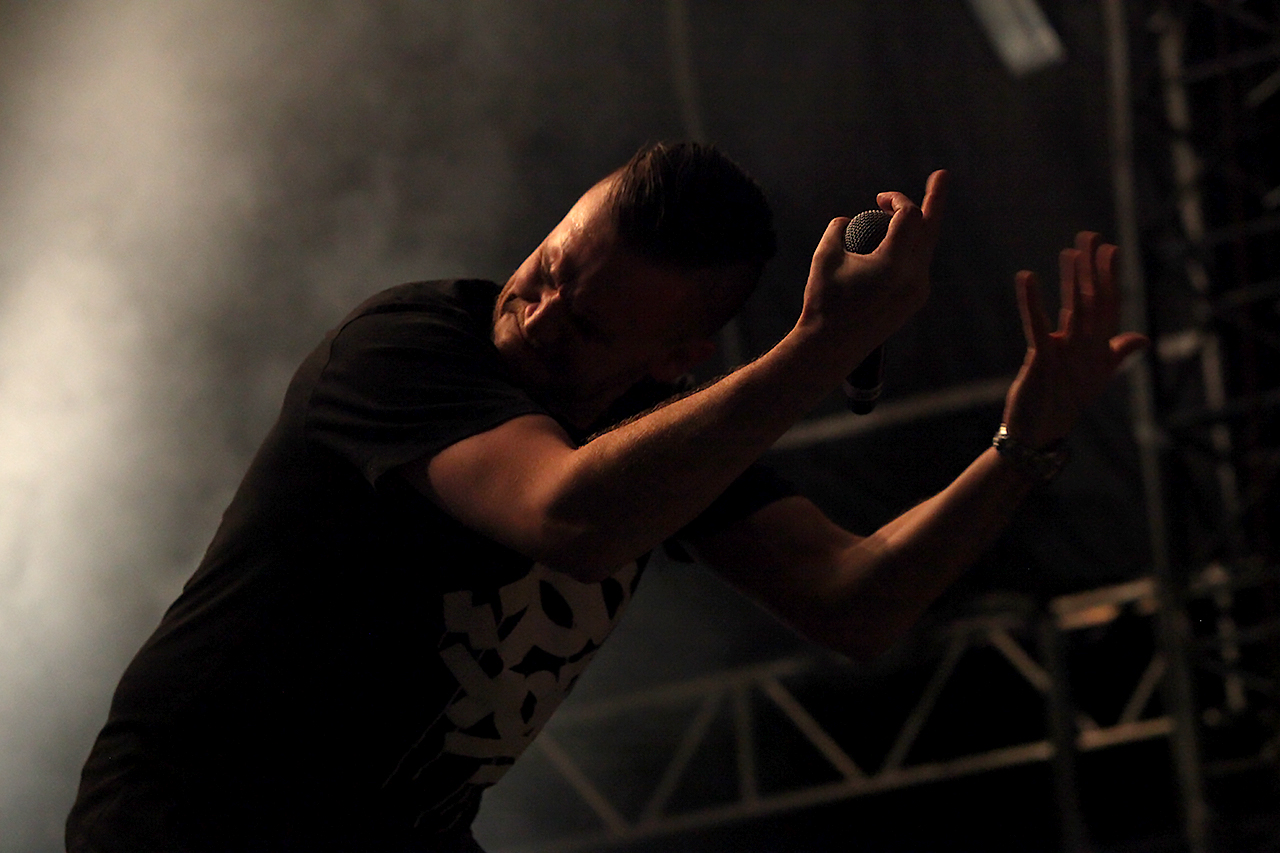
Hilltop Hoods -
015HilltopHoods005
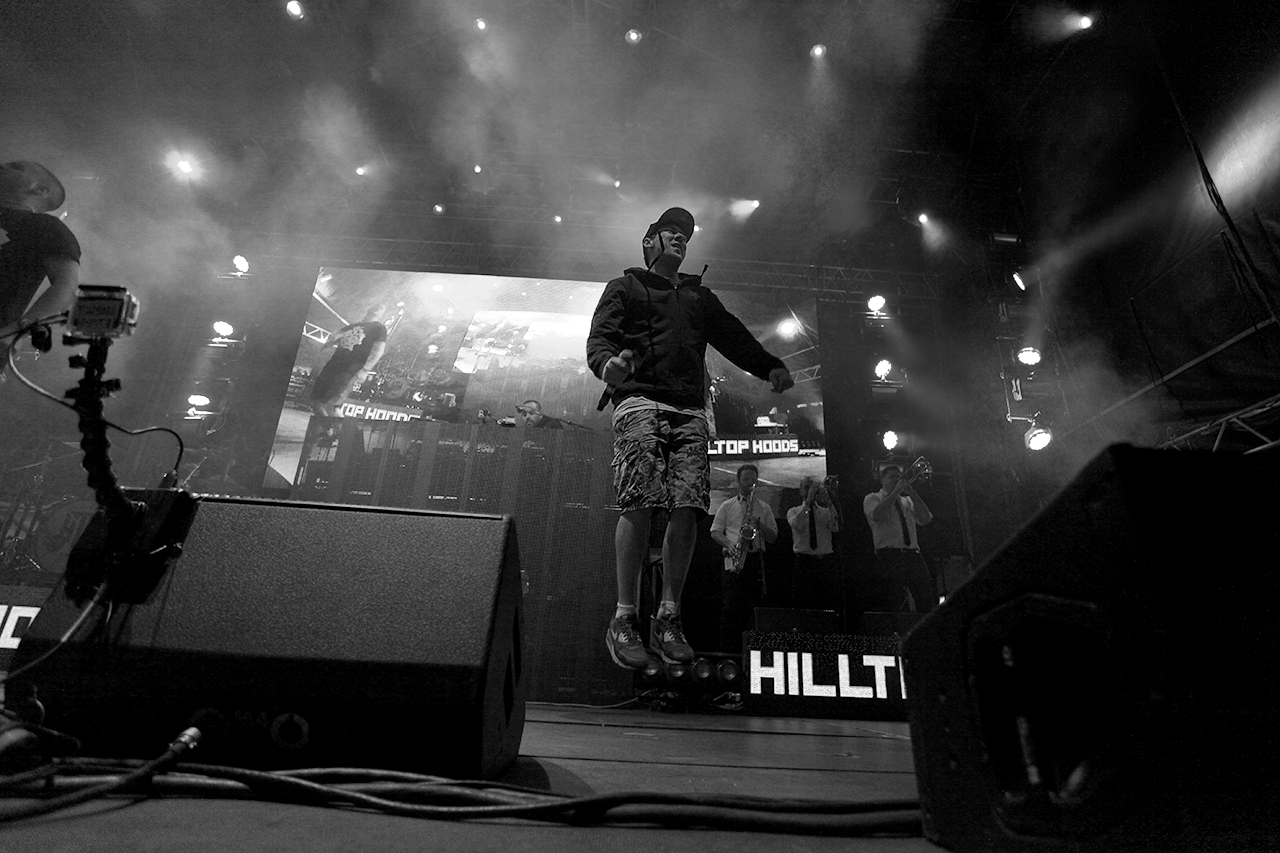
Hilltop Hoods -
015HilltopHoods003
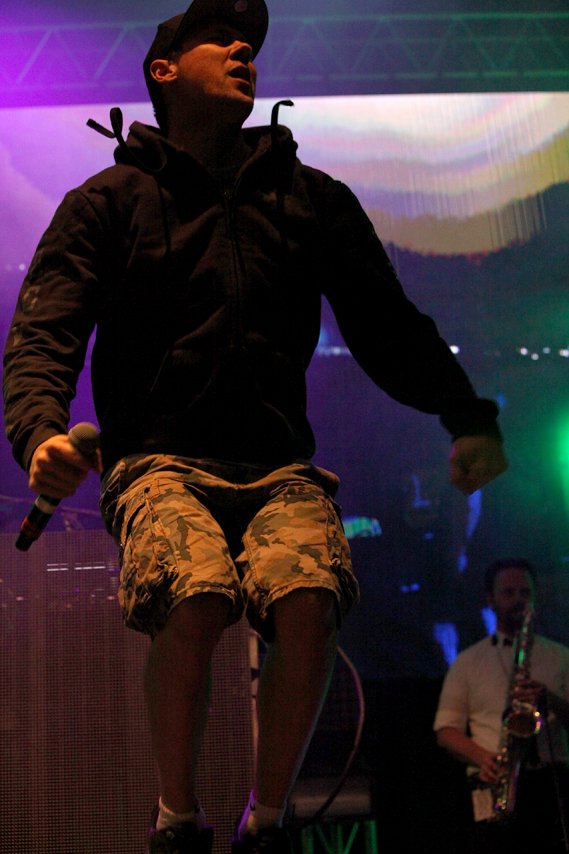
Hilltop Hoods -
015HilltopHoods001
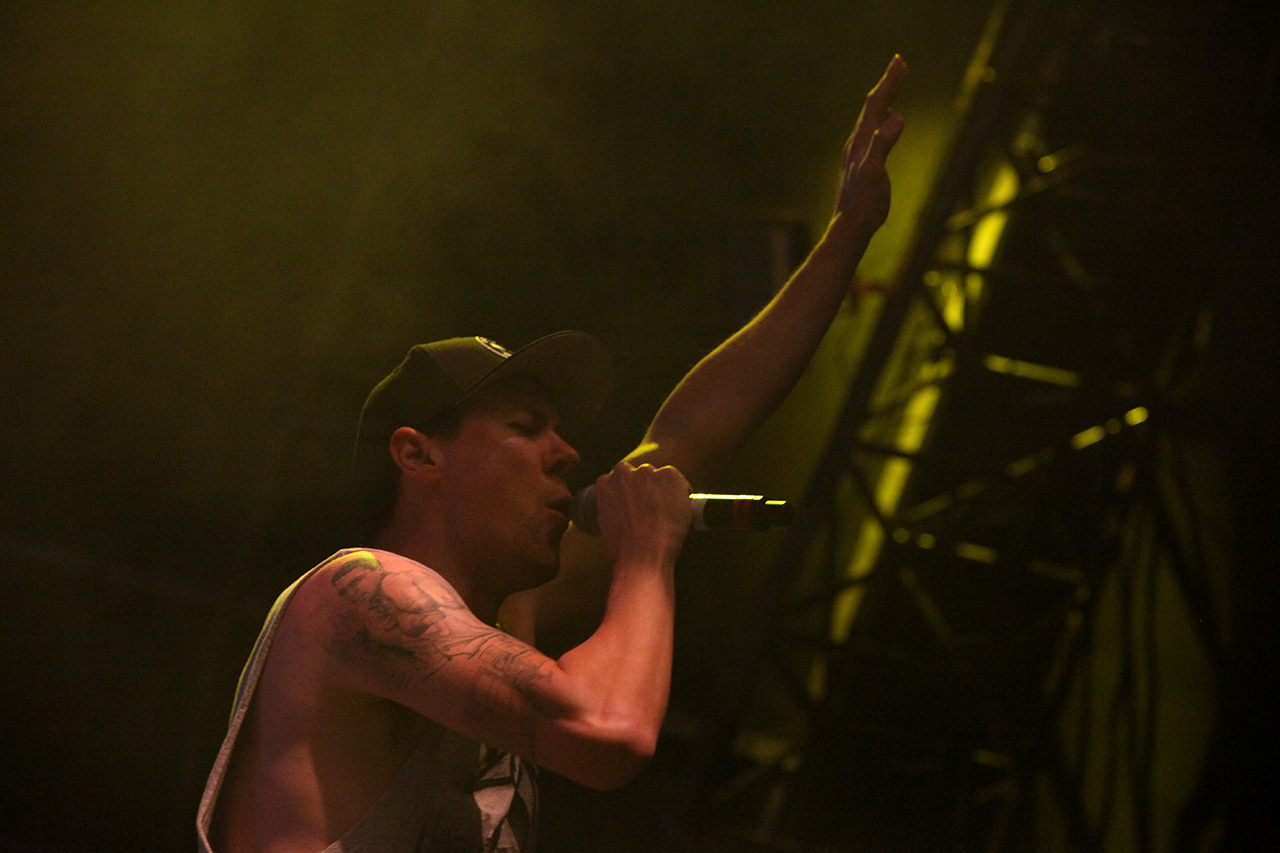
Hilltop Hoods -
016FlightFacilities003
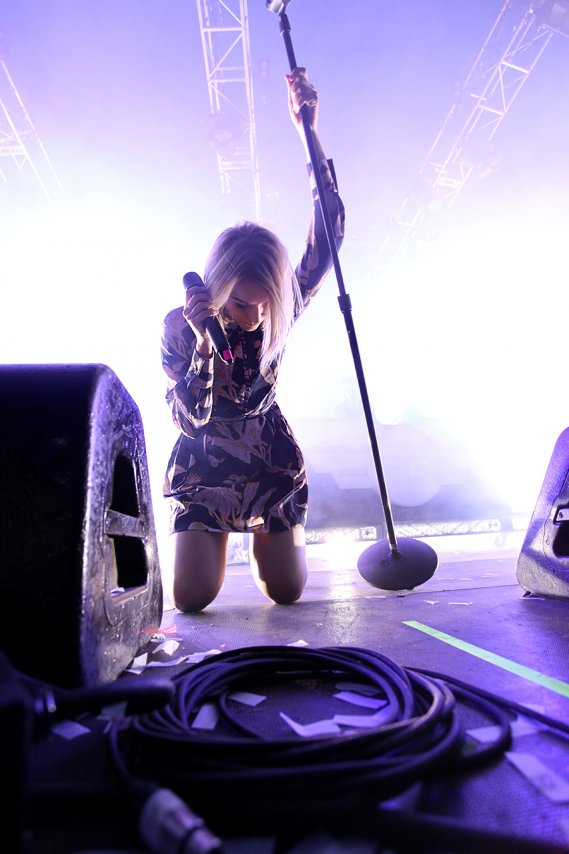
Flight Facilities -
016FlightFacilities002
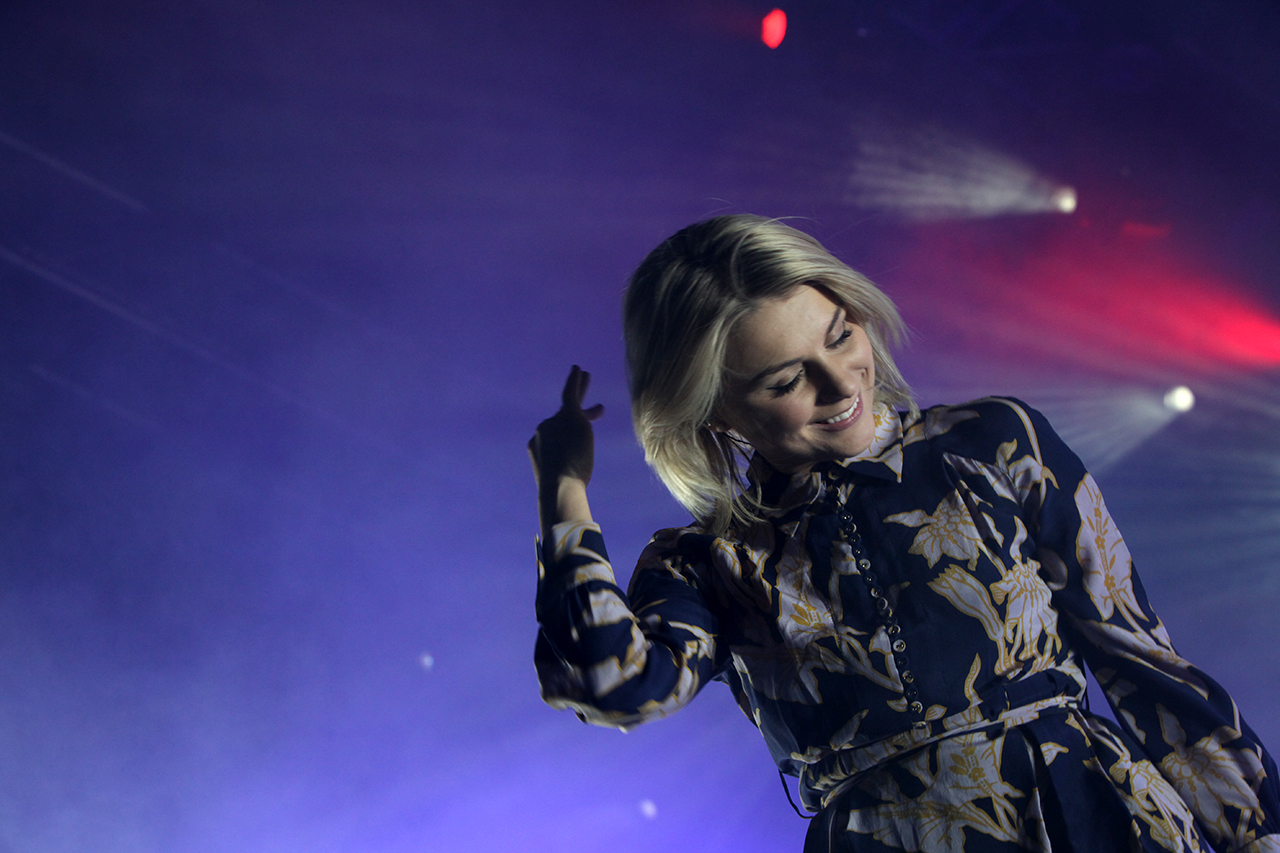
Flight Facilities -
016FlightFacilities001
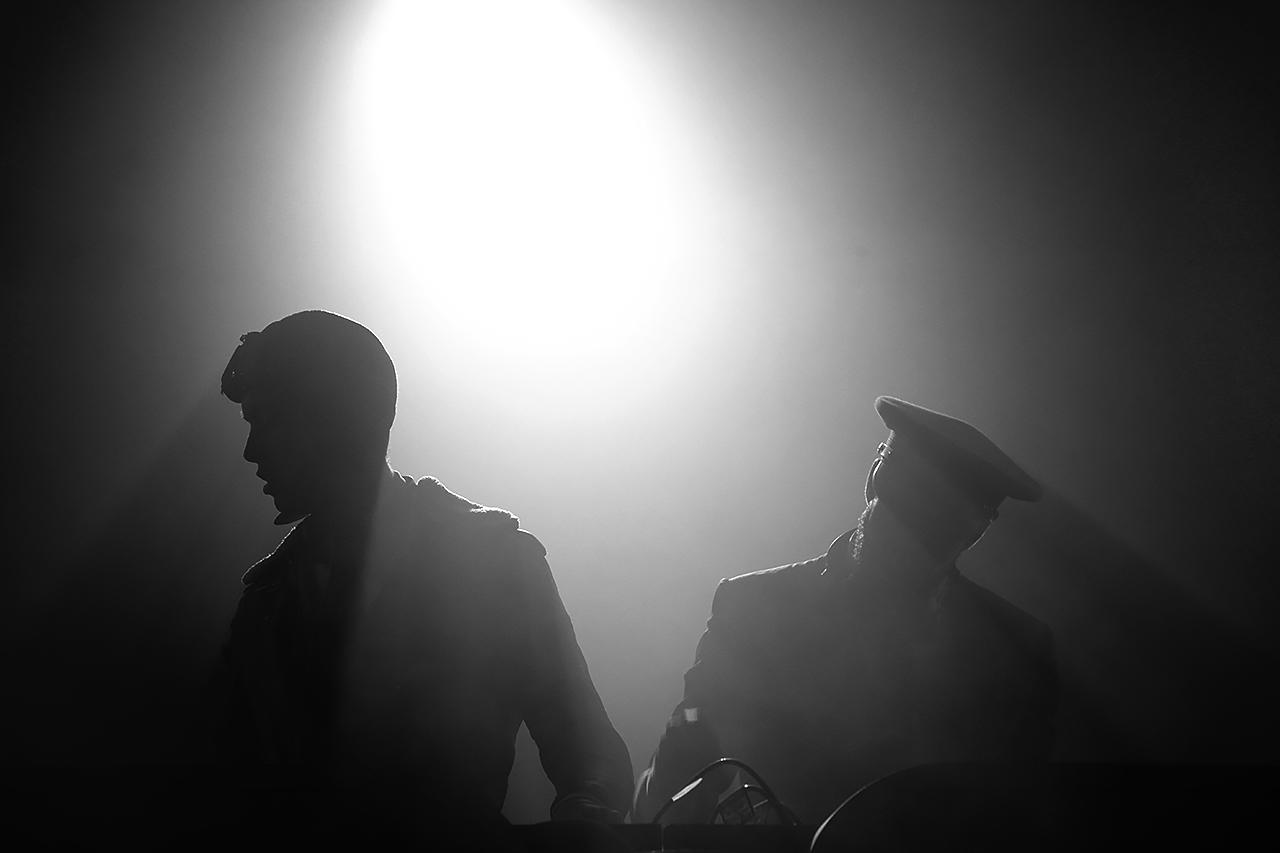
Flight Facilities -
014Wolfmother010
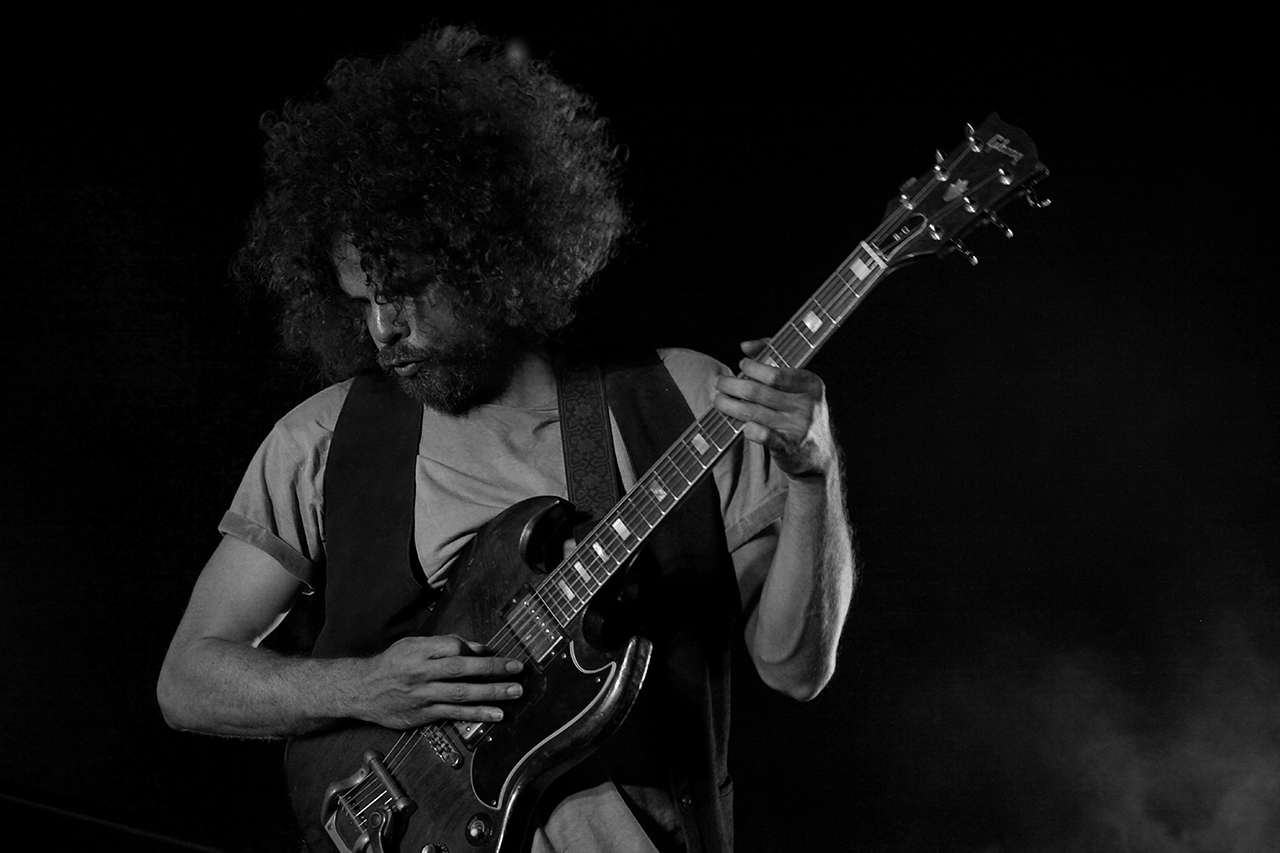
Wolfmother -
014Wolfmother009
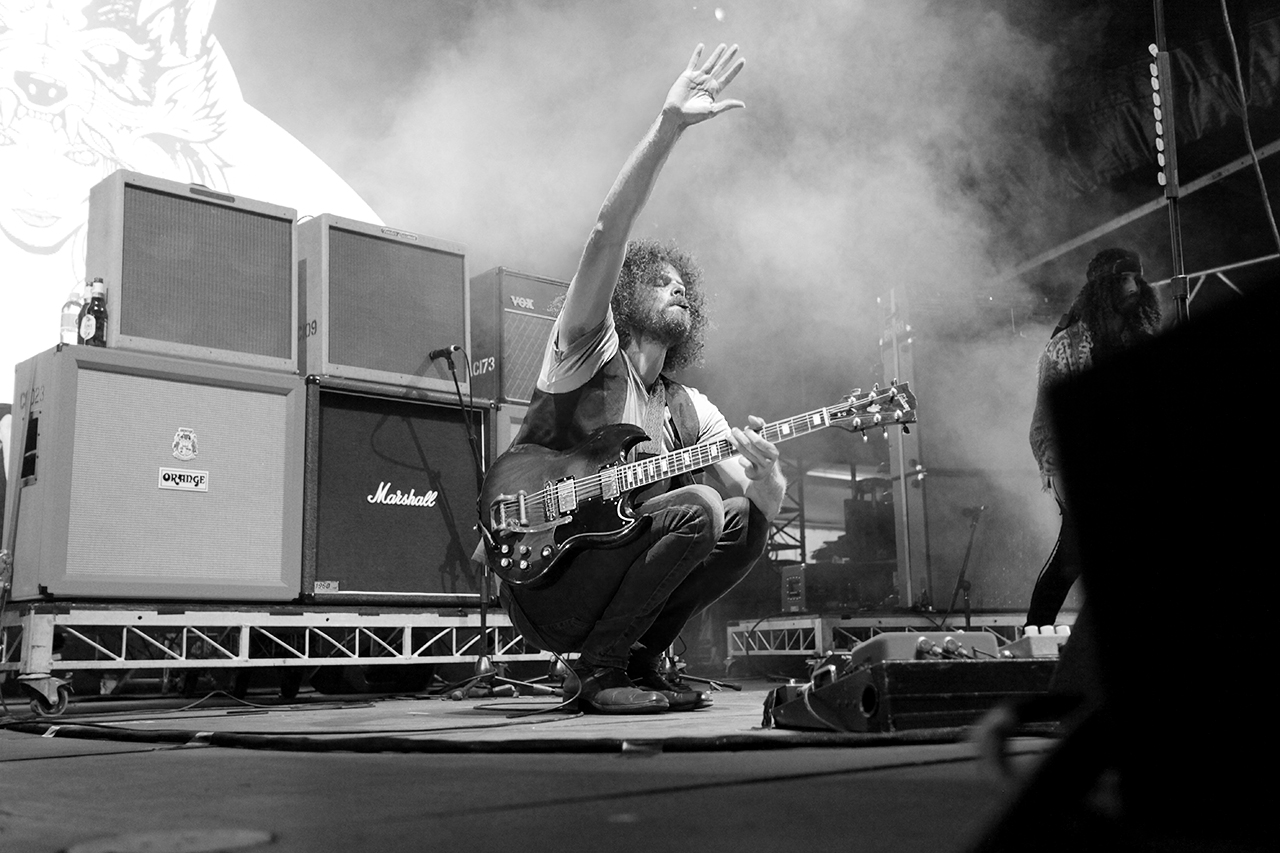
Wolfmother -
014Wolfmother008
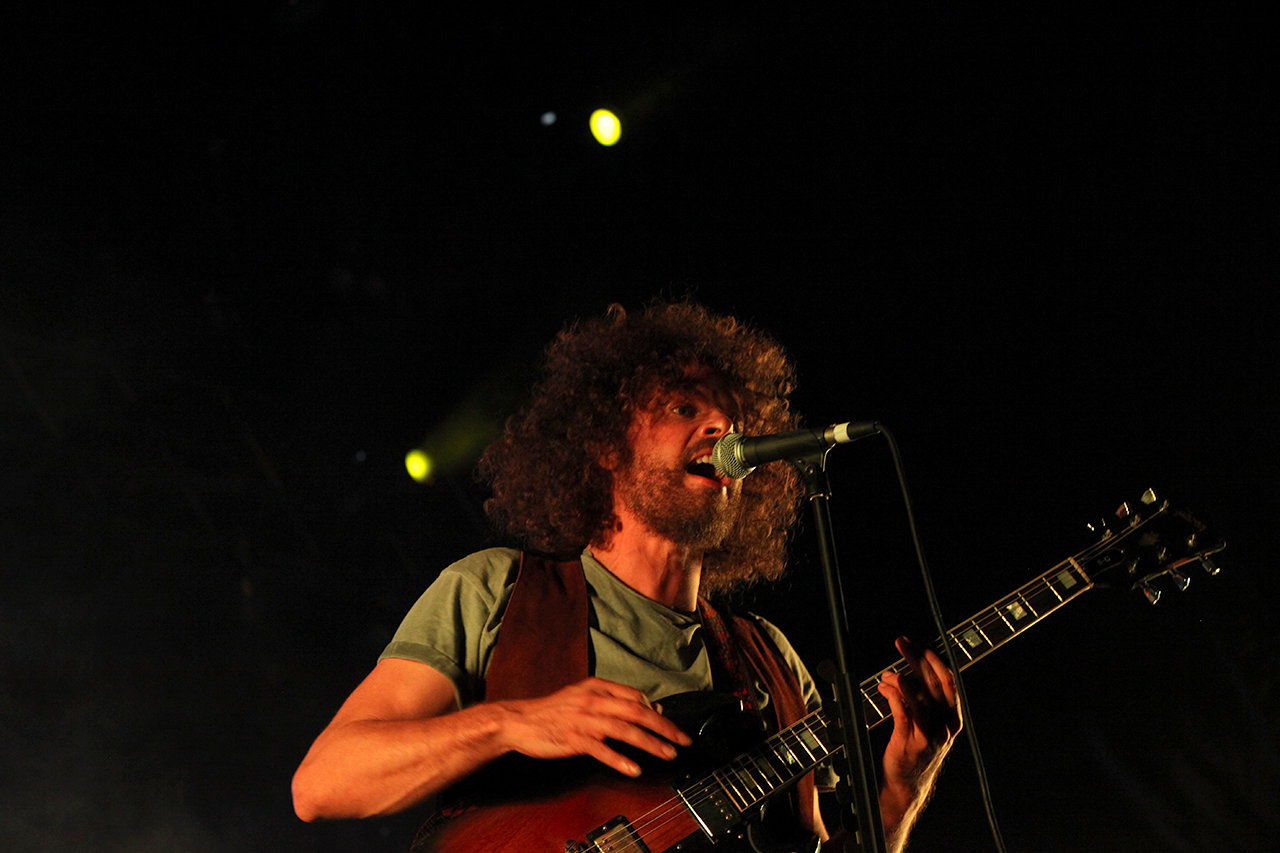
Wolfmother -
014Wolfmother007
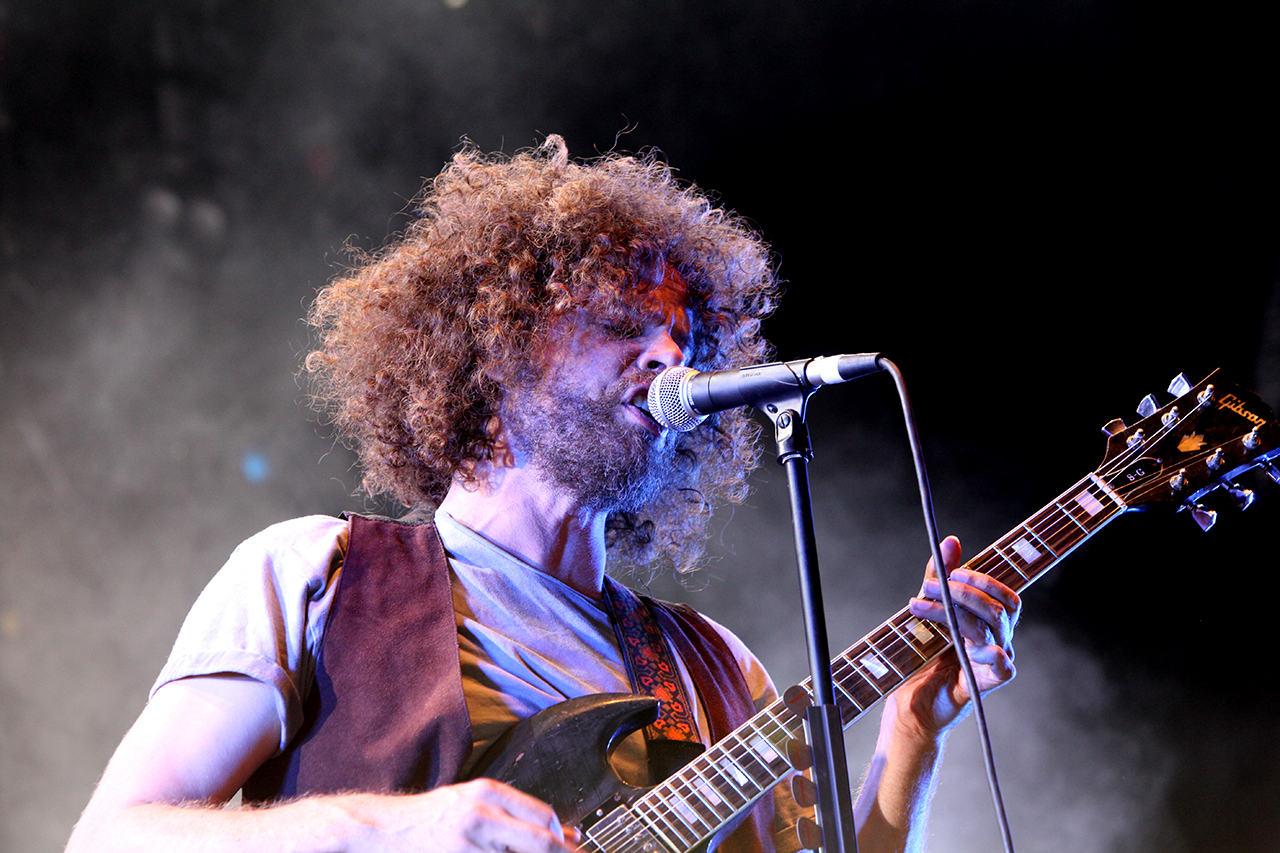
Wolfmother -
014Wolfmother006
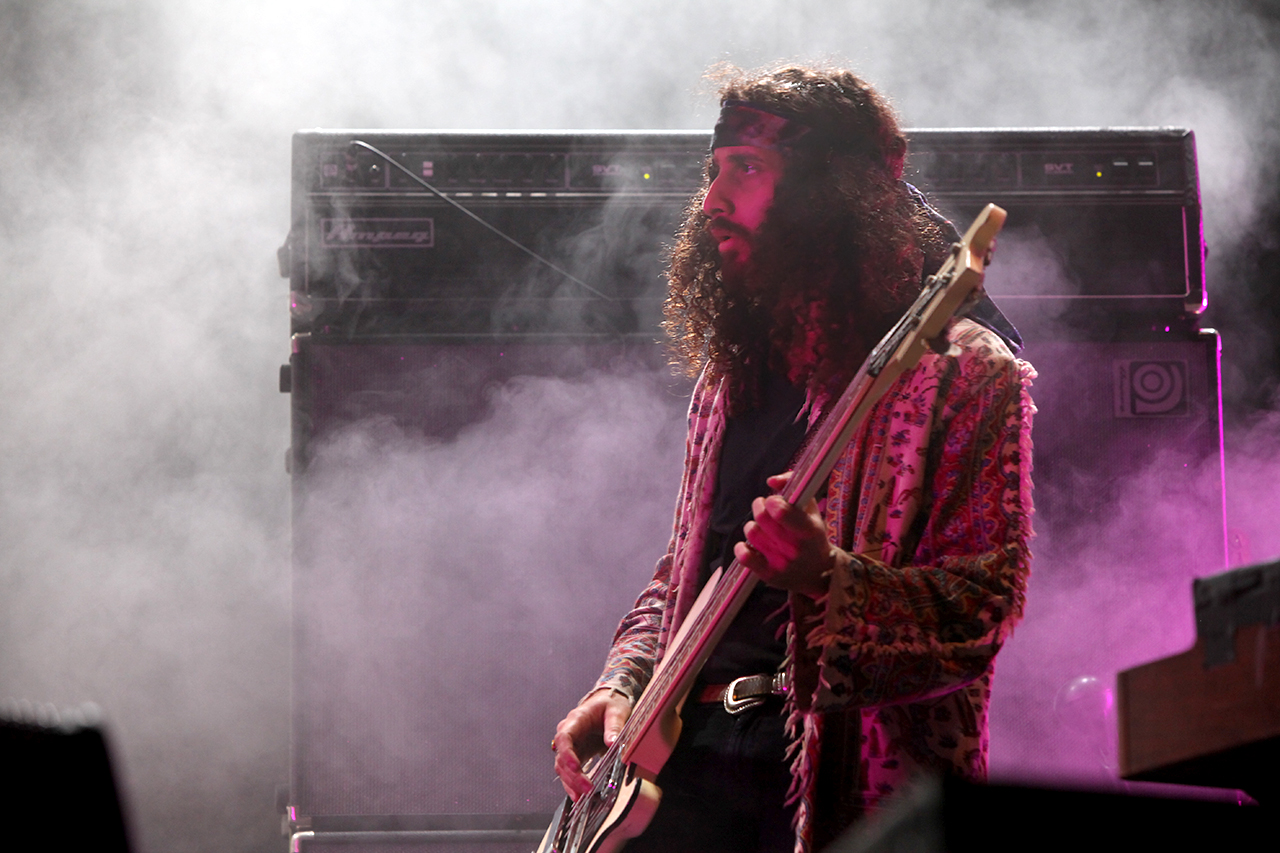
Wolfmother -
014Wolfmother005
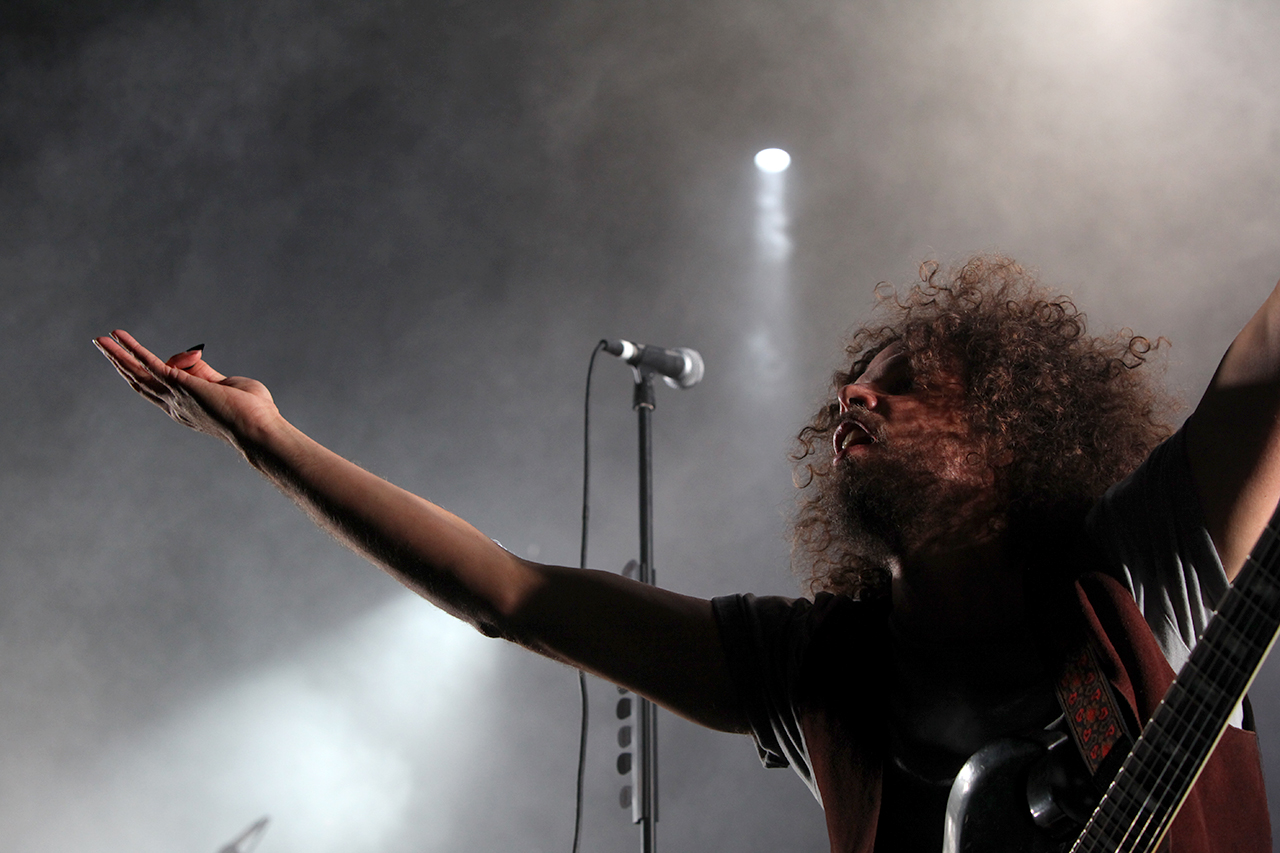
Wolfmother -
014Wolfmother002
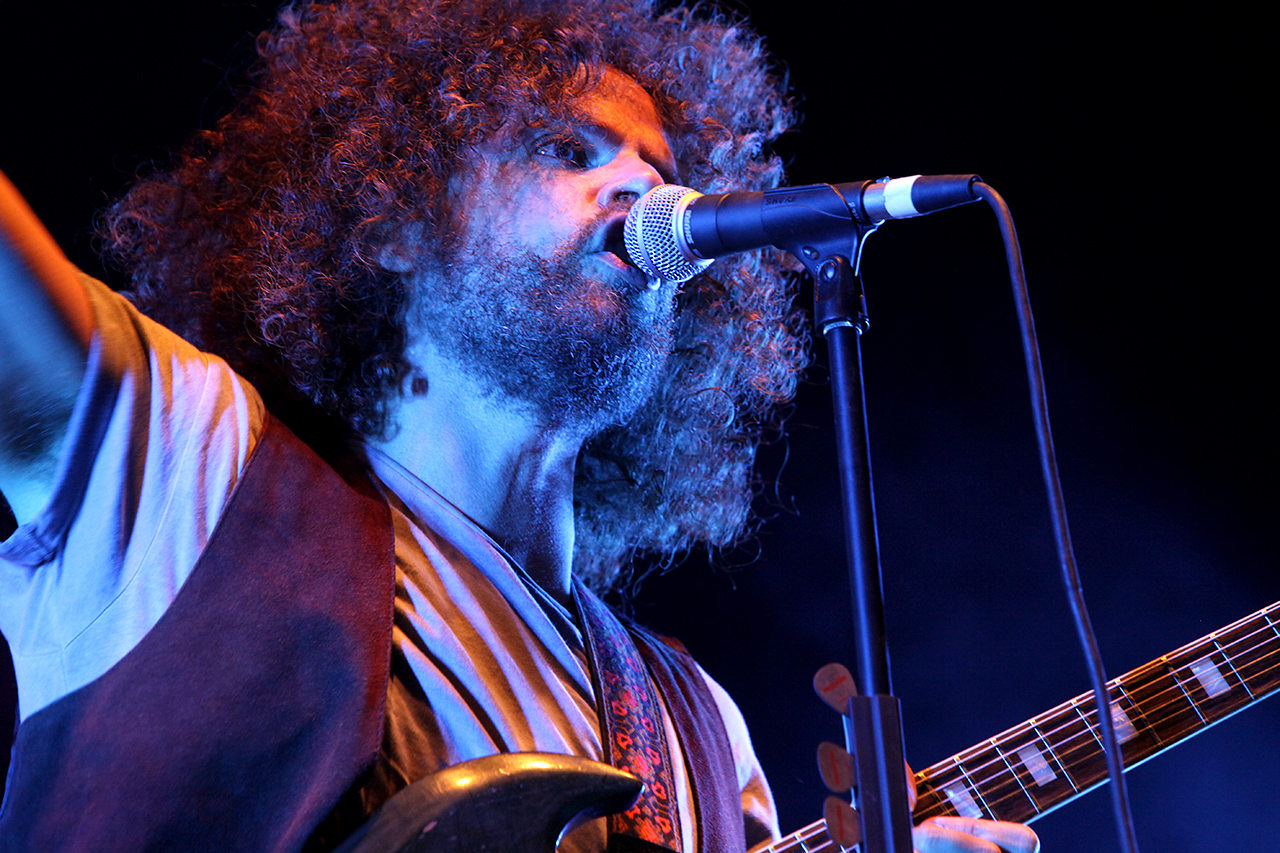
Wolfmother -
014Wolfmother001
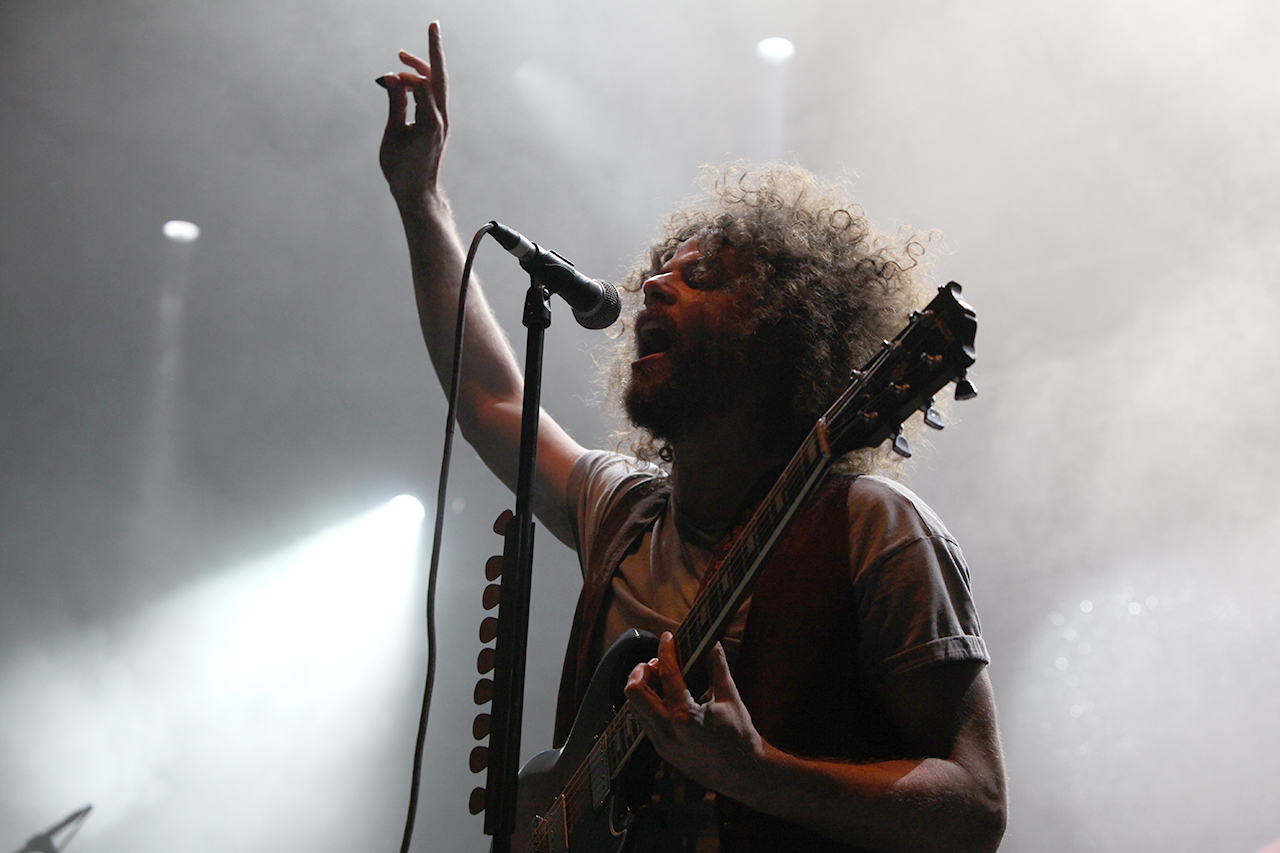
Wolfmother -
013CharliXCX012
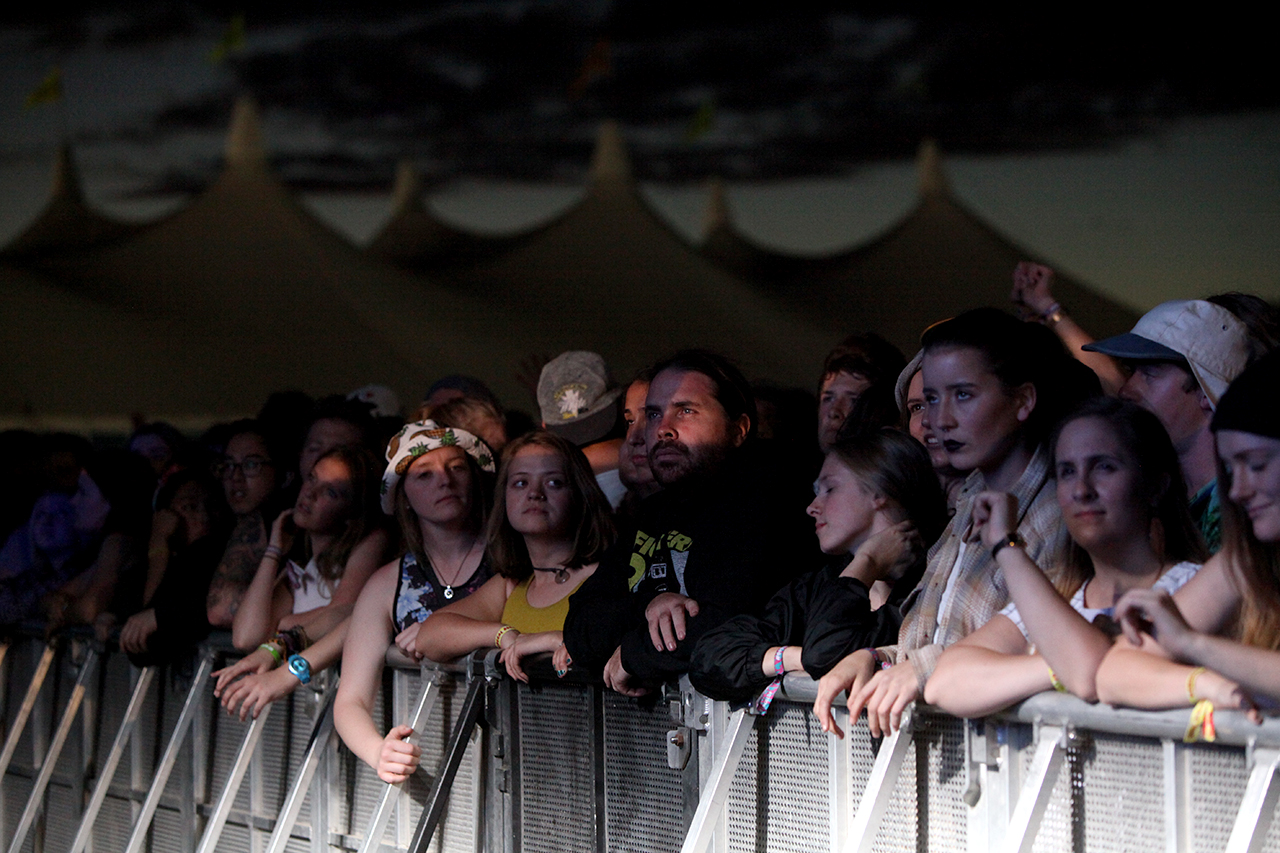
-
013CharliXCX011
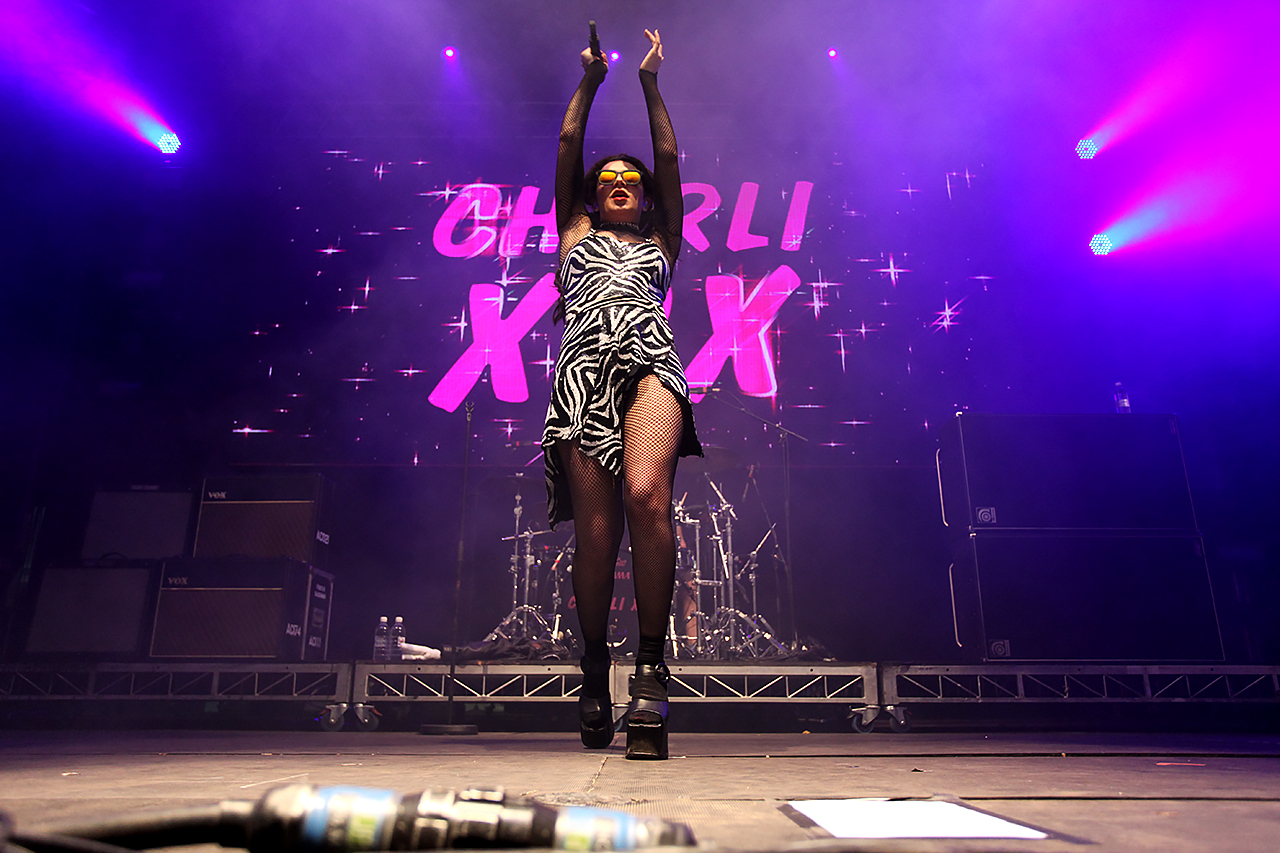
Charli XCX -
013CharliXCX010
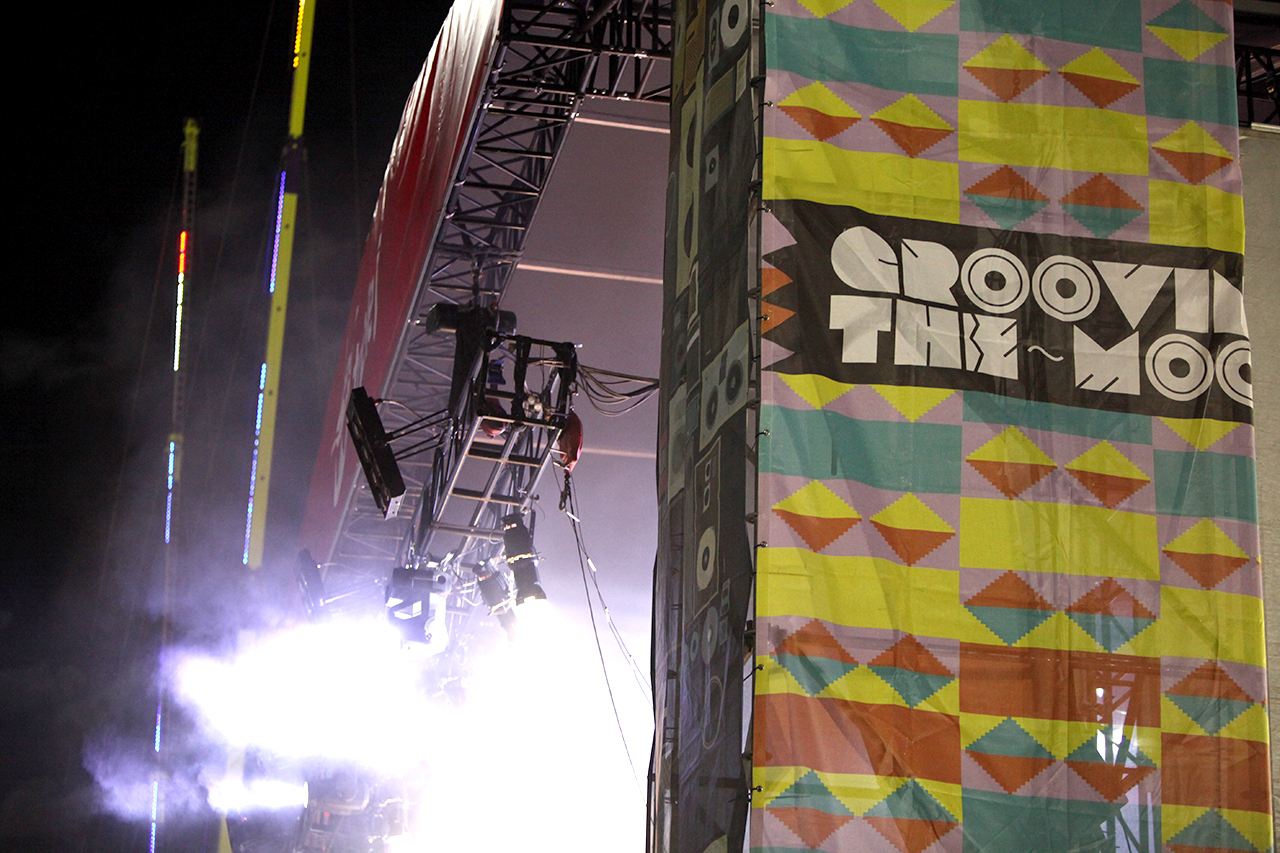
-
013CharliXCX009
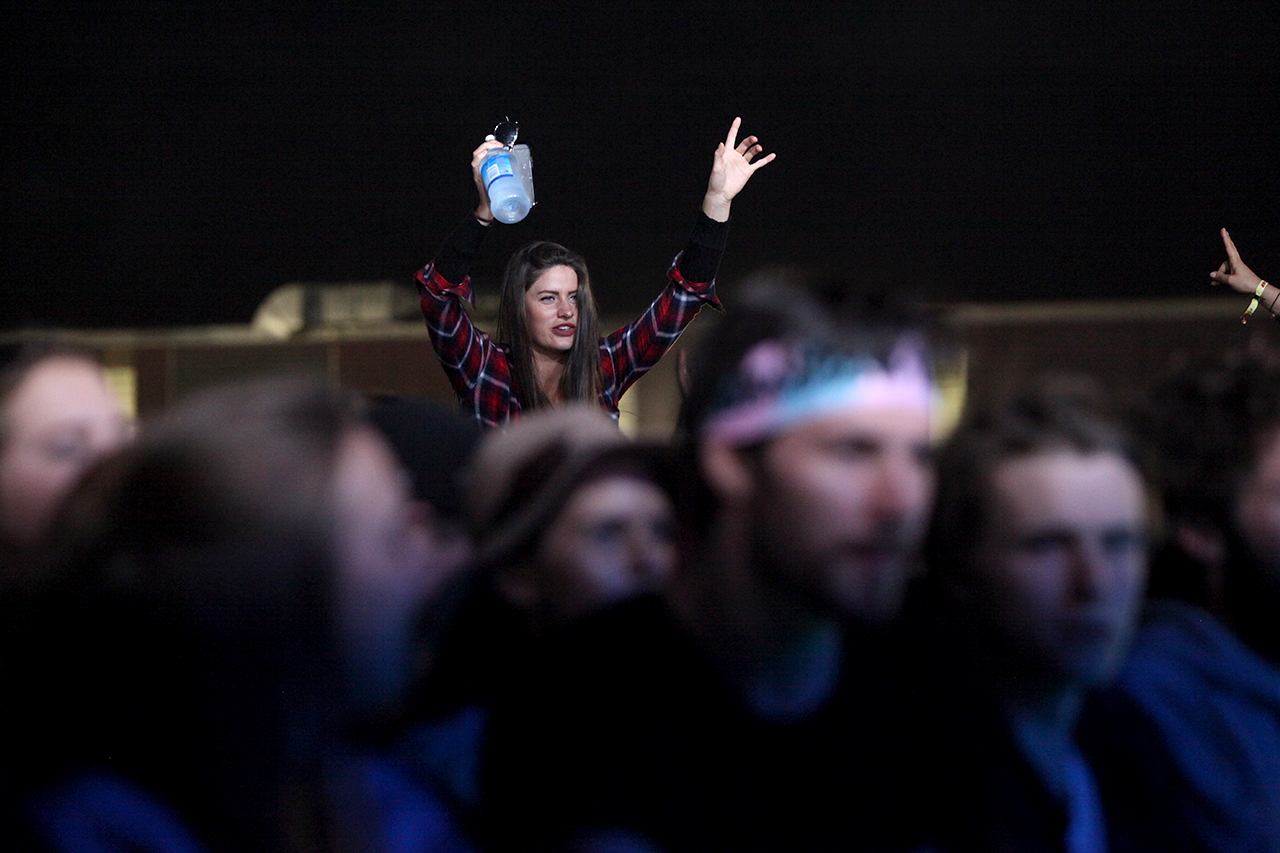
-
013CharliXCX008
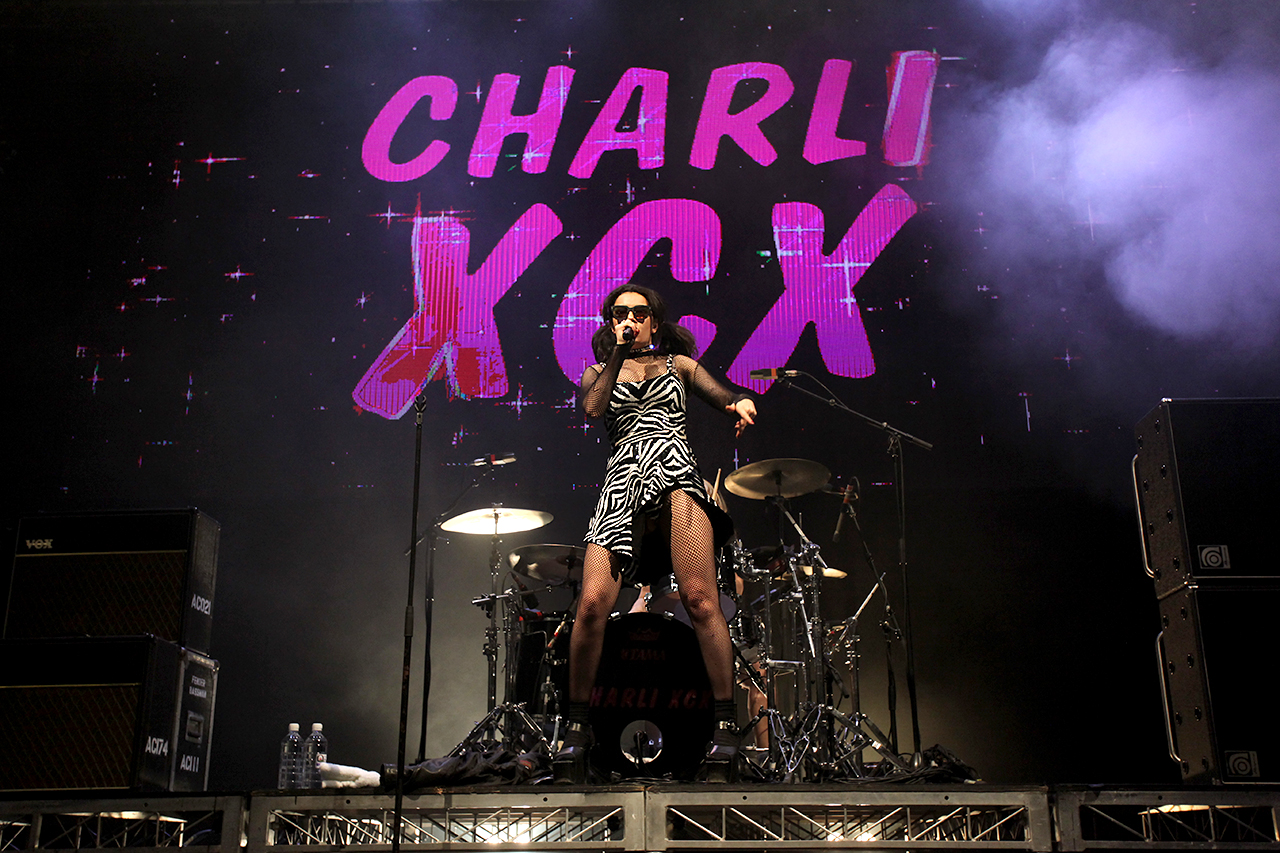
Charli XCX -
013CharliXCX007
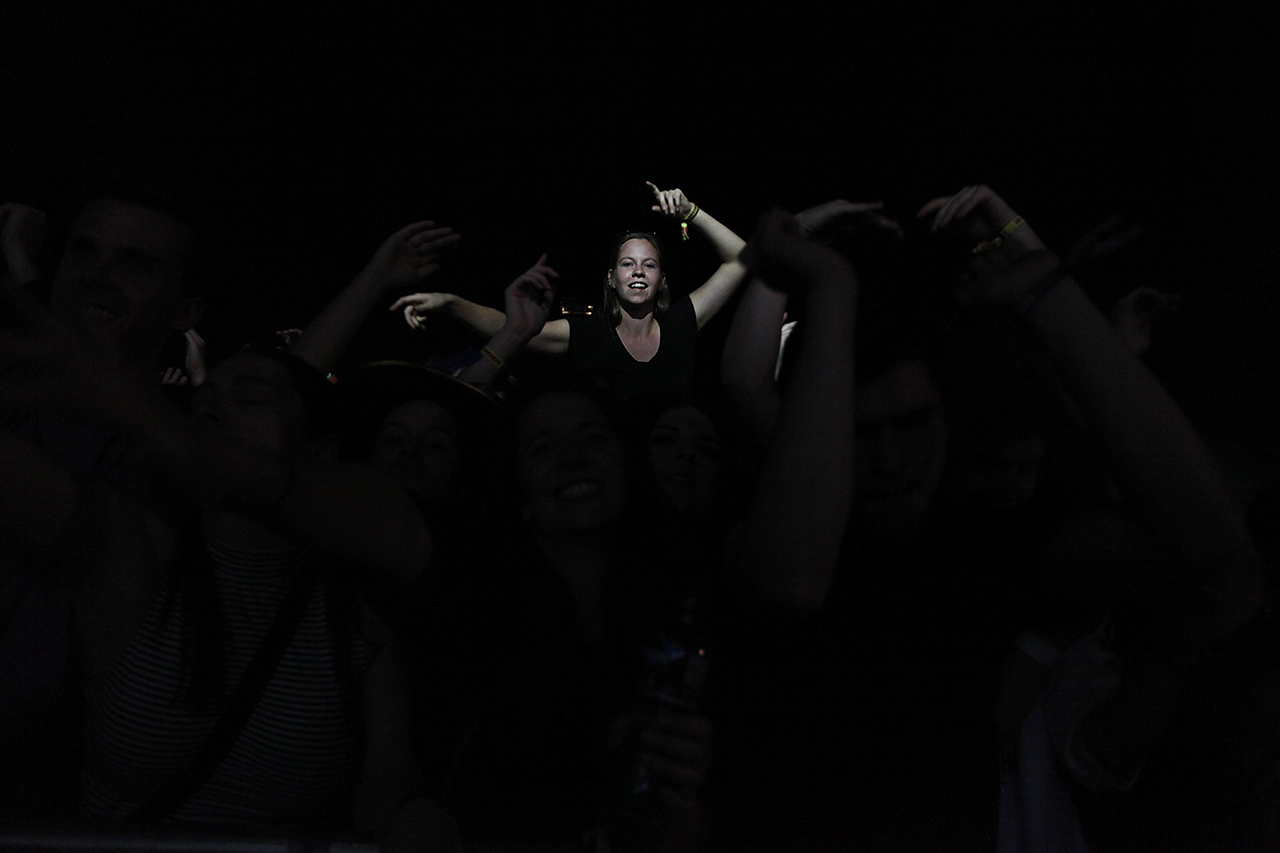
Charli XCX -
013CharliXCX006
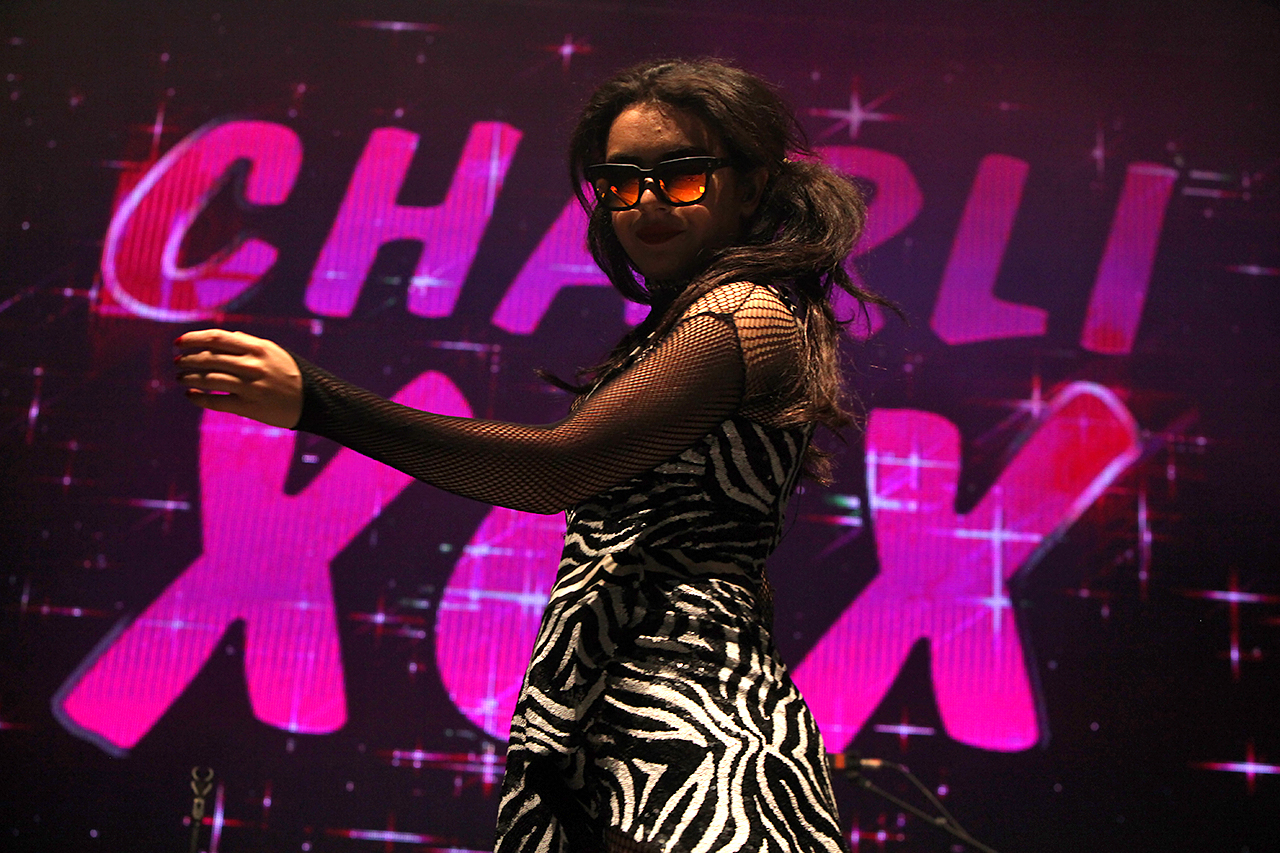
Charli XCX -
013CharliXCX005
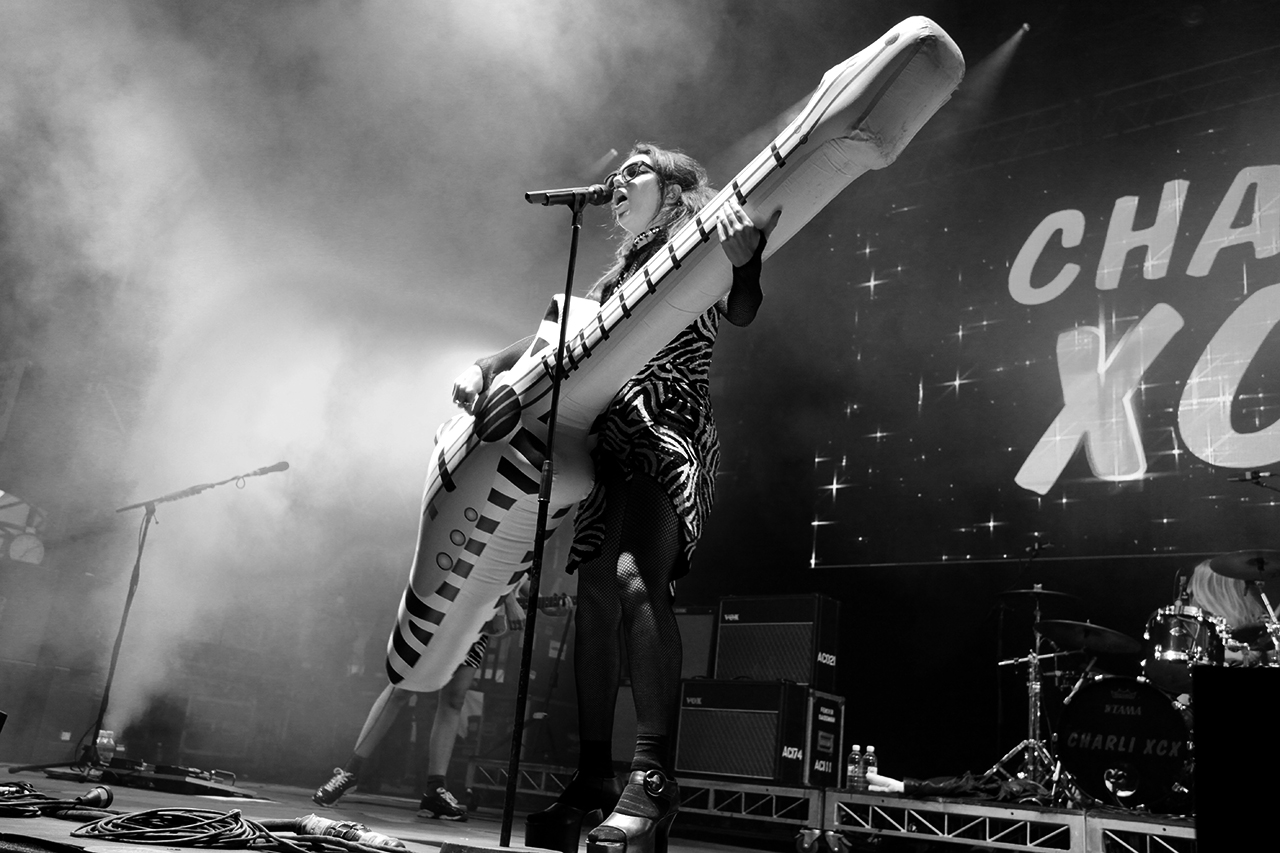
Charli XCX -
013CharliXCX004
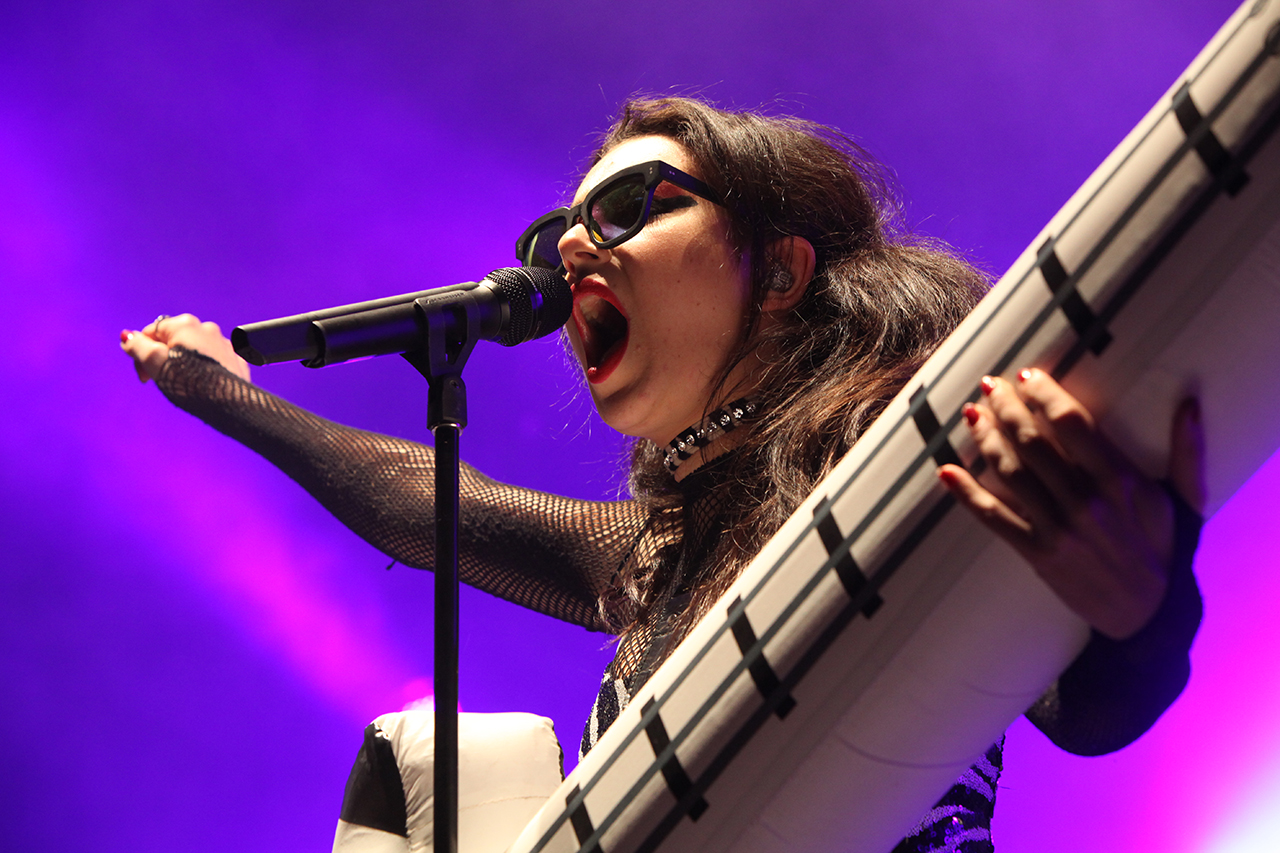
Charli XCX -
013CharliXCX003
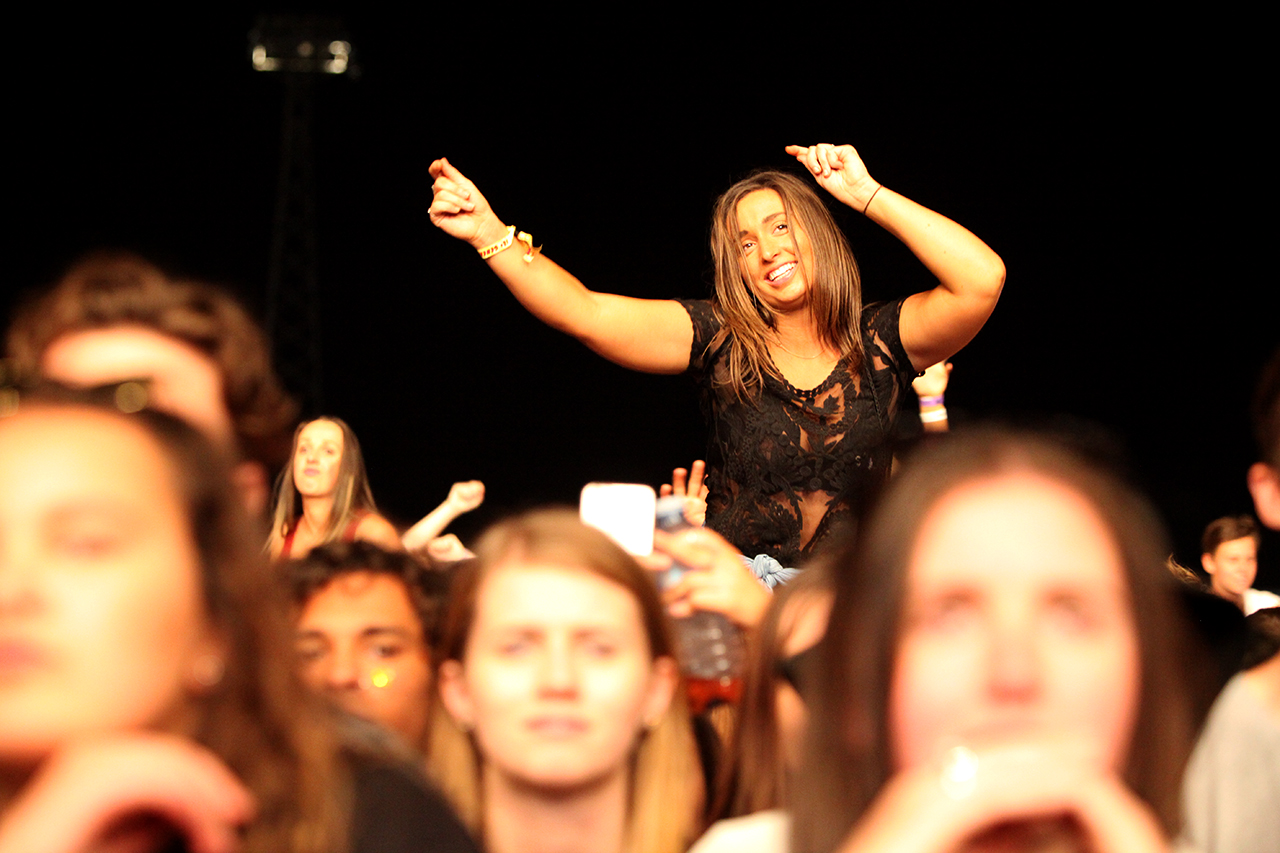
-
013CharliXCX002
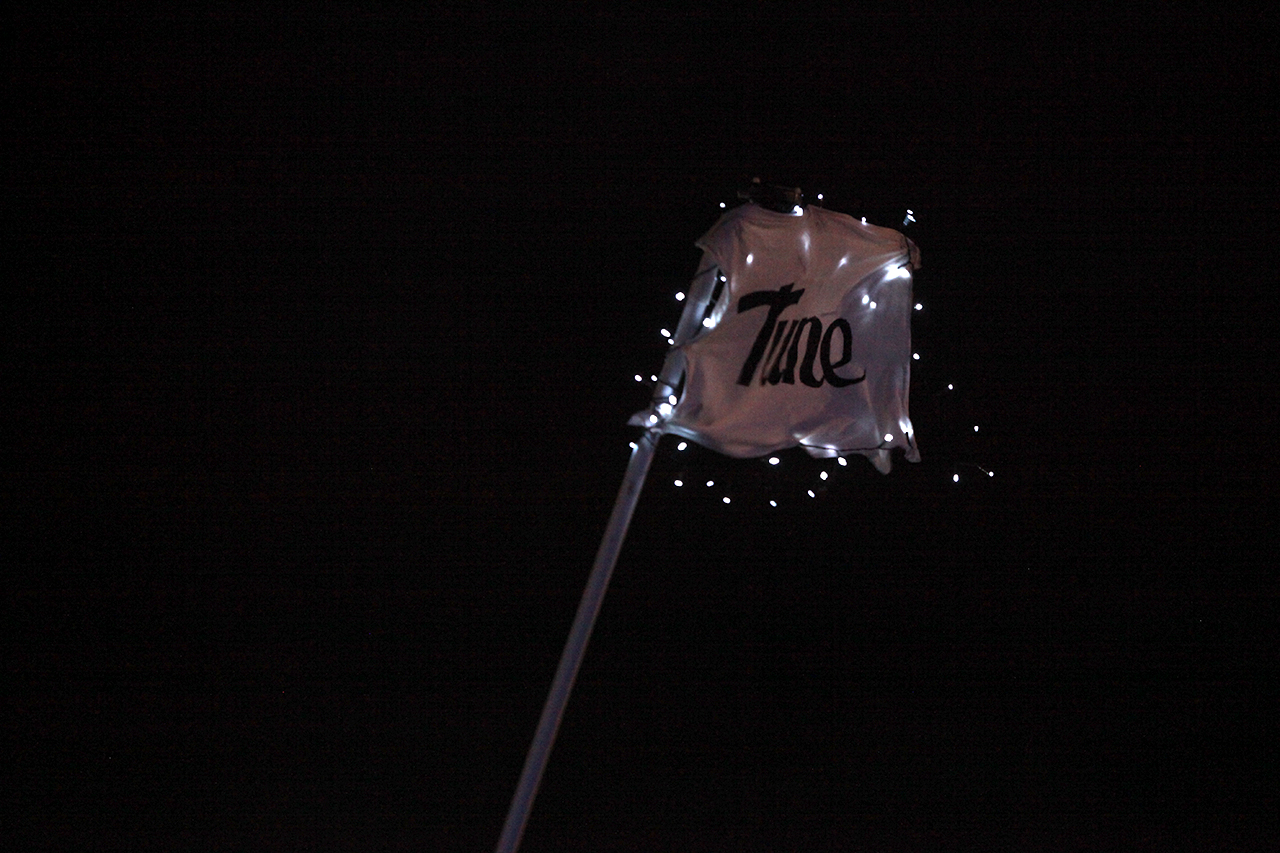
-
013CharliXCX001
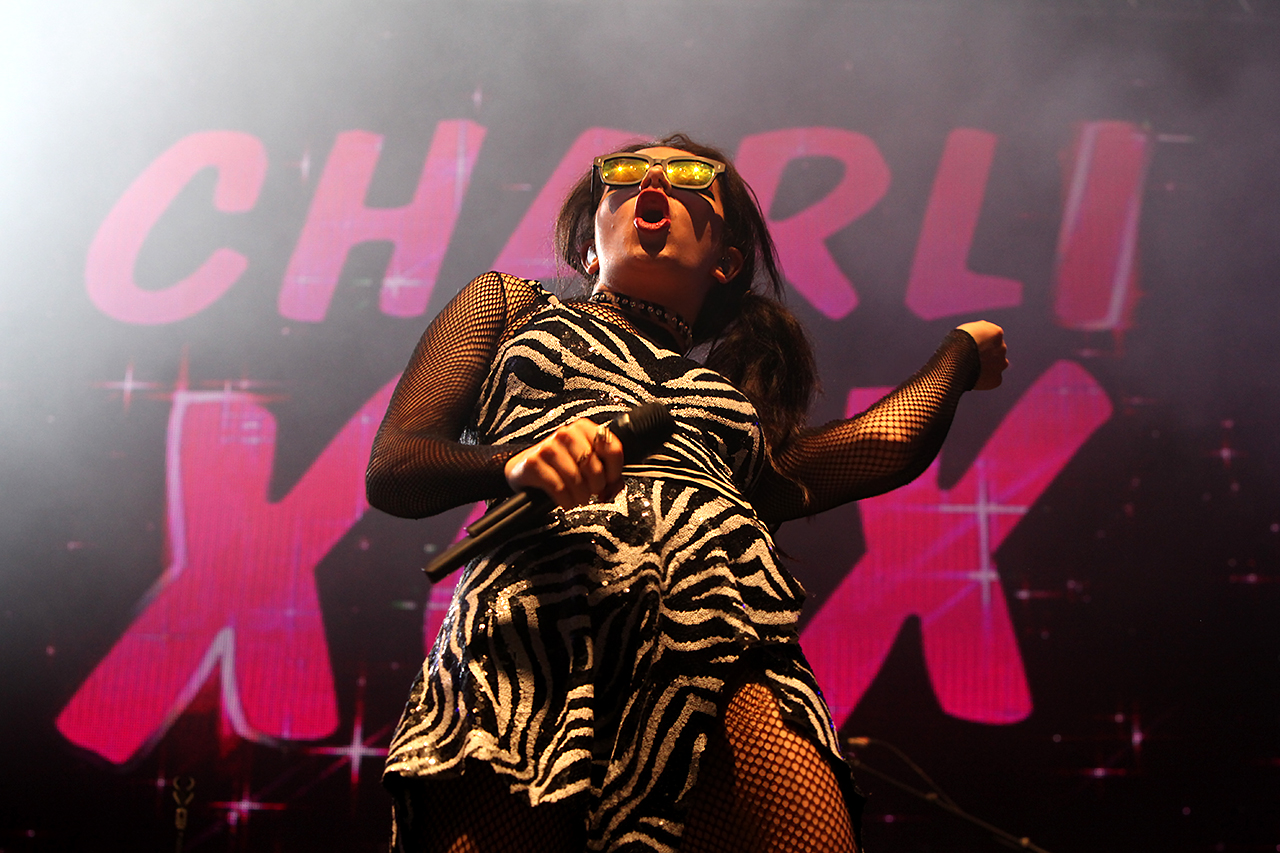
Charli XCX -
012HotDubTImeMachine007
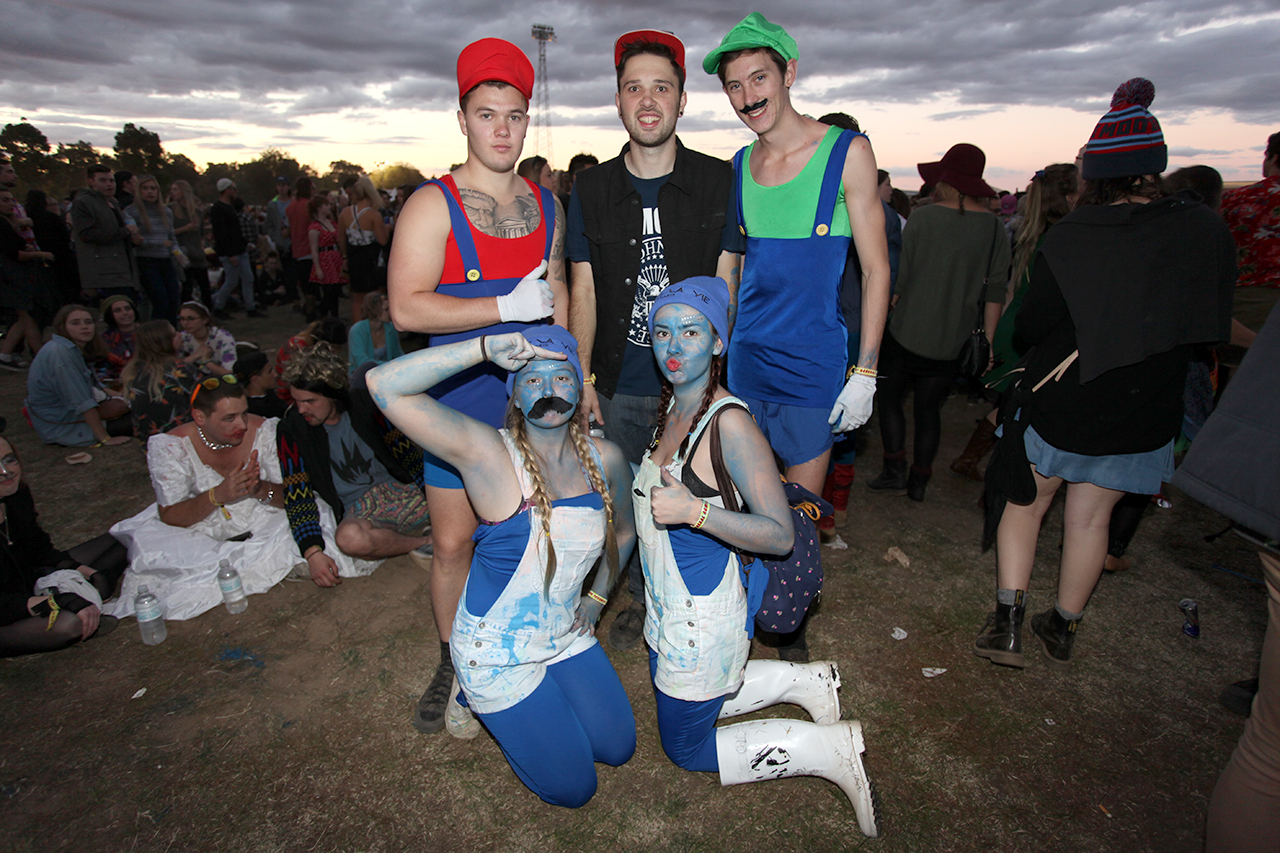
-
012HotDubTImeMachine006
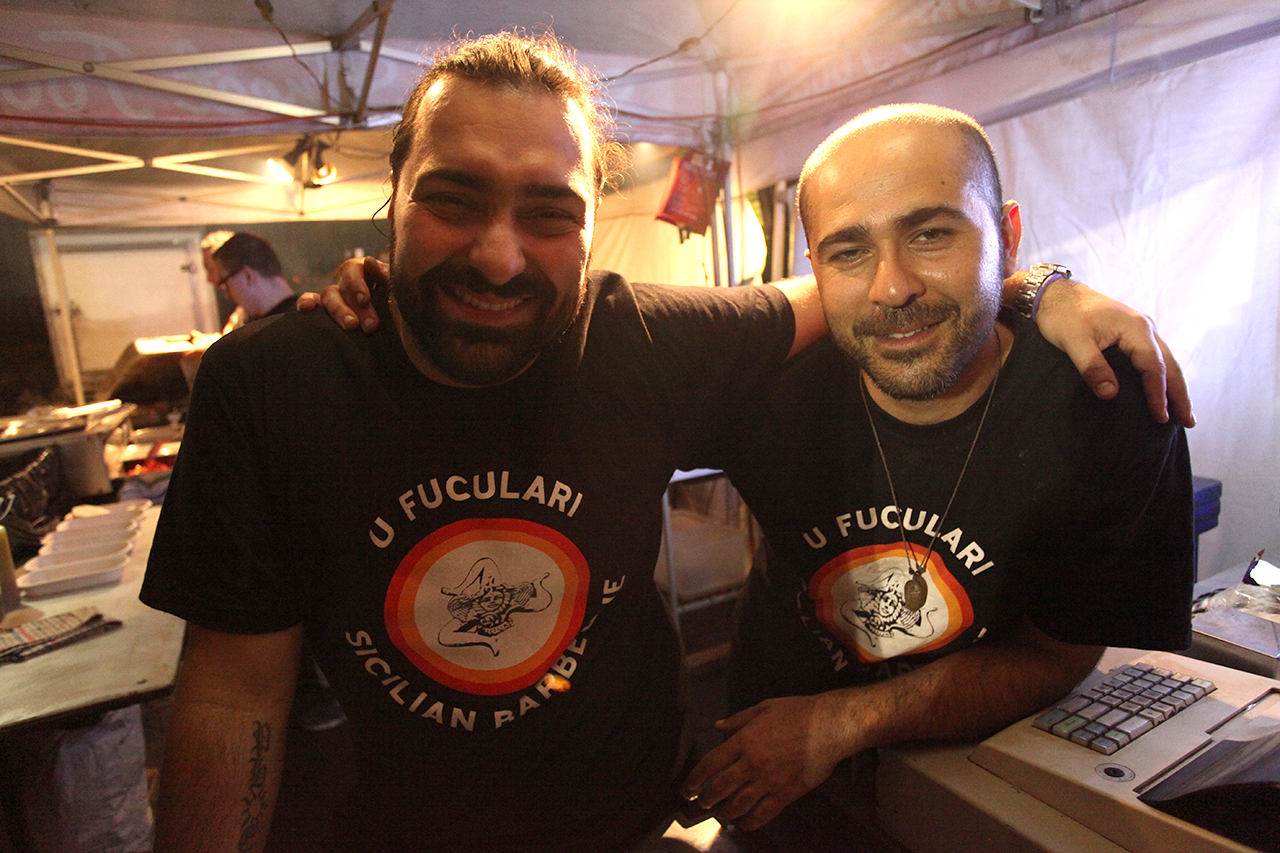
-
012HotDubTImeMachine005
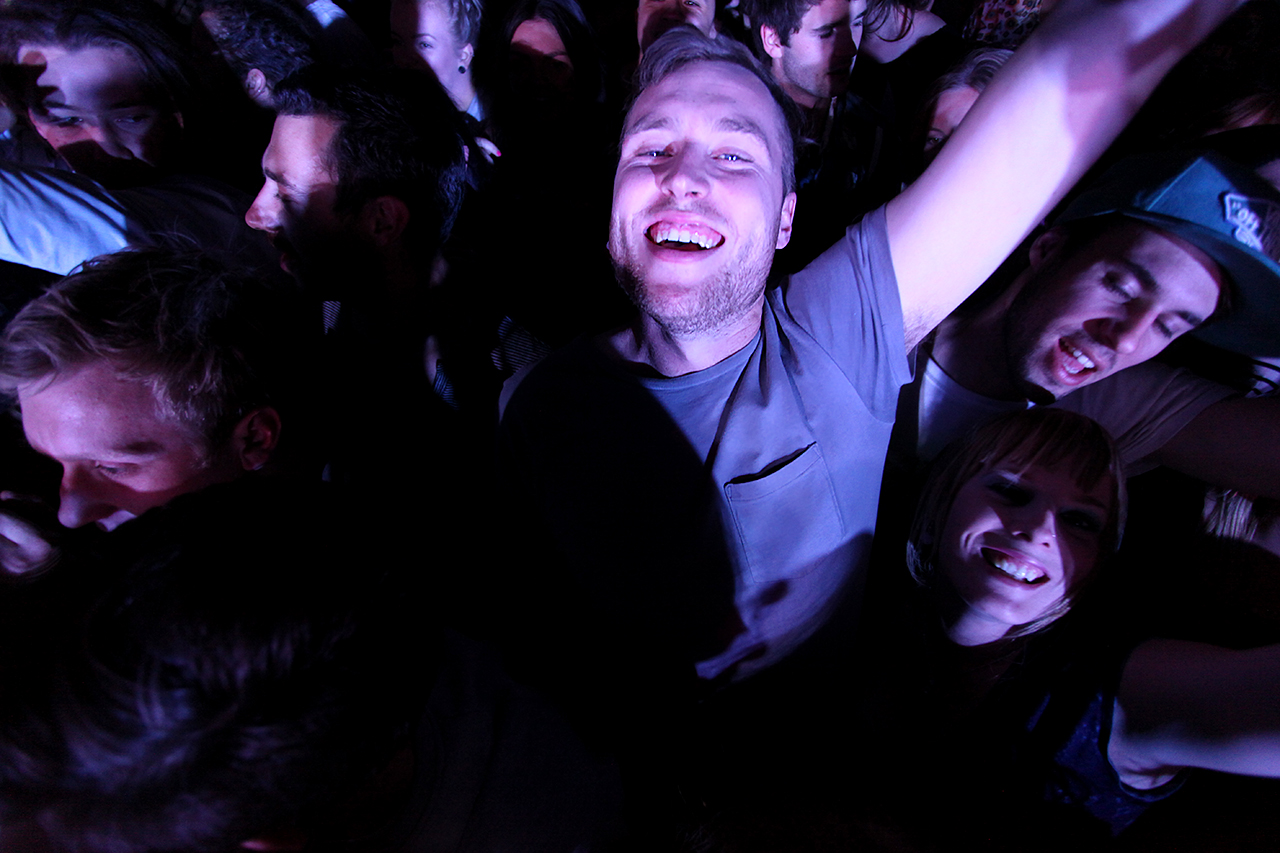
-
012HotDubTImeMachine004
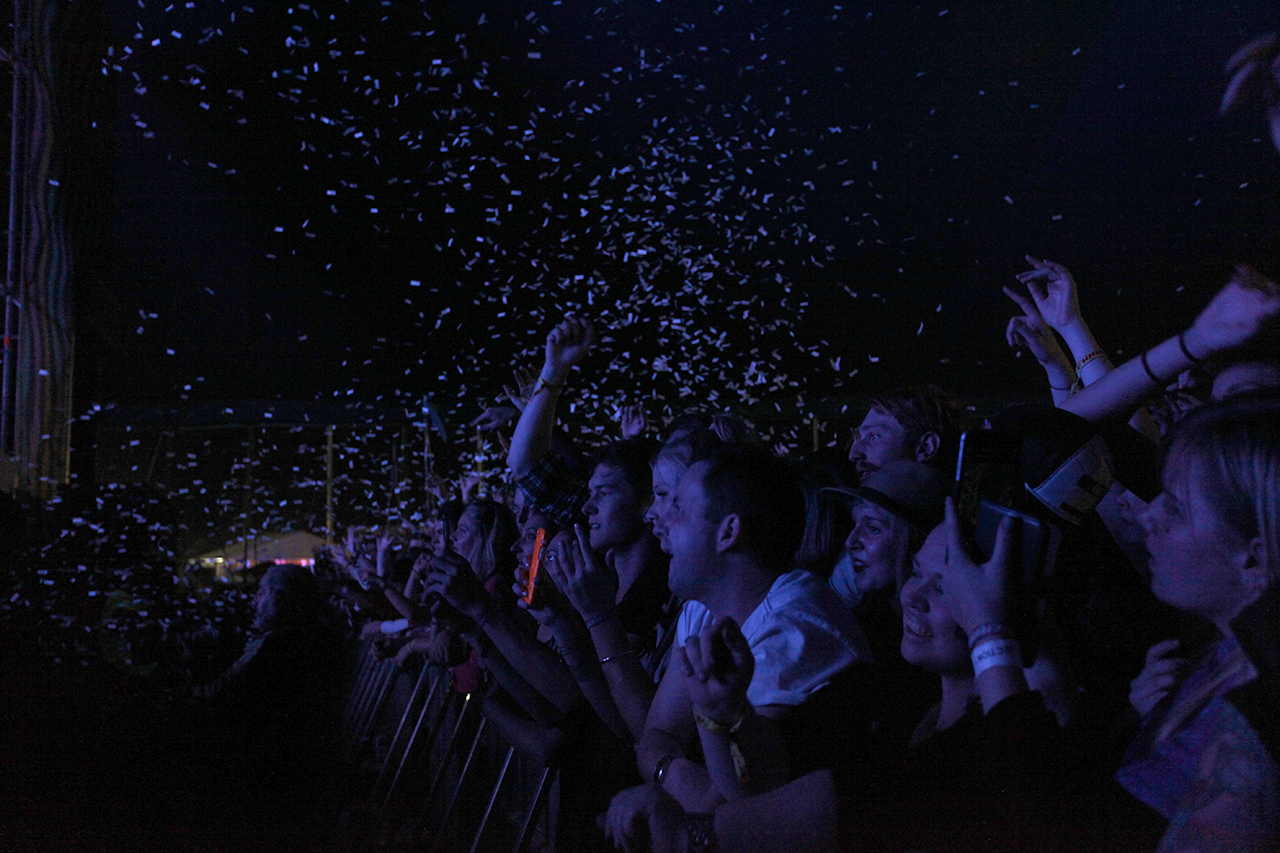
-
012HotDubTImeMachine003
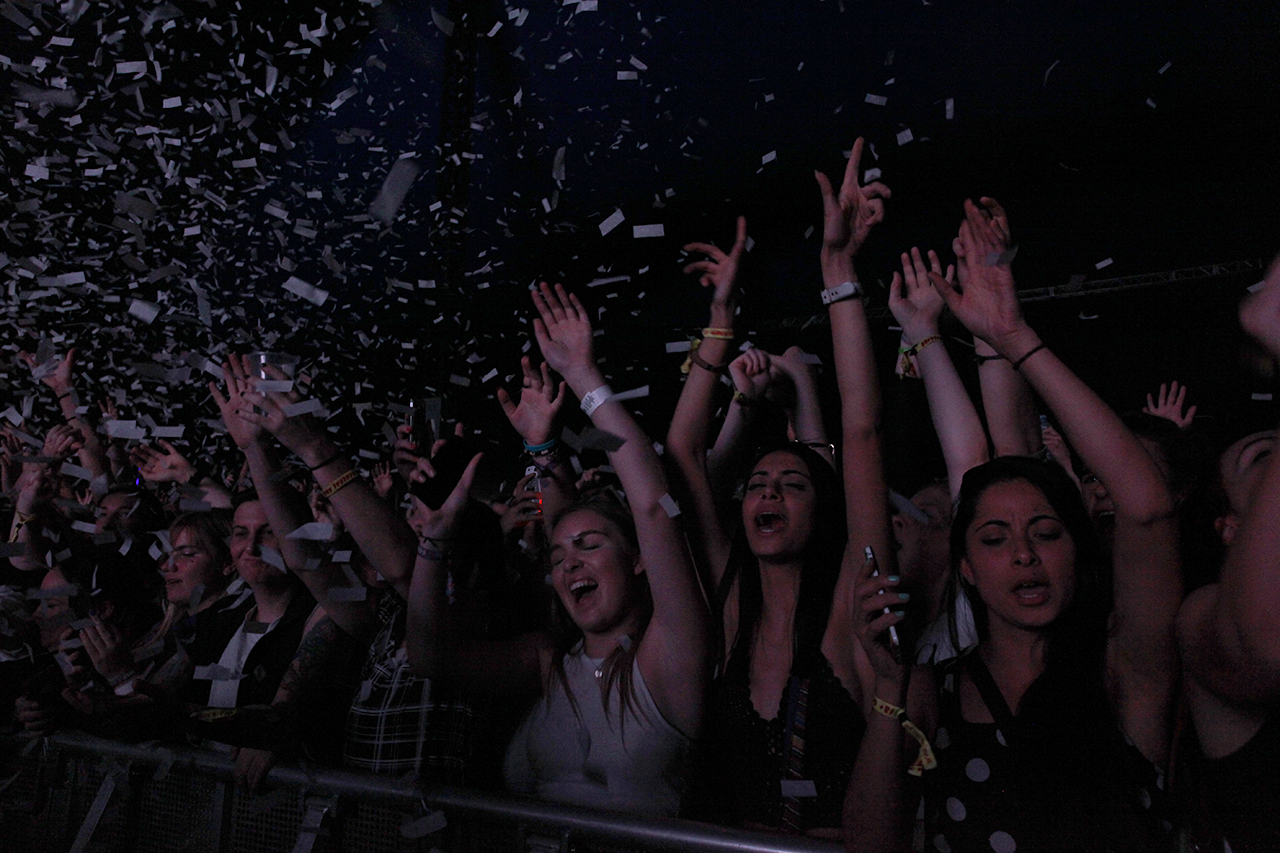
-
012HotDubTImeMachine002
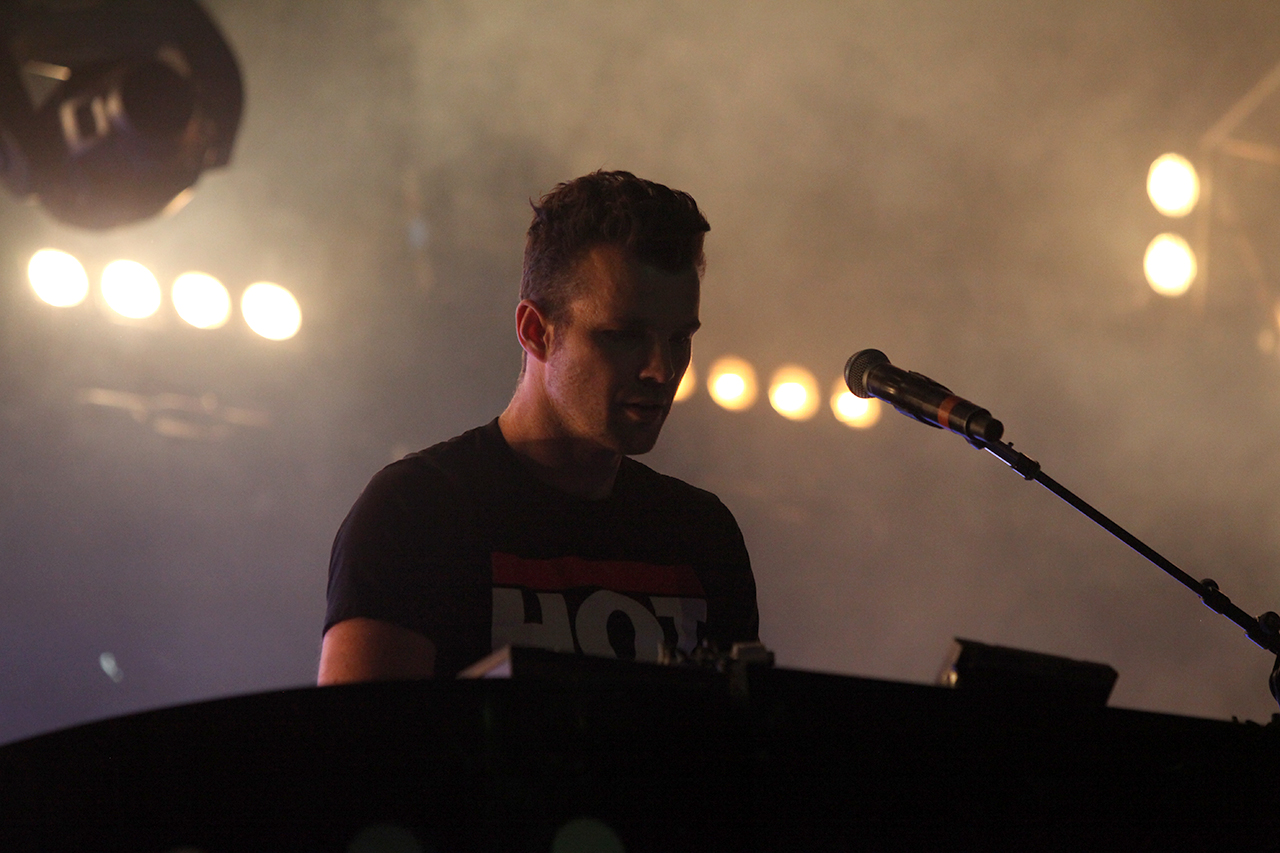
Hot Dub Time Machine -
012HotDubTImeMachine001
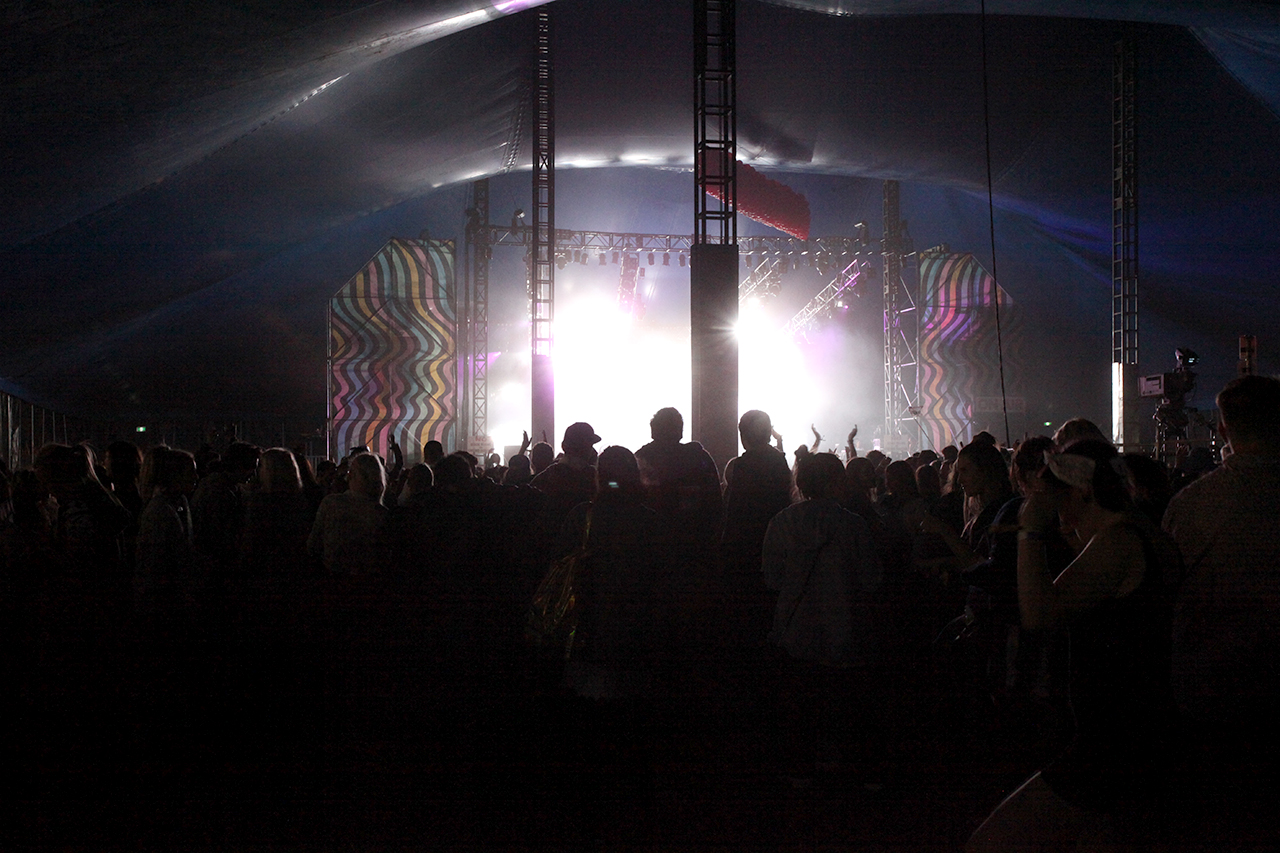
Hot Dub Time Machine -
011Hermitude006
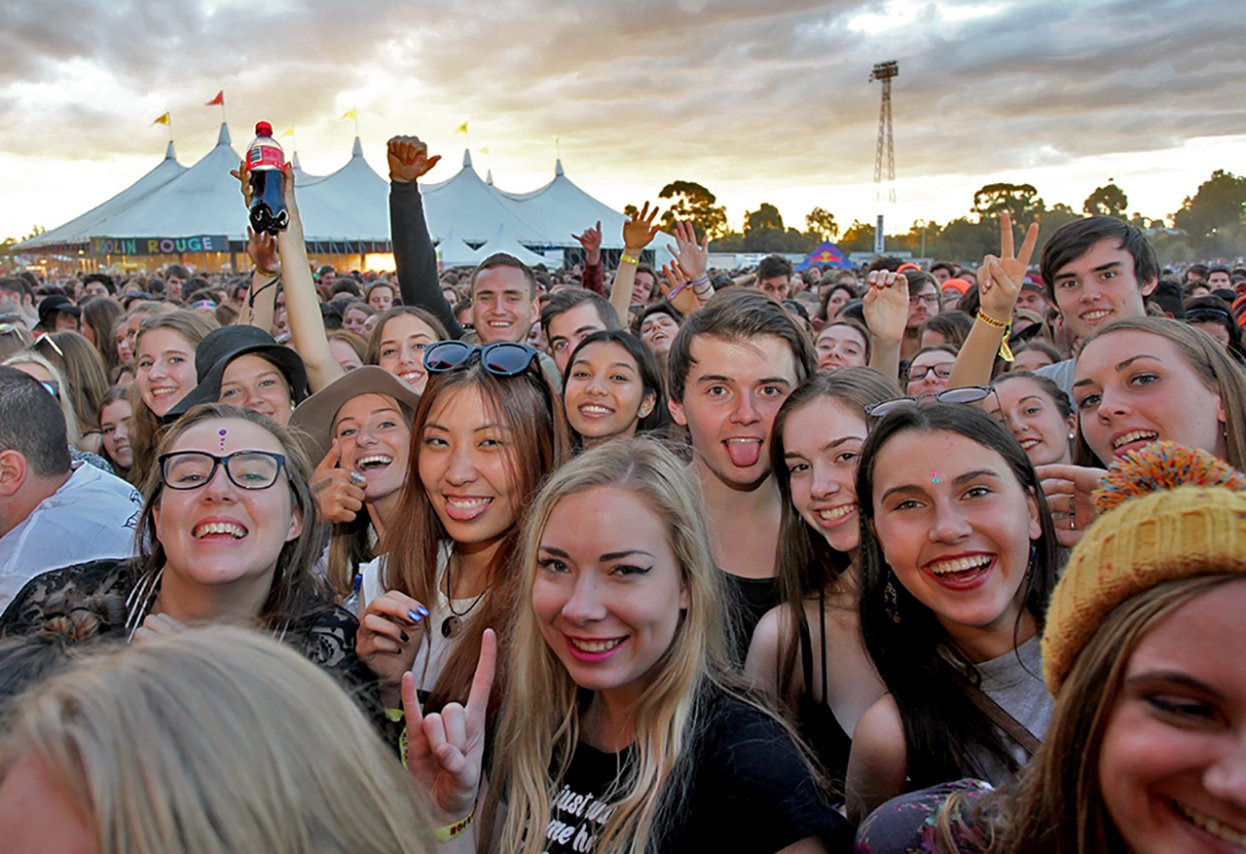
-
011Hermitude005
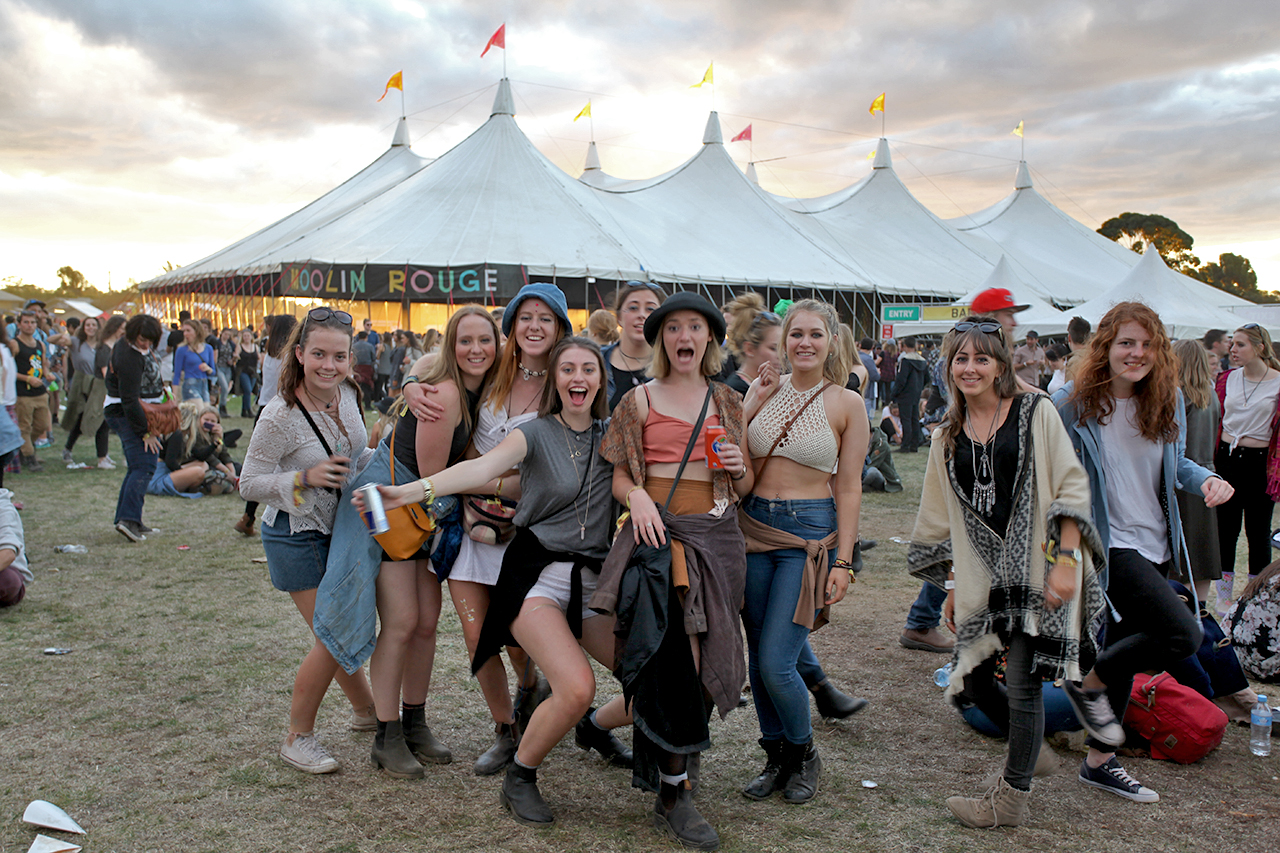
-
011Hermitude004
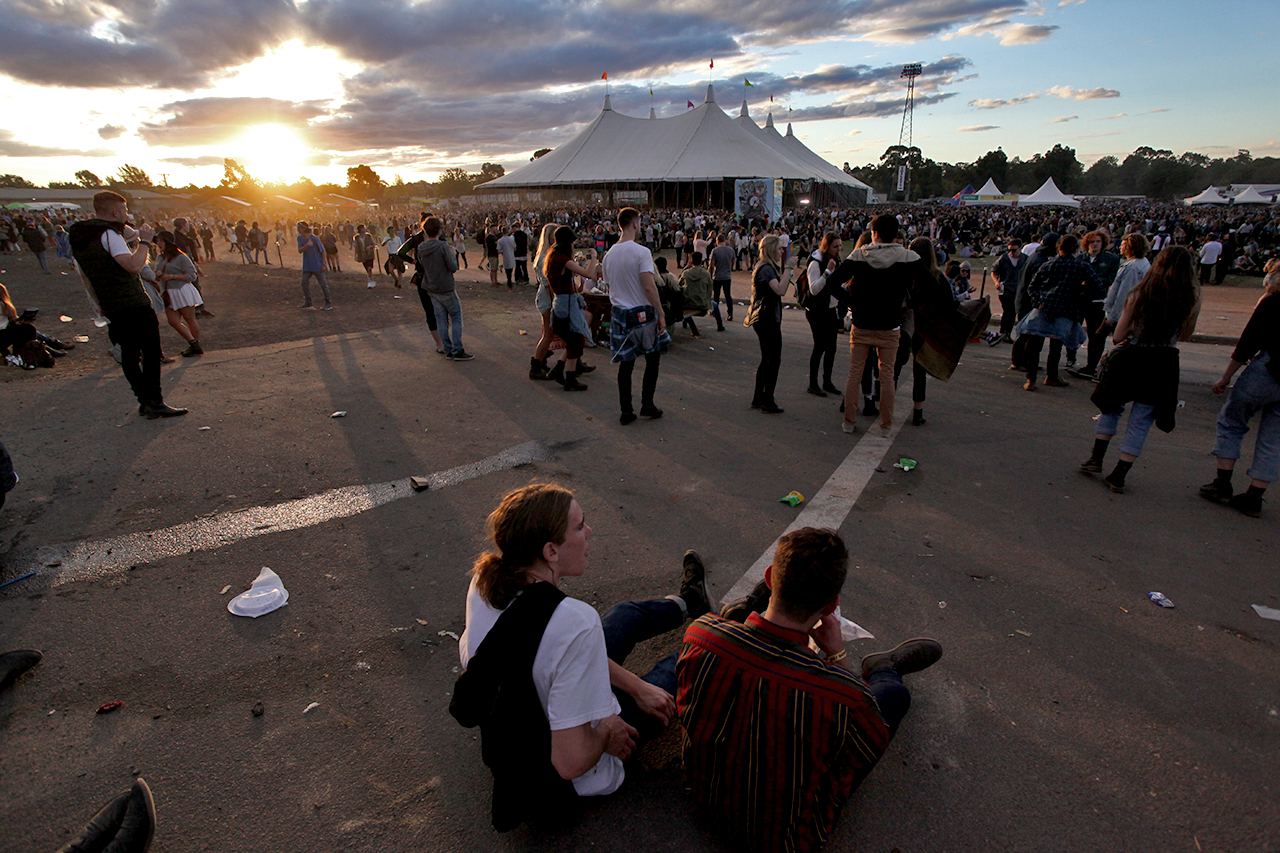
-
011Hermitude003
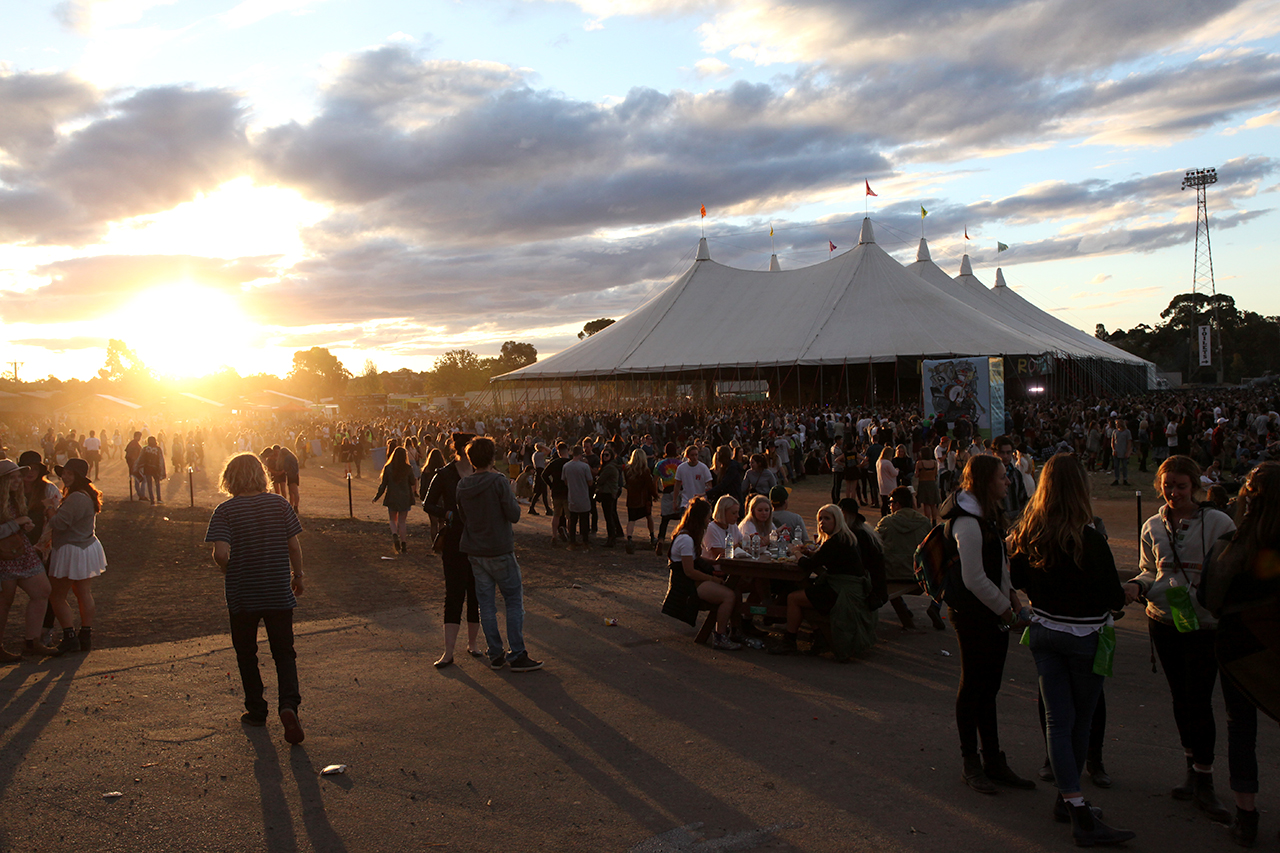
-
011Hermitude002
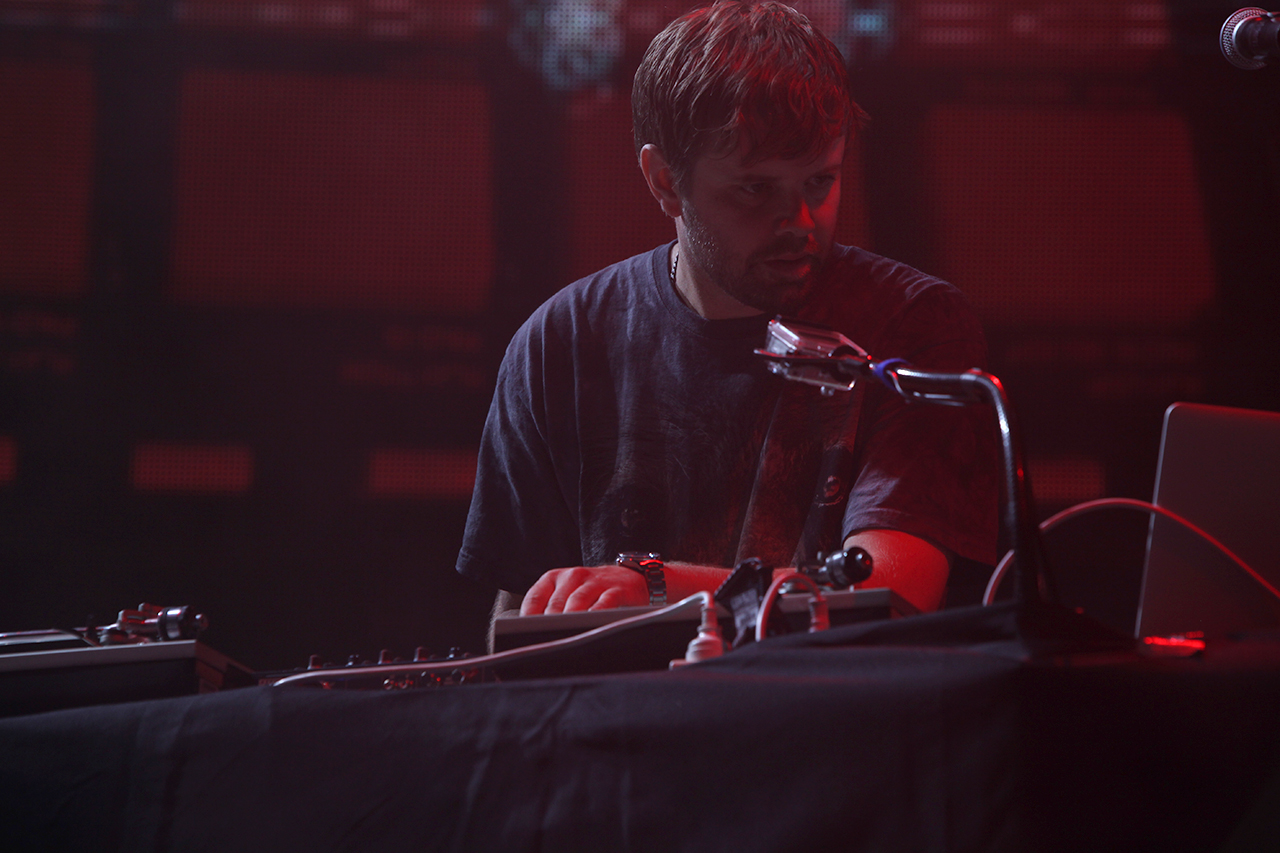
Hermitude -
011Hermitude001
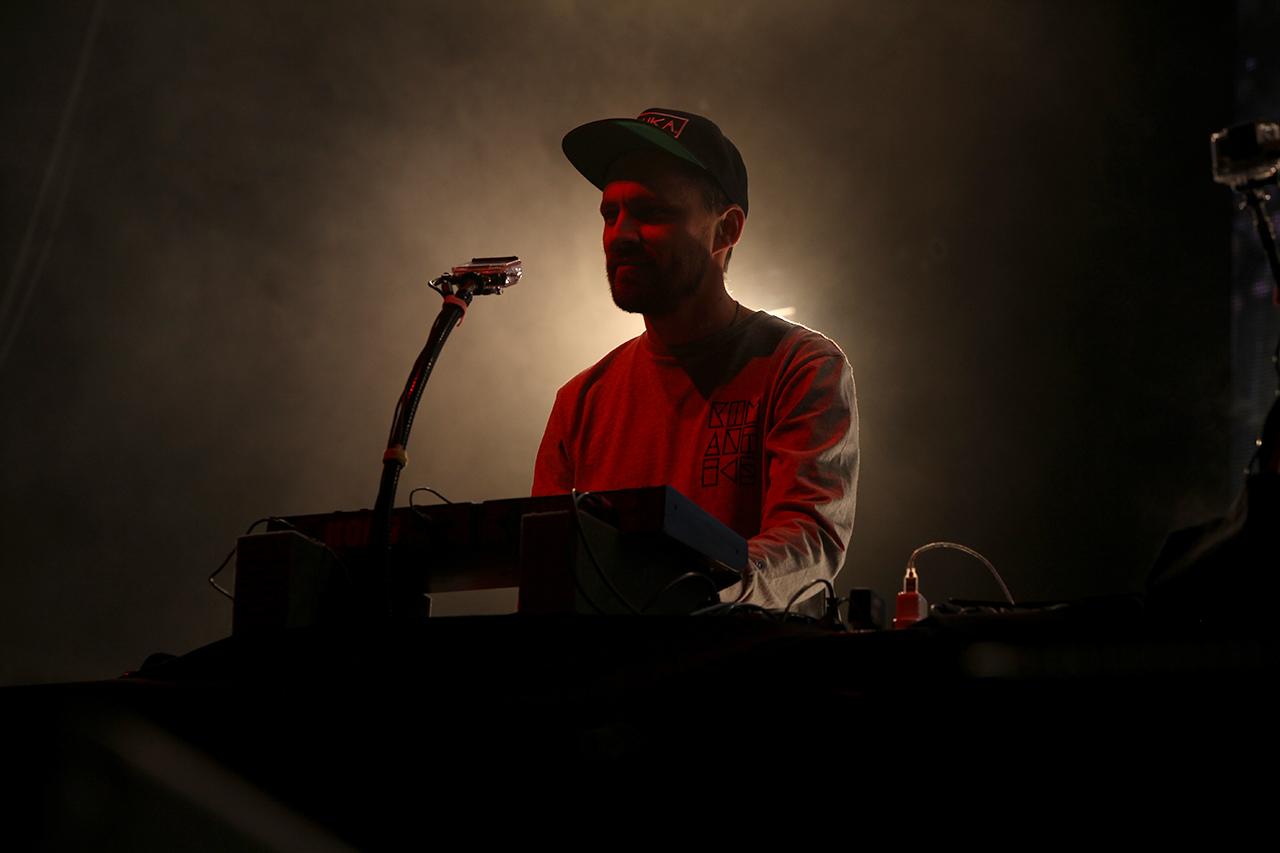
Hermitude -
010Peaches013
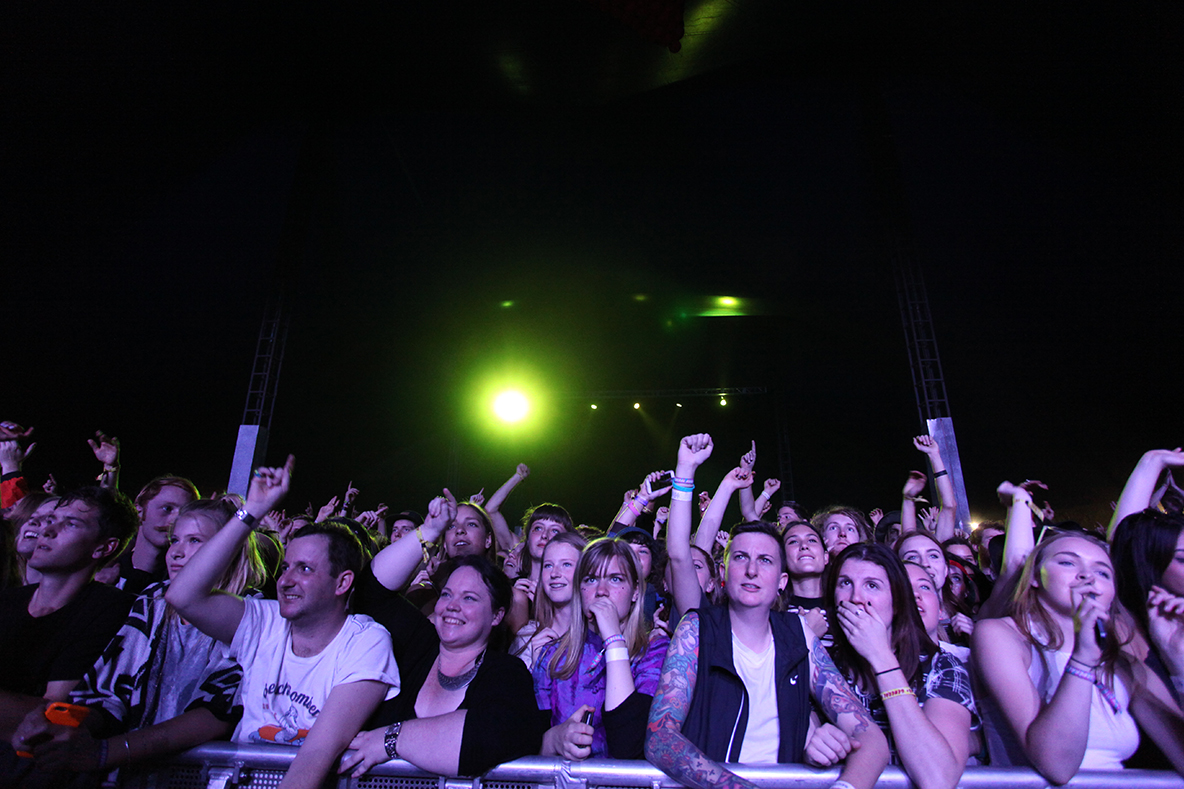
-
010Peaches011
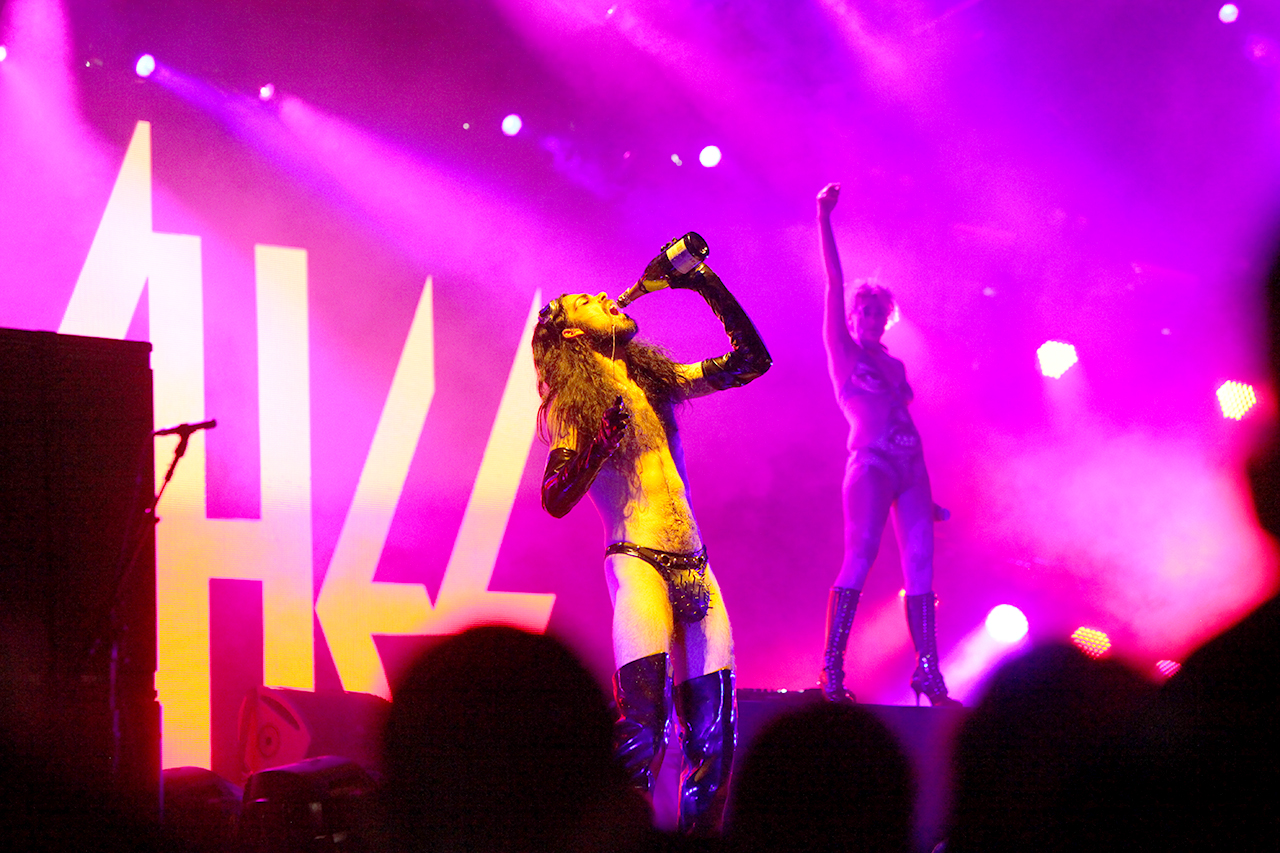
Peaches -
010Peaches009
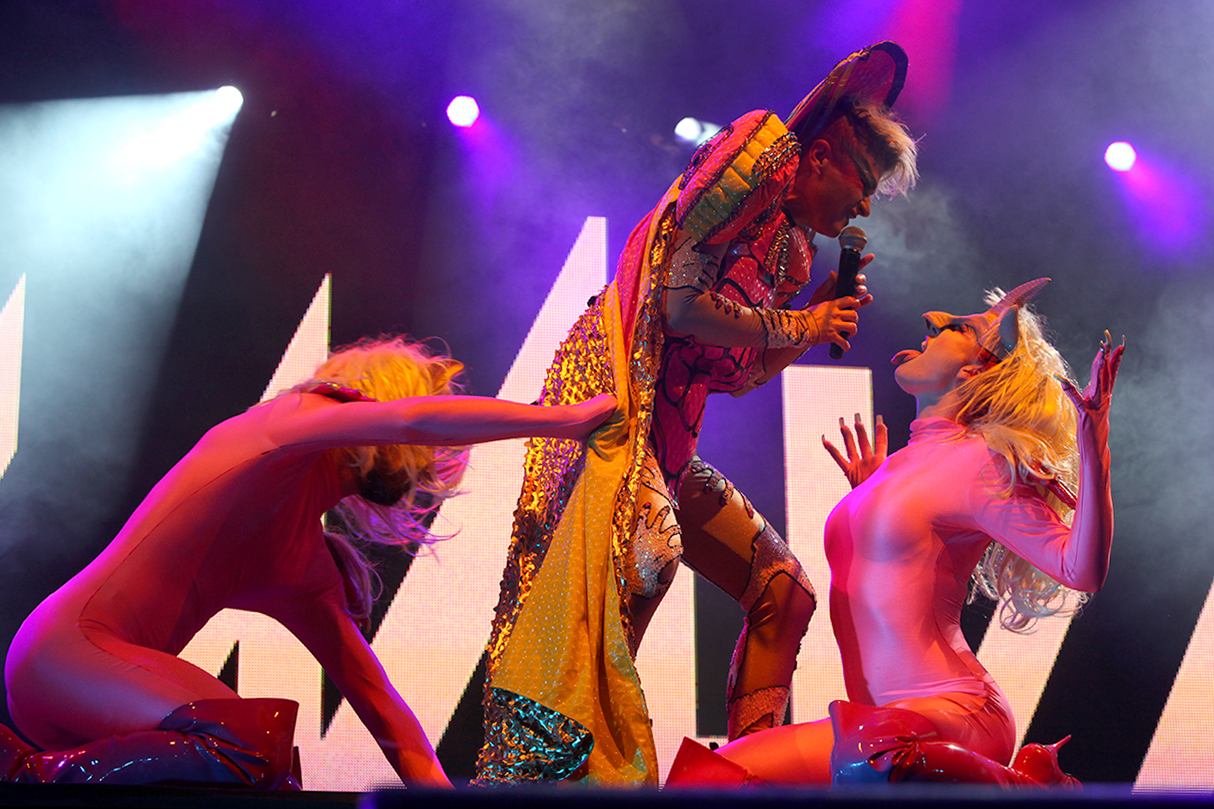
Peaches -
010Peaches008
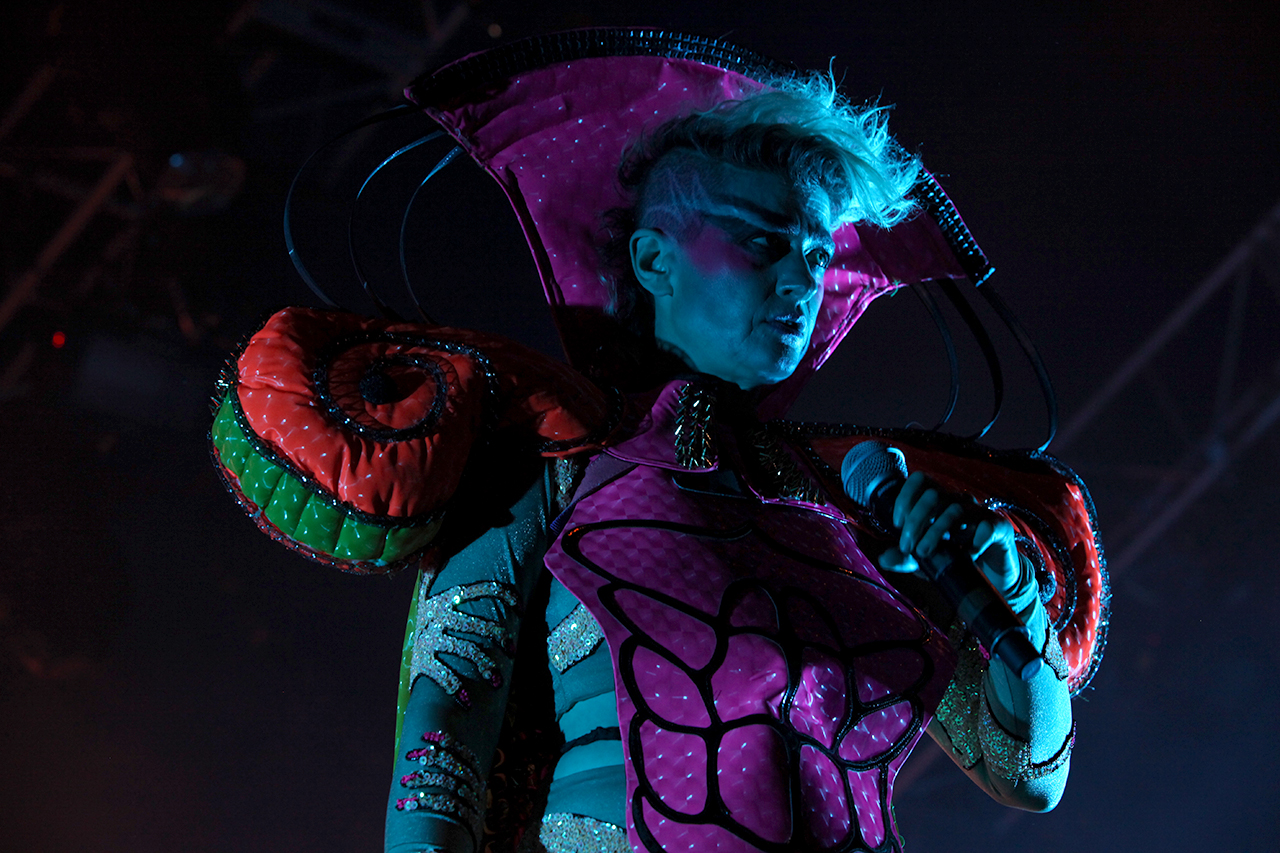
Peaches -
010Peaches007
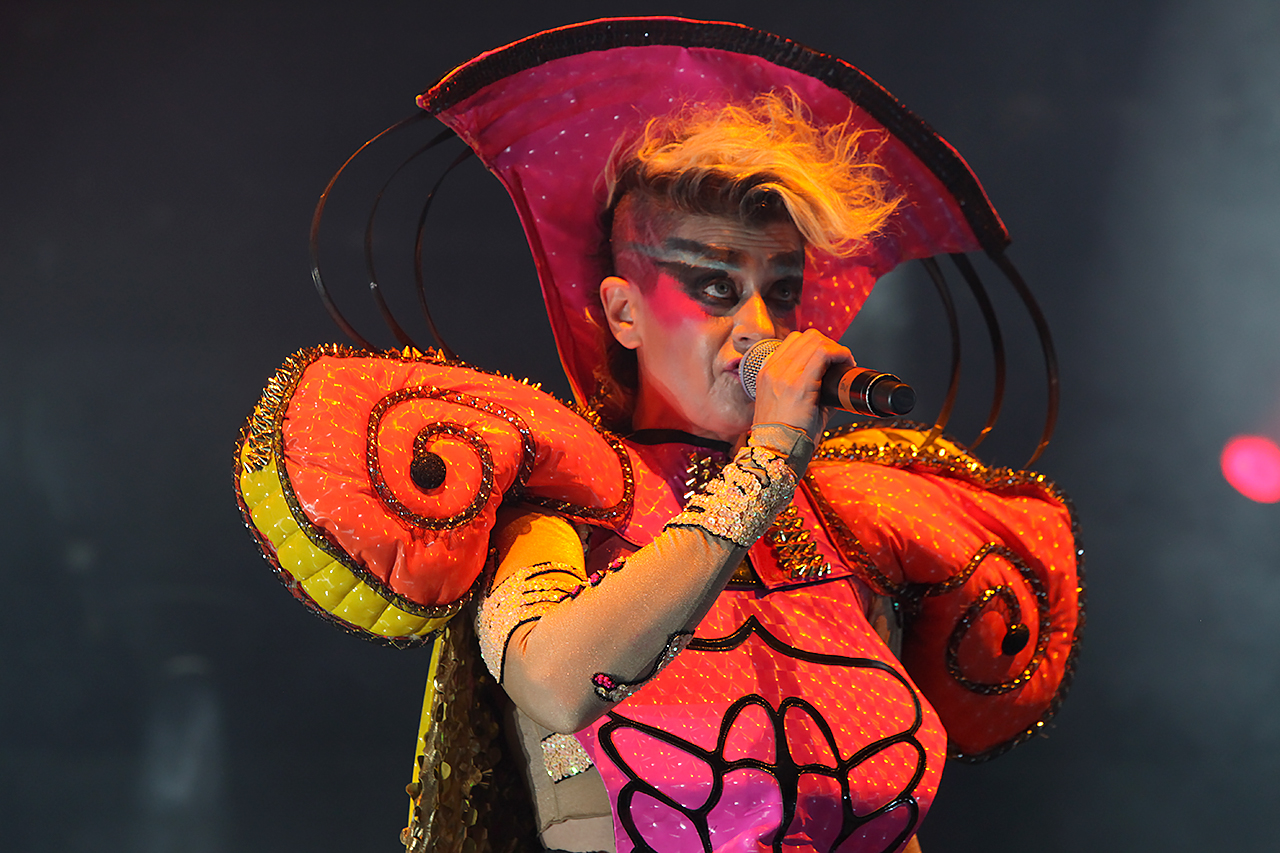
Peaches -
010Peaches006
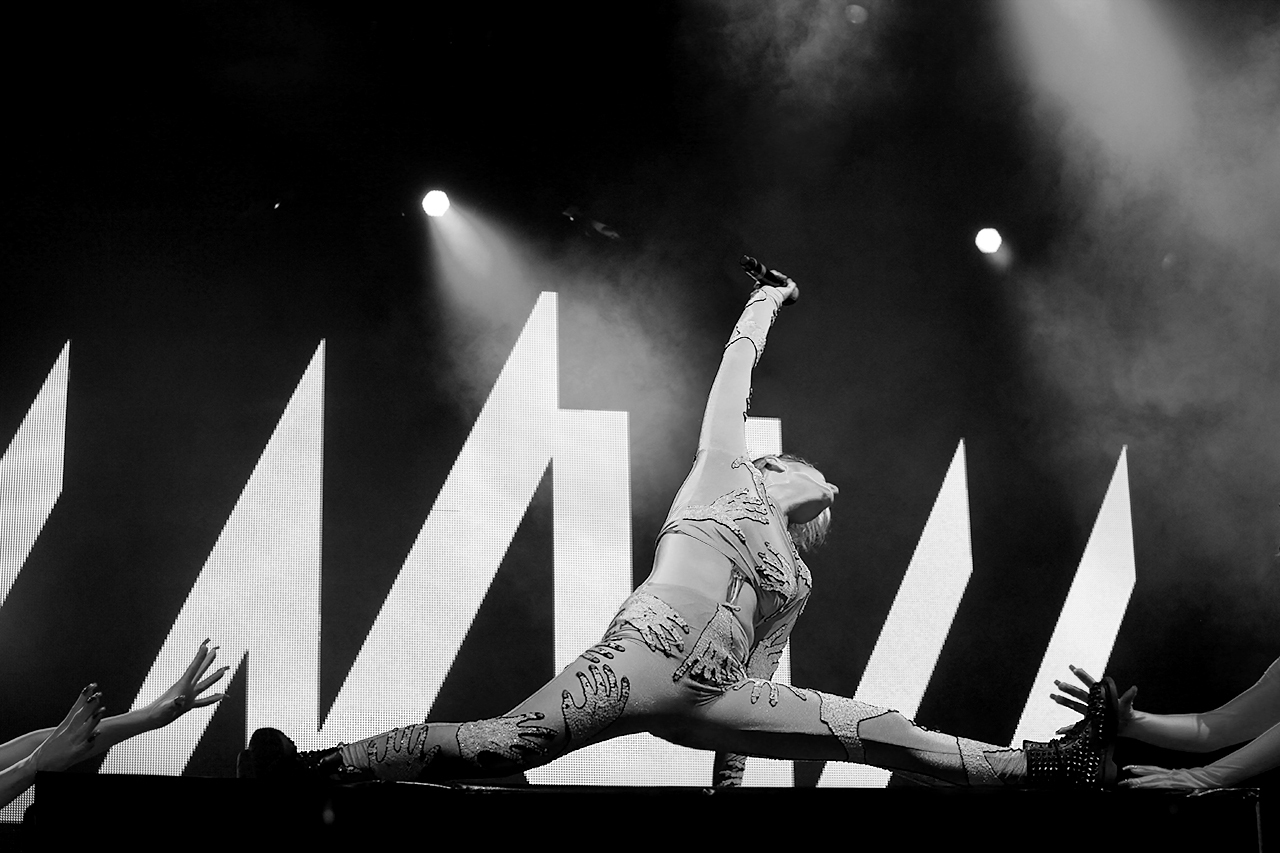
Peaches -
010Peaches005
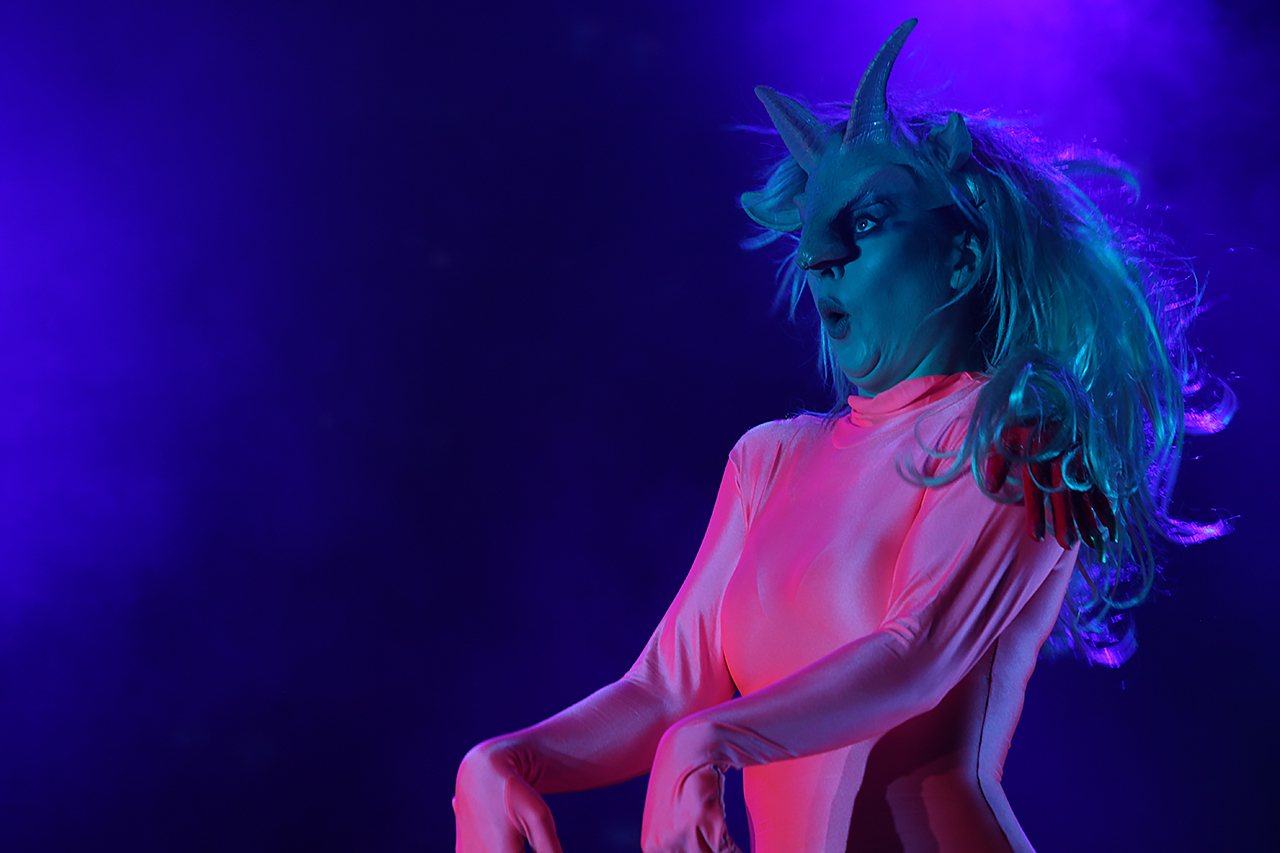
Peaches -
010Peaches004
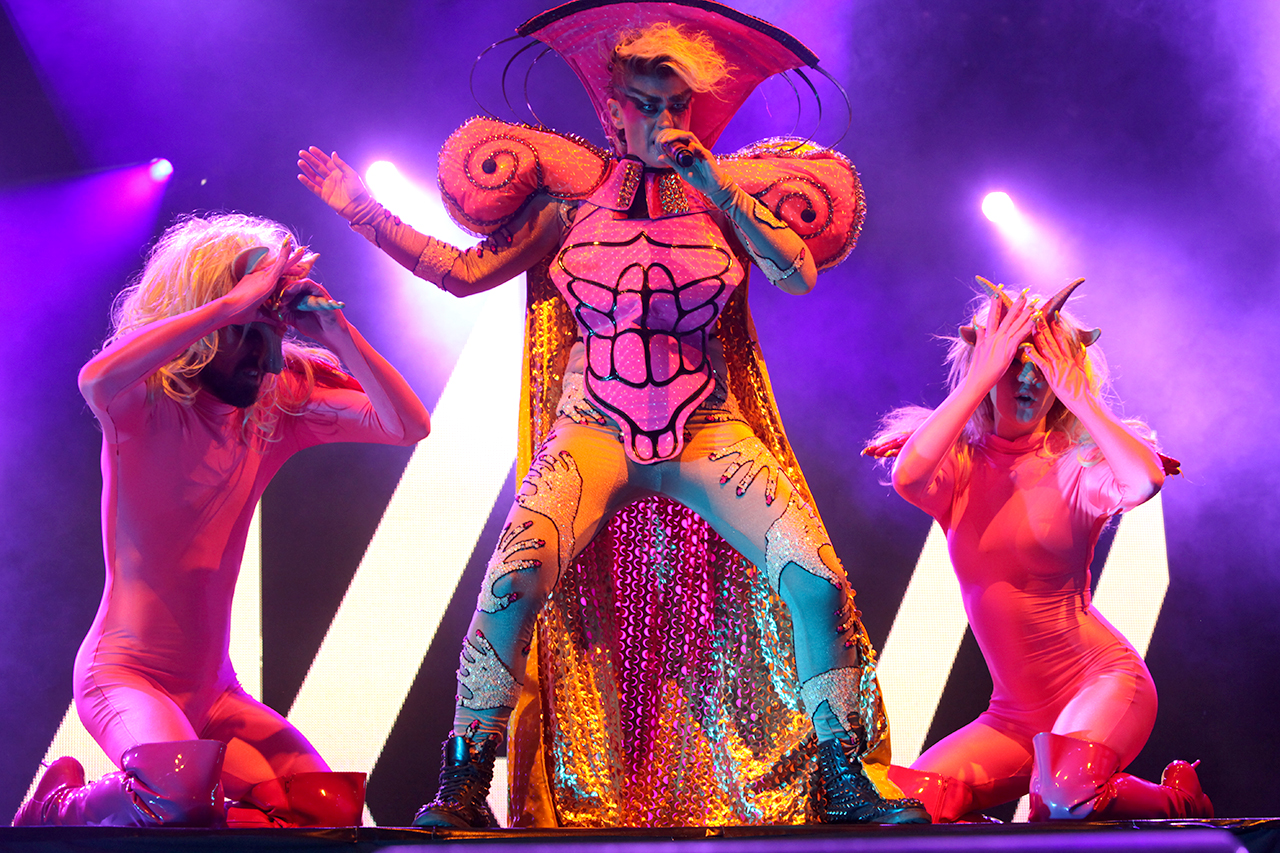
Peaches -
010Peaches003
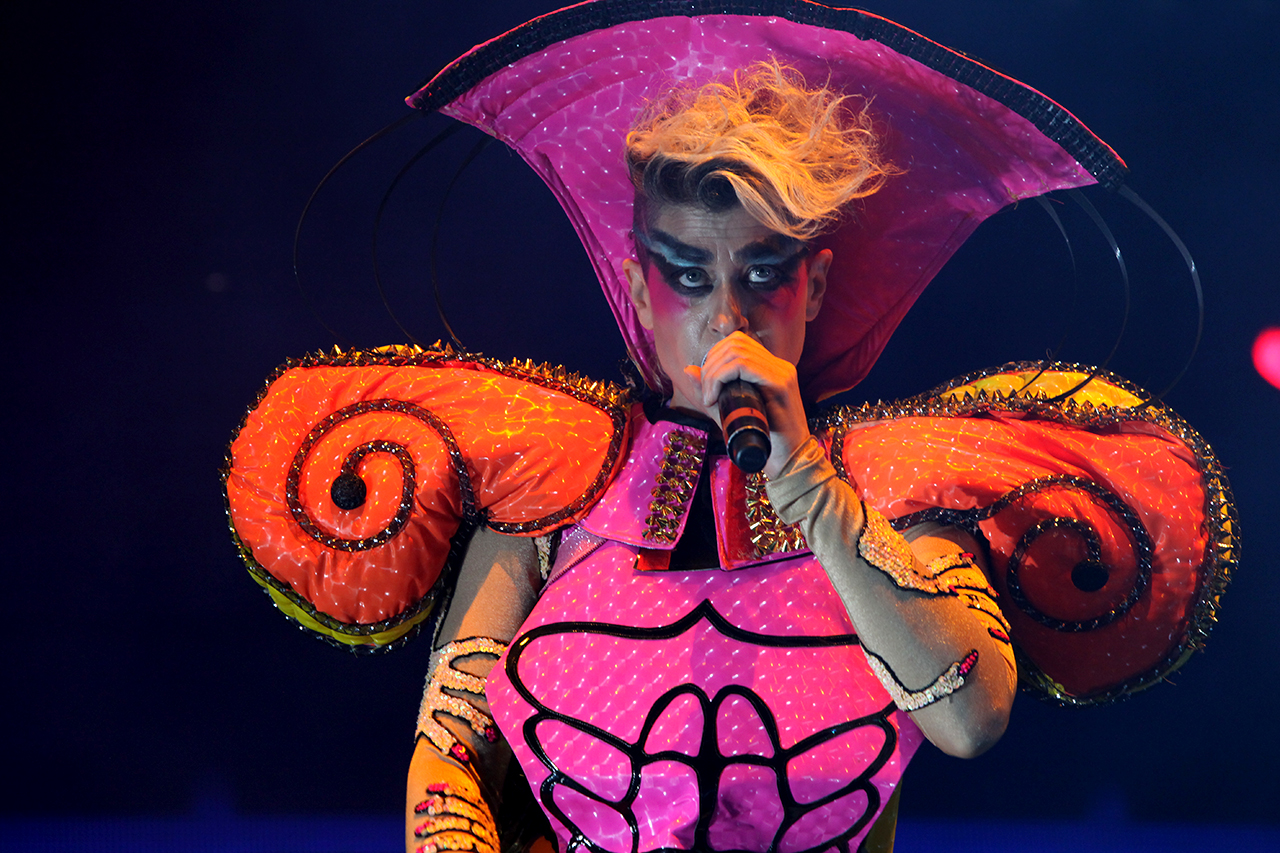
Peaches -
010Peaches002
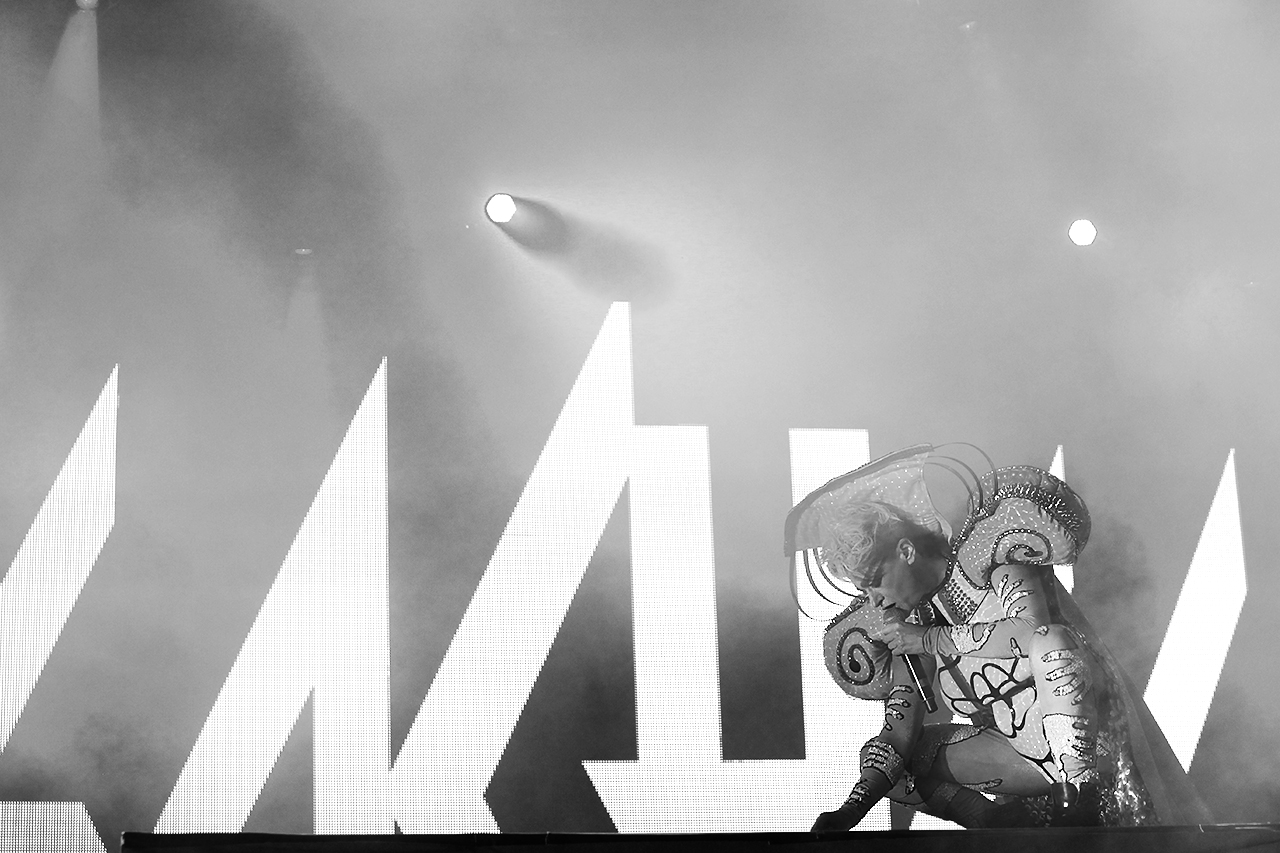
Peaches -
010Peaches001
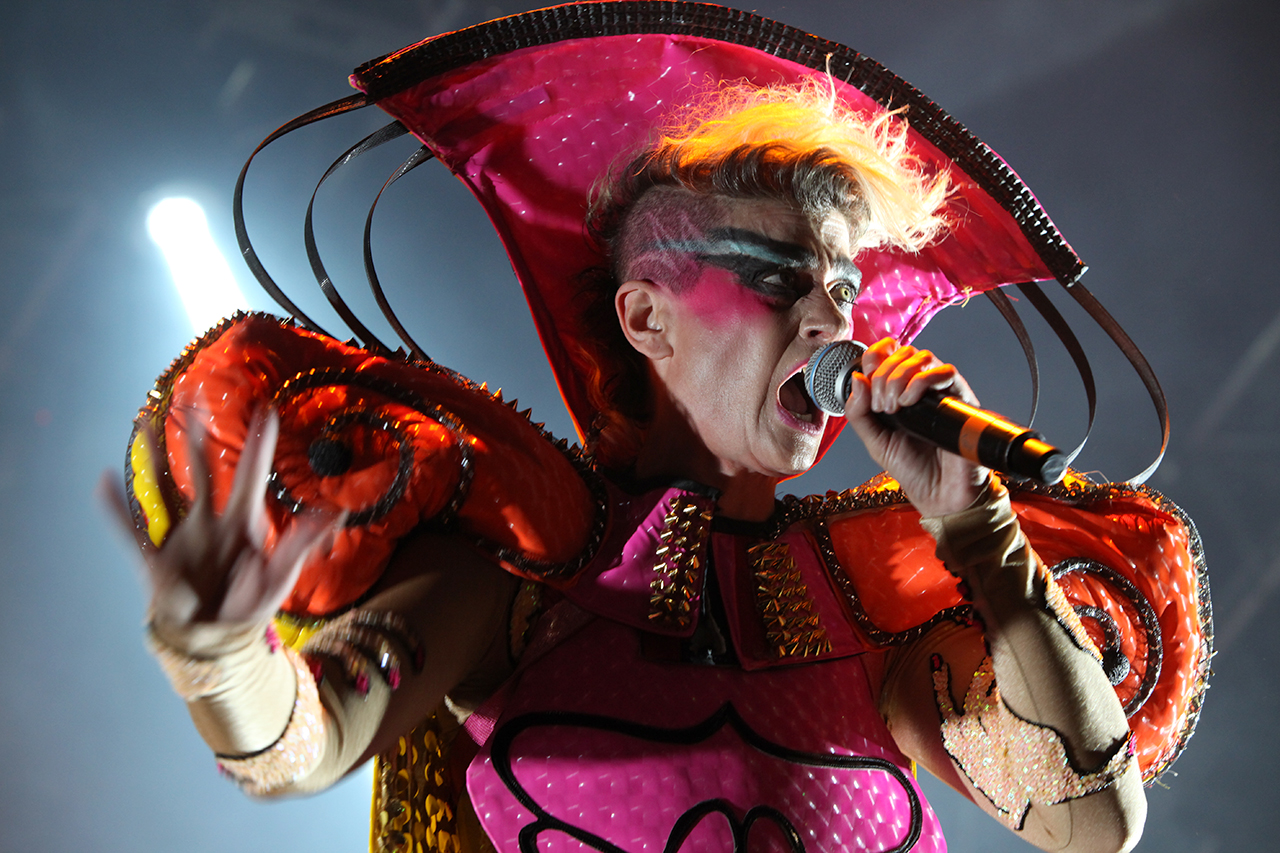
Peaches -
009Carmada002
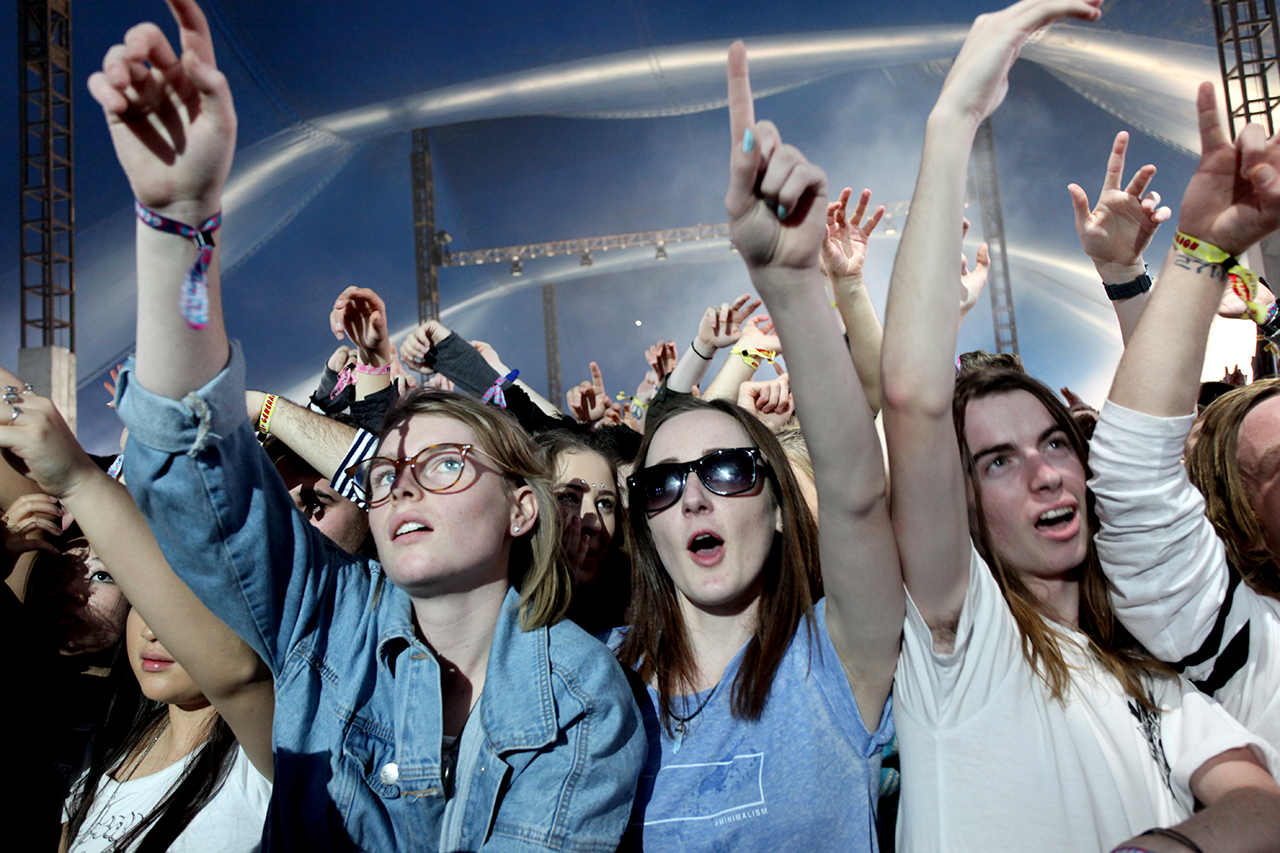
-
009Carmada001
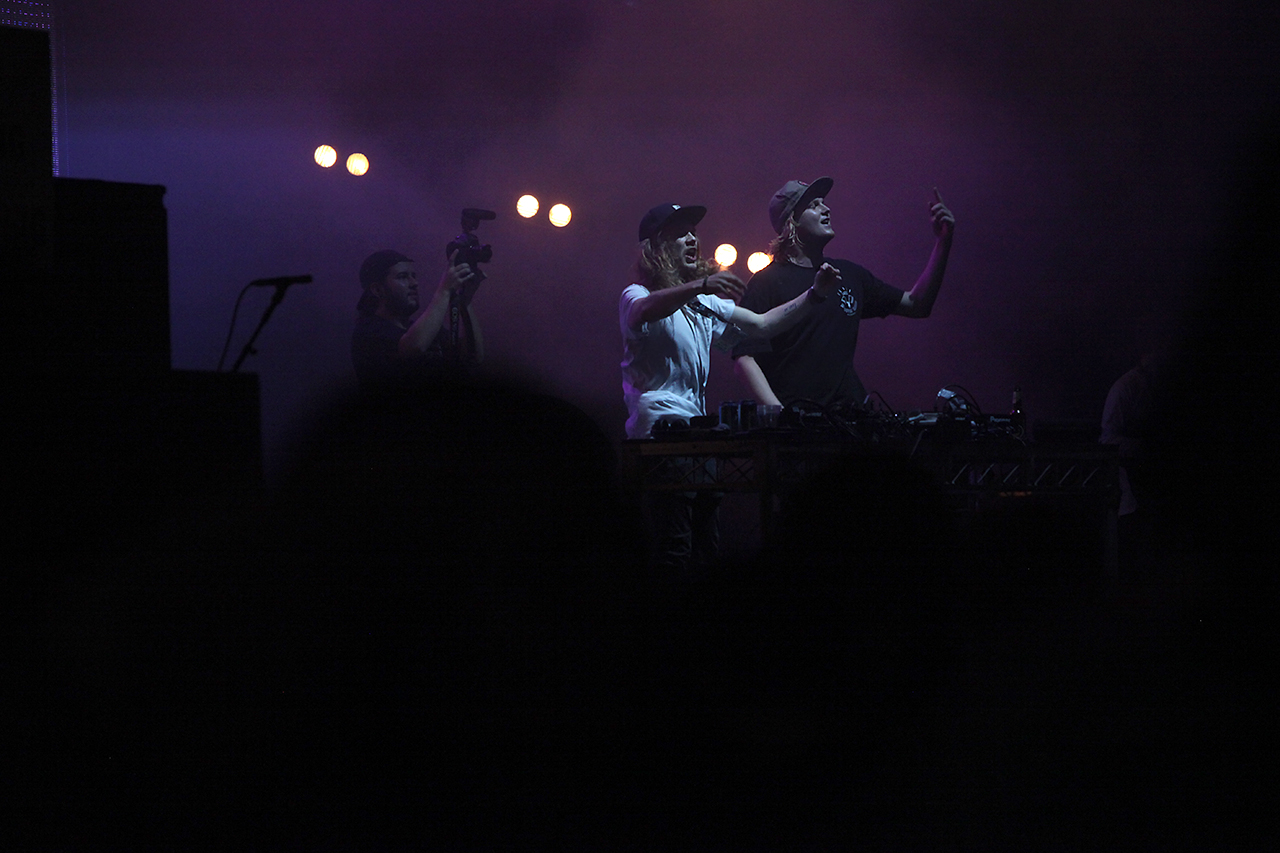
Carmada -
008BallparkMusic015
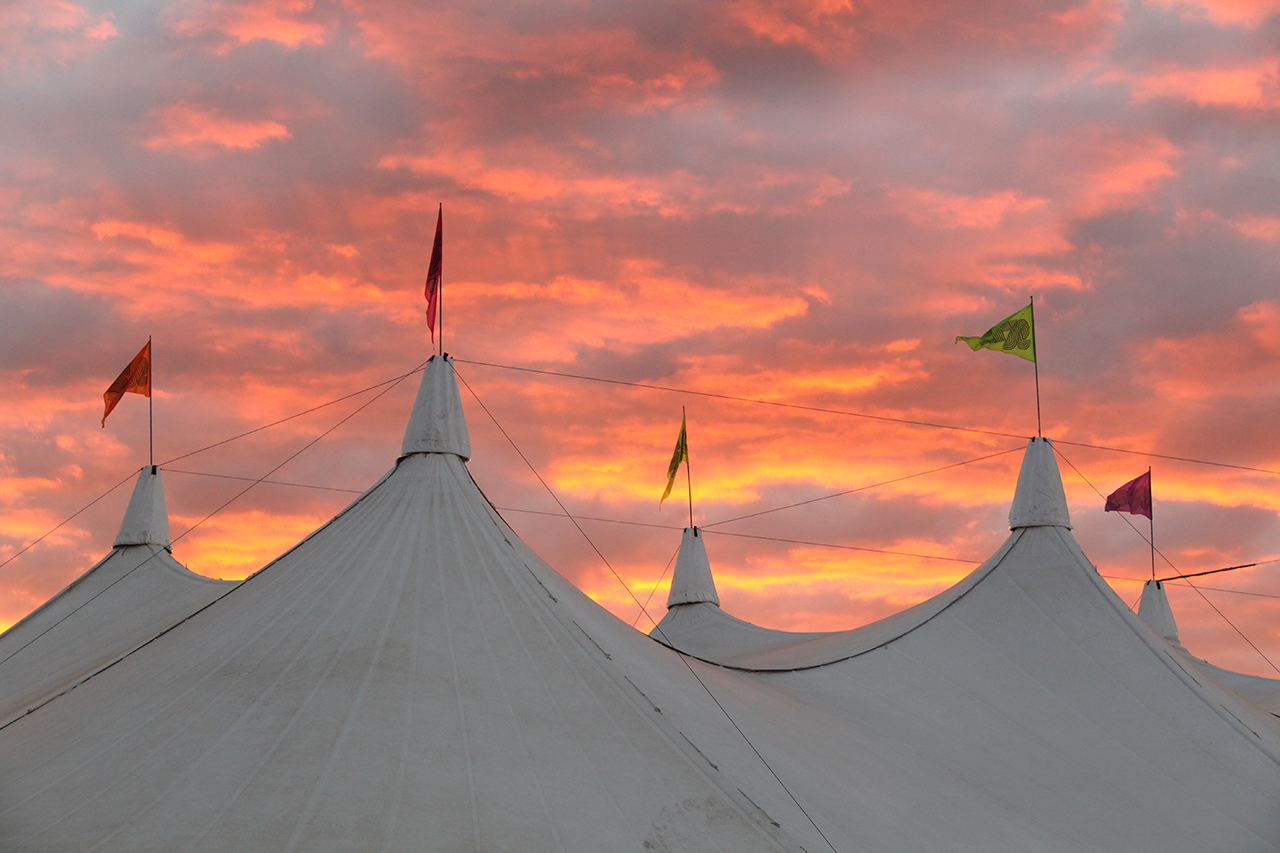
-
008BallparkMusic014
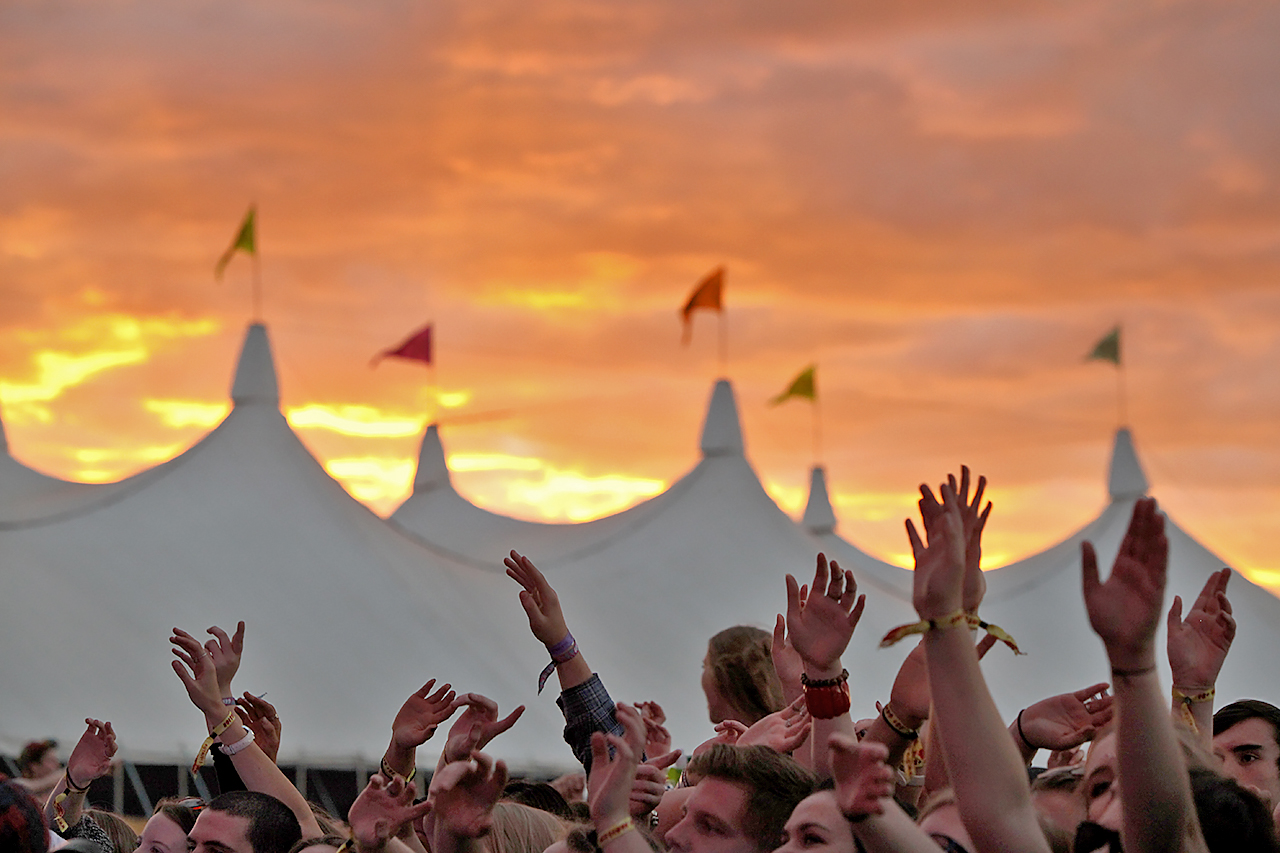
-
008BallparkMusic013
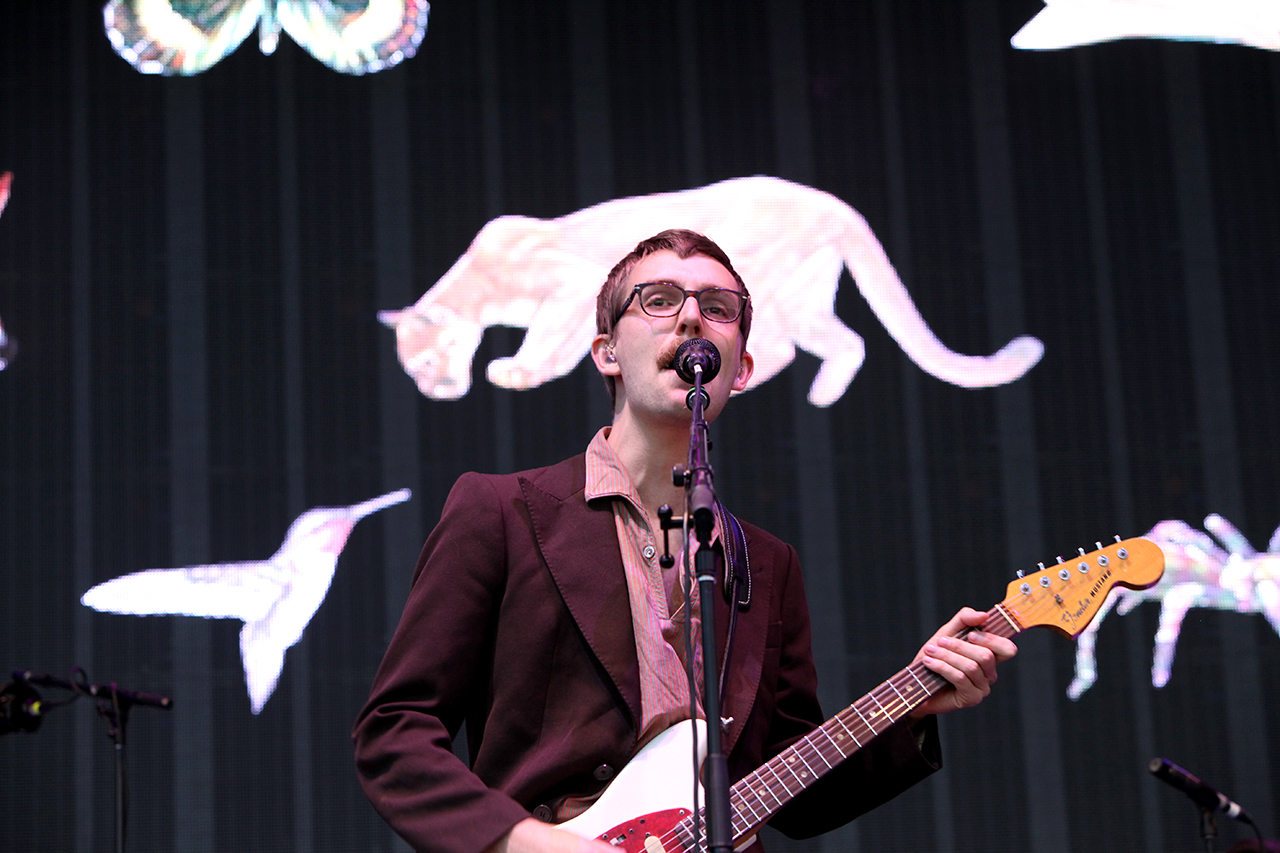
Ballpark Music -
008BallparkMusic012
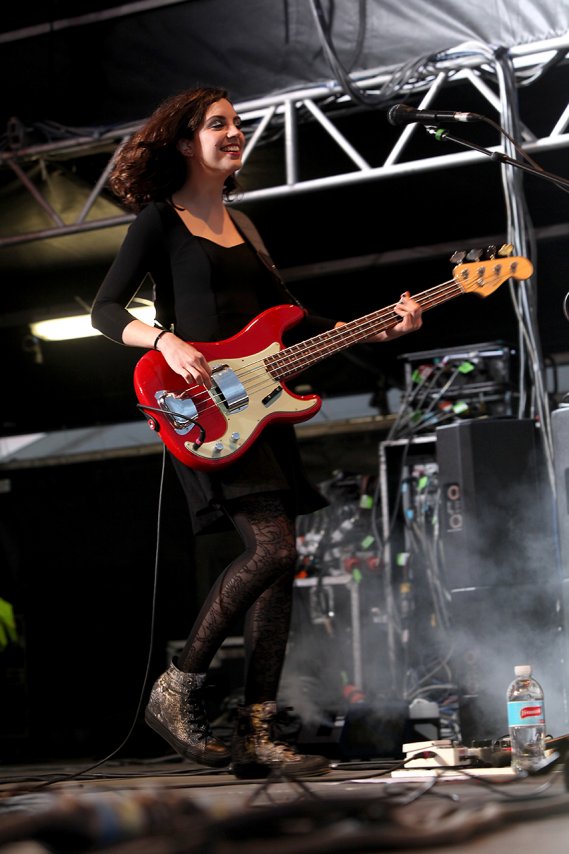
Ballpark Music -
008BallparkMusic011
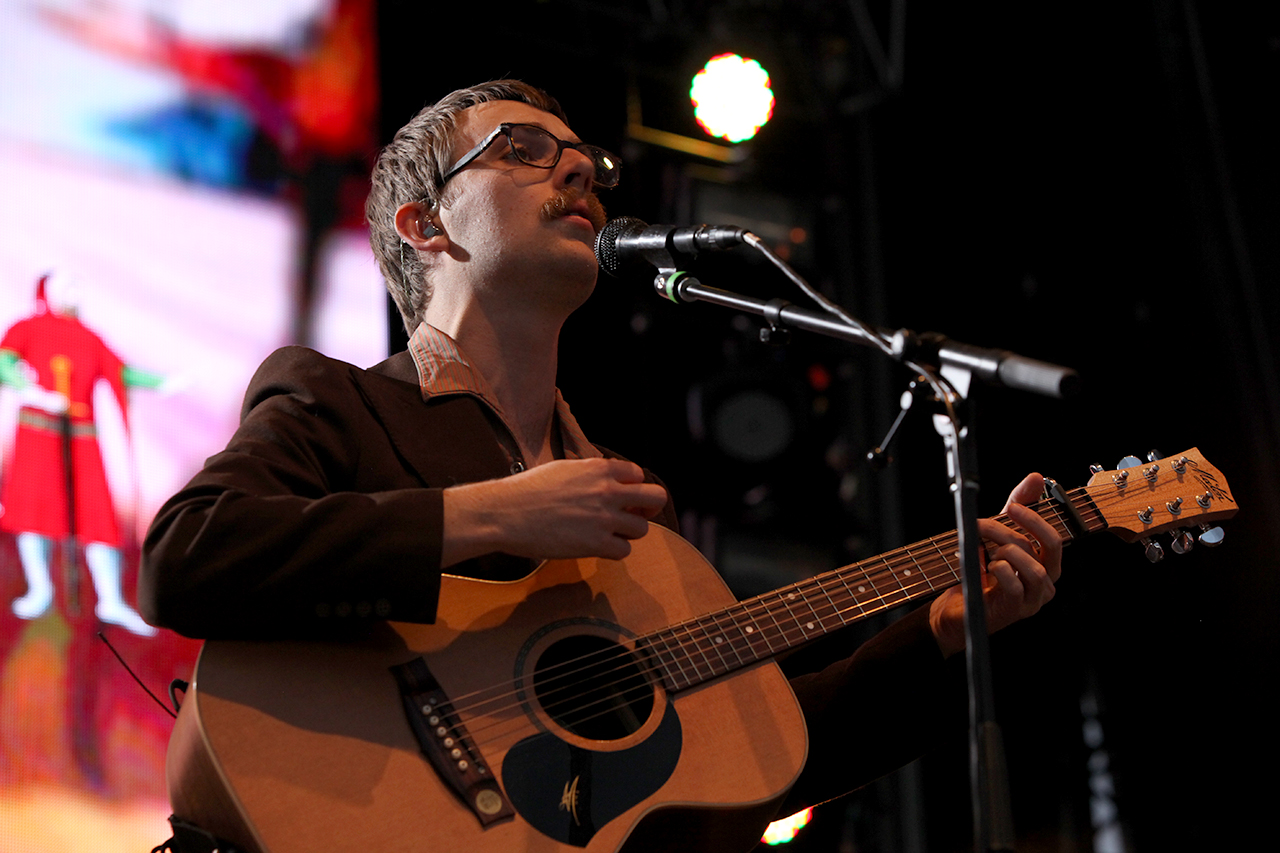
Ballpark Music -
008BallparkMusic010
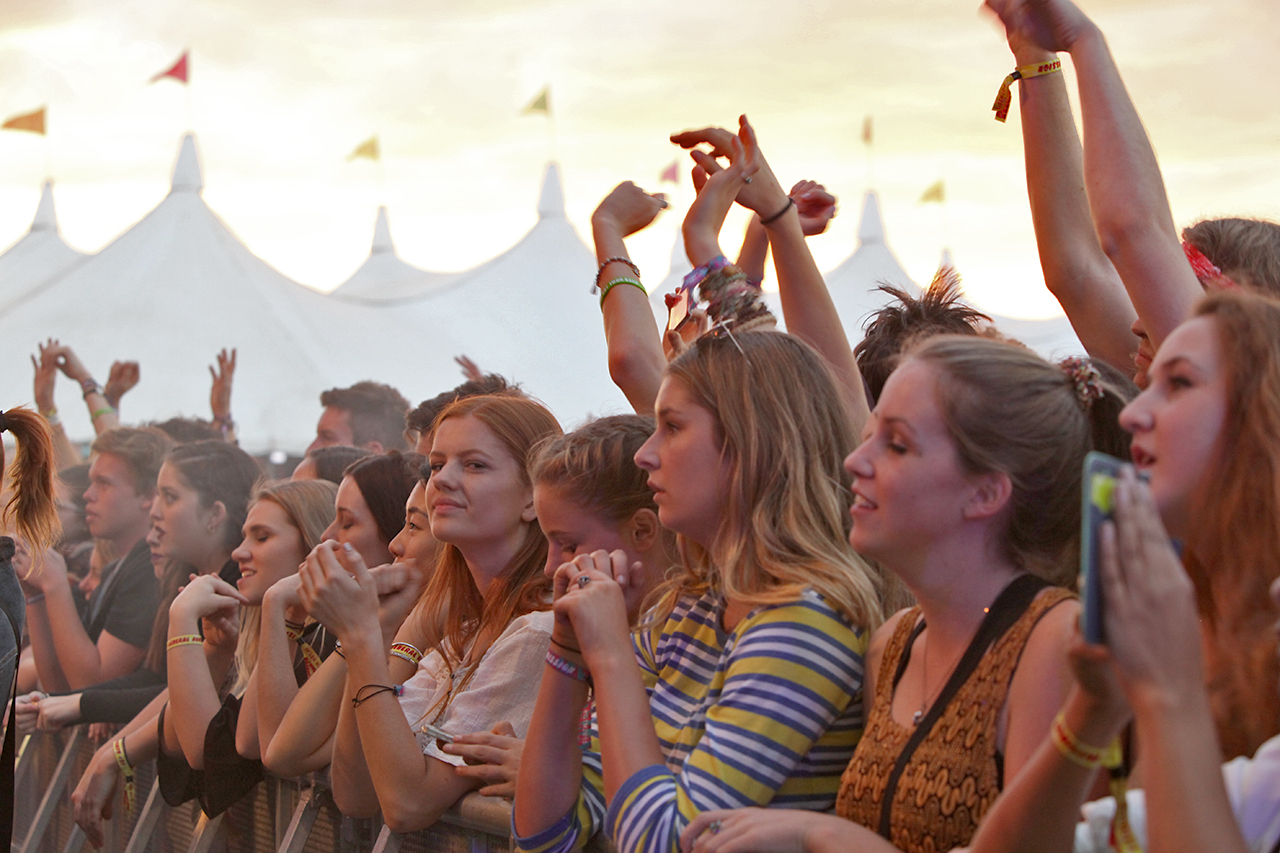
-
008BallparkMusic009
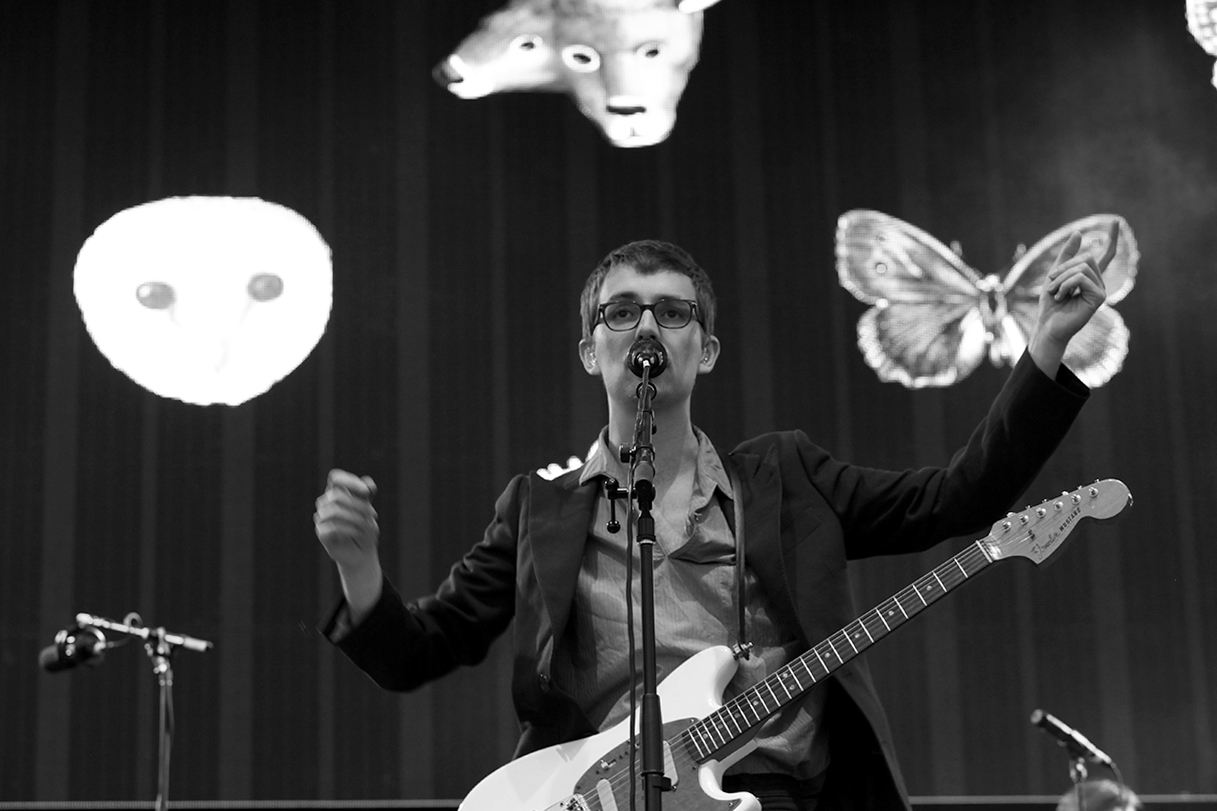
Ballpark Music -
008BallparkMusic008
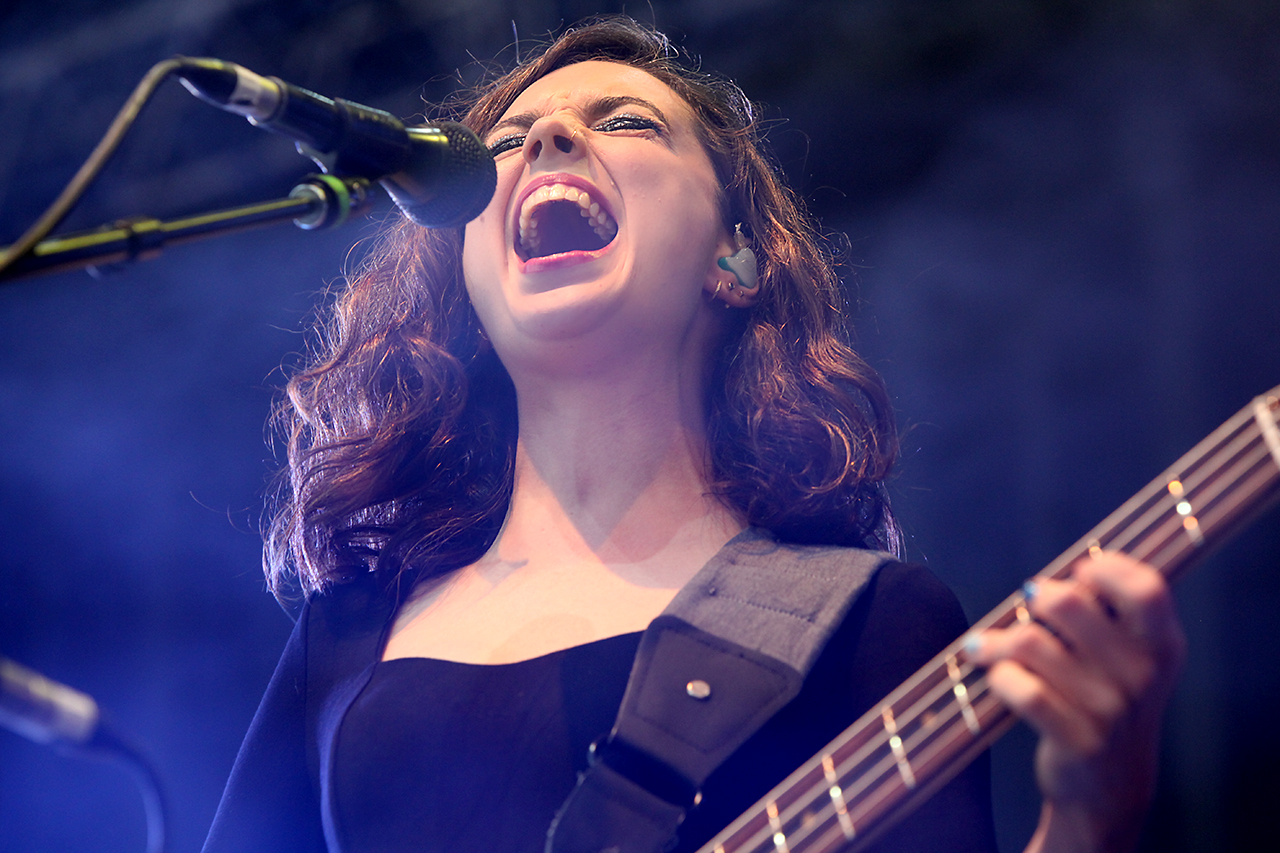
Ballpark Music -
008BallparkMusic007
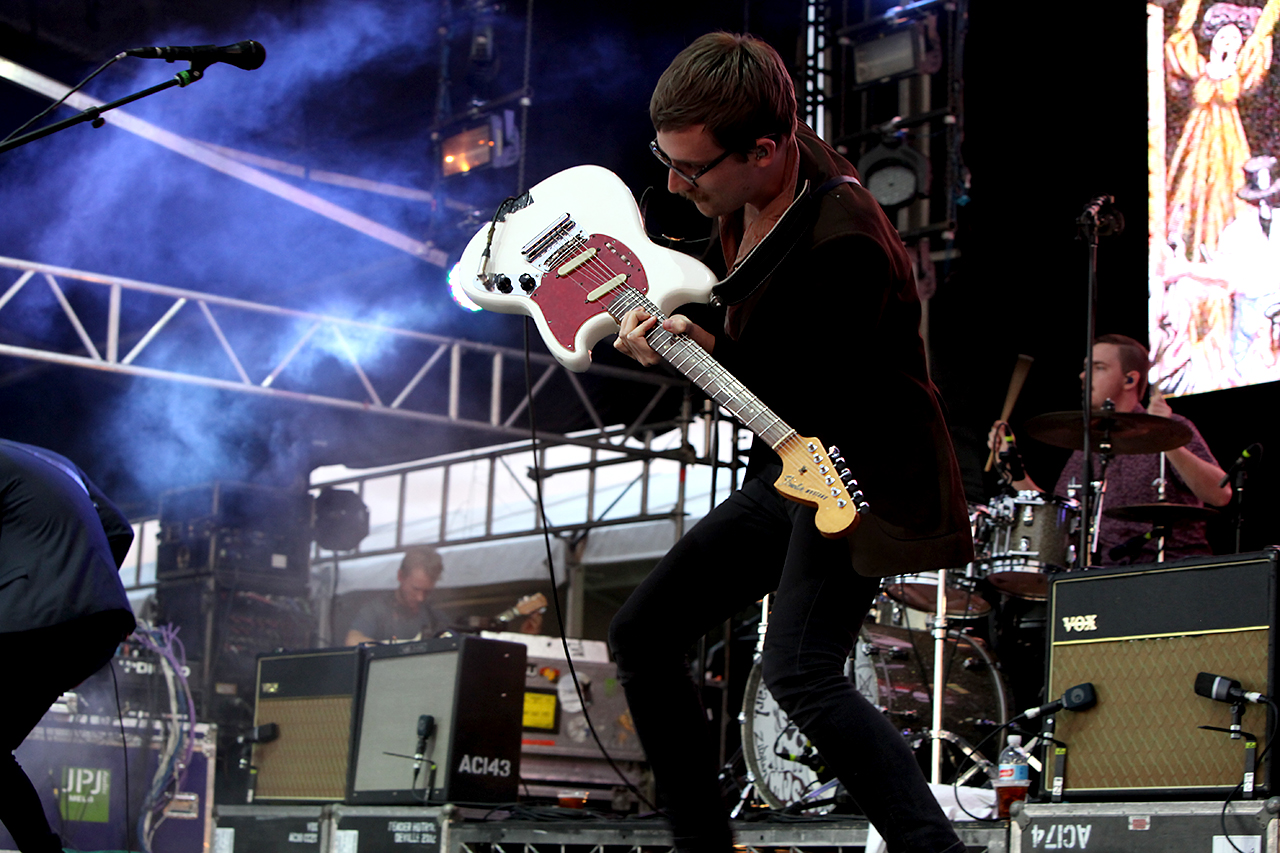
Ballpark Music -
008BallparkMusic006
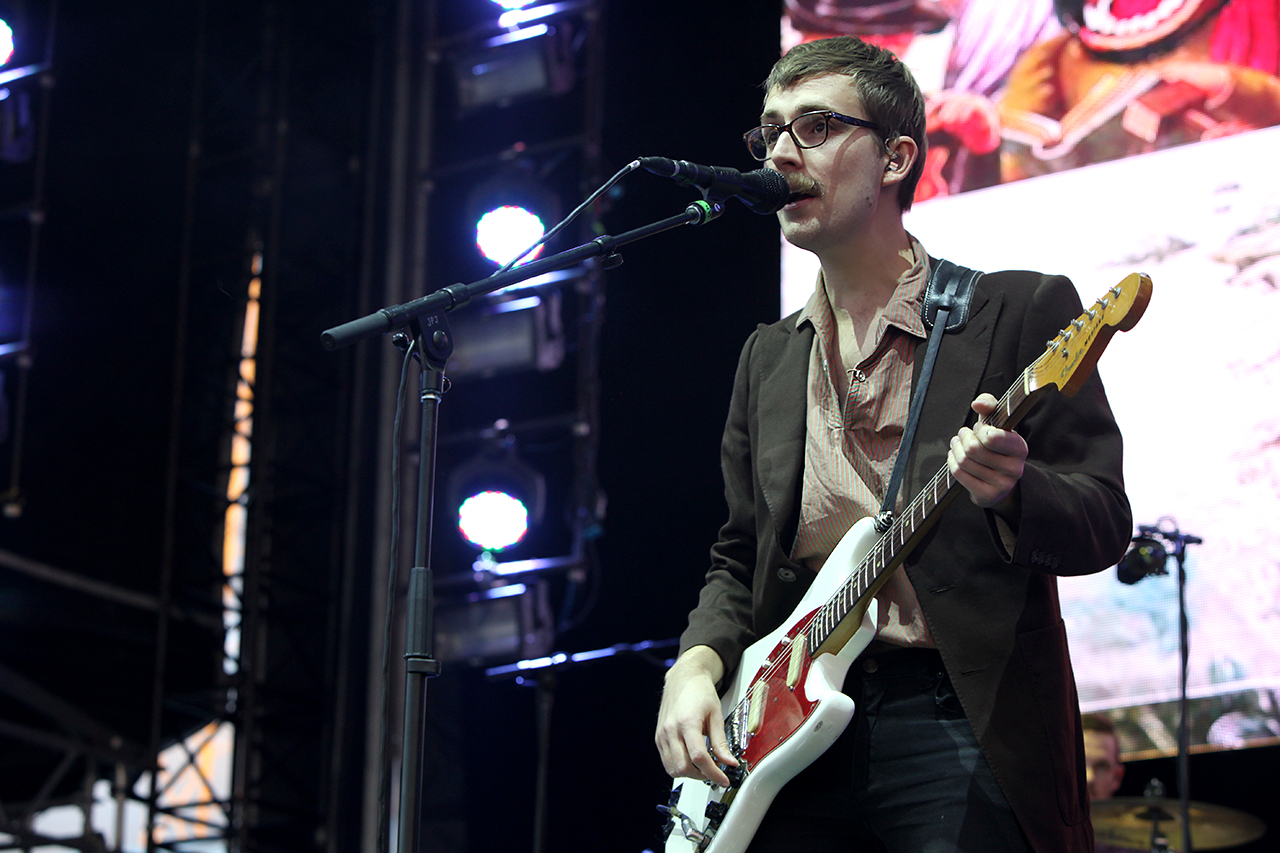
Ballpark Music -
008BallparkMusic005
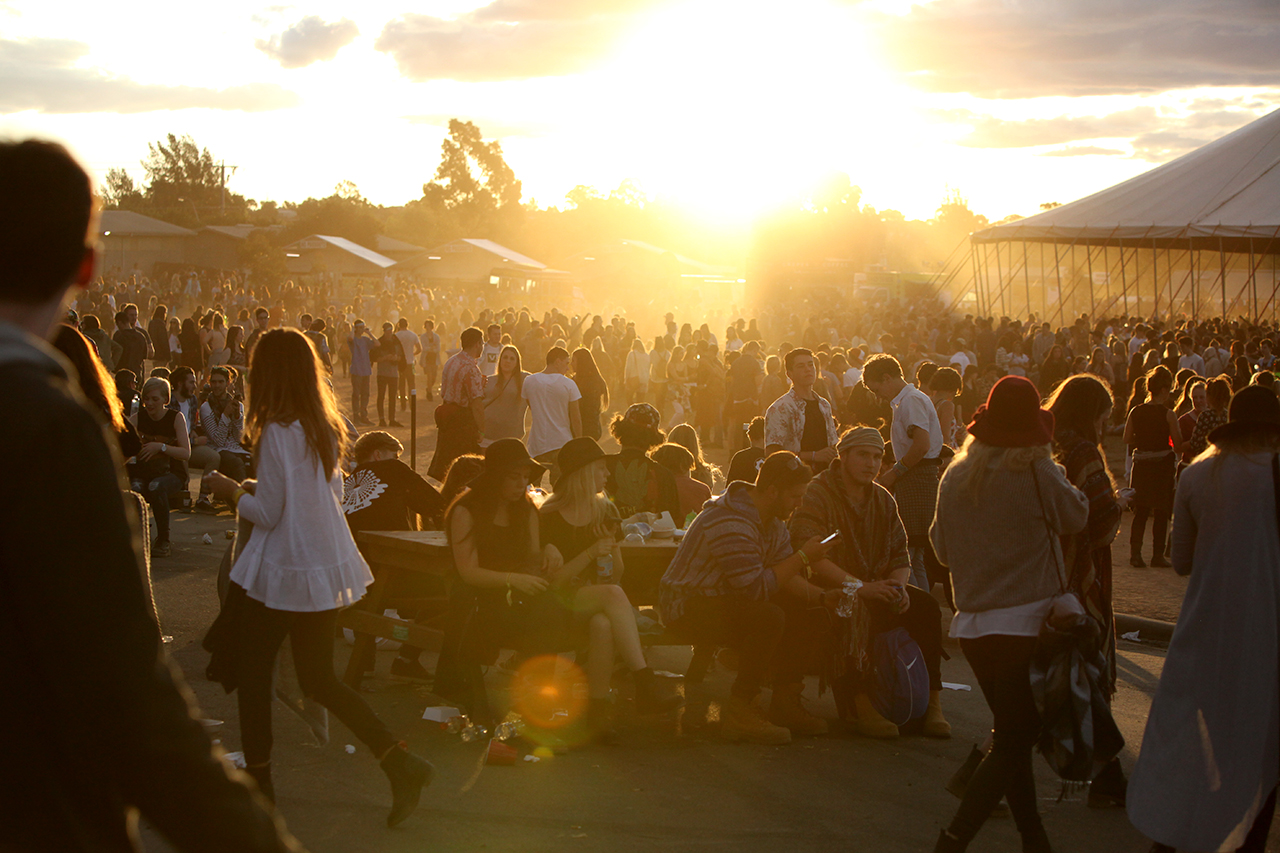
-
008BallparkMusic004
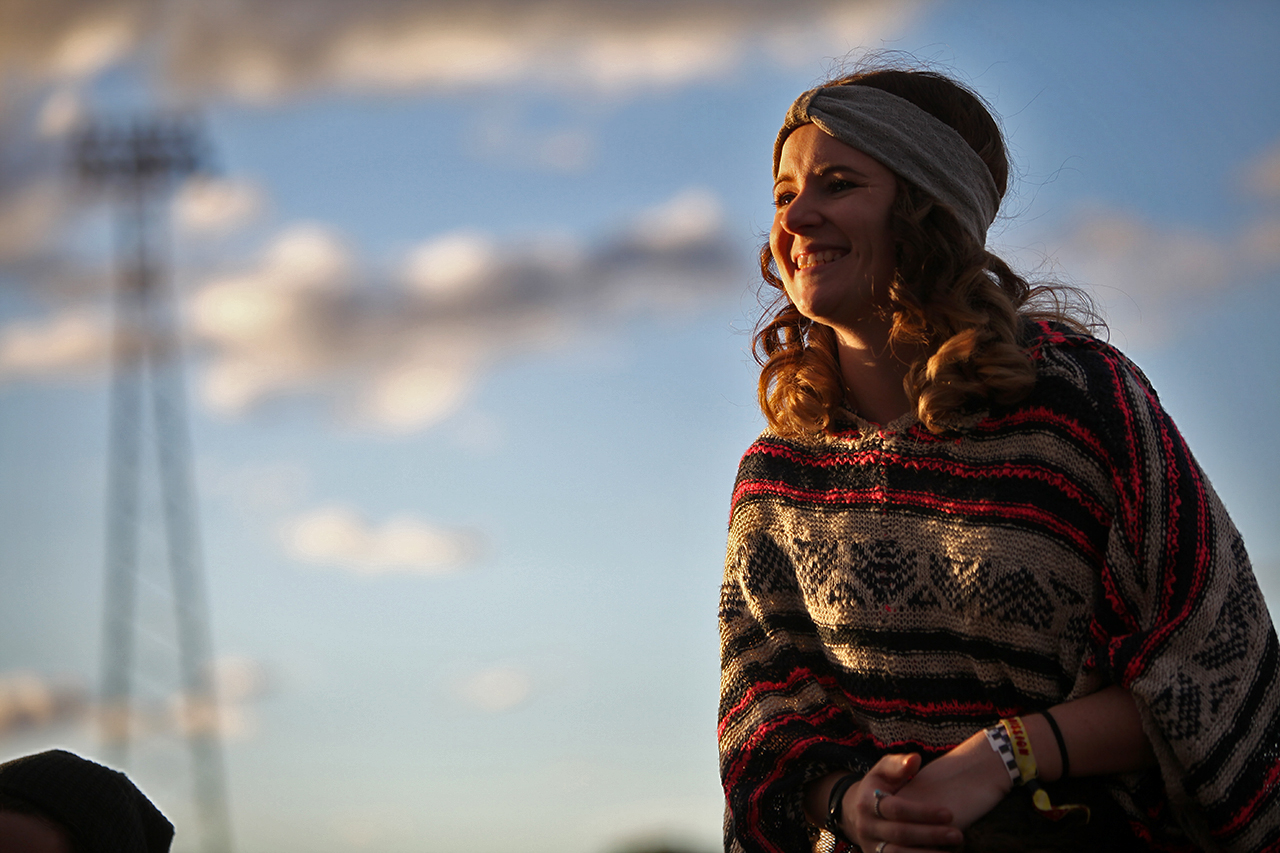
-
008BallparkMusic003
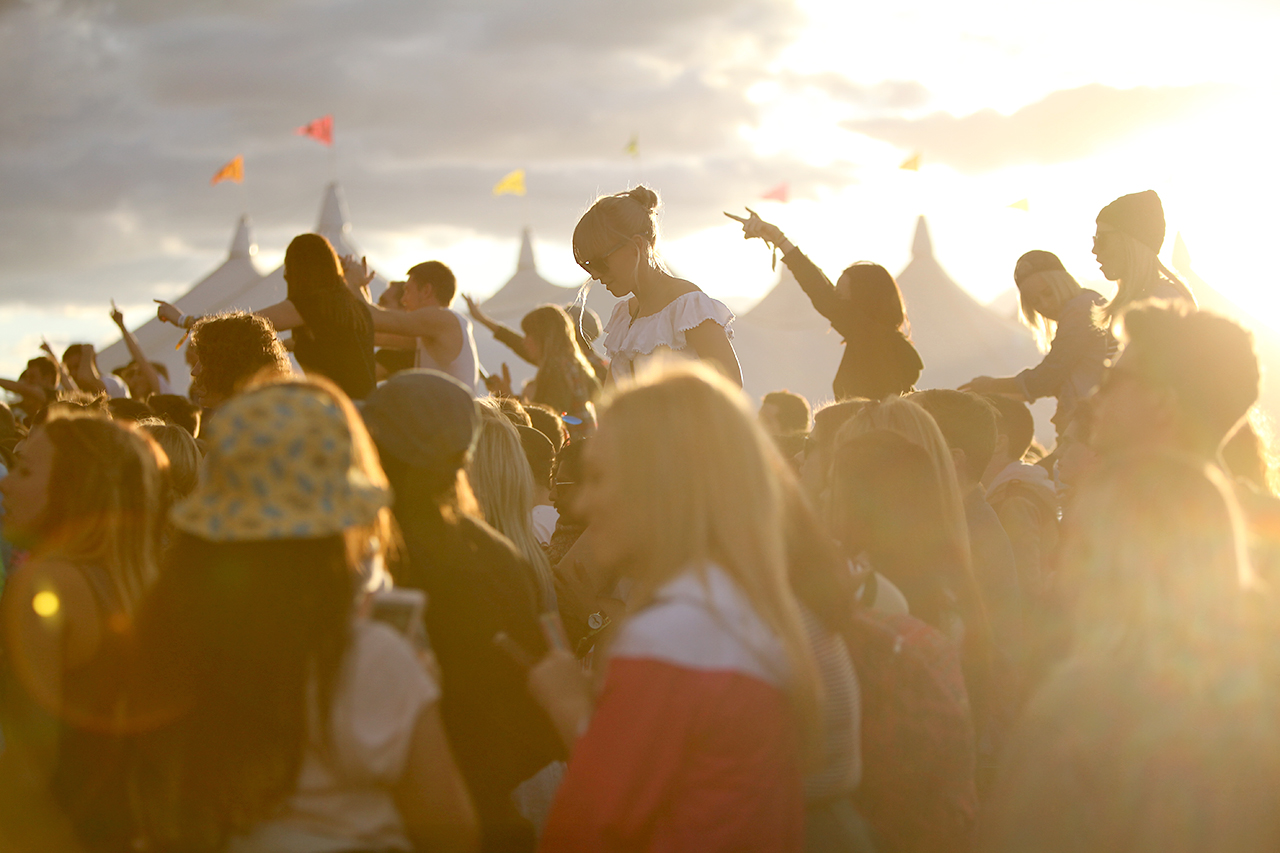
-
008BallparkMusic002
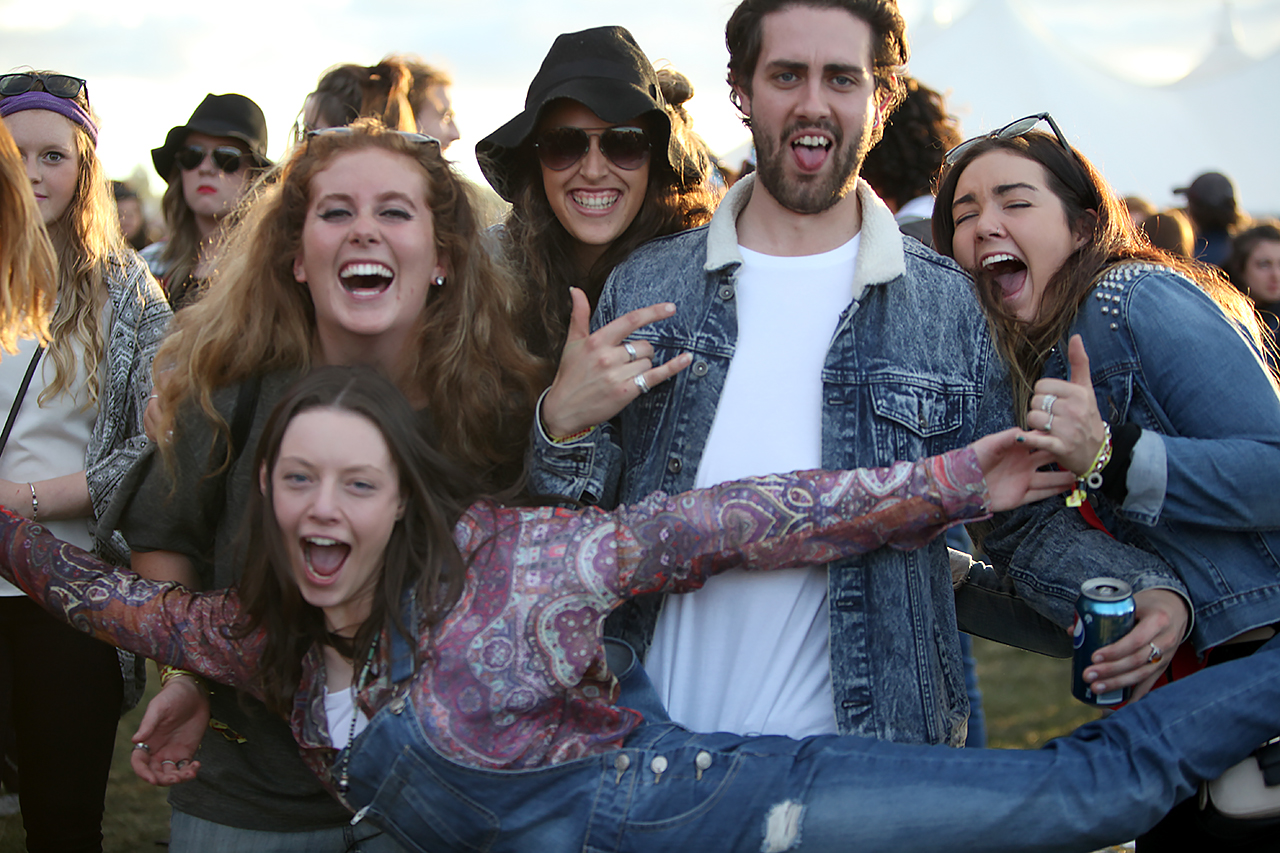
-
008BallparkMusic001
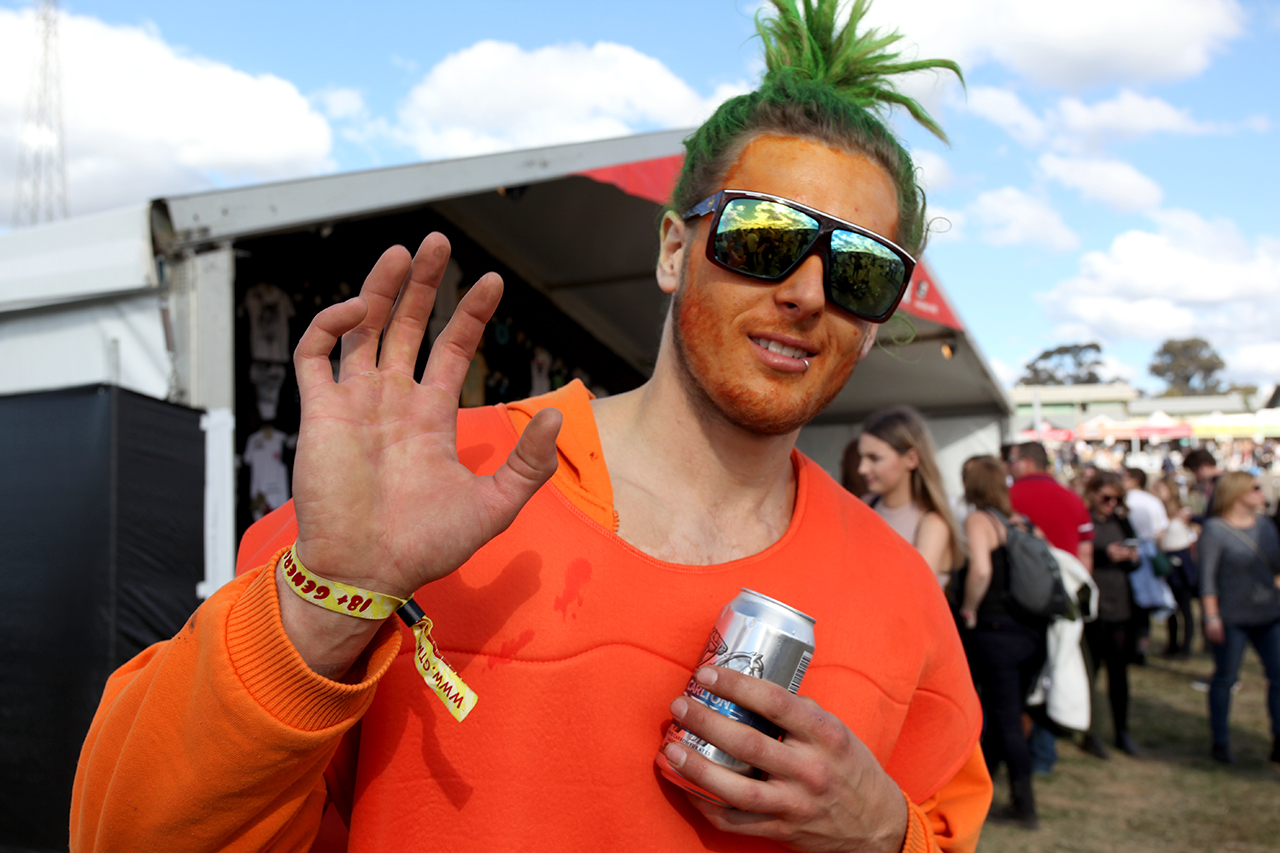
-
007YouandMeatSix017
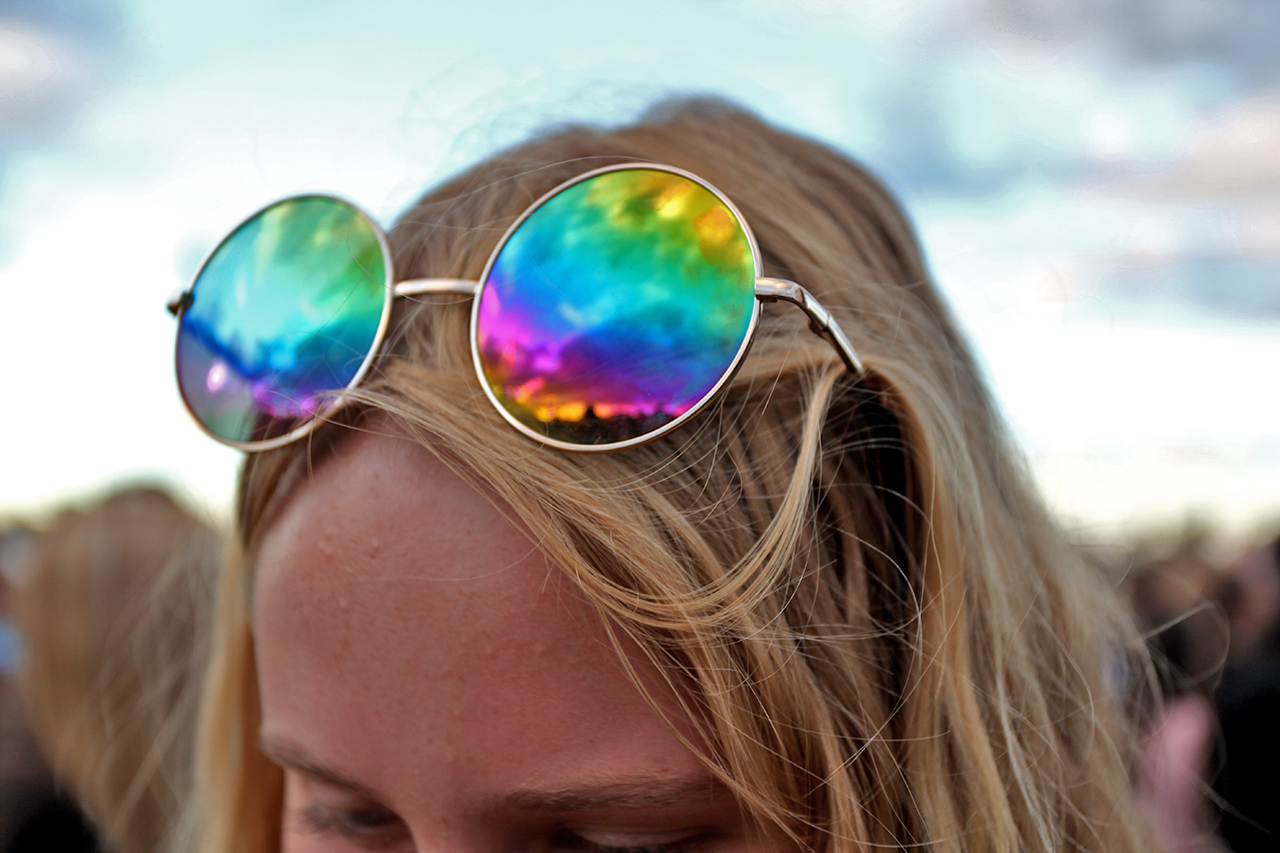
-
007YouandMeatSix016
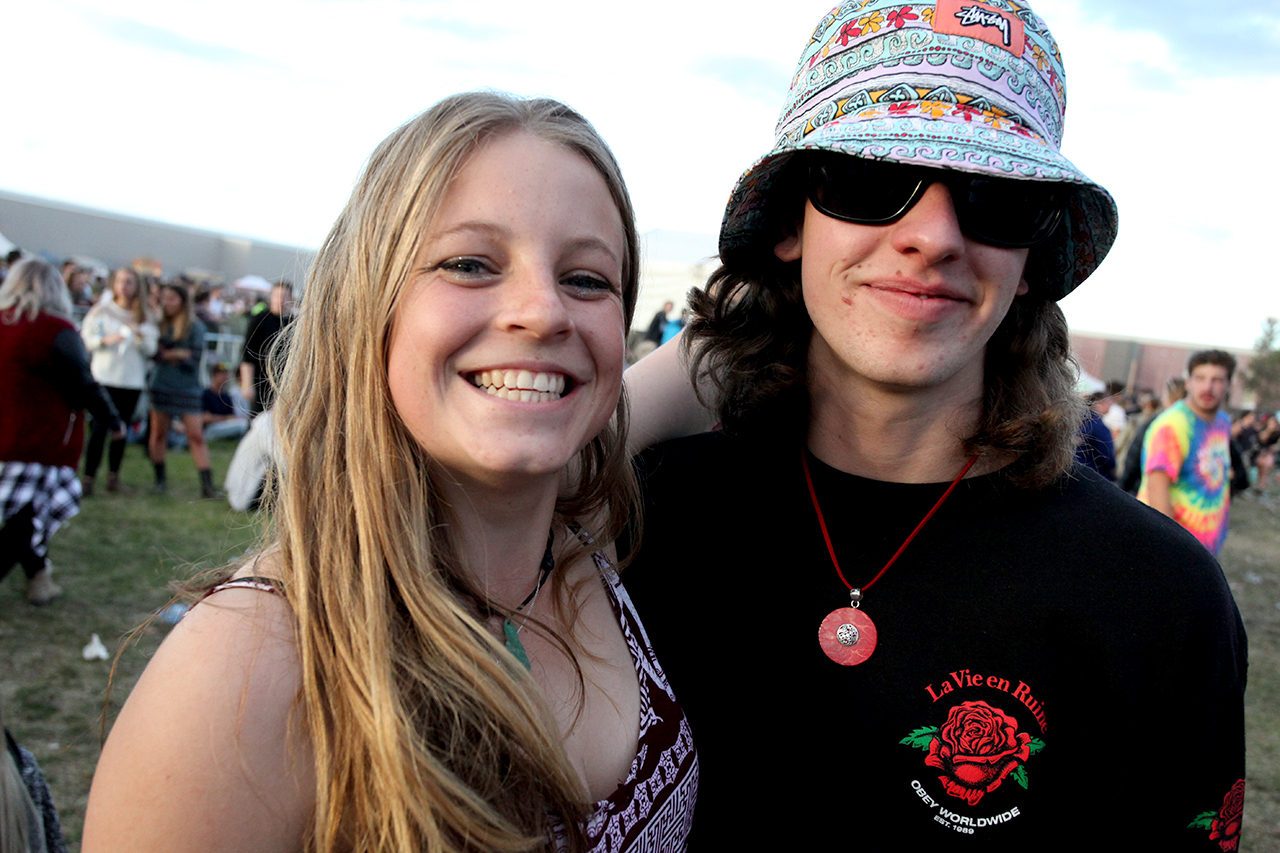
-
007YouandMeatSix015
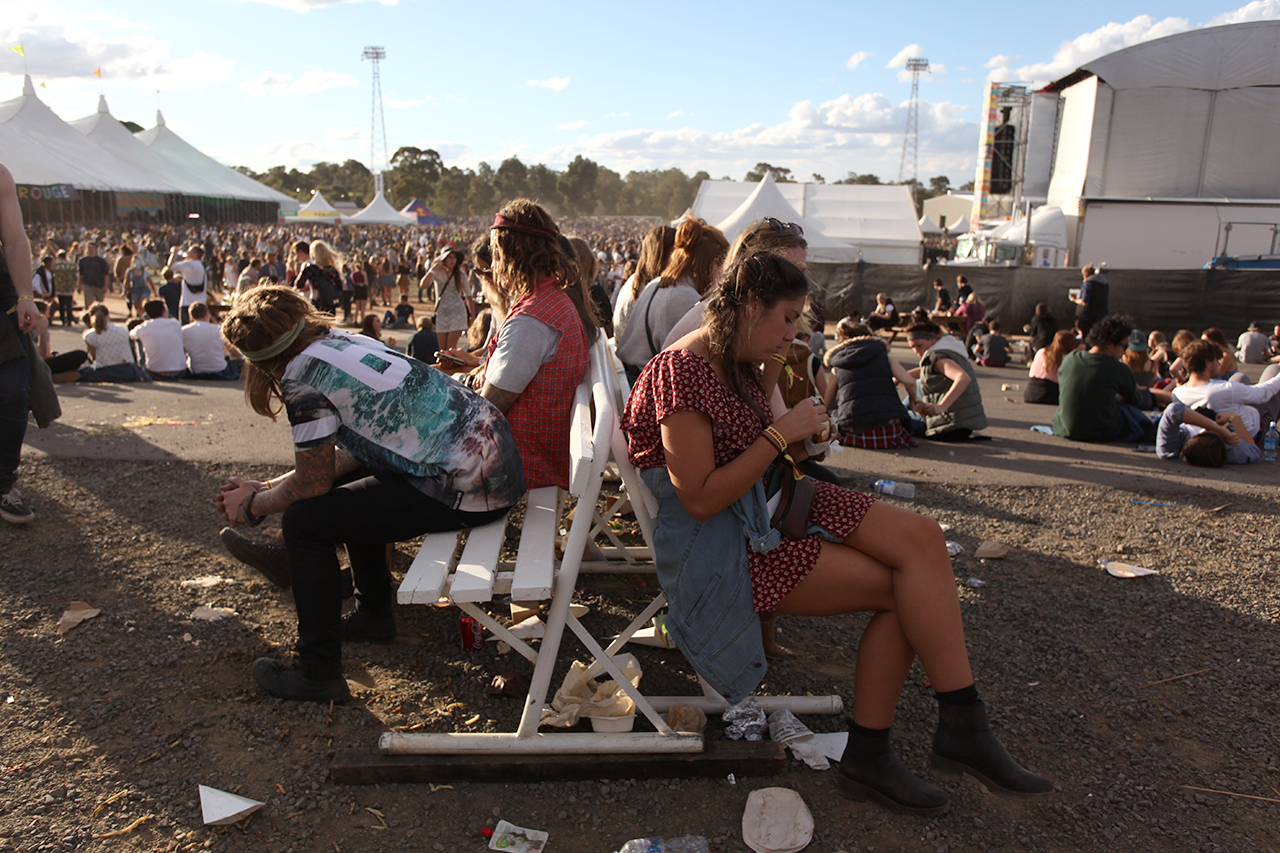
-
007YouandMeatSix014
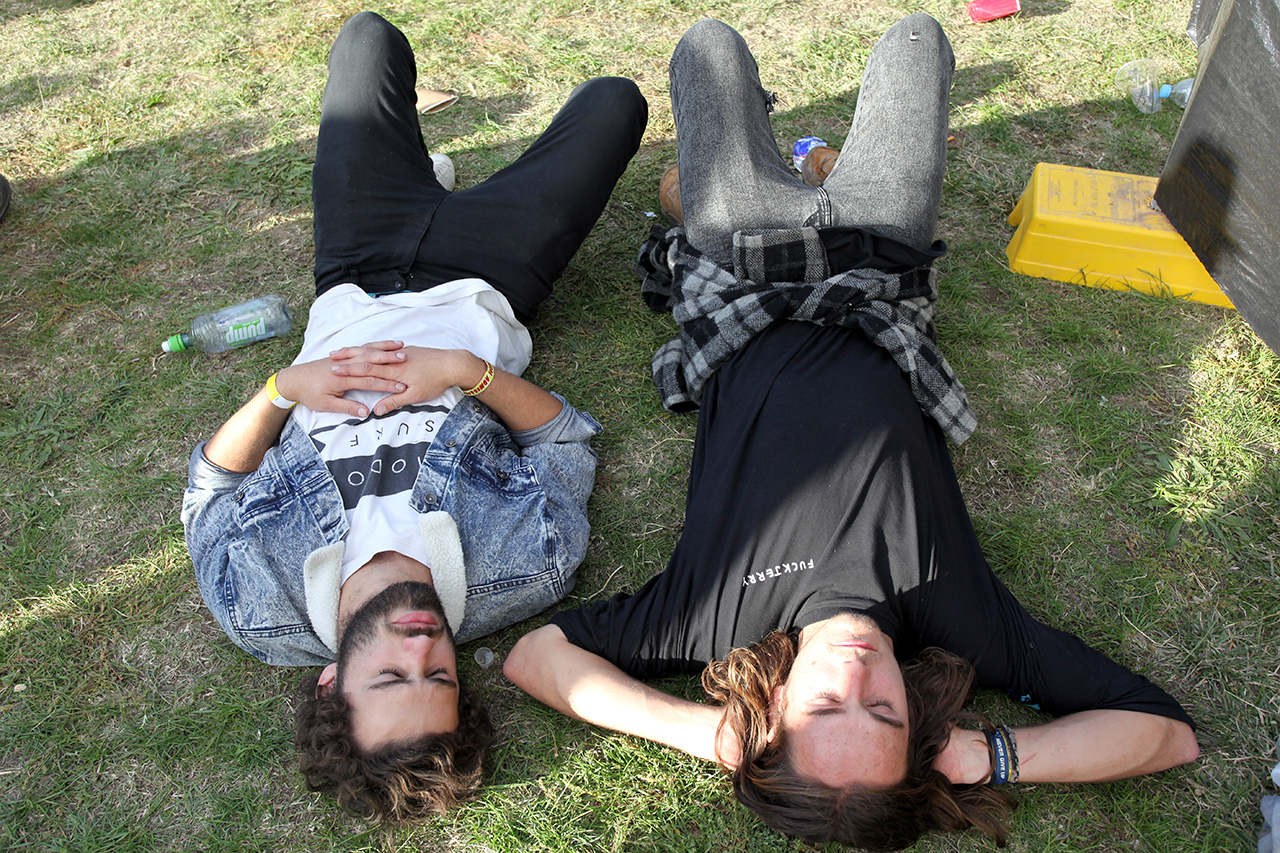
-
007YouandMeatSix013
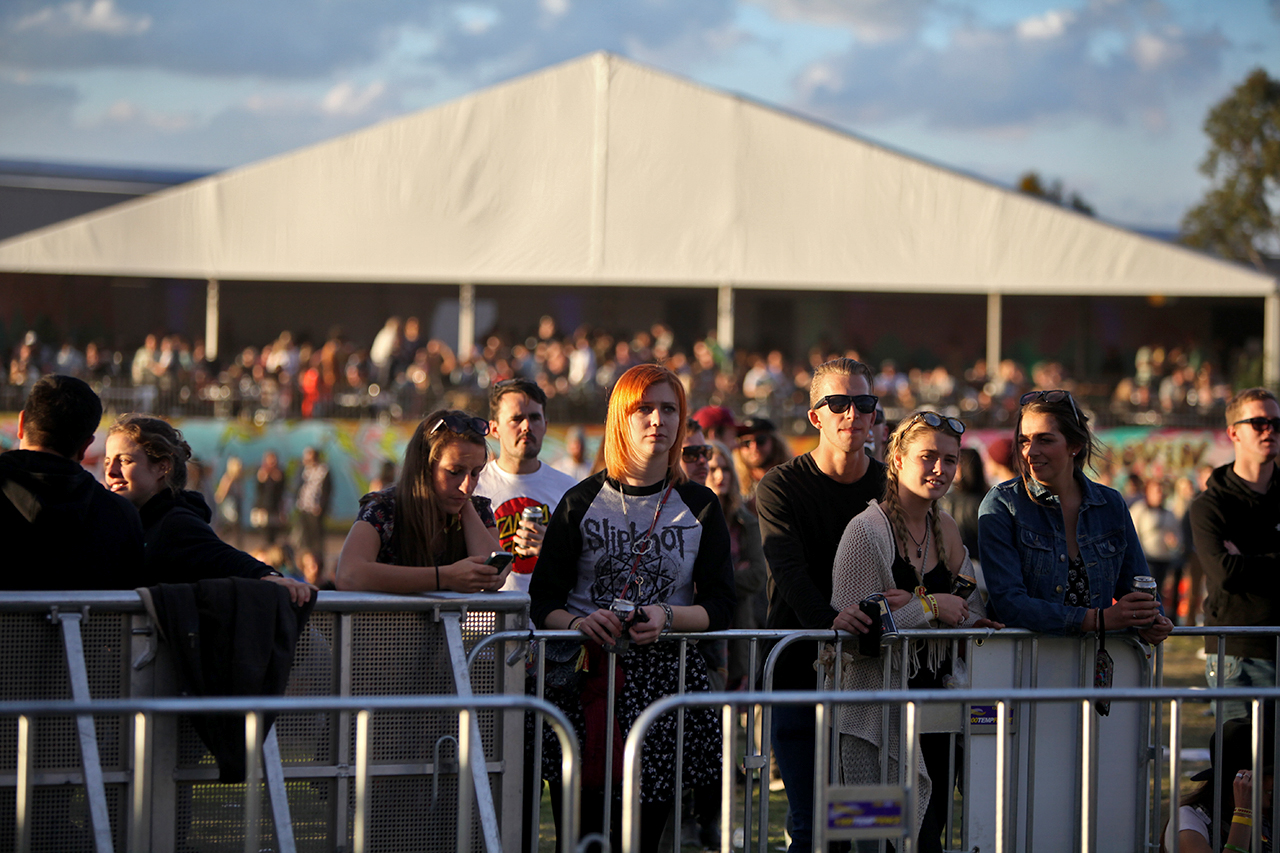
-
007YouandMeatSix012
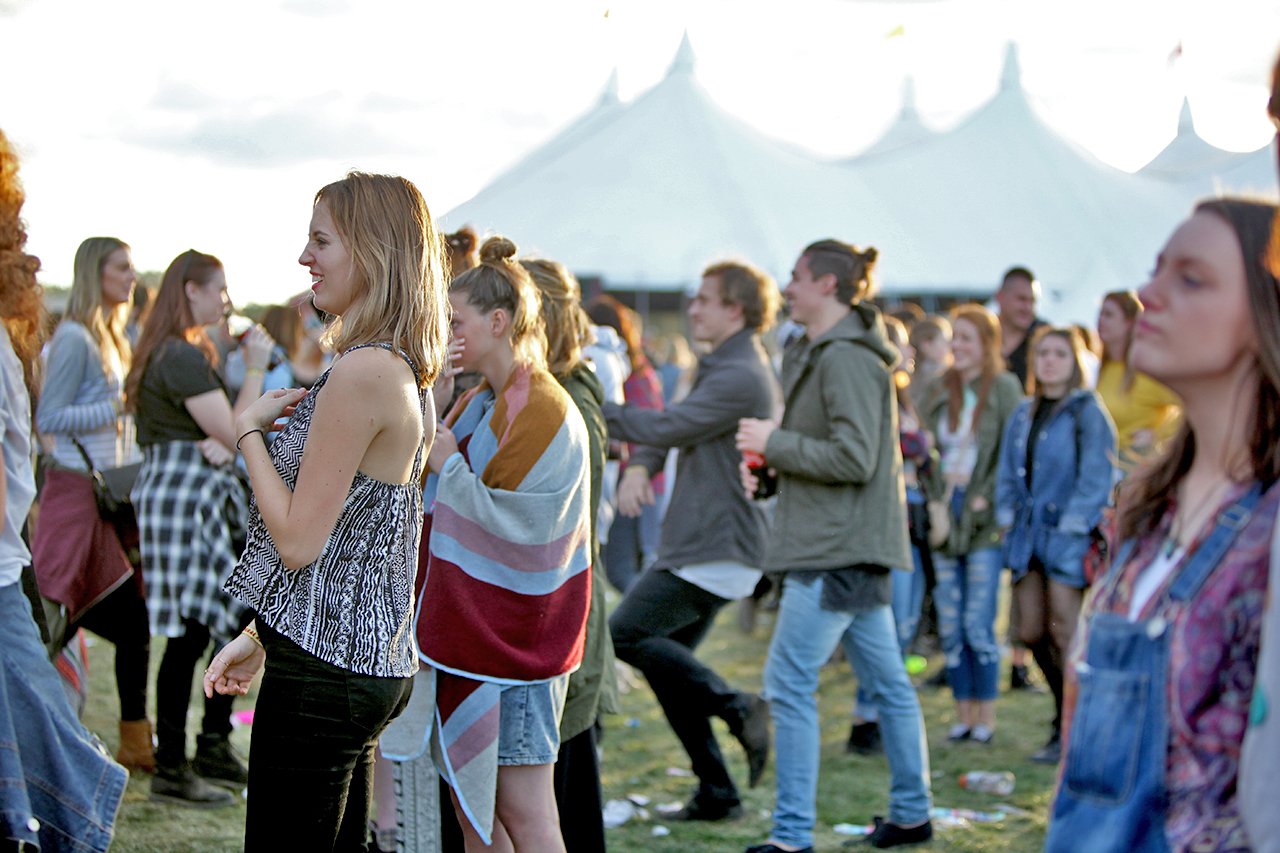
-
007YouandMeatSix011
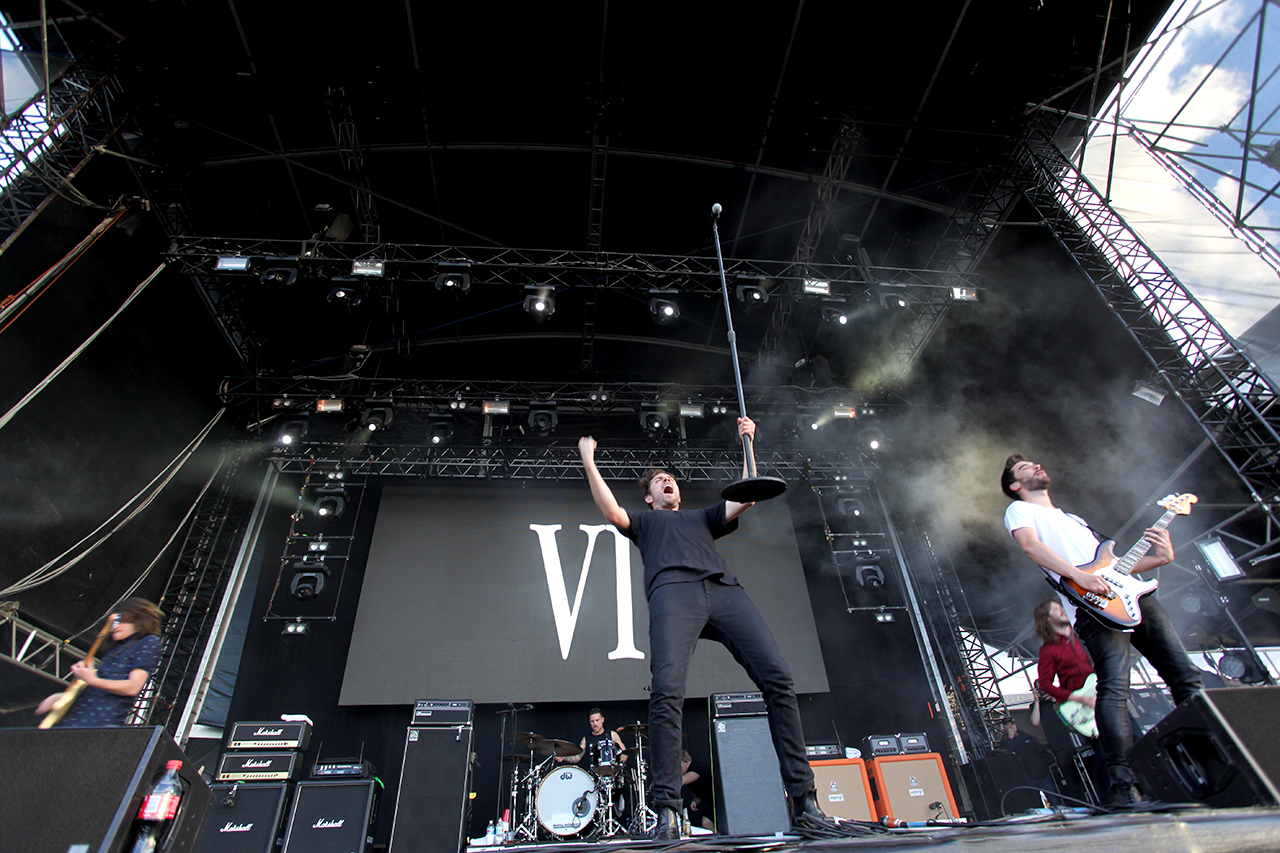
You Me At Six -
007YouandMeatSix010
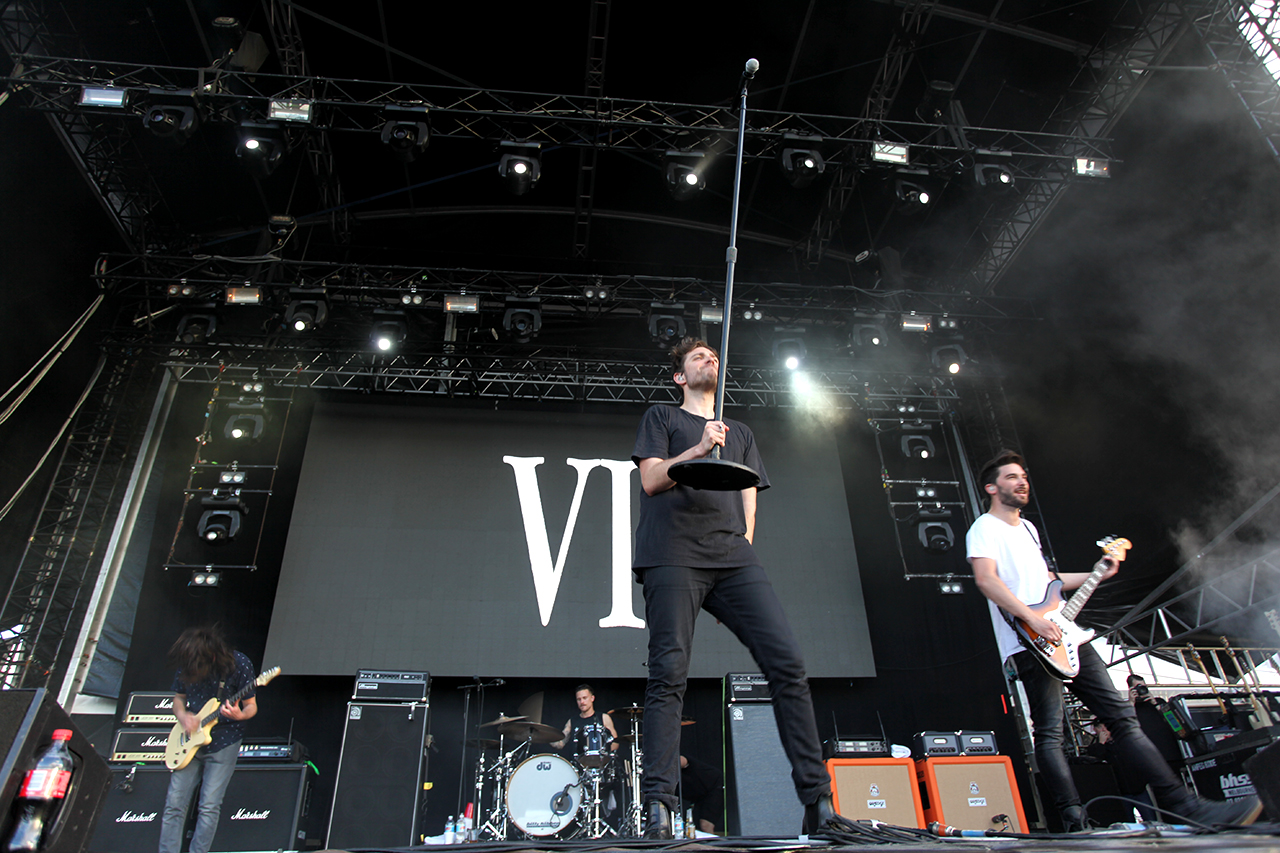
You Me At Six -
007YouandMeatSix009
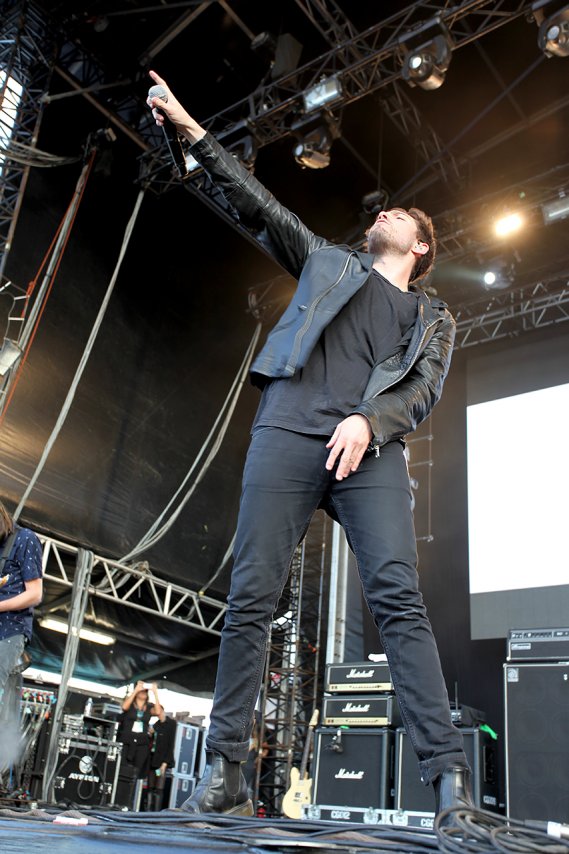
You Me At Six -
007YouandMeatSix008
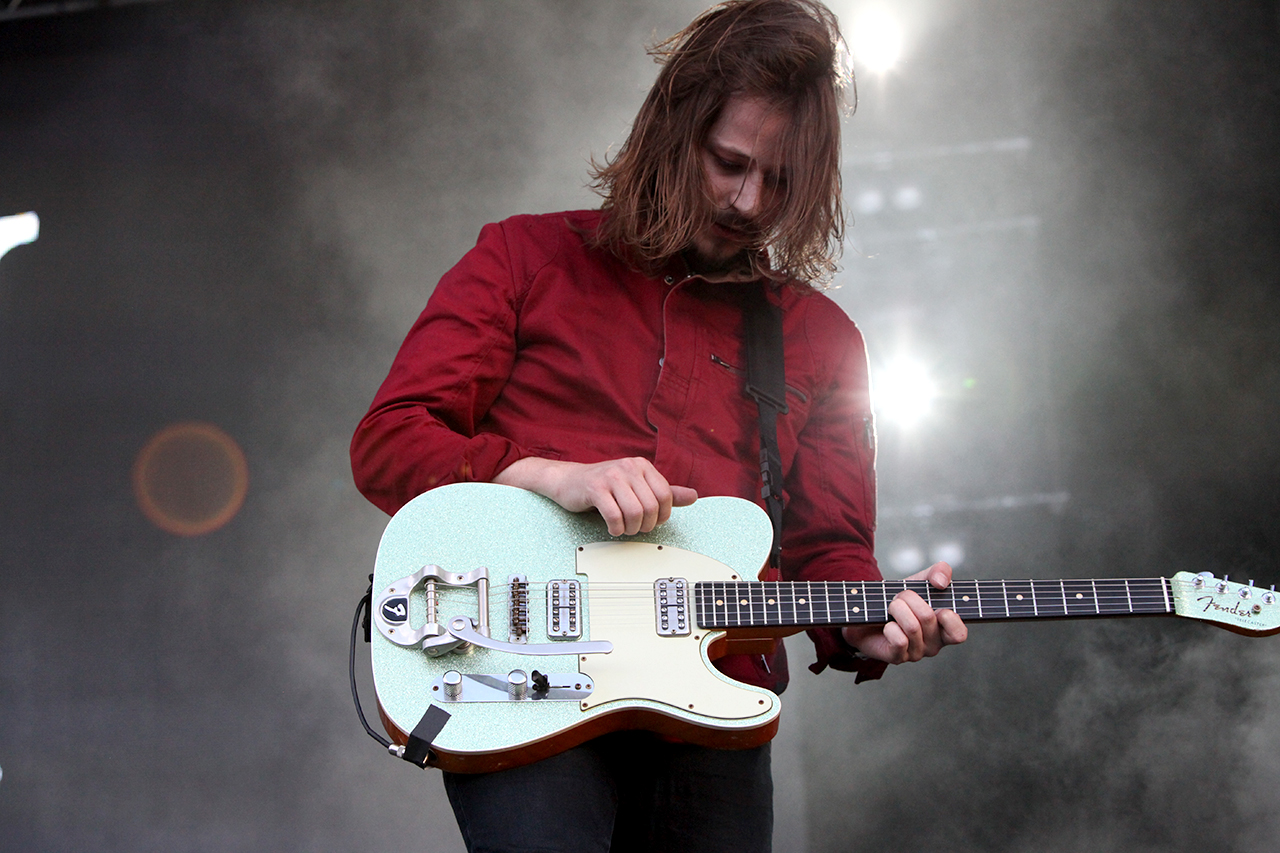
You Me At Six -
007YouandMeatSix007
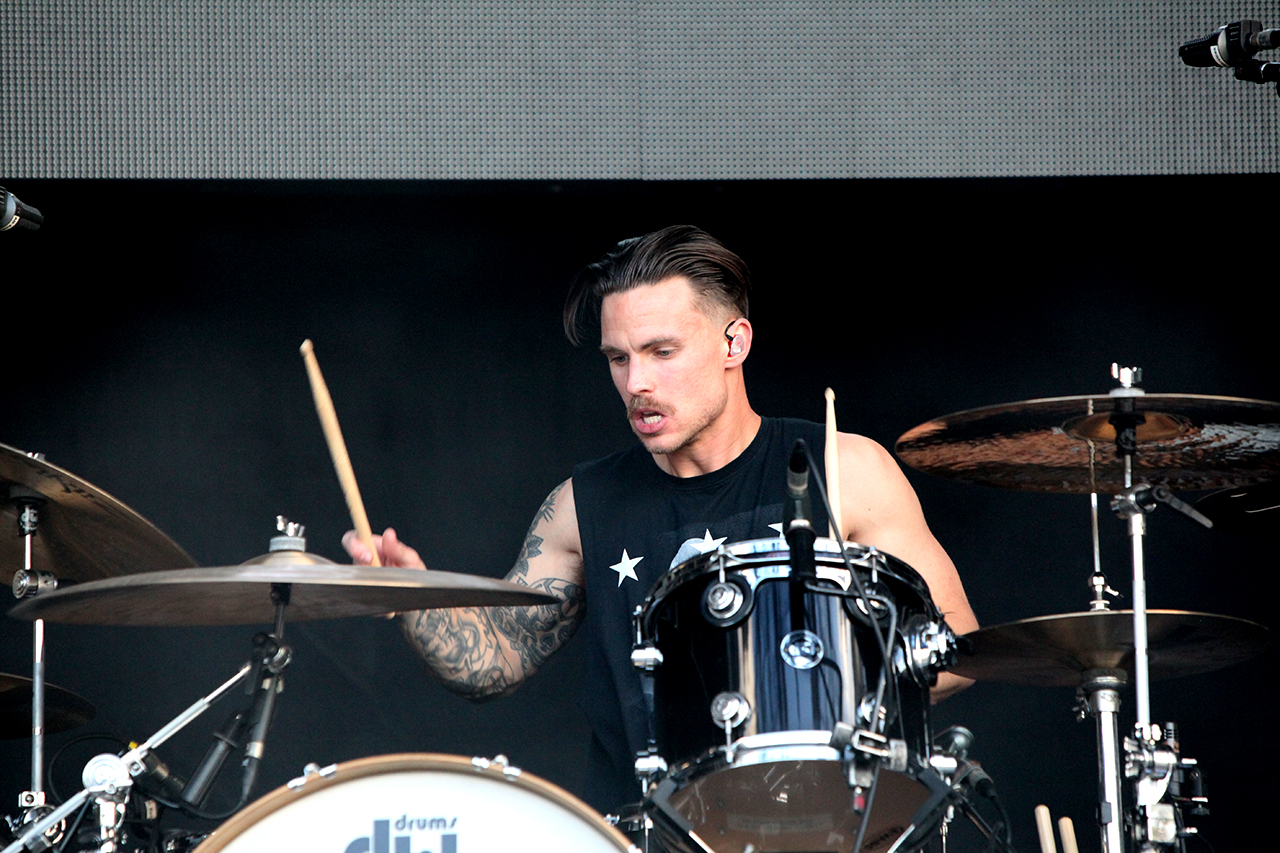
You Me At Six -
007YouandMeatSix006
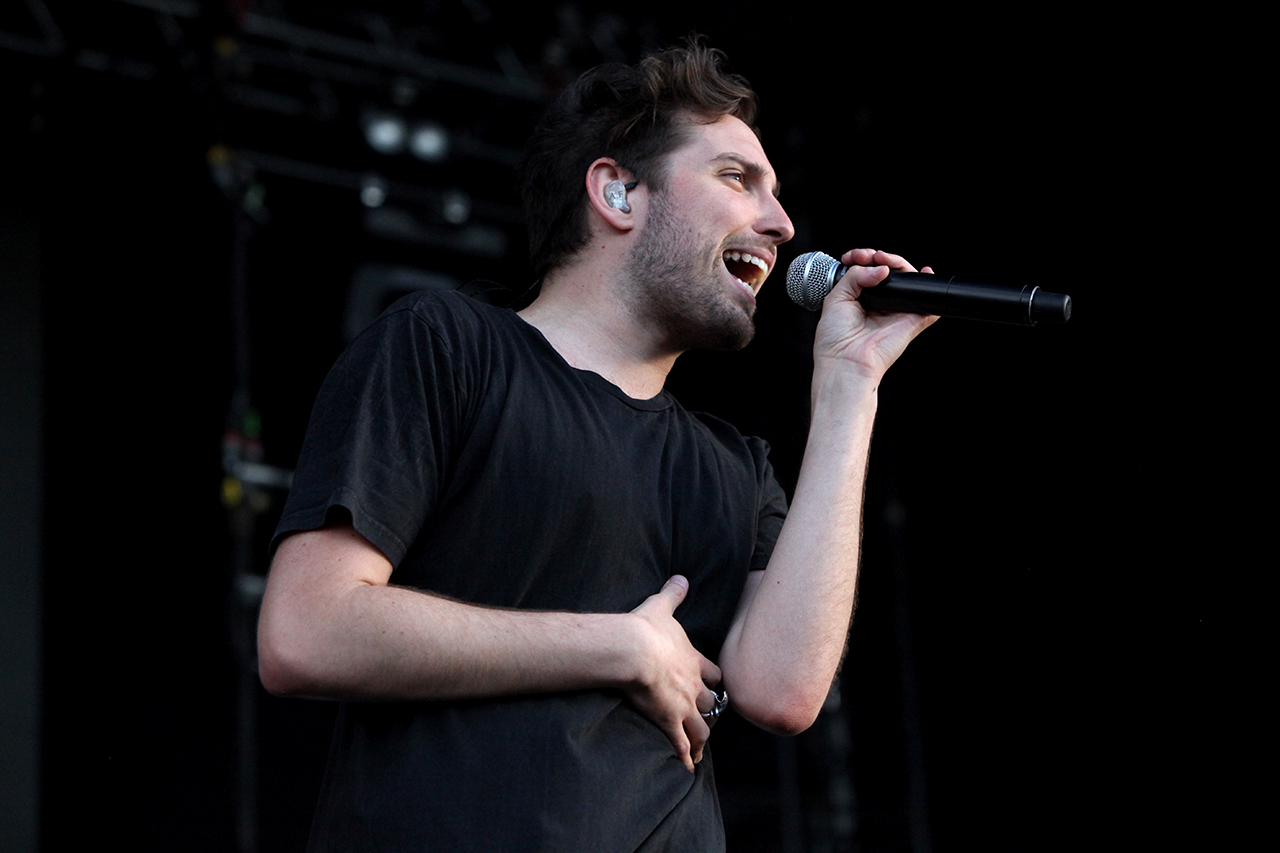
You Me At Six -
007YouandMeatSix005
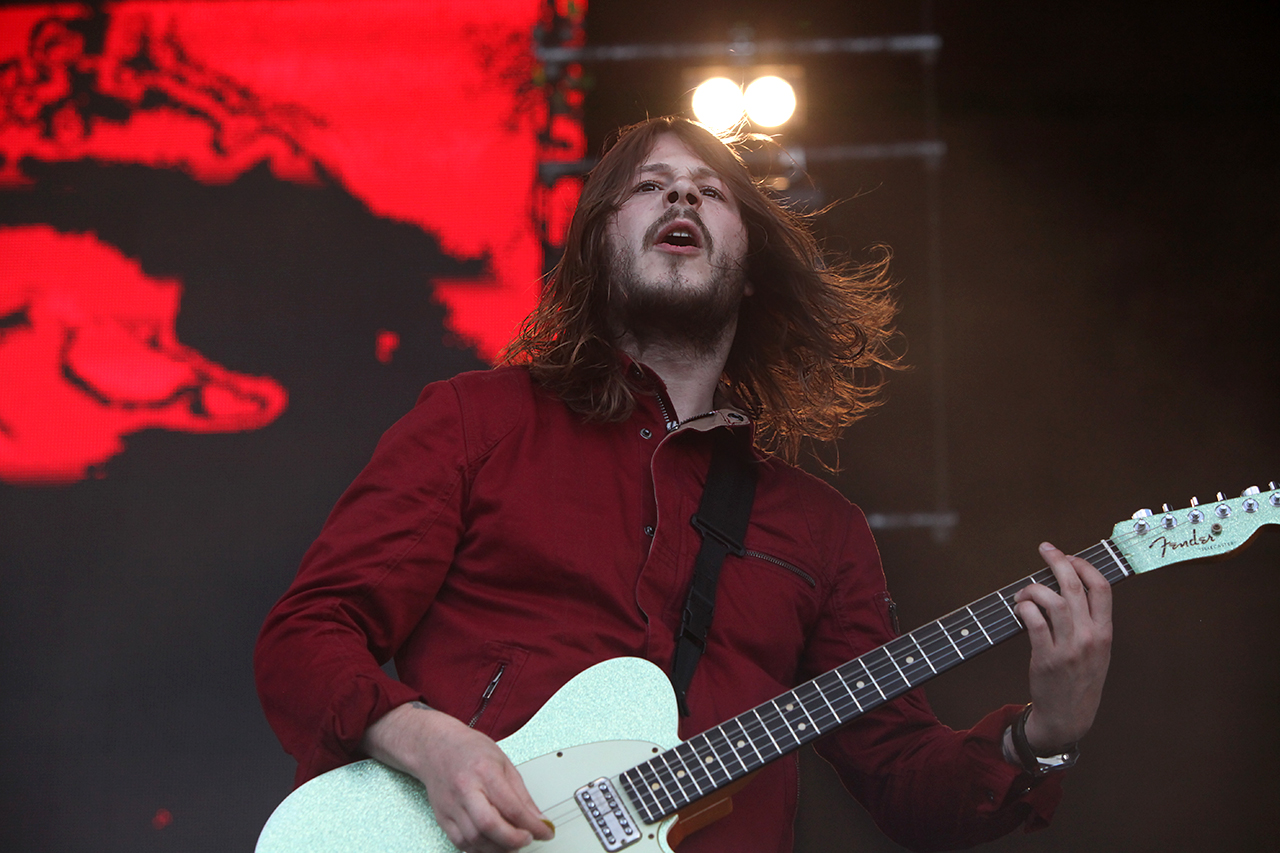
You Me At Six -
007YouandMeatSix004
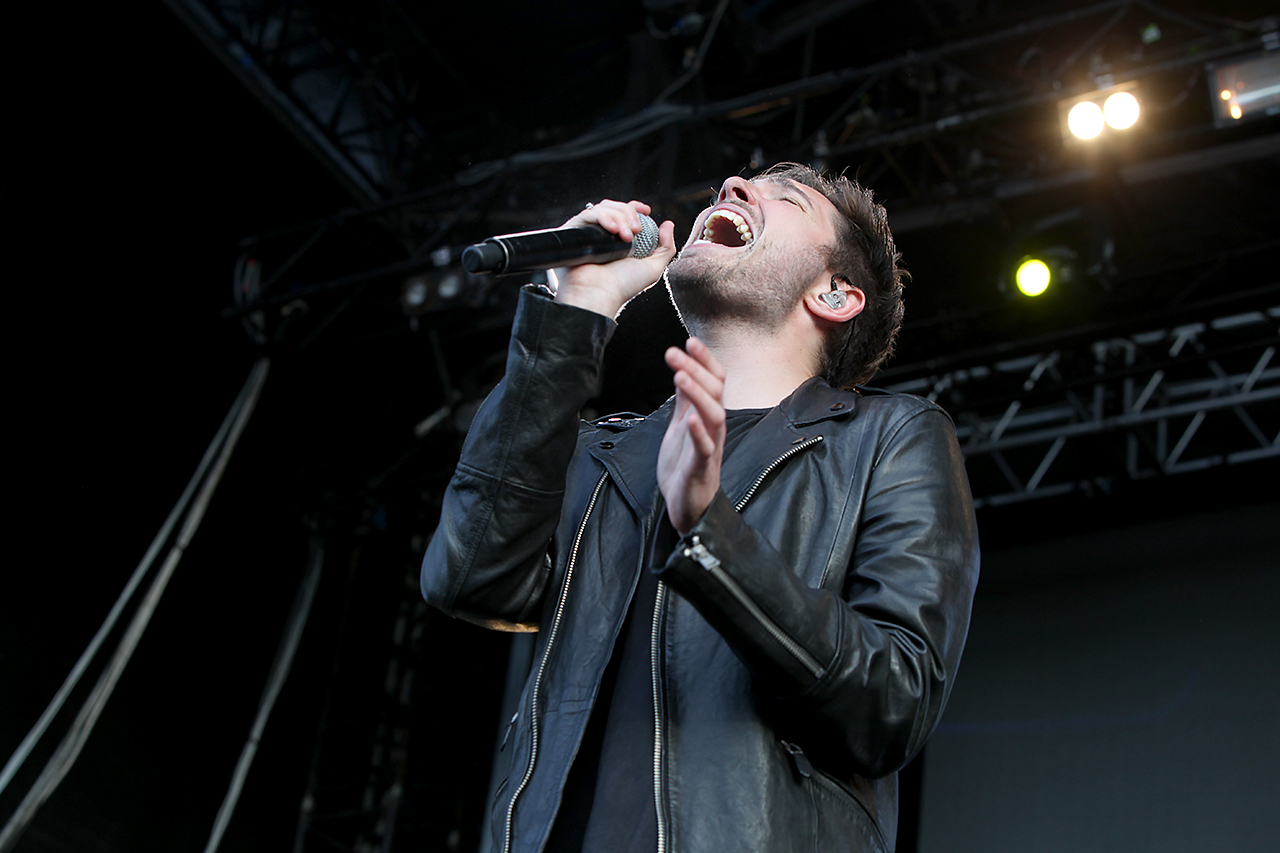
You Me At Six -
007YouandMeatSix003
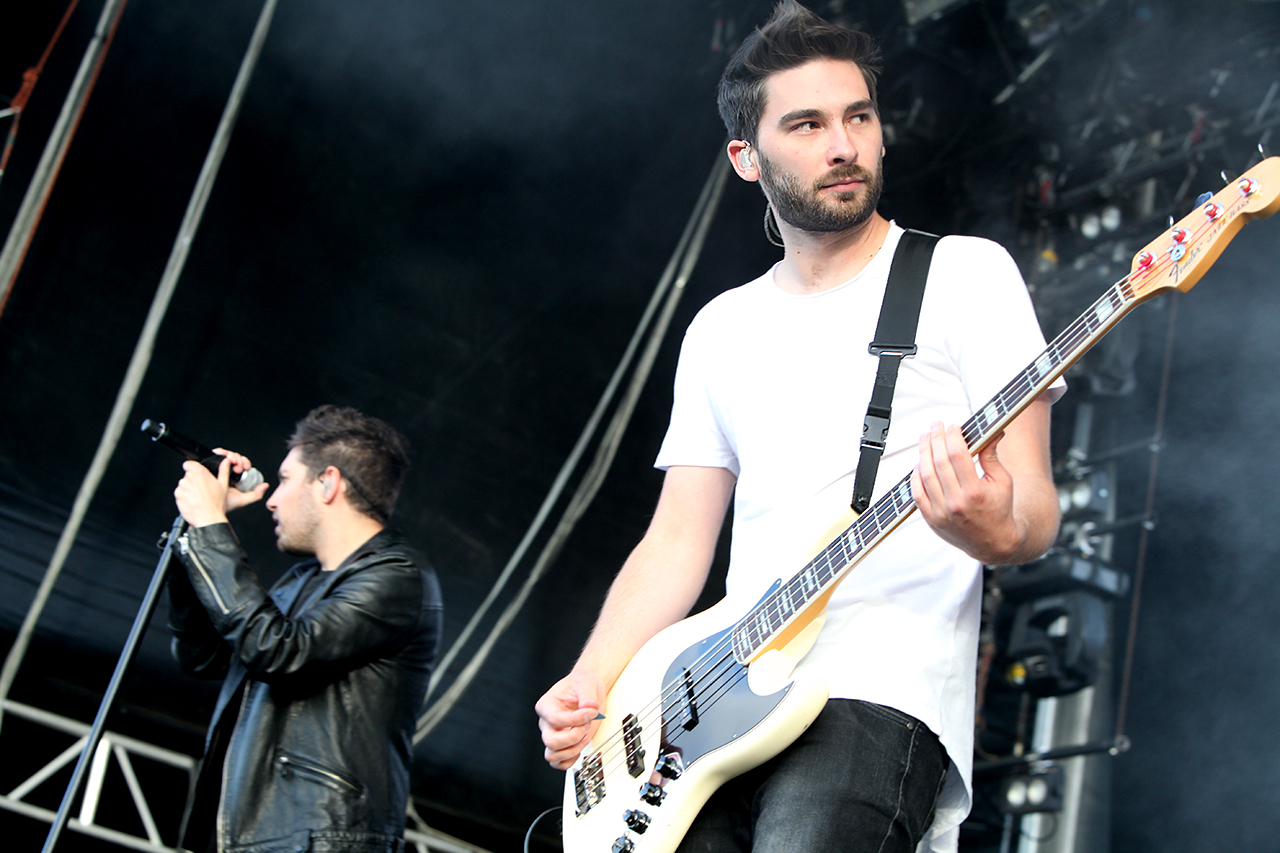
You Me At Six -
007YouandMeatSix002
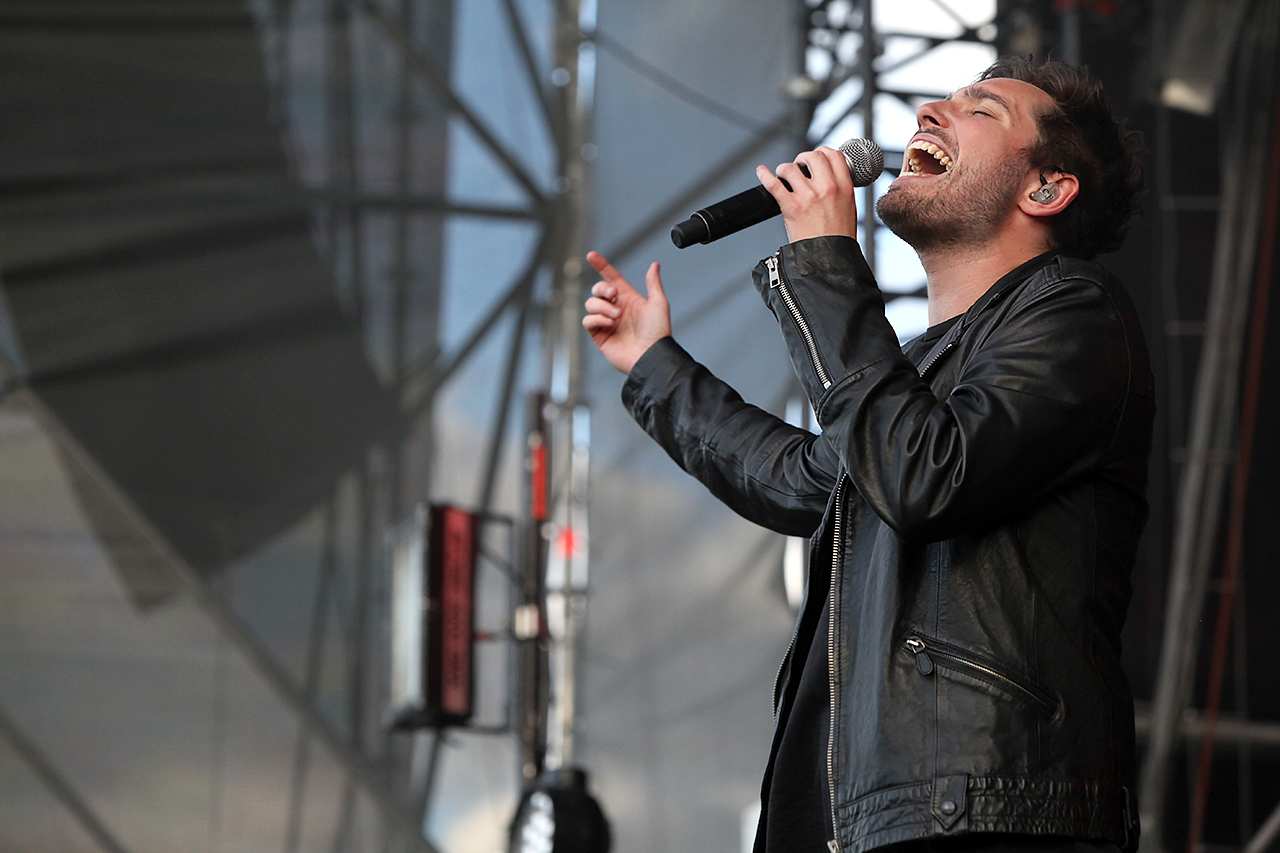
You Me At Six -
007YouandMeatSix001
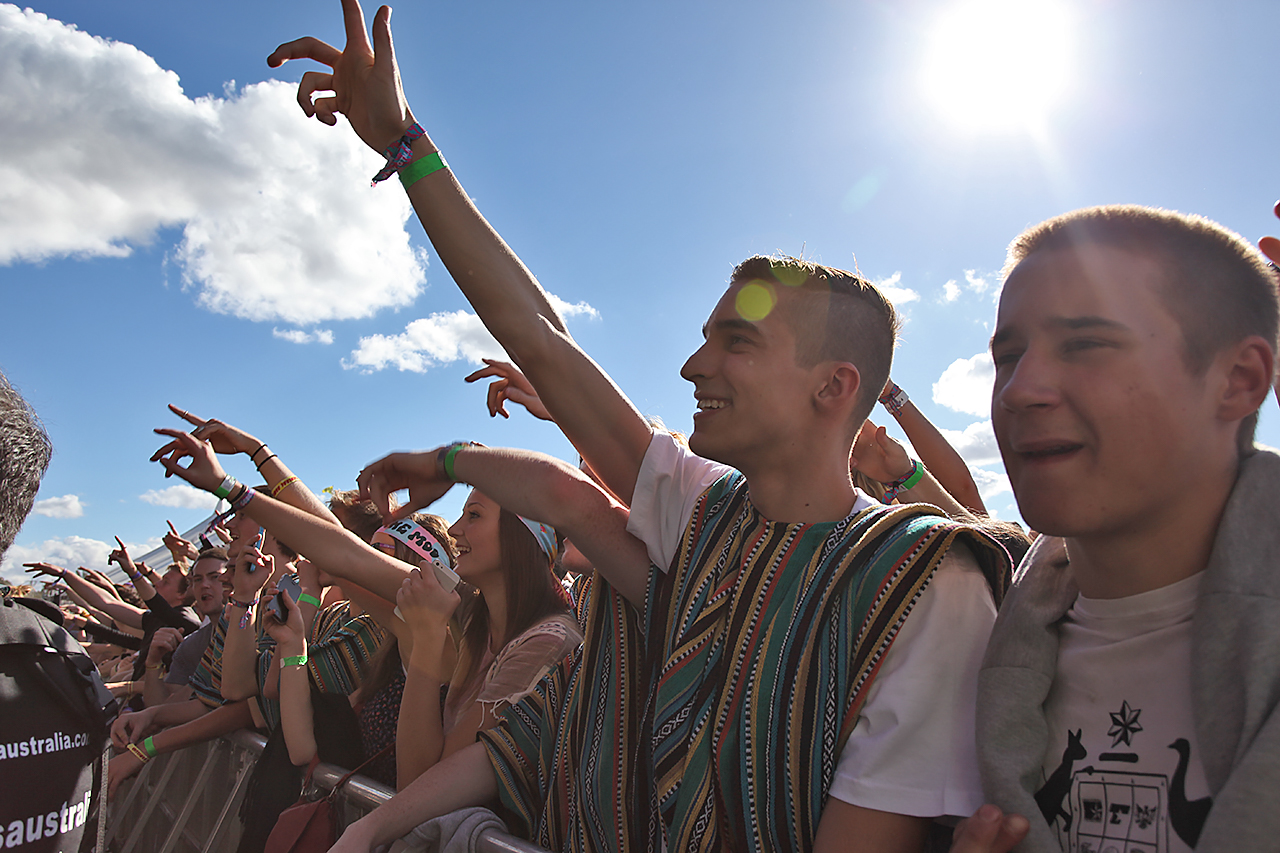
-
006SanCisco007
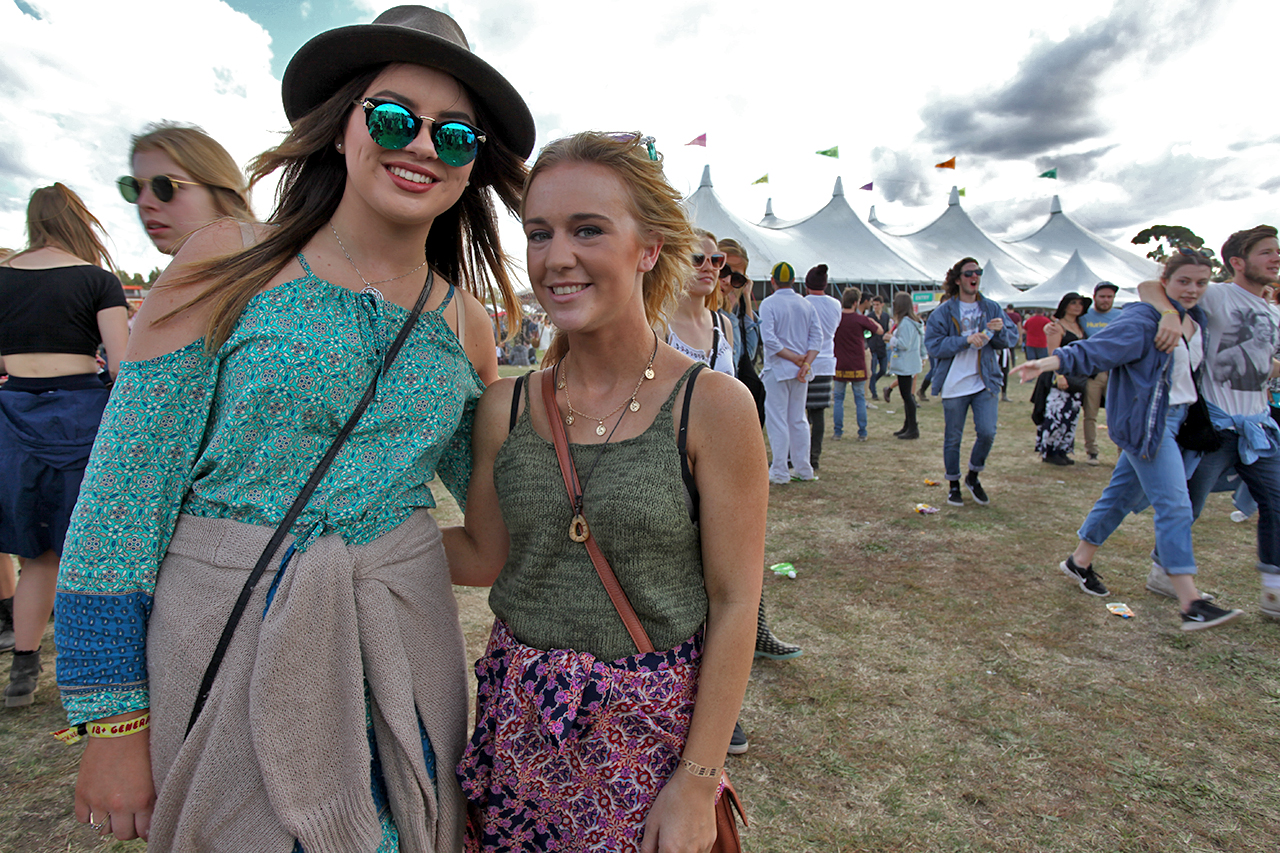
-
006SanCisco006
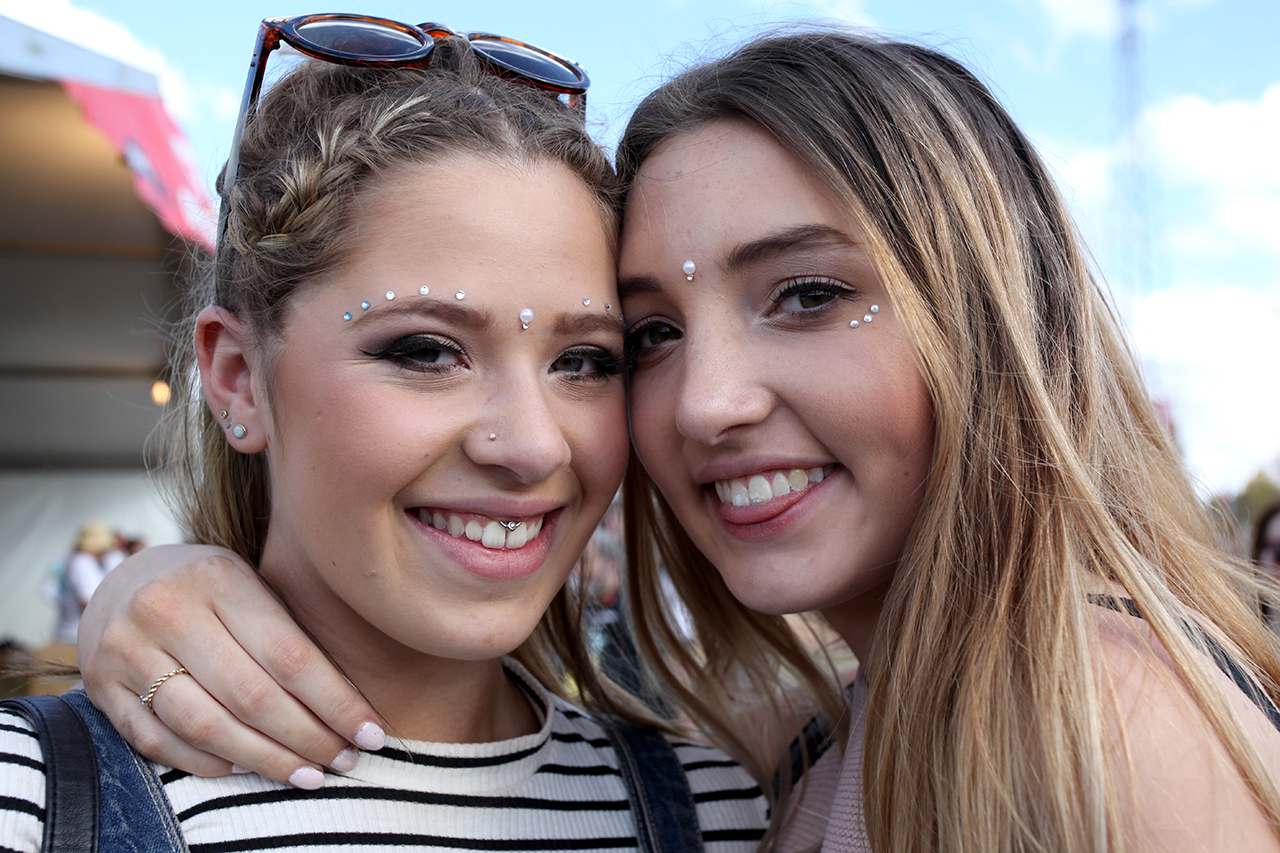
-
006SanCisco005
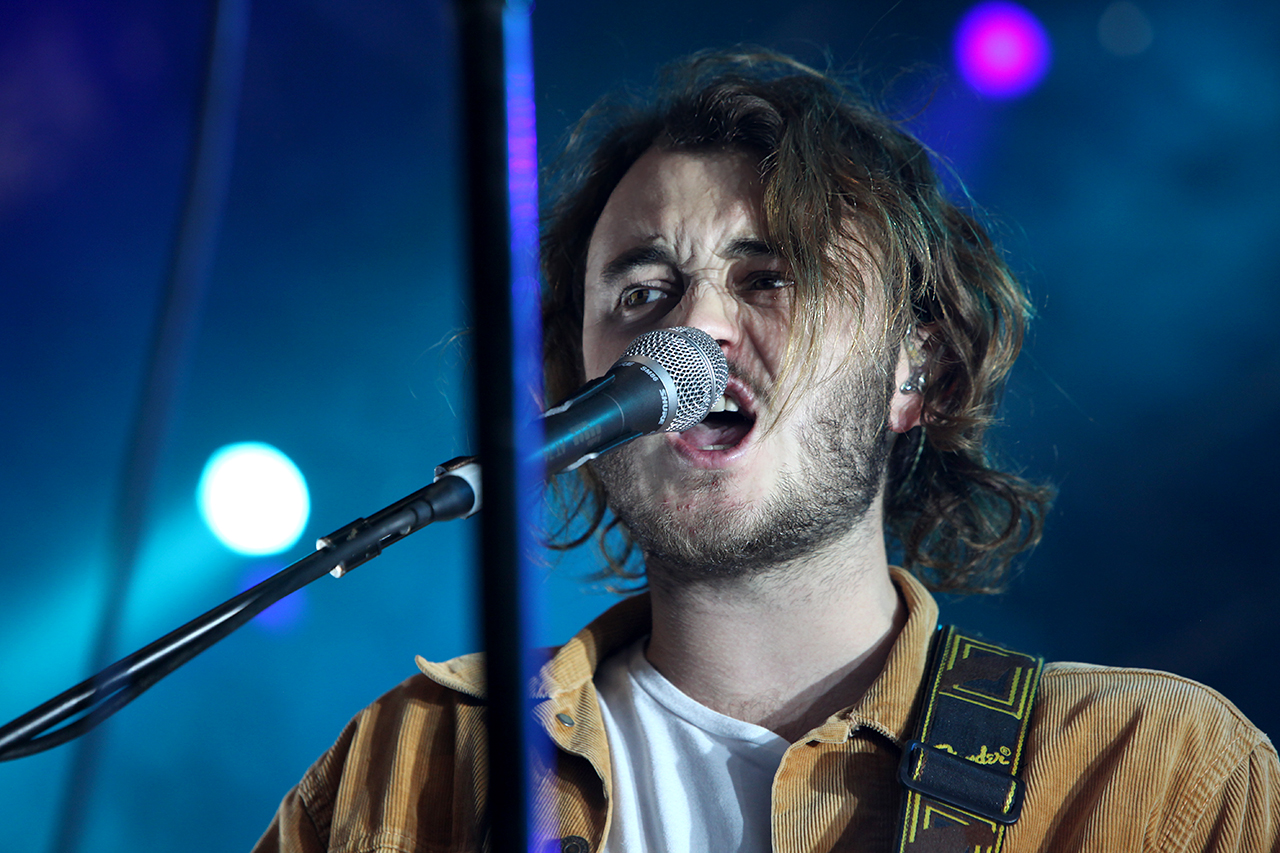
San Cisco -
006SanCisco004
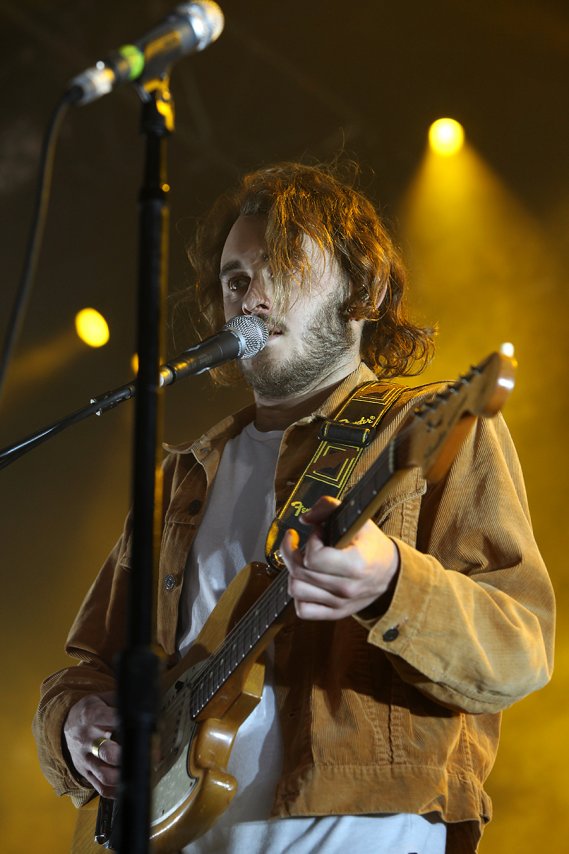
San Cisco -
006SanCisco003
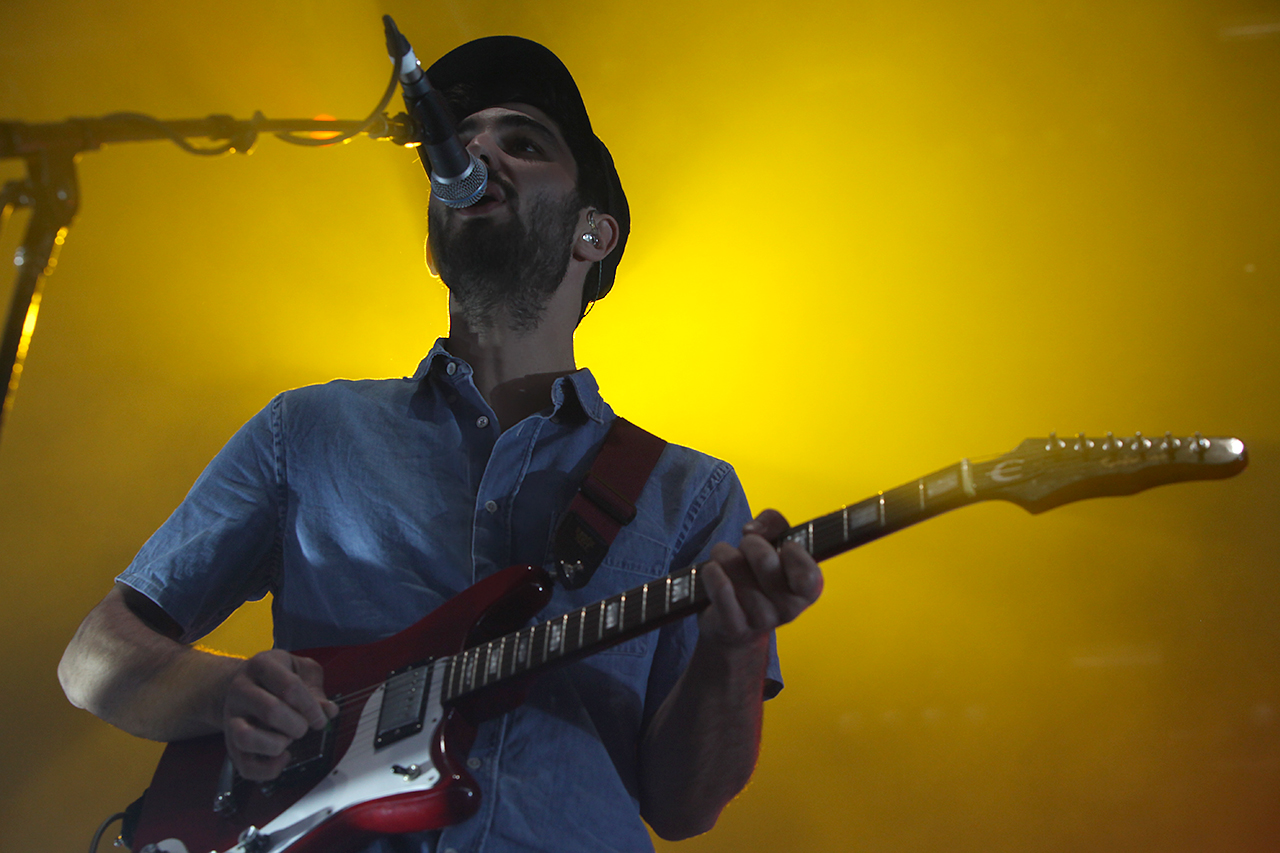
San Cisco -
006SanCisco002
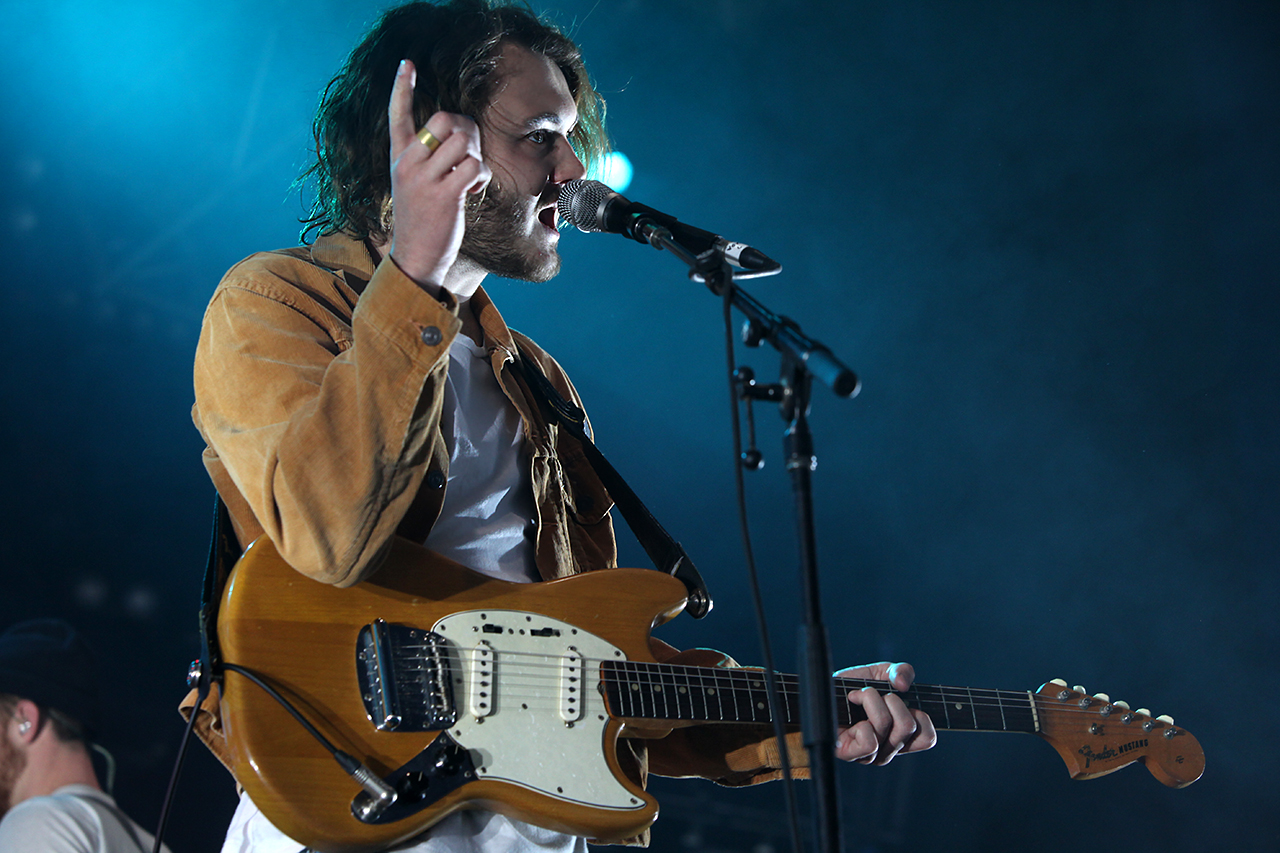
San Cisco -
006SanCisco001
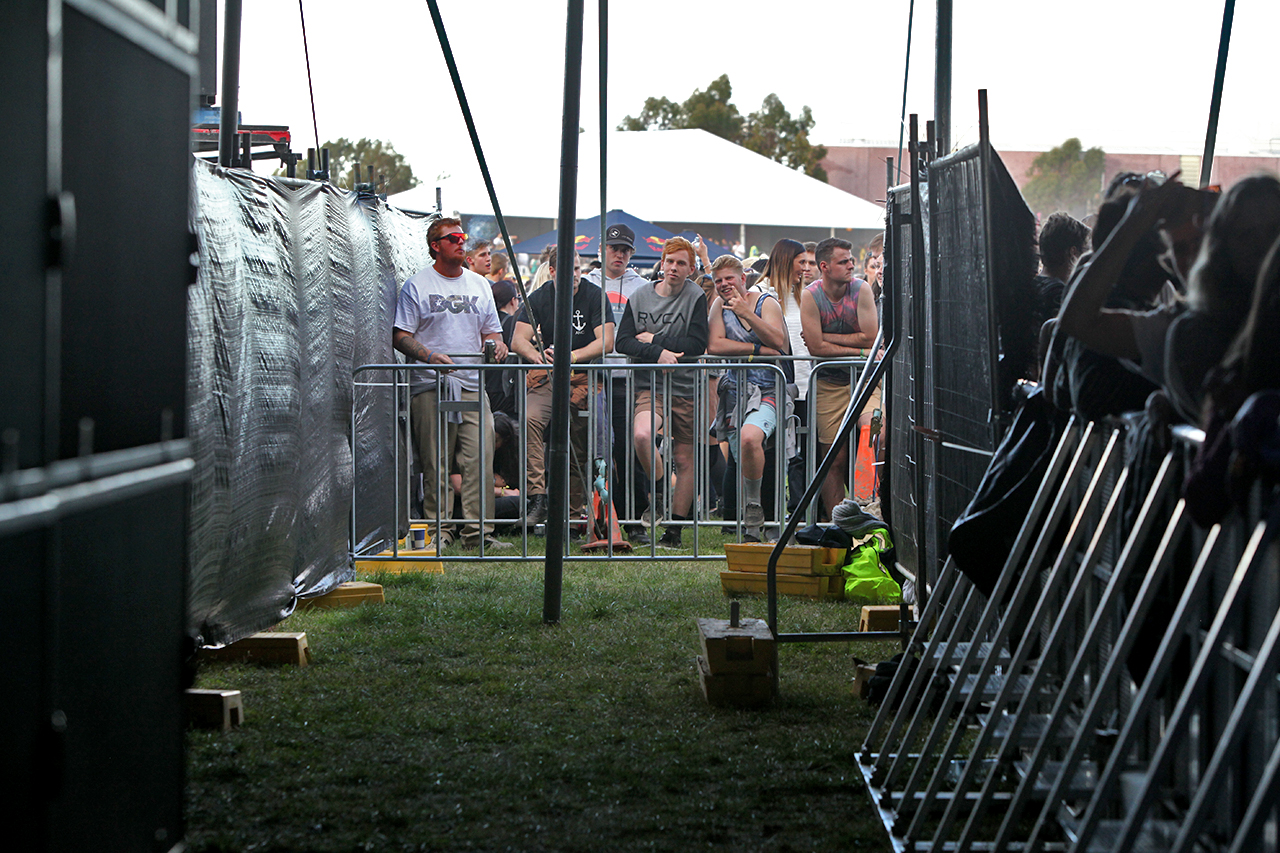
-
005Preatures020
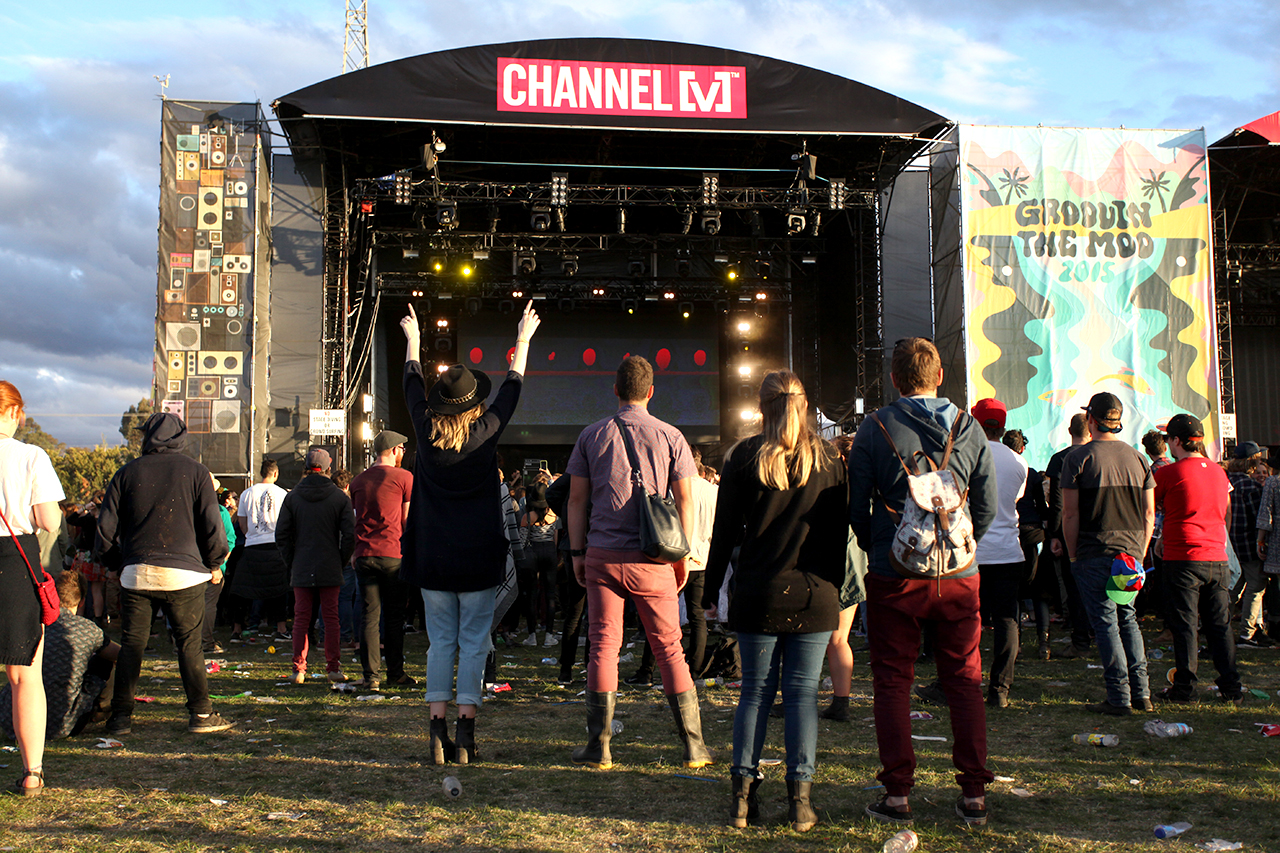
-
005Preatures019
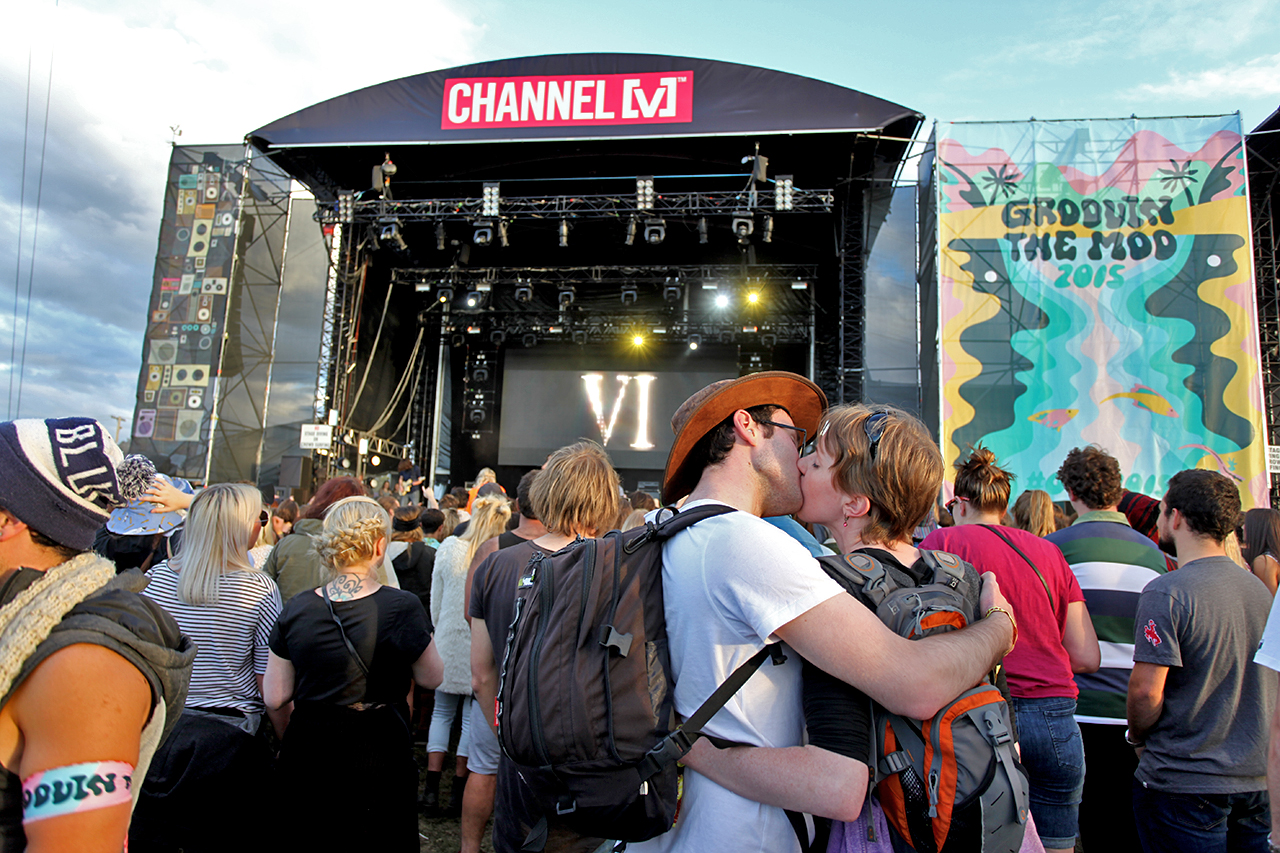
-
005Preatures018
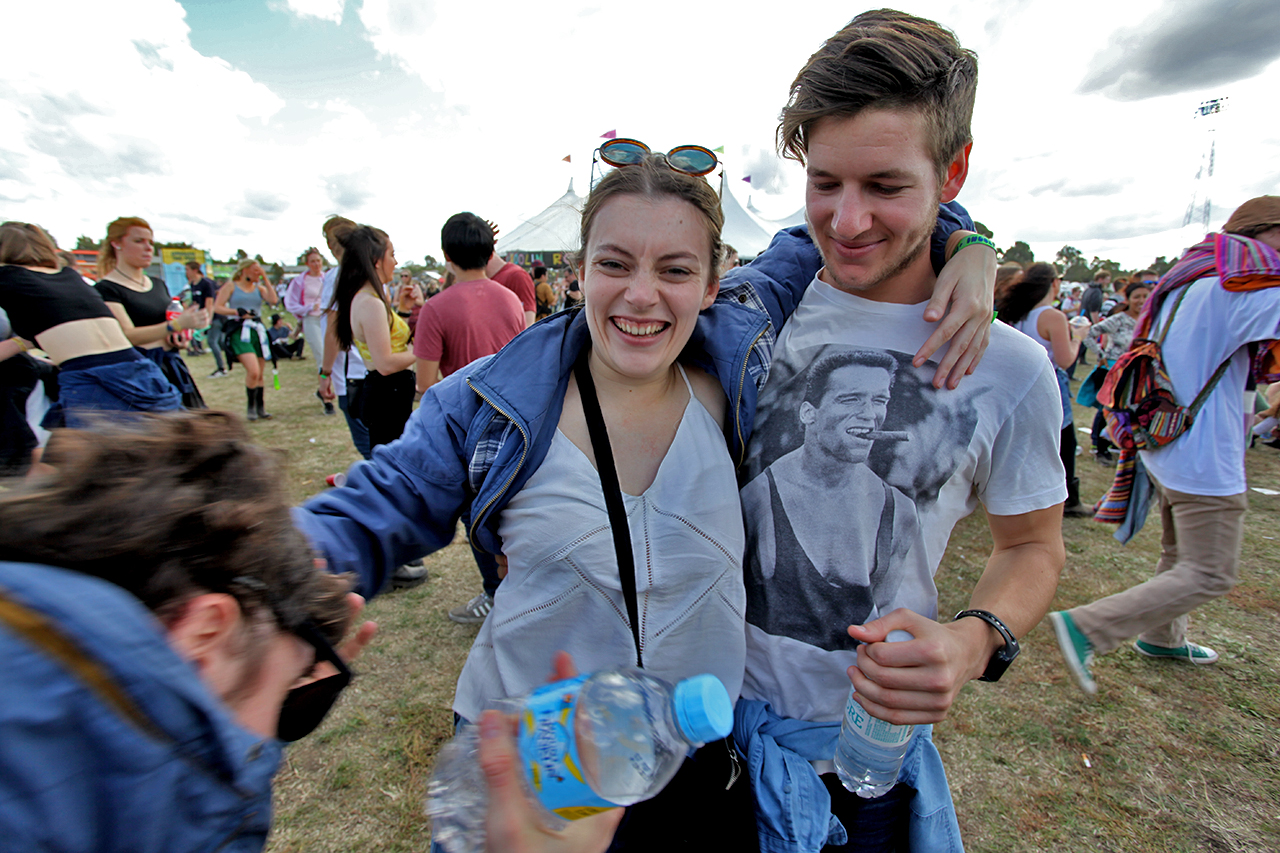
-
005Preatures017
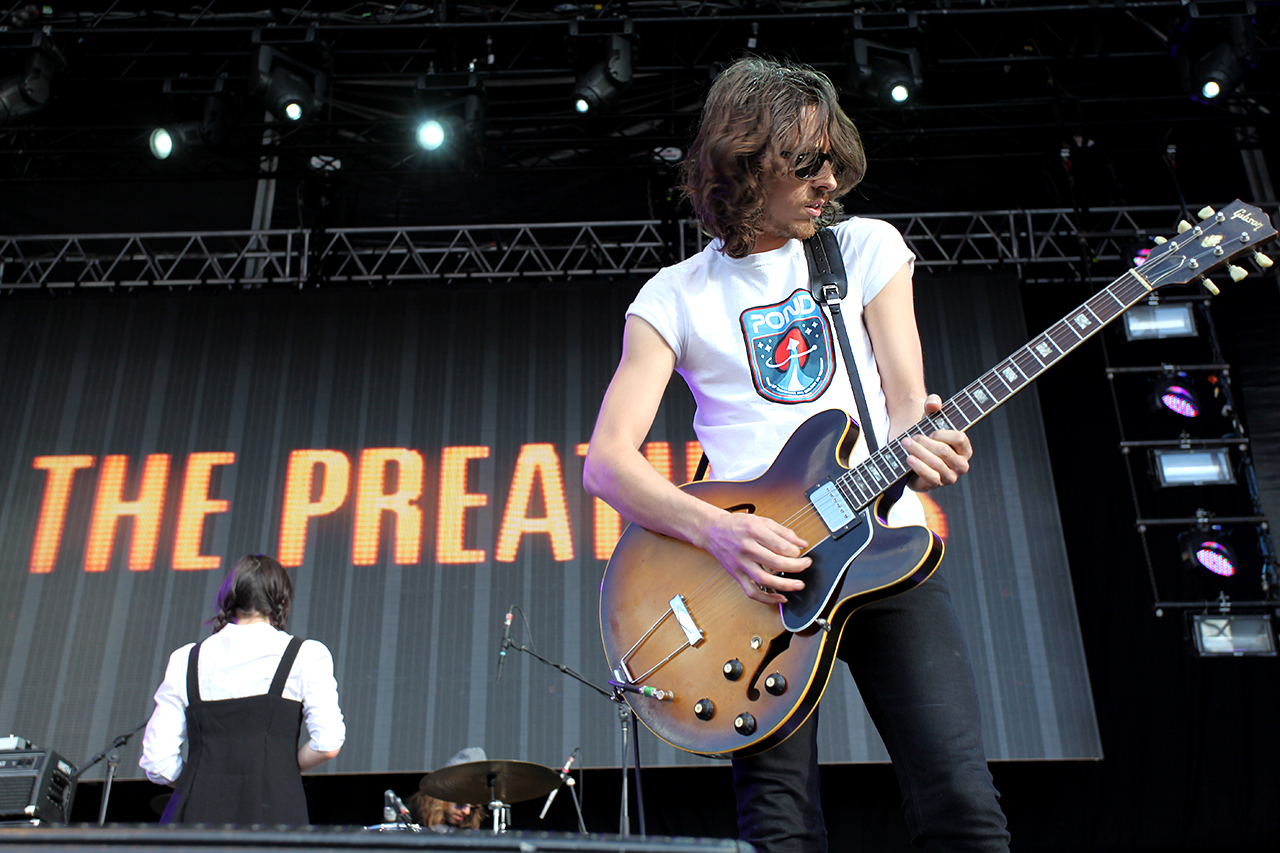
The Preatures -
005Preatures016
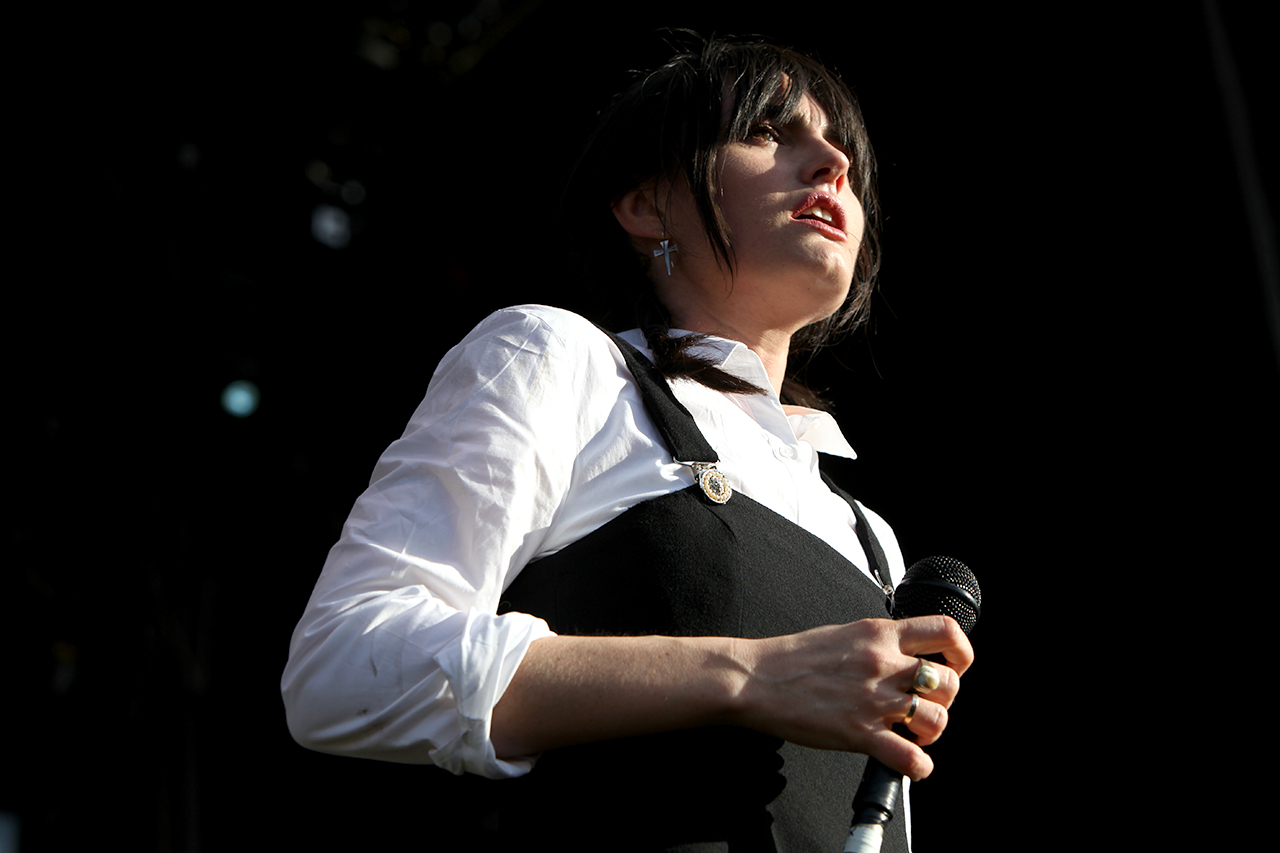
The Preatures -
005Preatures015
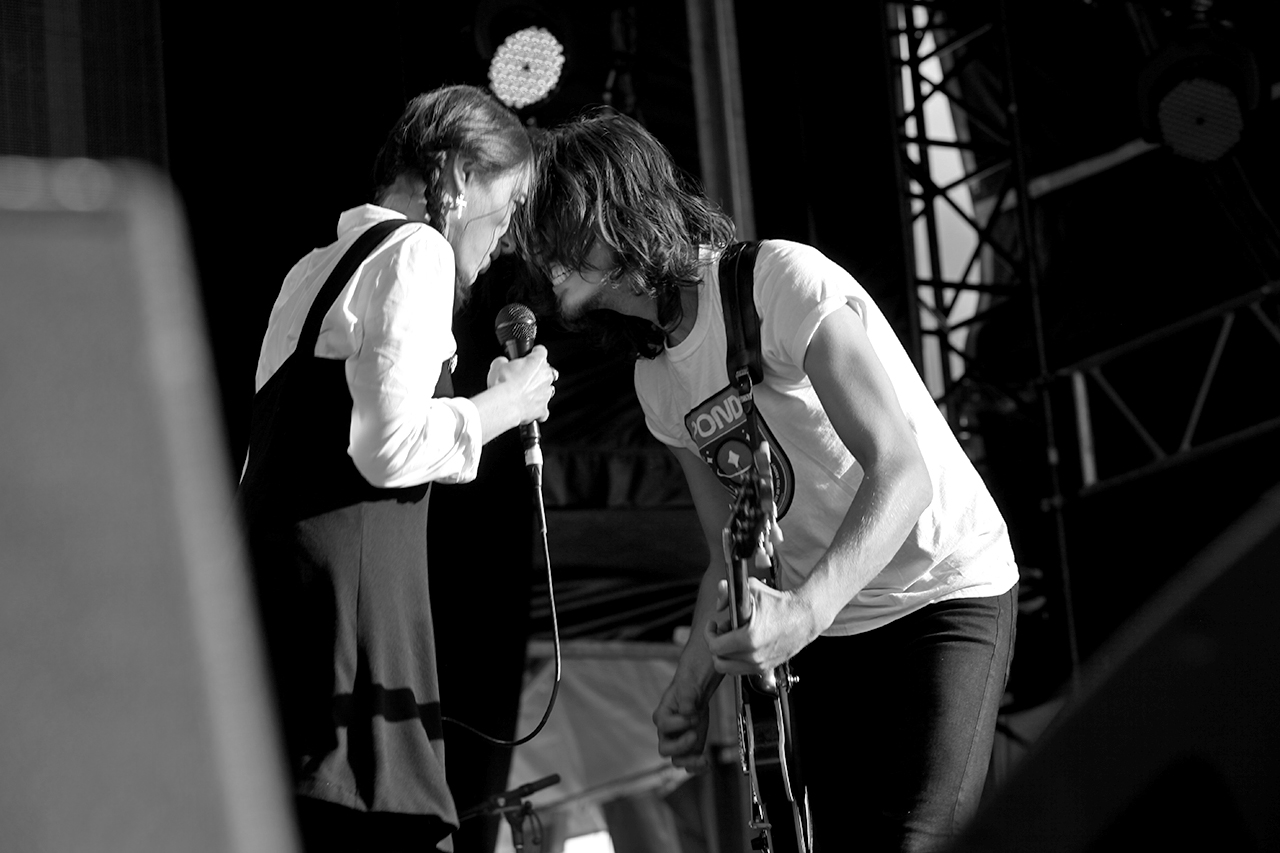
The Preatures -
005Preatures014
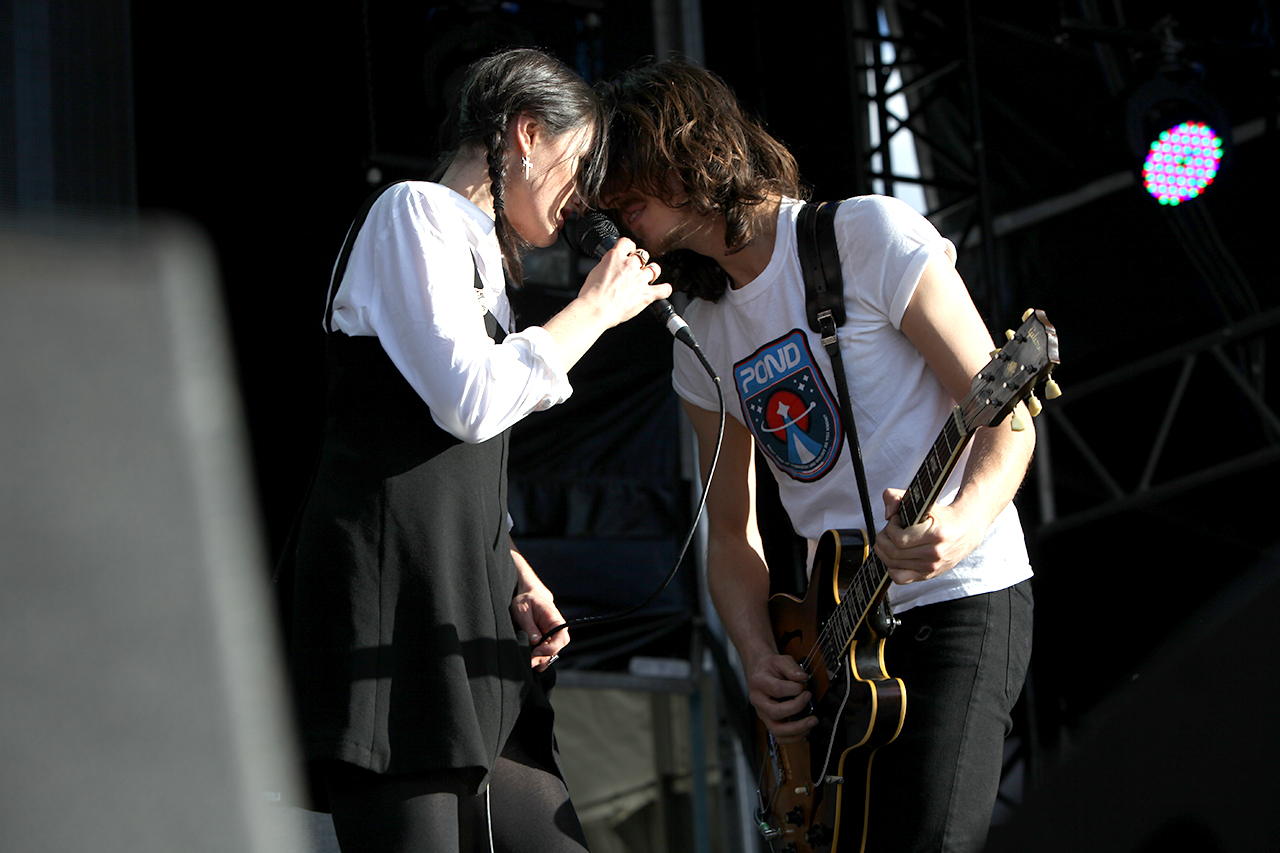
The Preatures -
005Preatures013
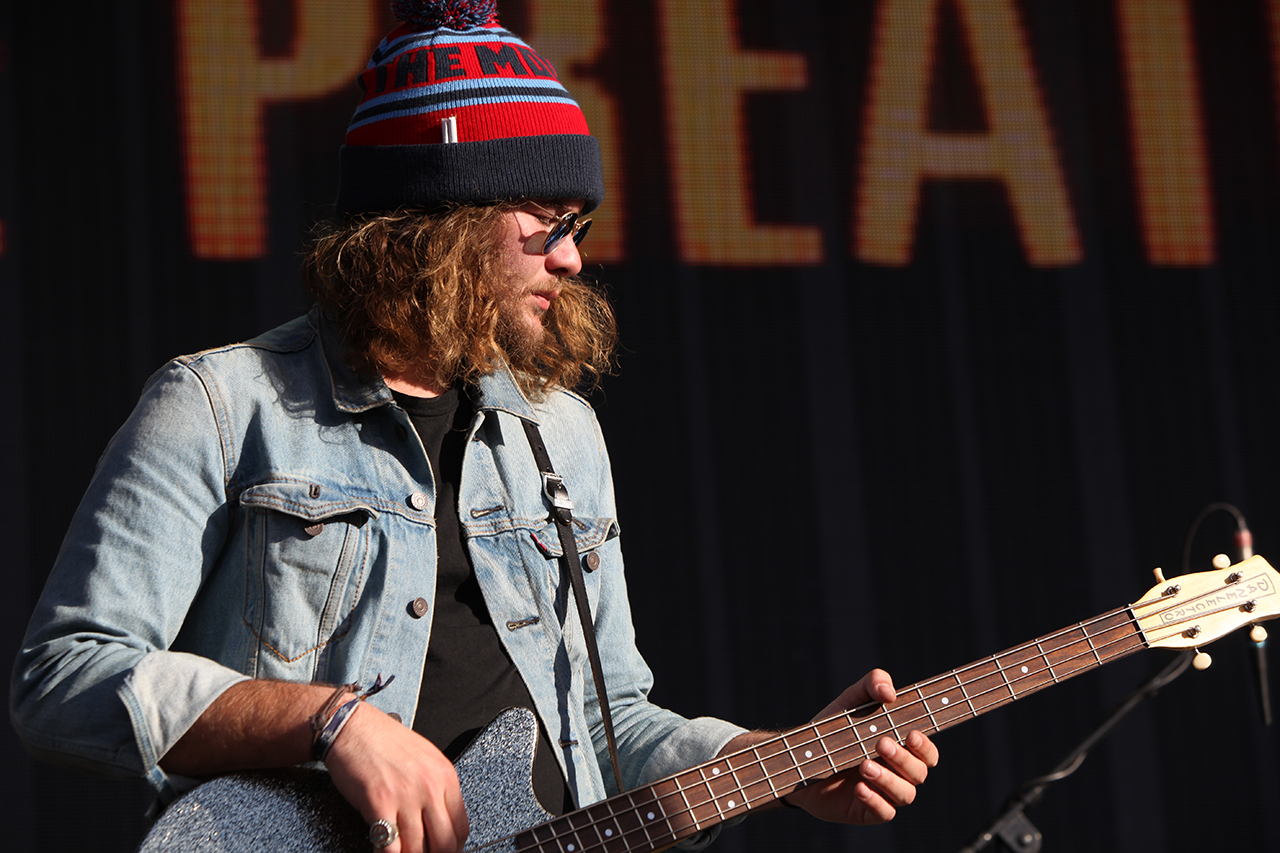
The Preatures -
005Preatures012
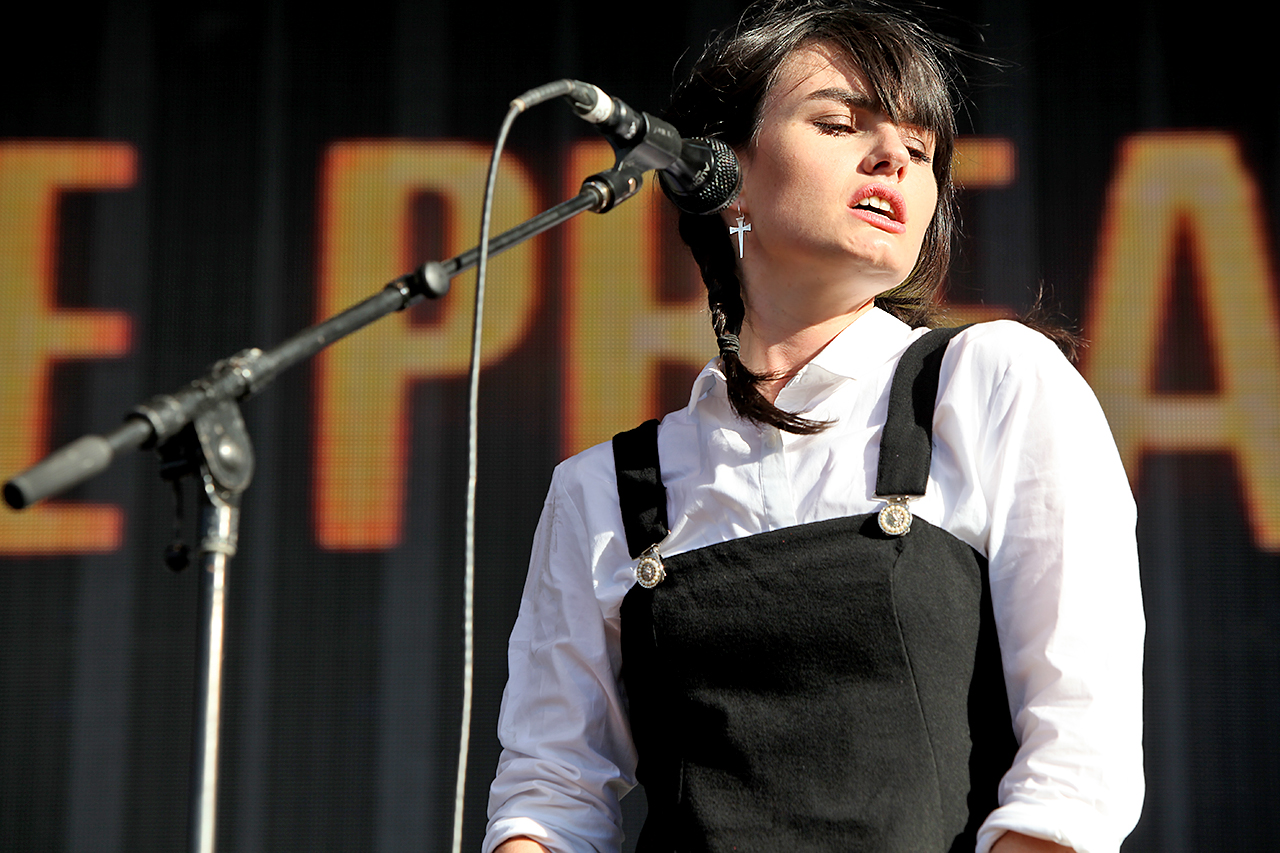
The Preatures -
005Preatures011
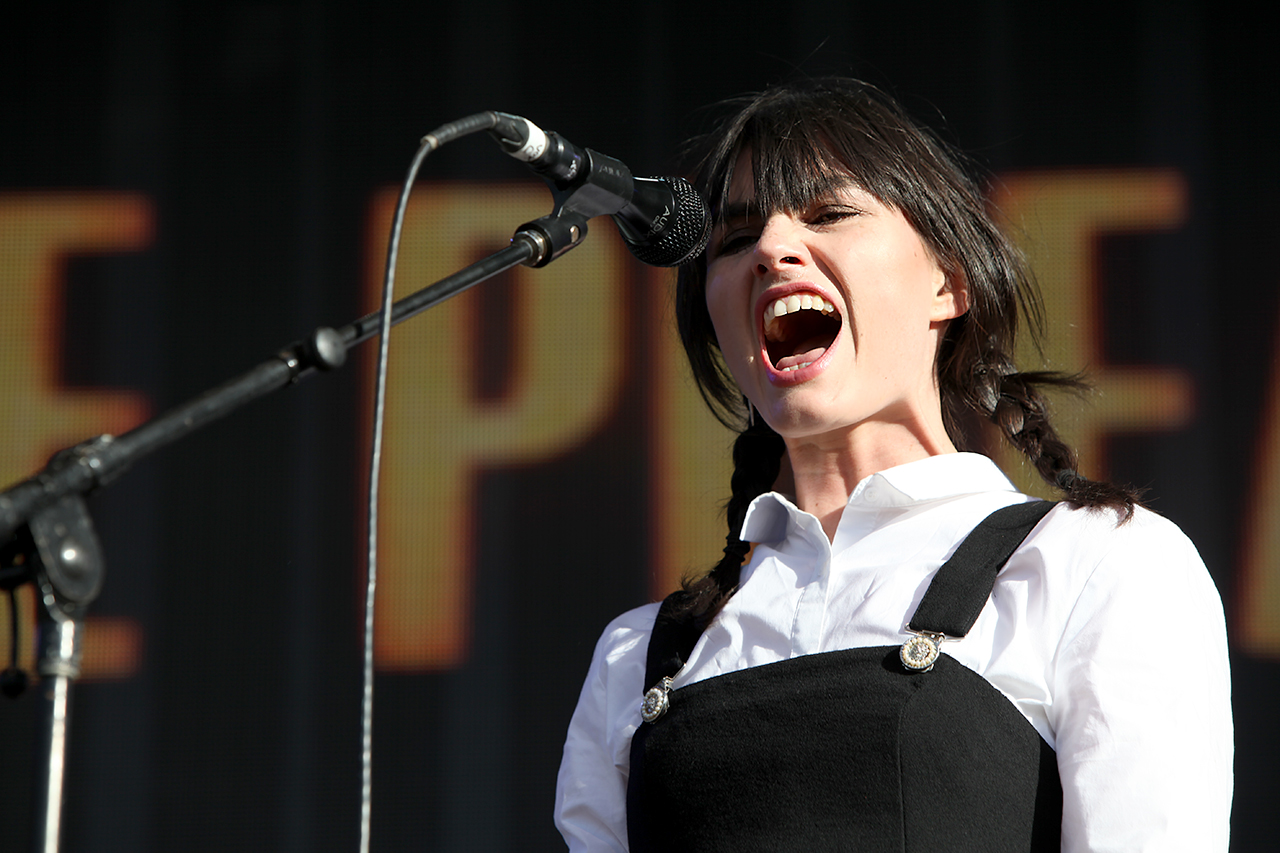
The Preatures -
005Preatures010
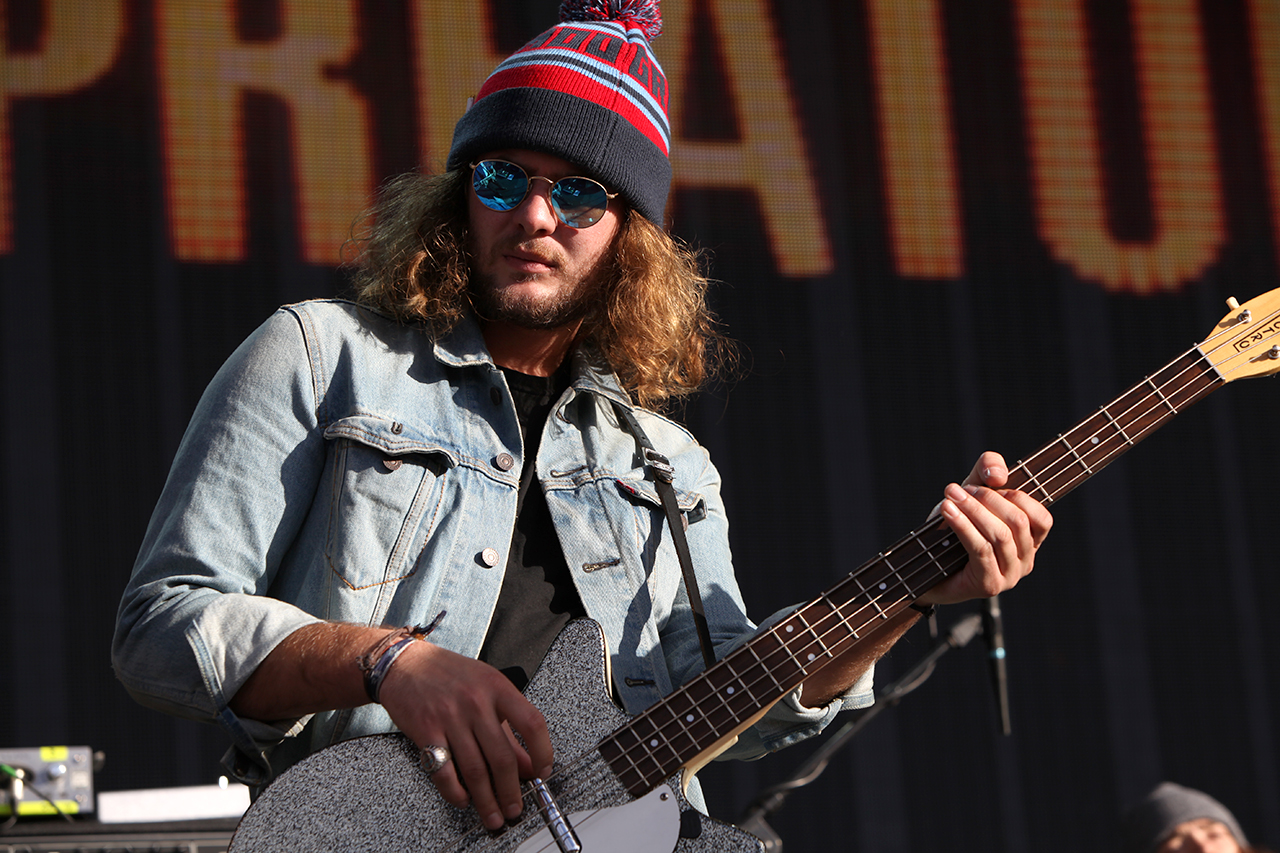
The Preatures -
005Preatures009
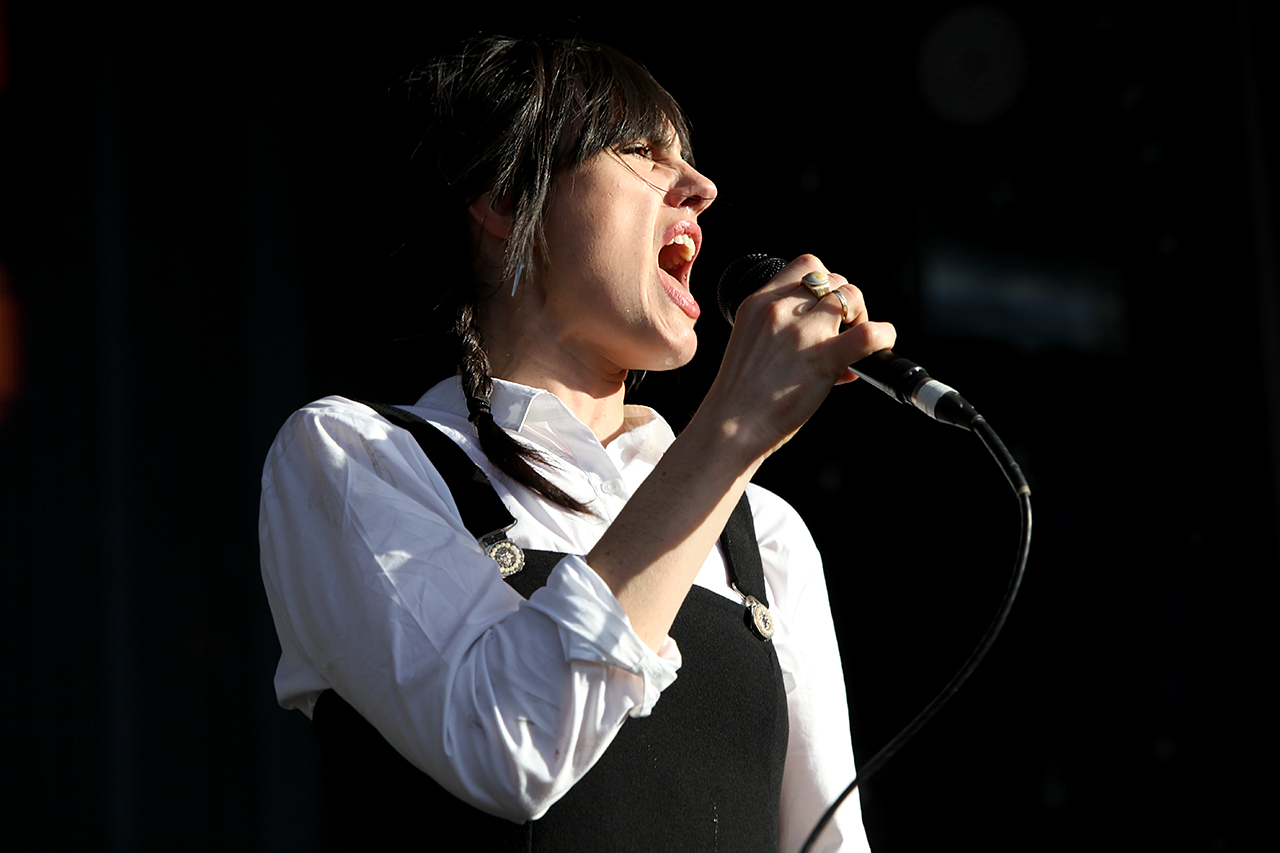
The Preatures -
005Preatures008
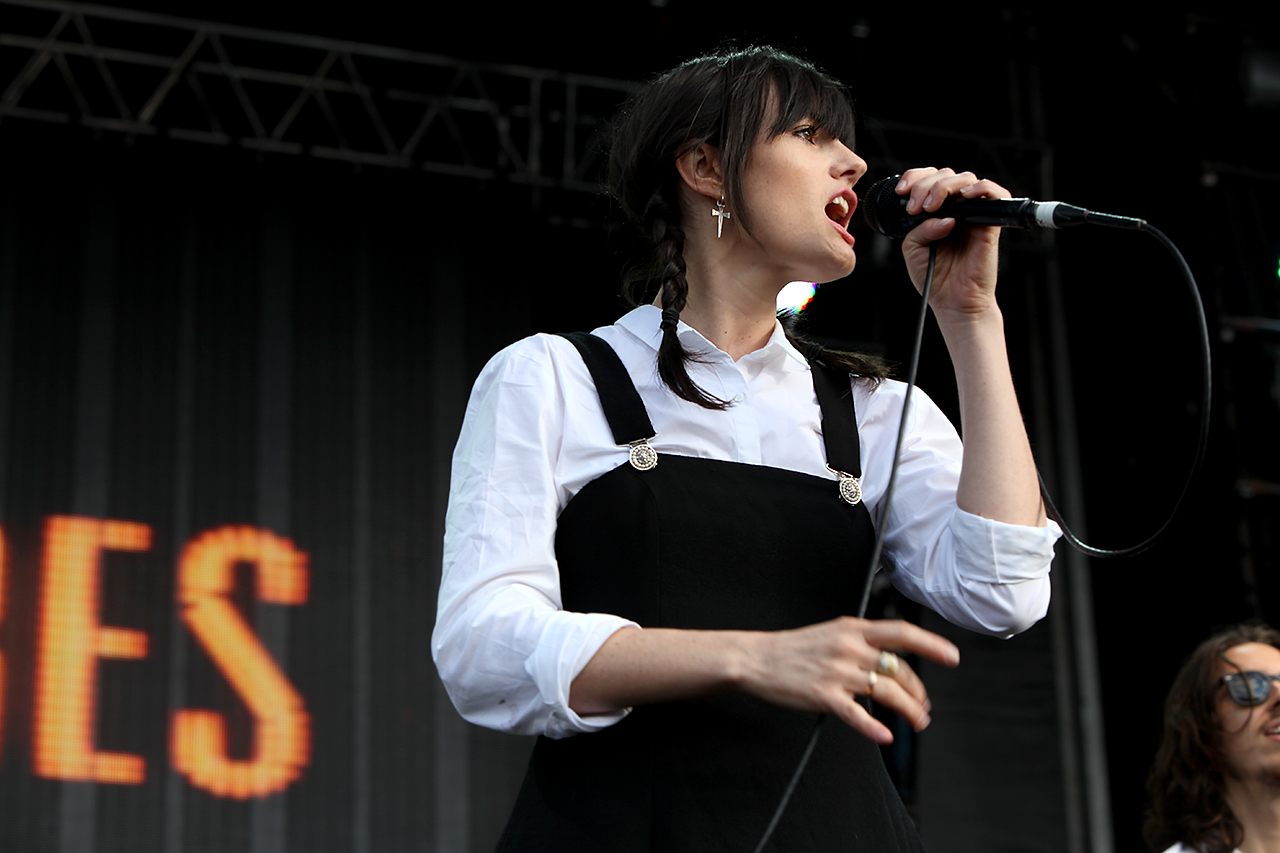
The Preatures -
005Preatures007
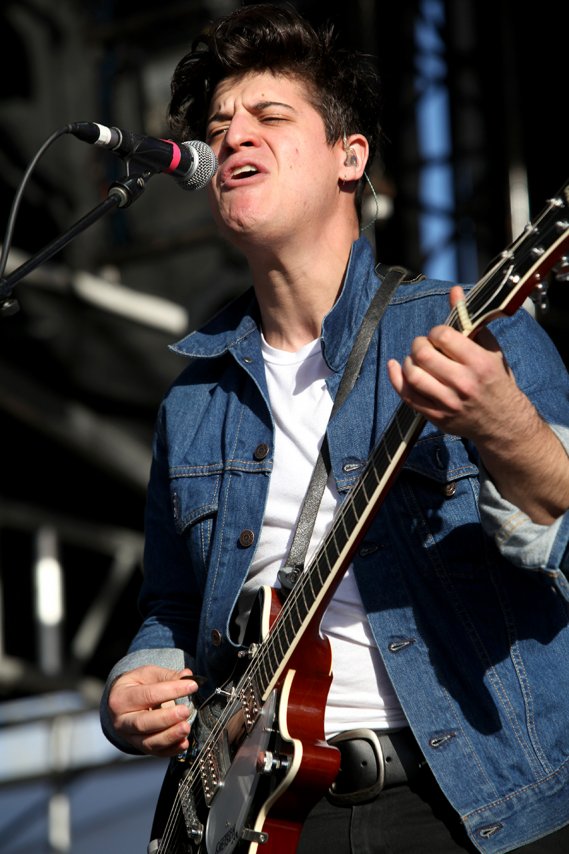
The Preatures -
005Preatures006
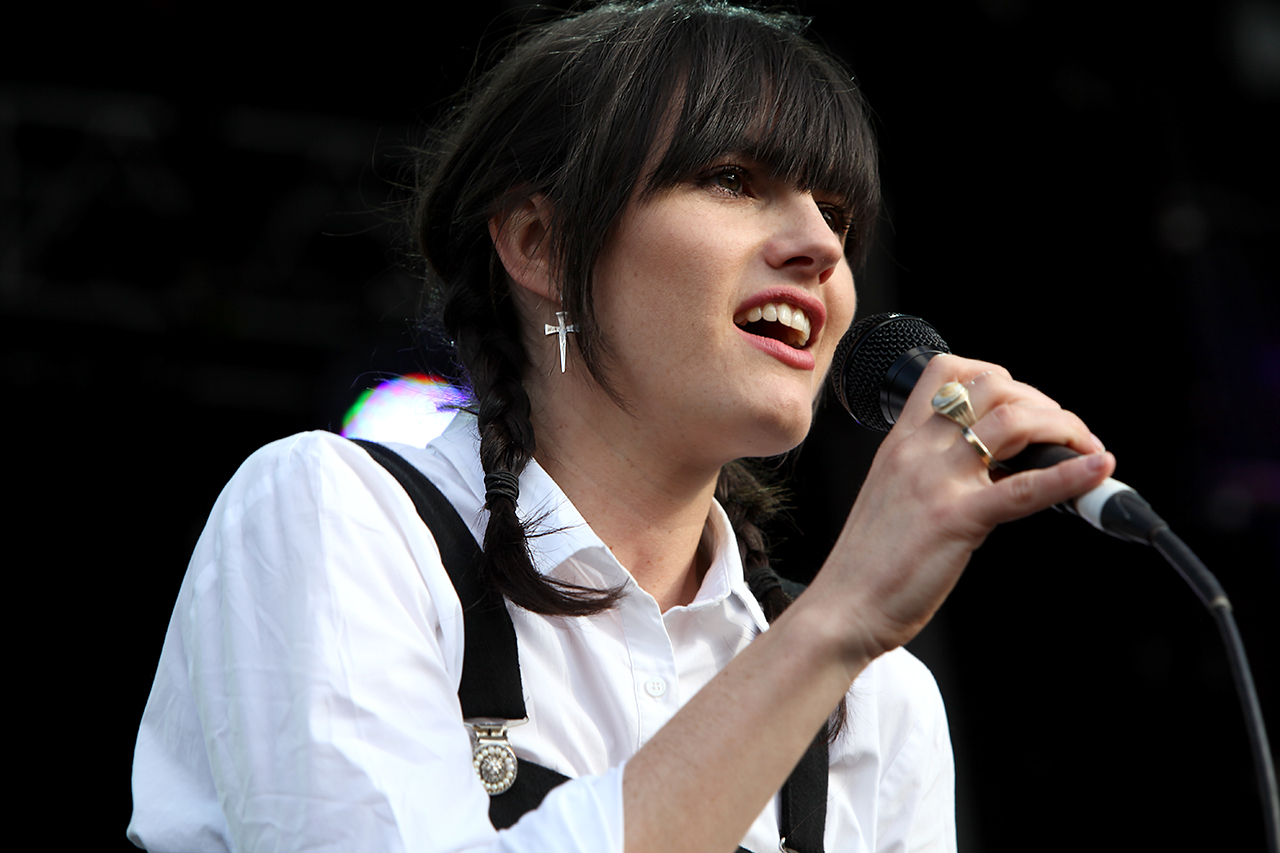
The Preatures -
005Preatures005
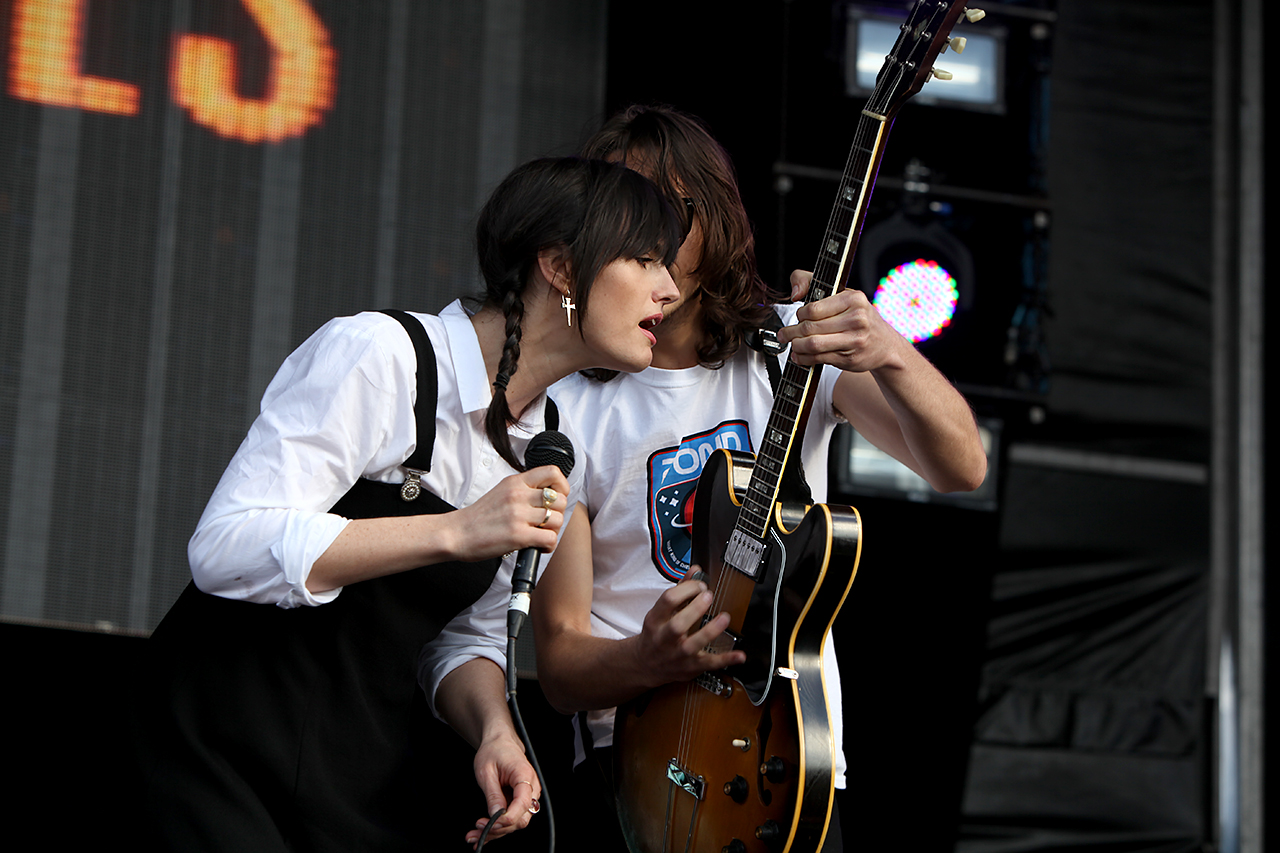
The Preatures -
005Preatures004
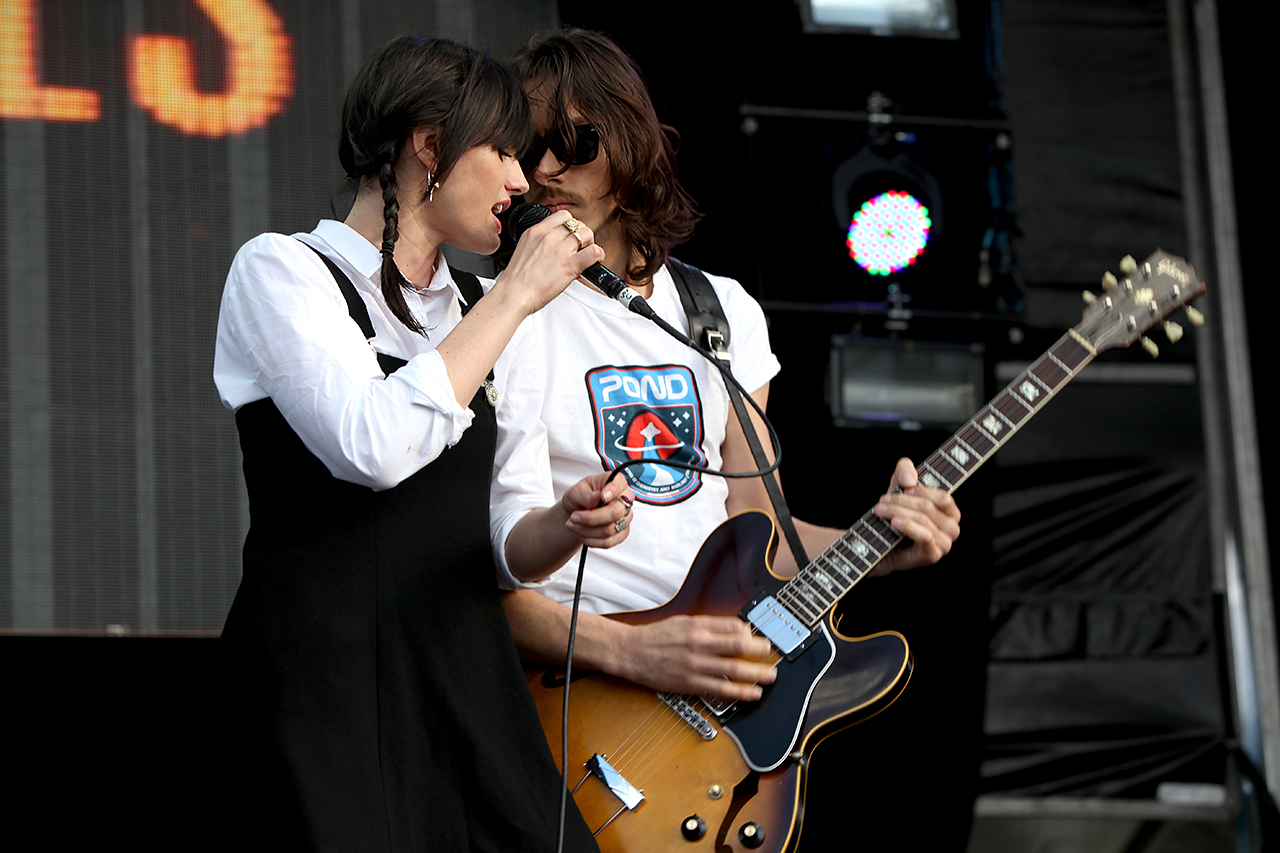
The Preatures -
005Preatures003
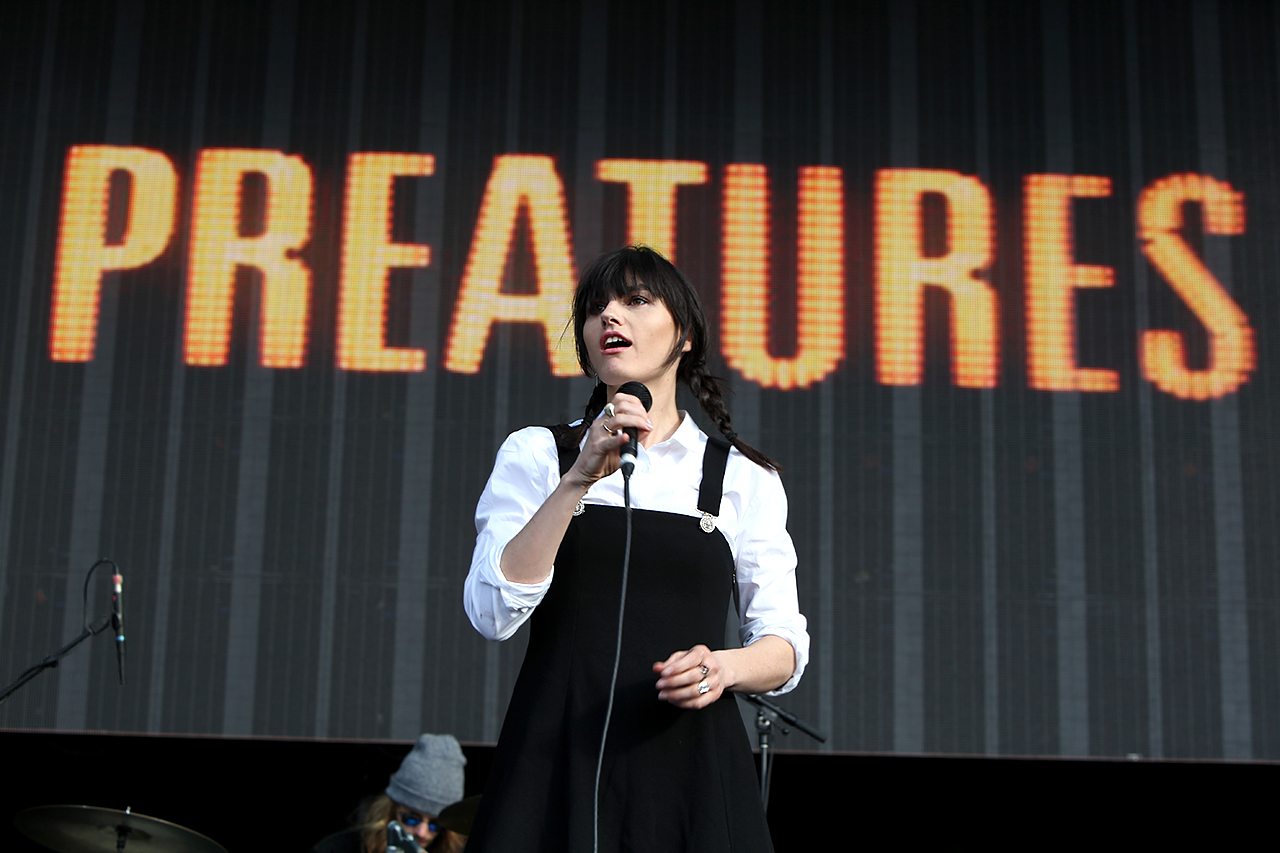
The Preatures -
005Preatures002
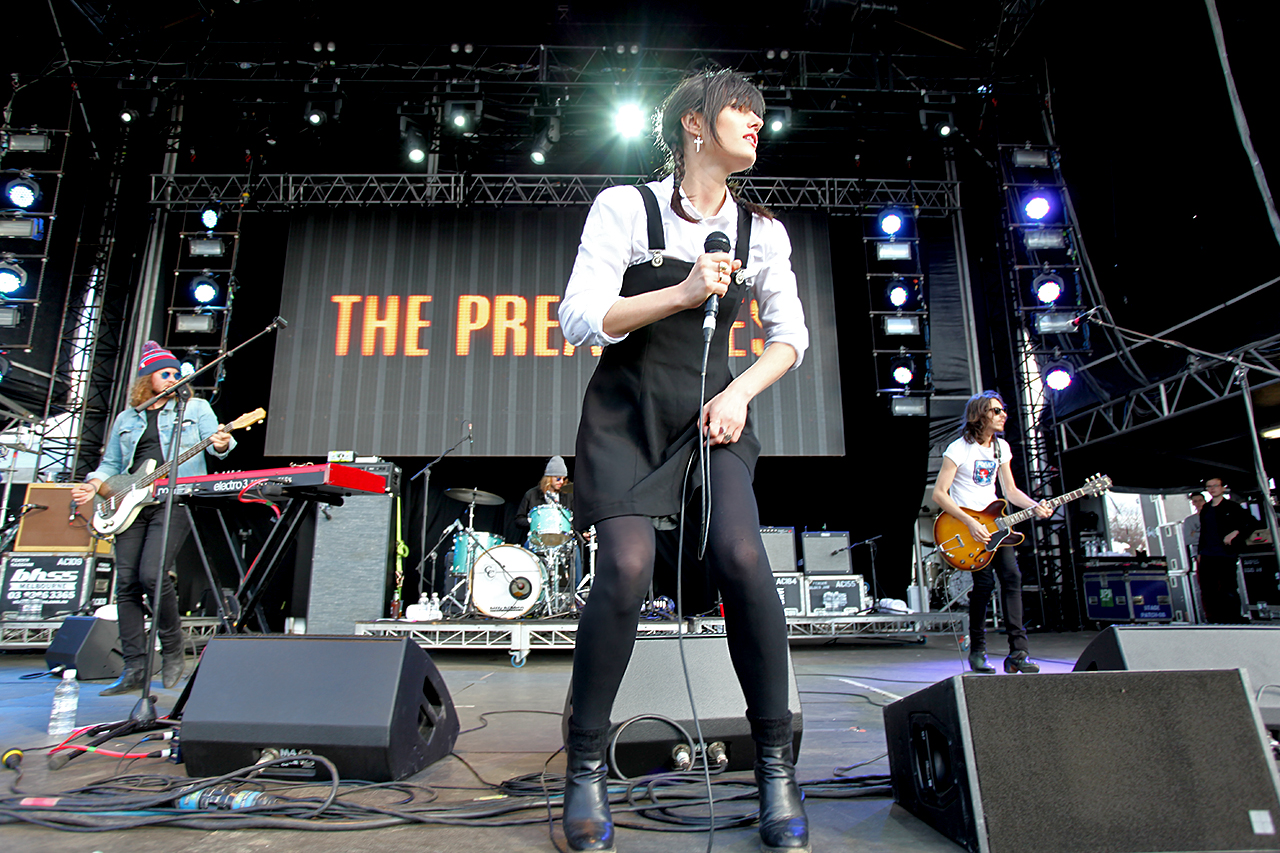
The Preatures -
005Preatures001
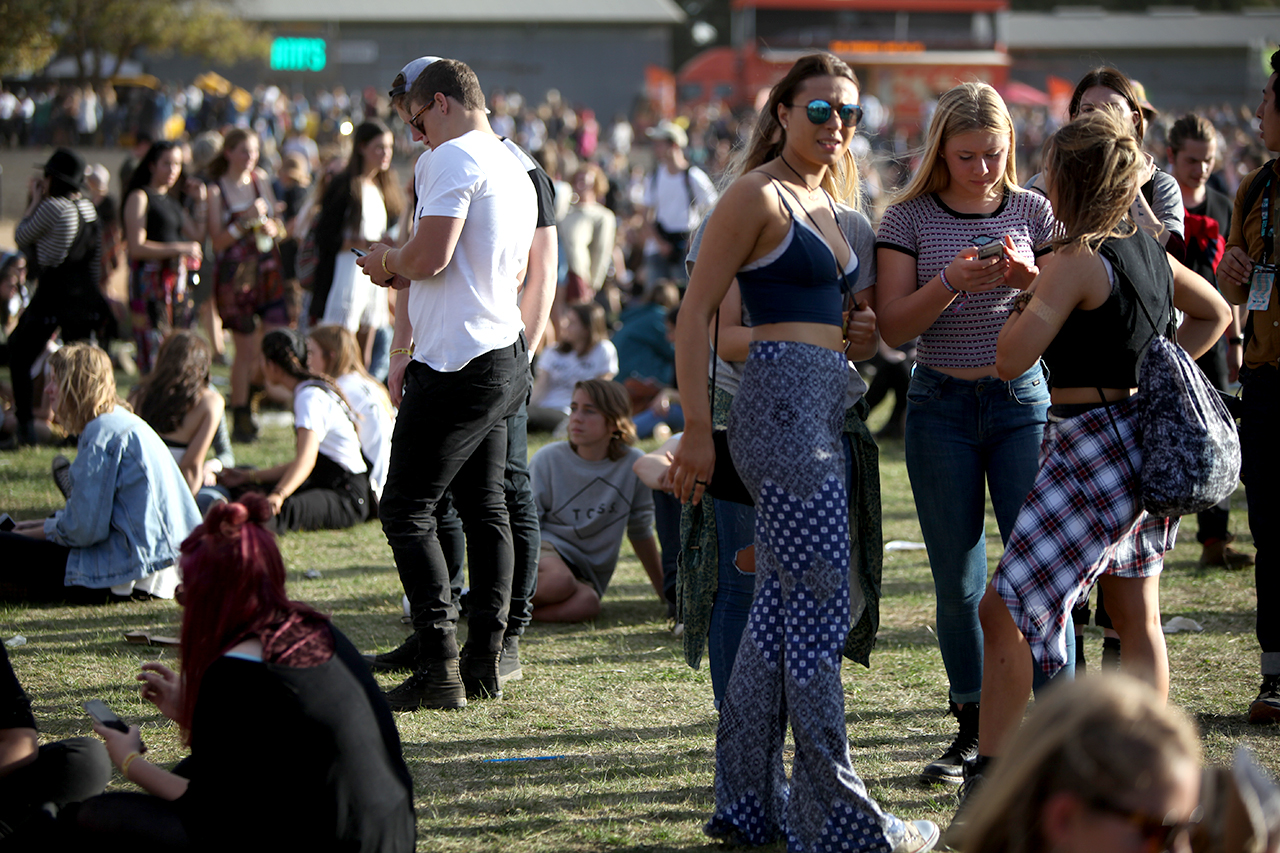
The Preatures -
004AsapFerg005
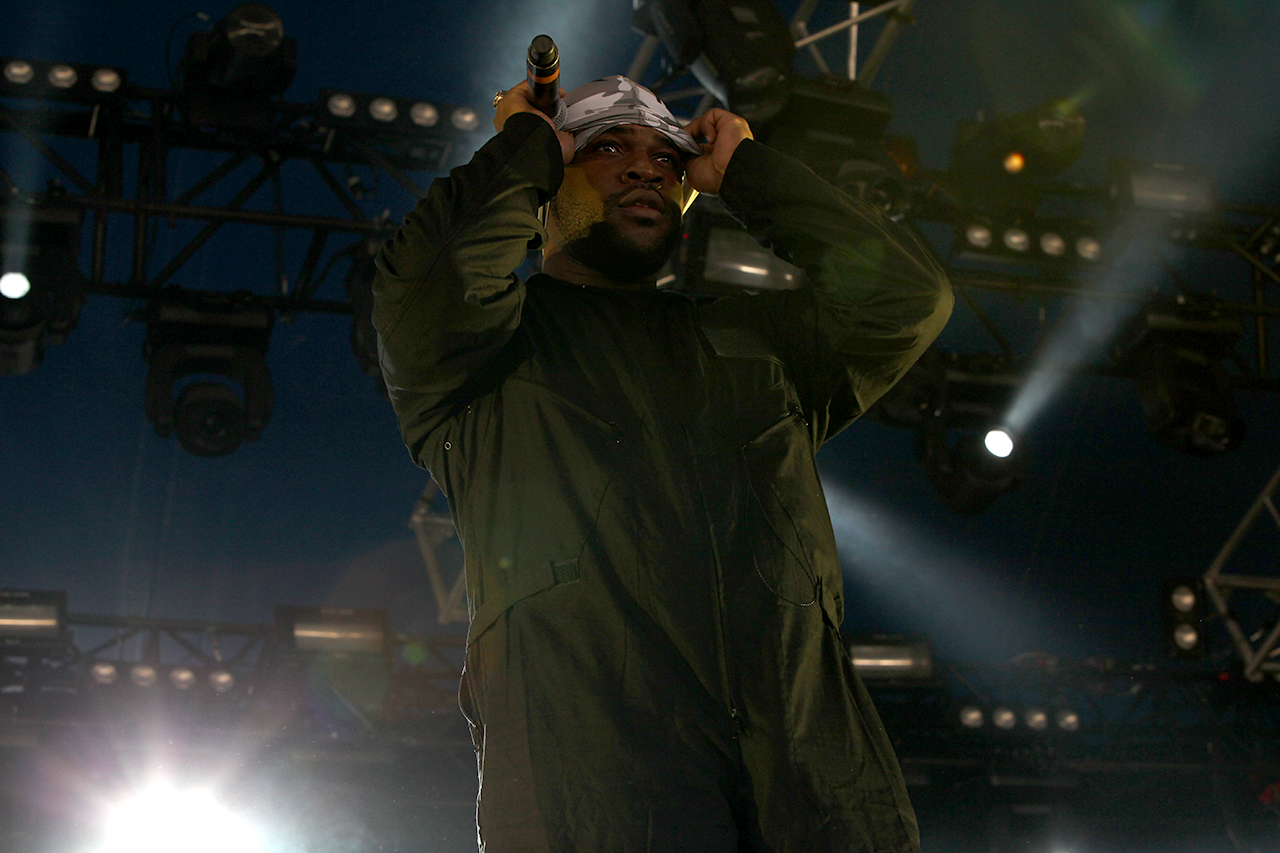
A$AP Ferg -
004AsapFerg004
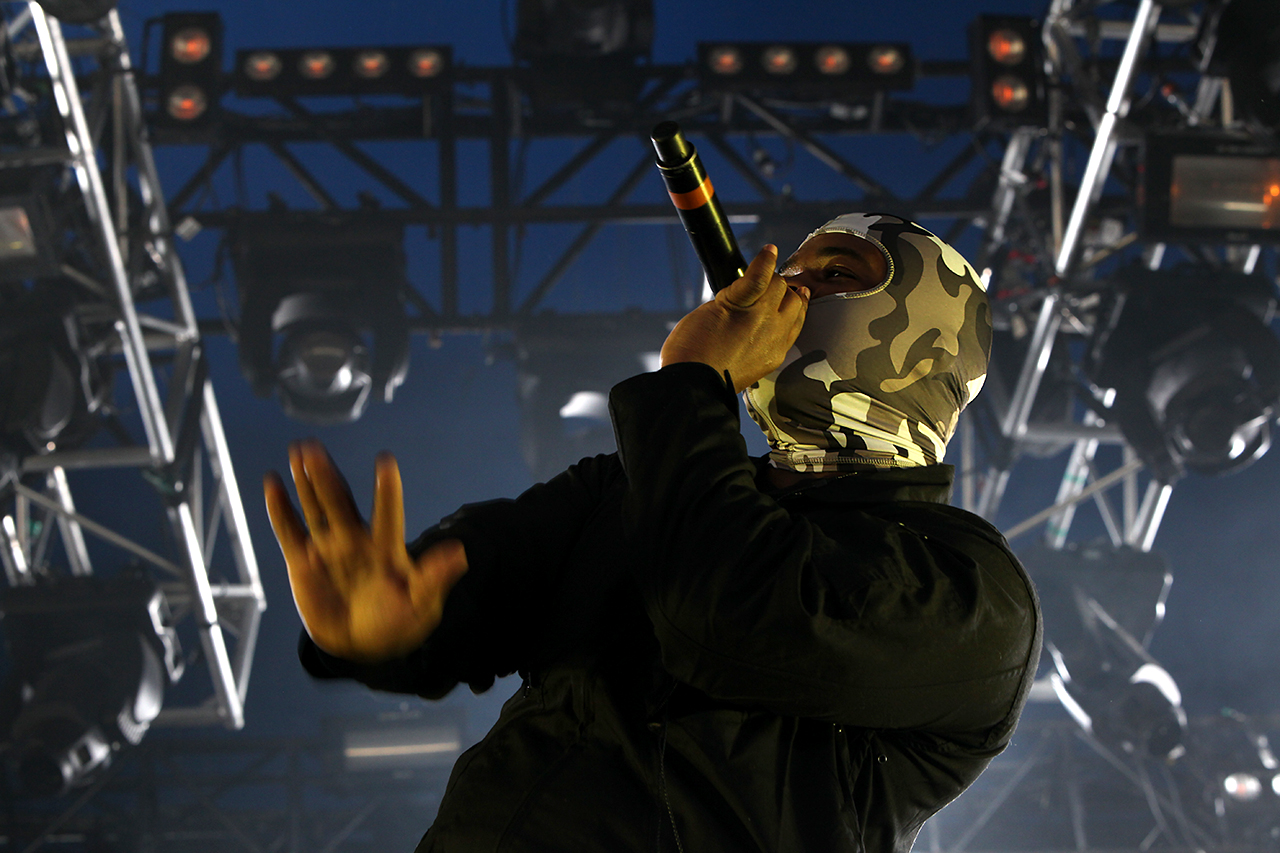
A$AP Ferg -
004AsapFerg003
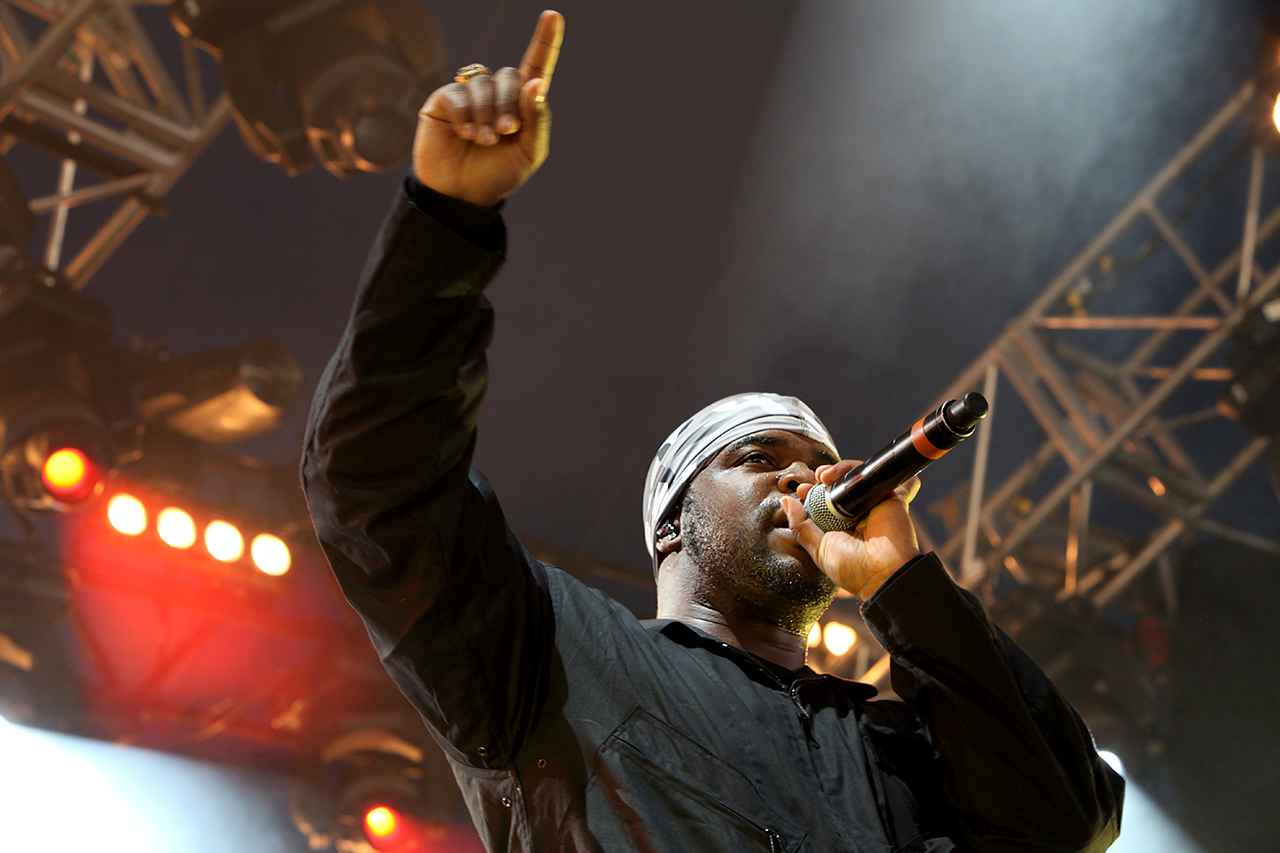
A$AP Ferg -
004AsapFerg002
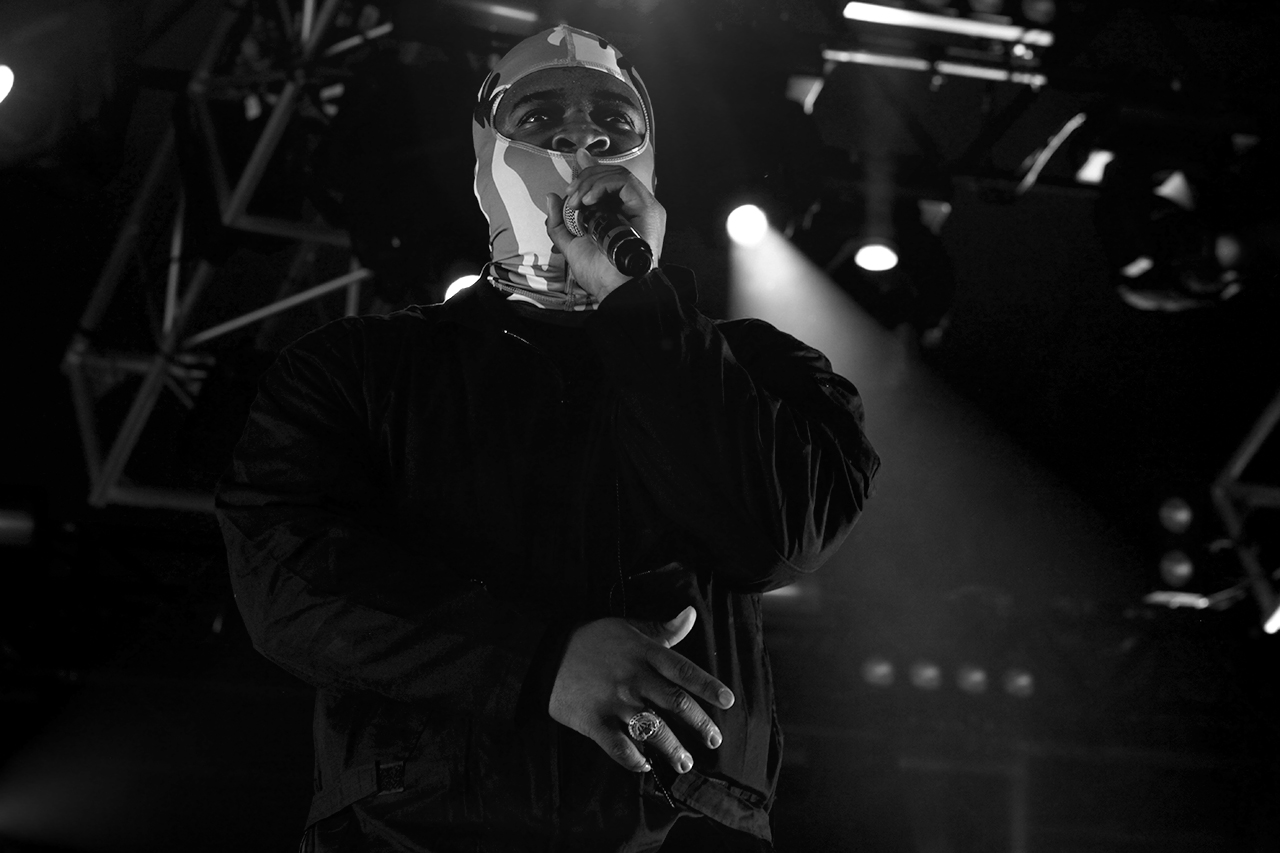
A$AP Ferg -
004AsapFerg001
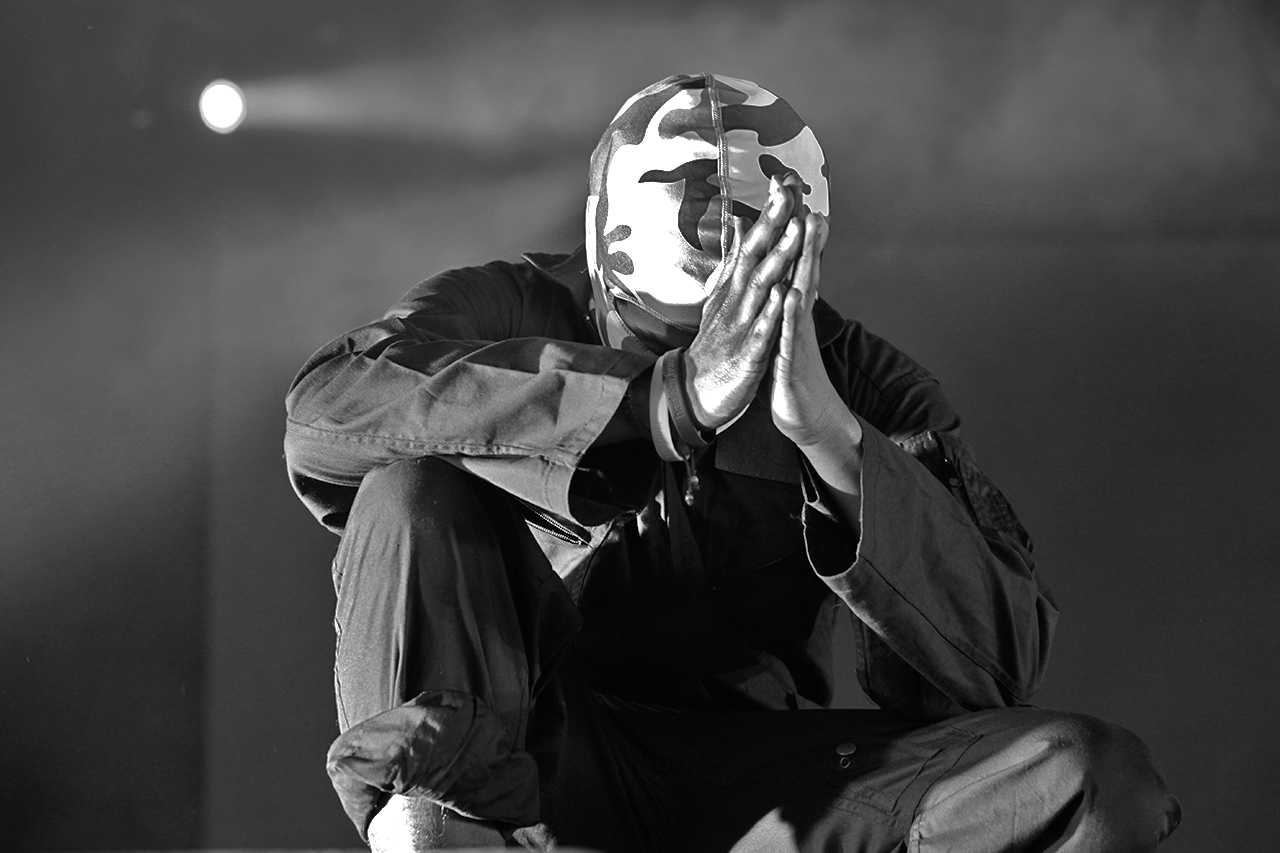
A$AP Ferg -
003StickyFingers015
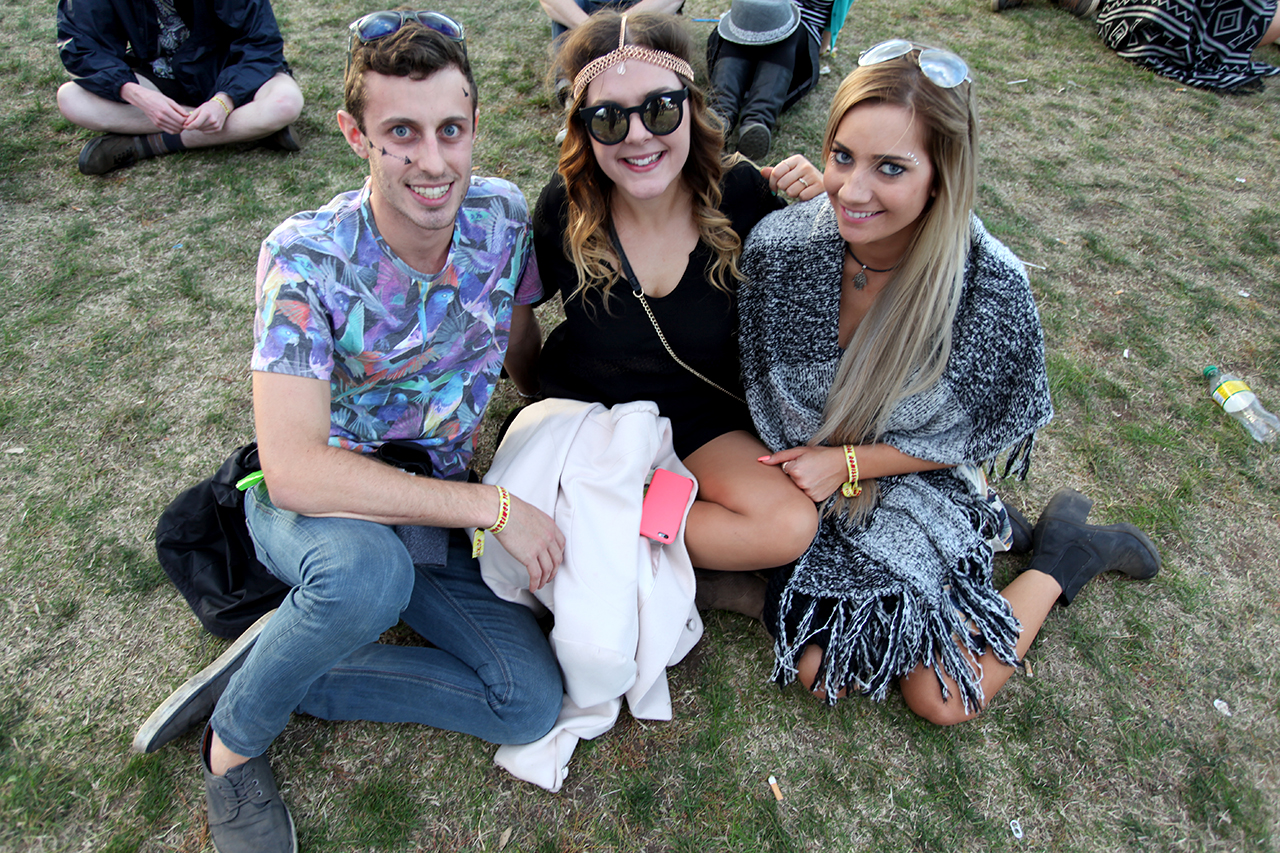
-
003StickyFingers014
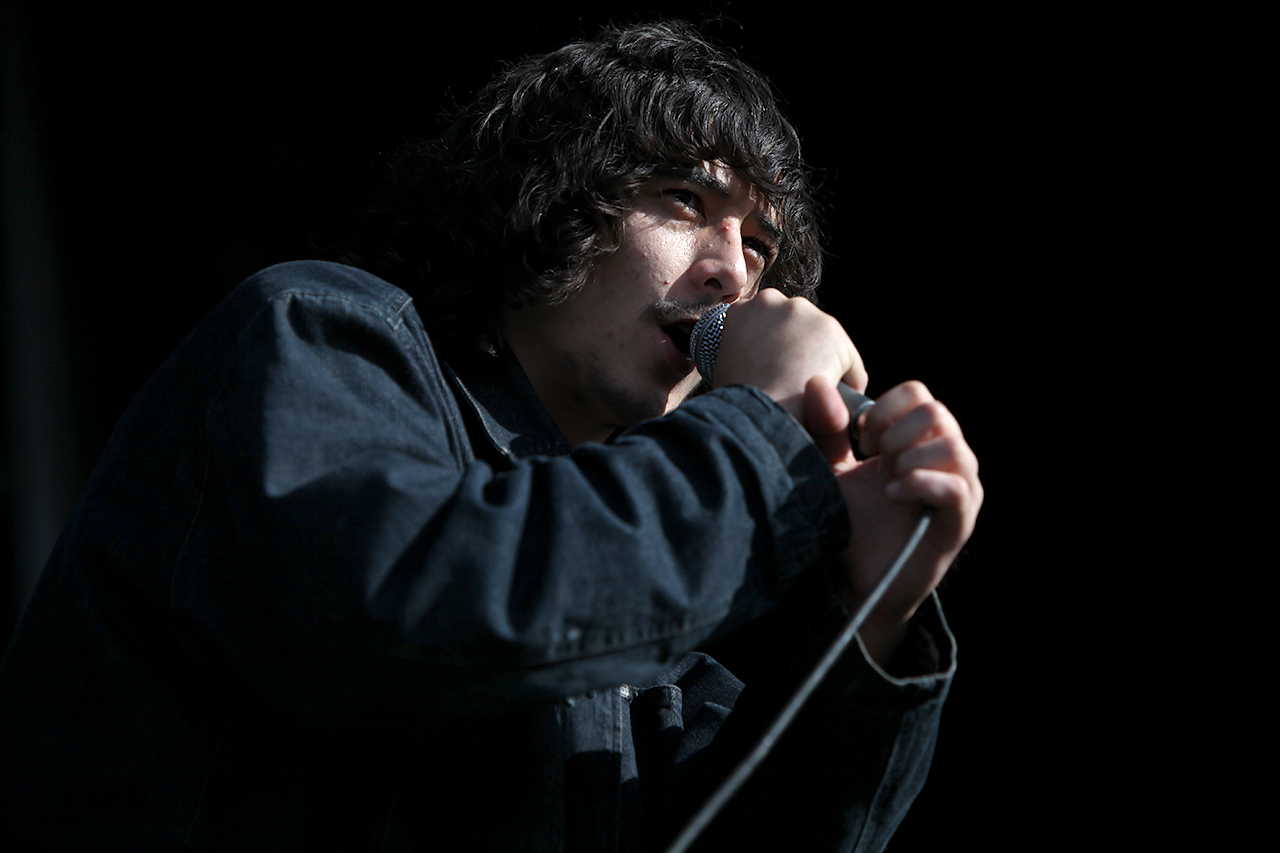
Sticky Fingers -
003StickyFingers013
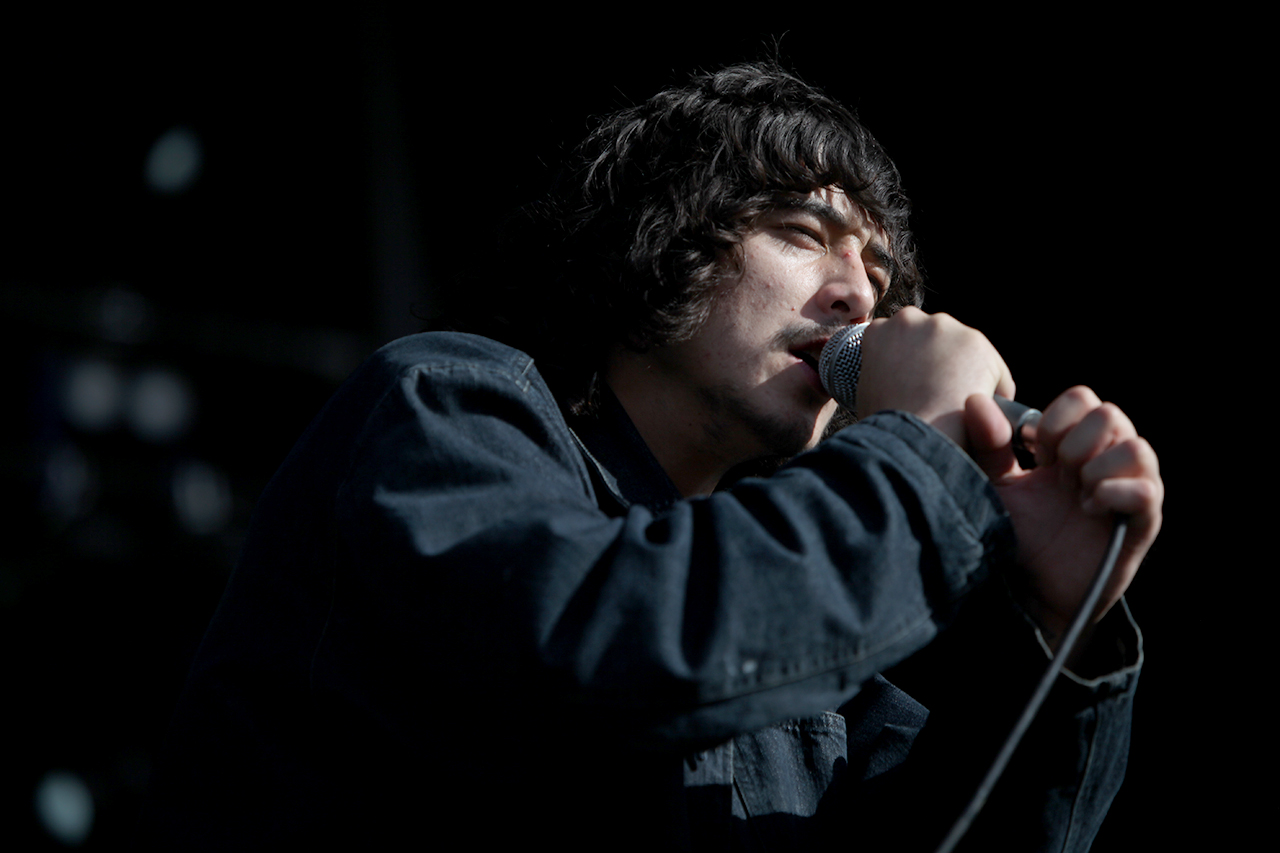
Sticky Fingers -
003StickyFingers012
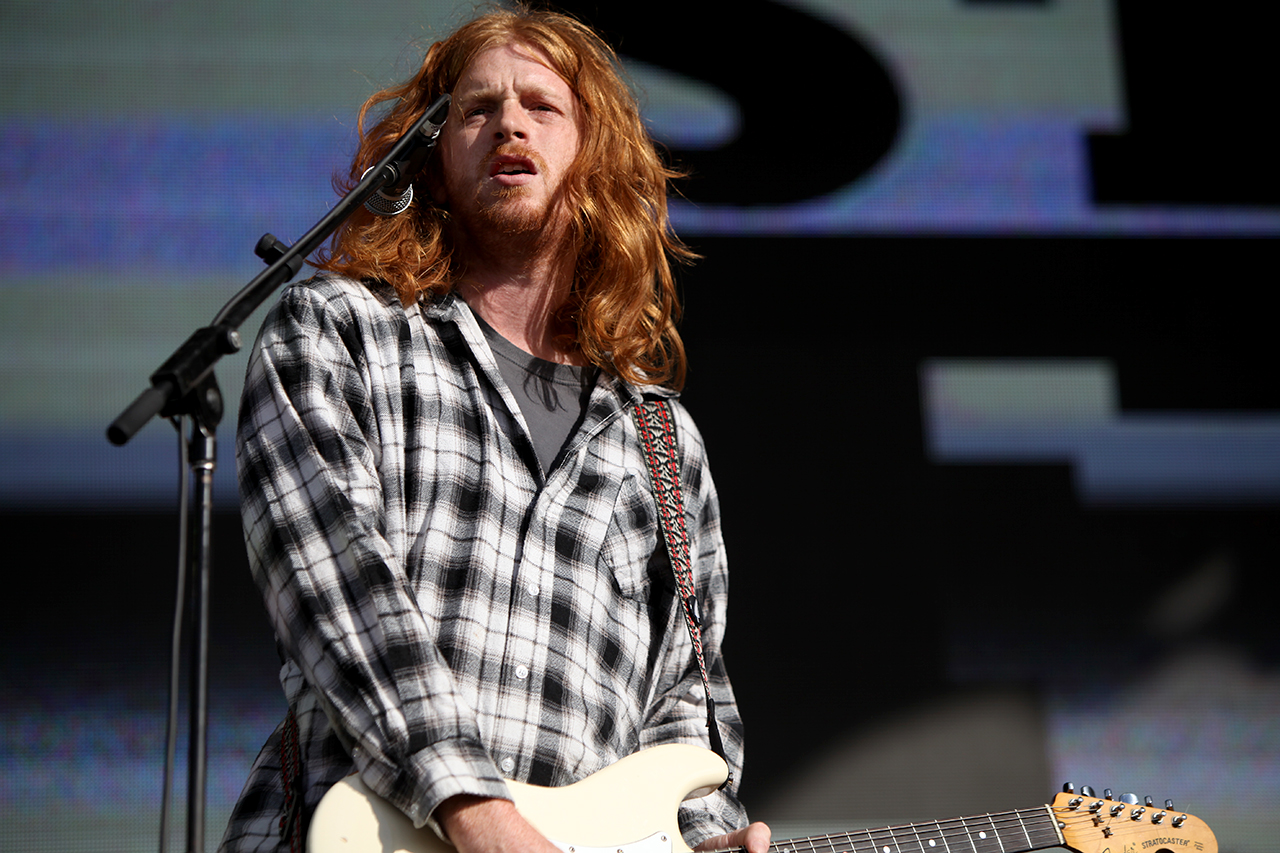
Sticky Fingers -
003StickyFingers011
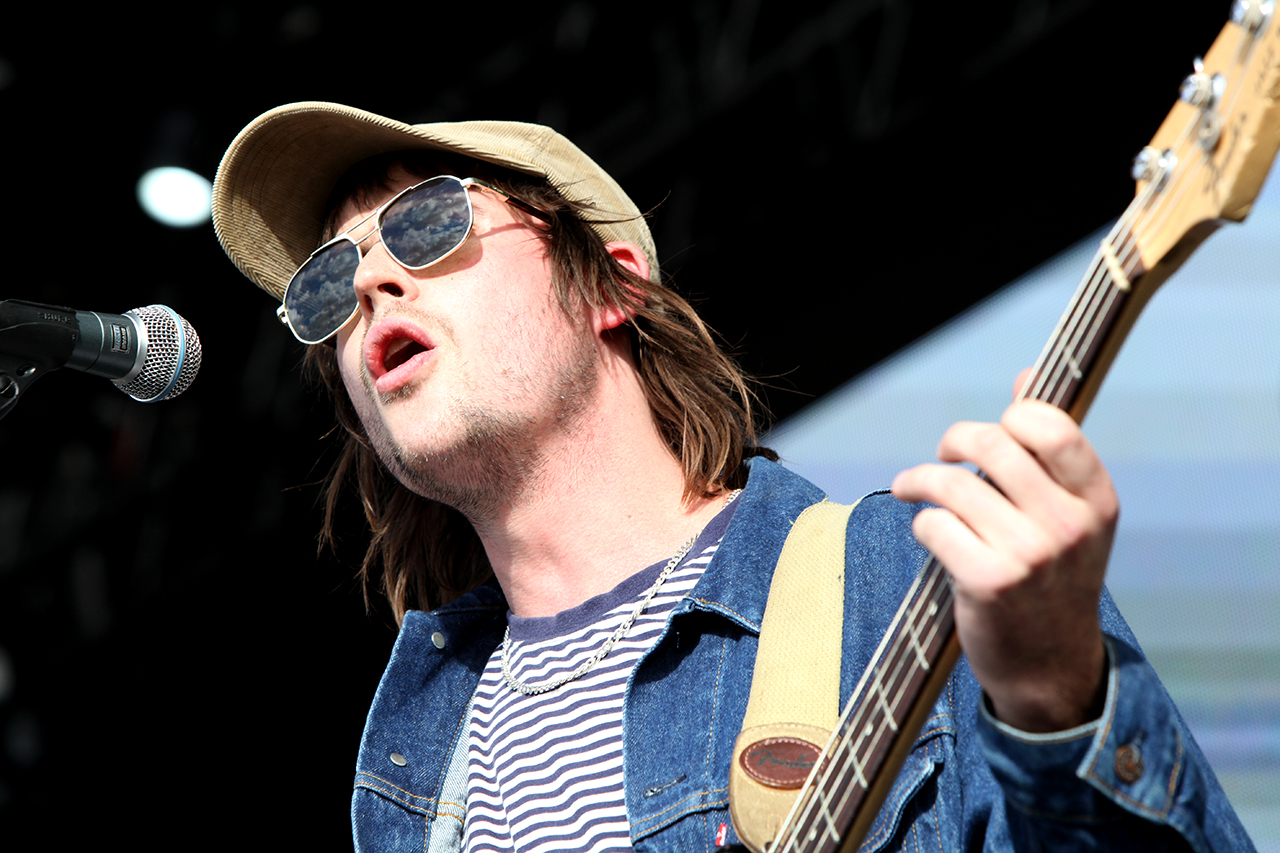
Sticky Fingers -
003StickyFingers010
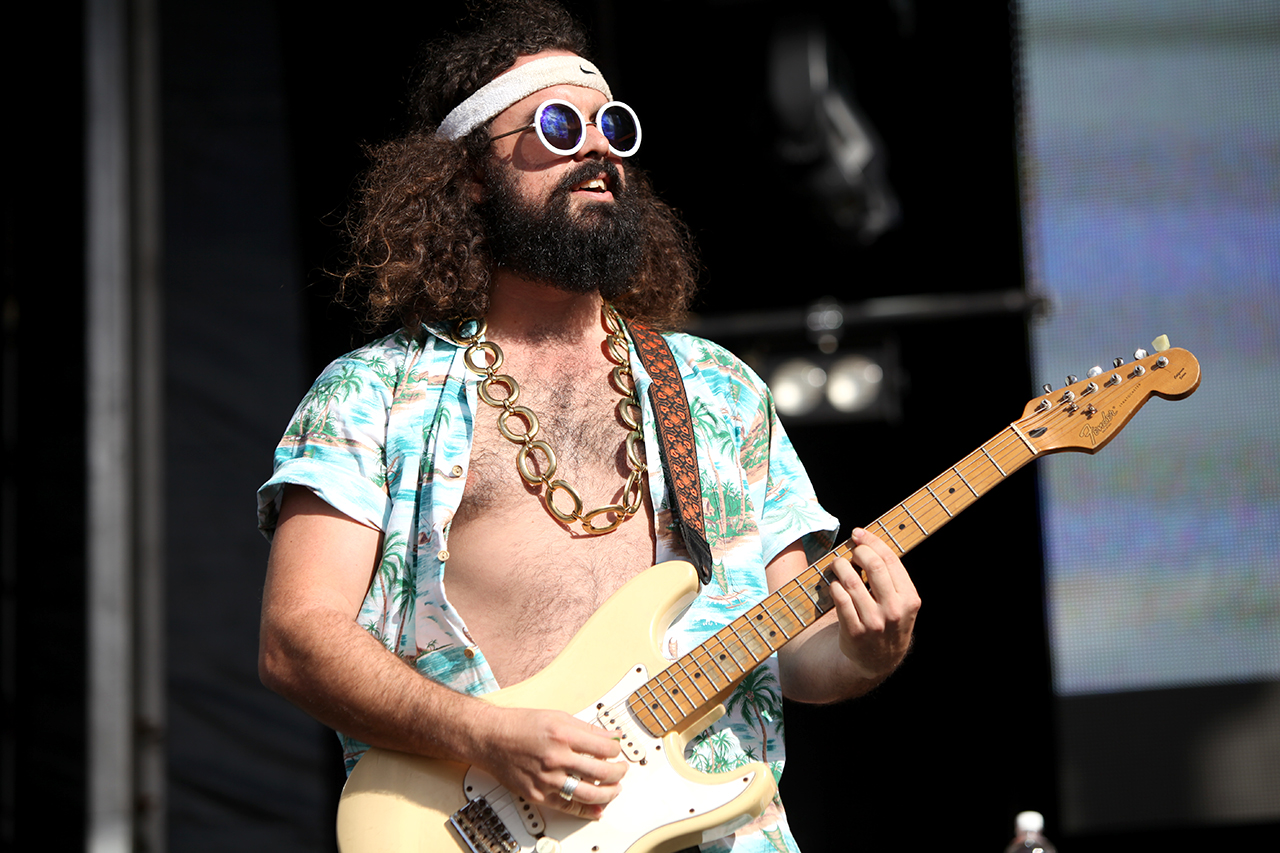
Sticky Fingers -
003StickyFingers009
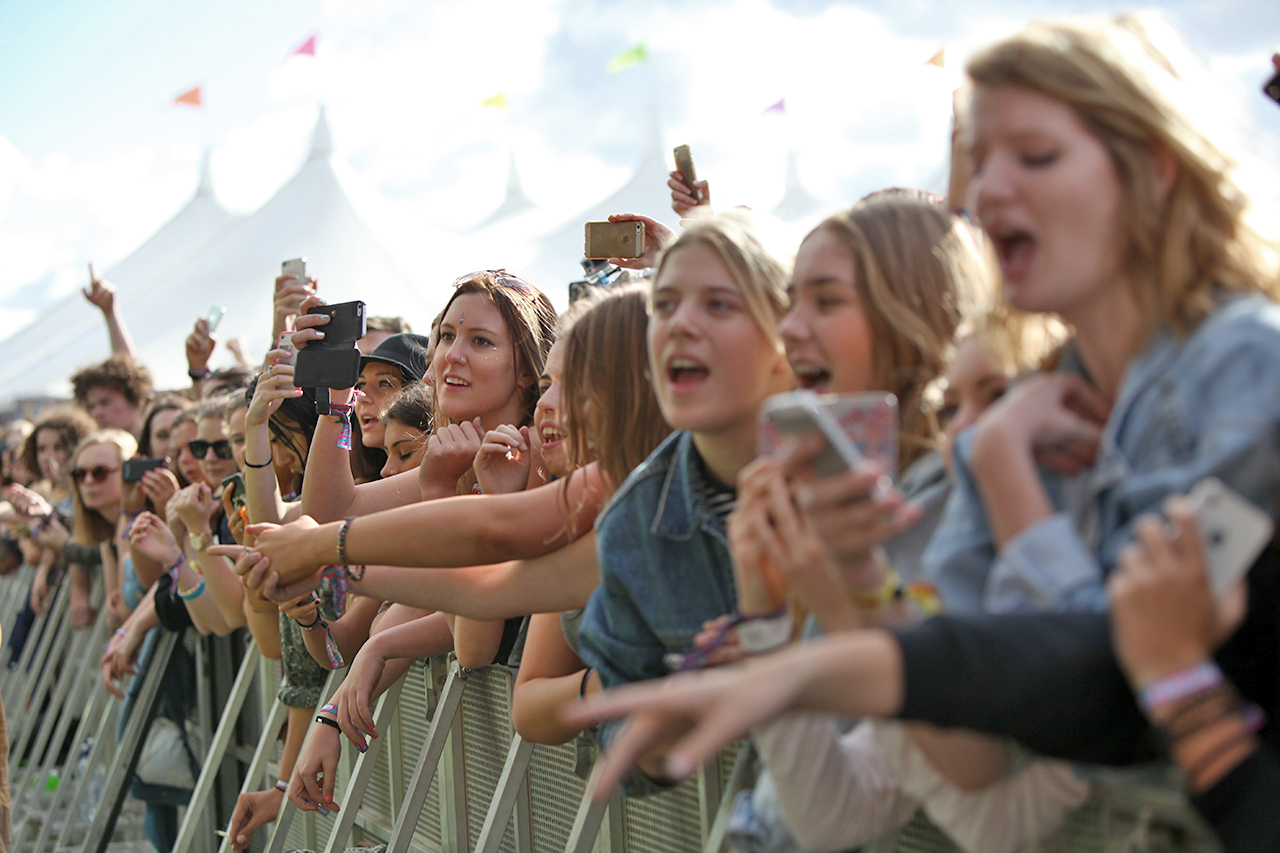
-
003StickyFingers008
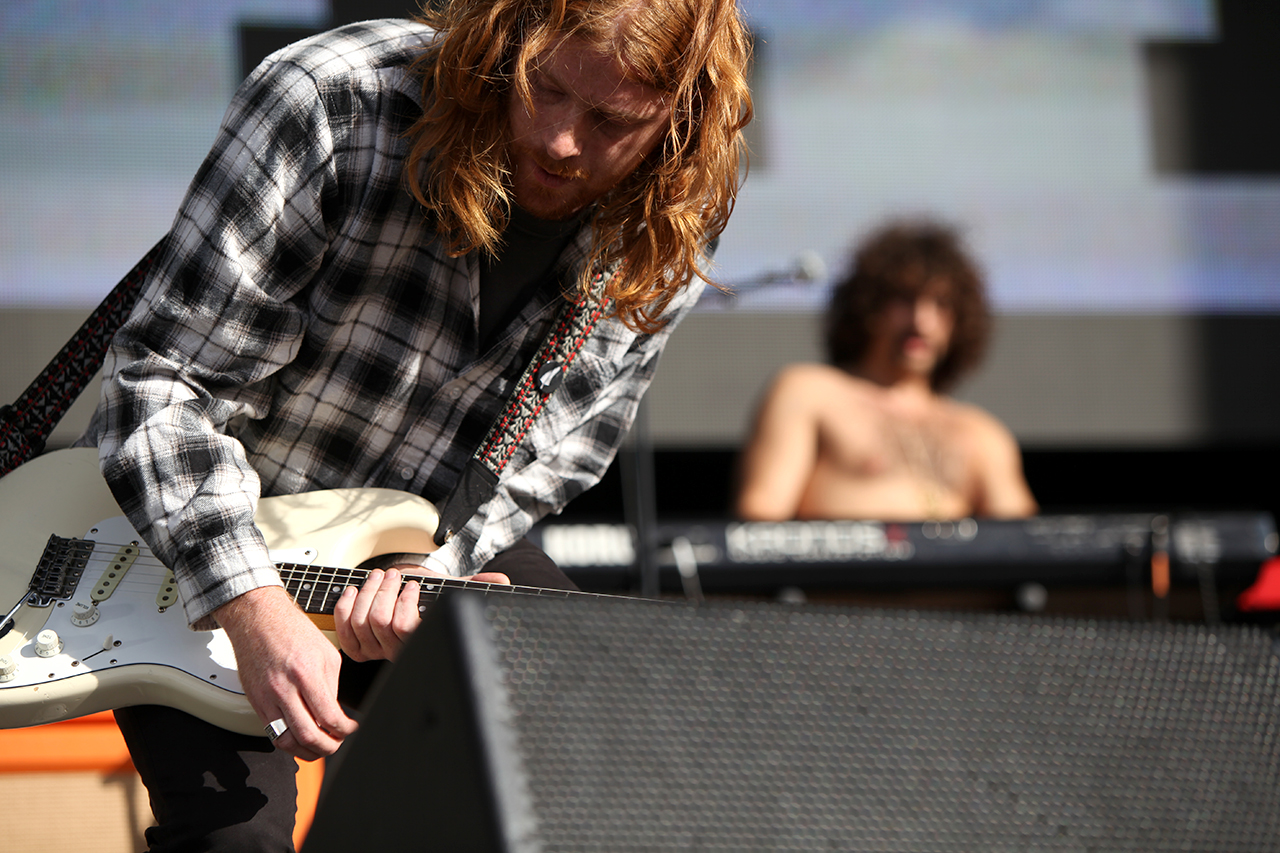
Sticky Fingers -
003StickyFingers007
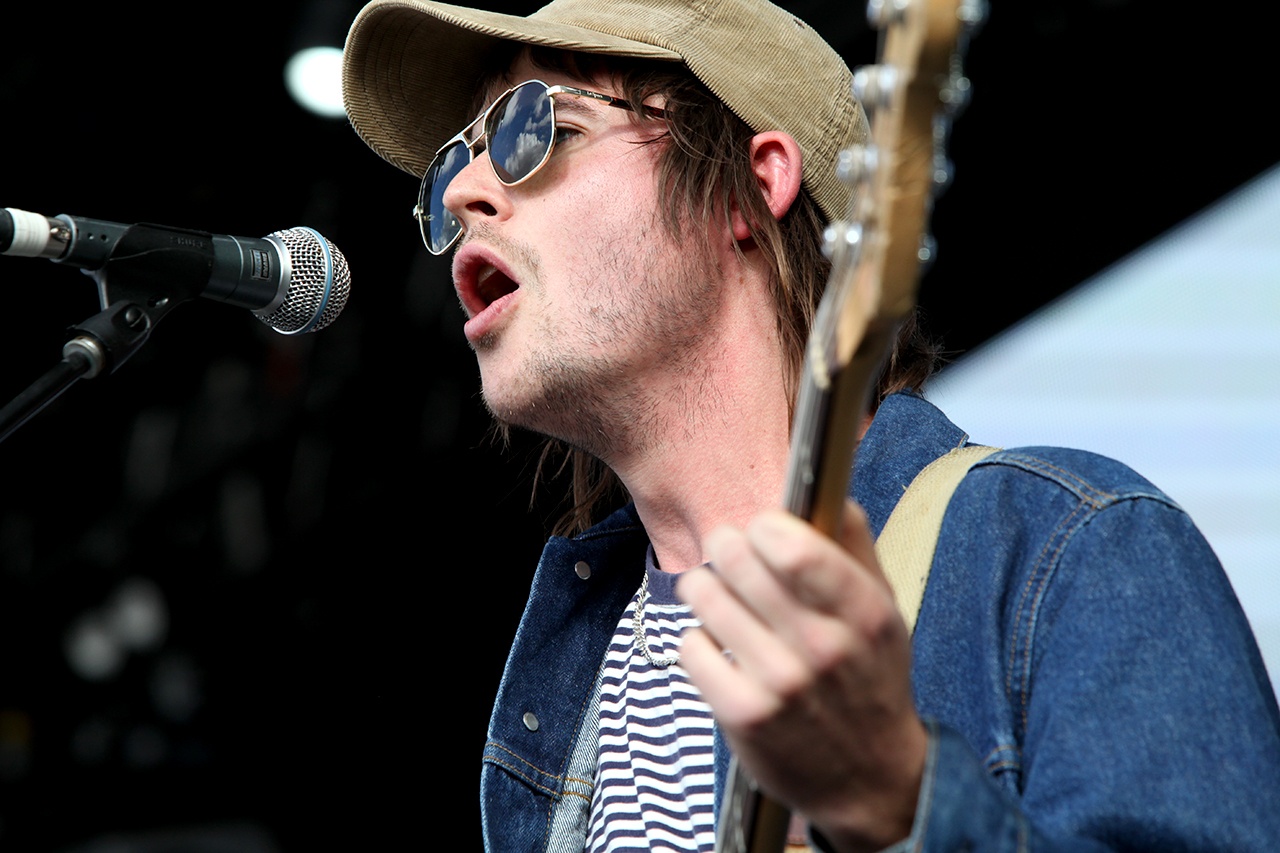
Sticky Fingers -
003StickyFingers006
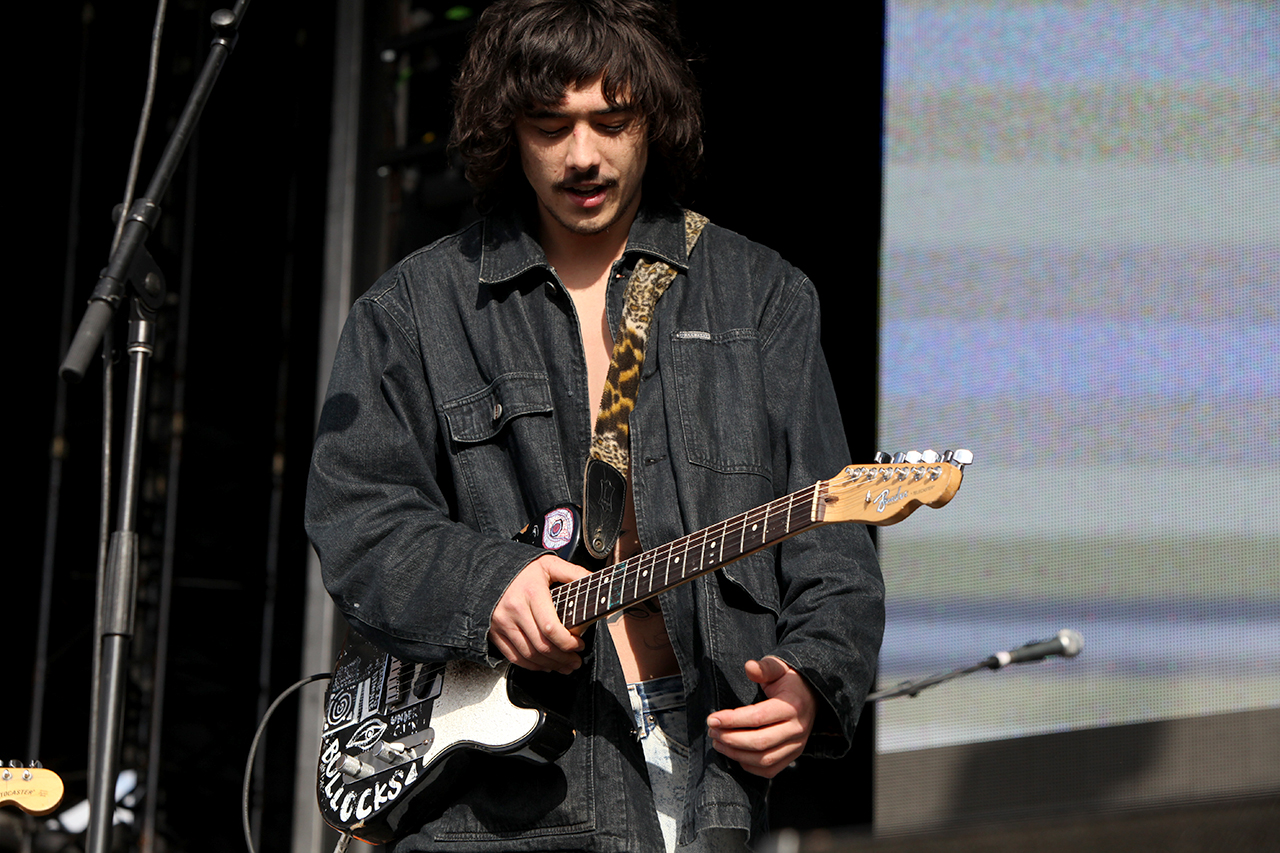
Sticky Fingers -
003StickyFingers005
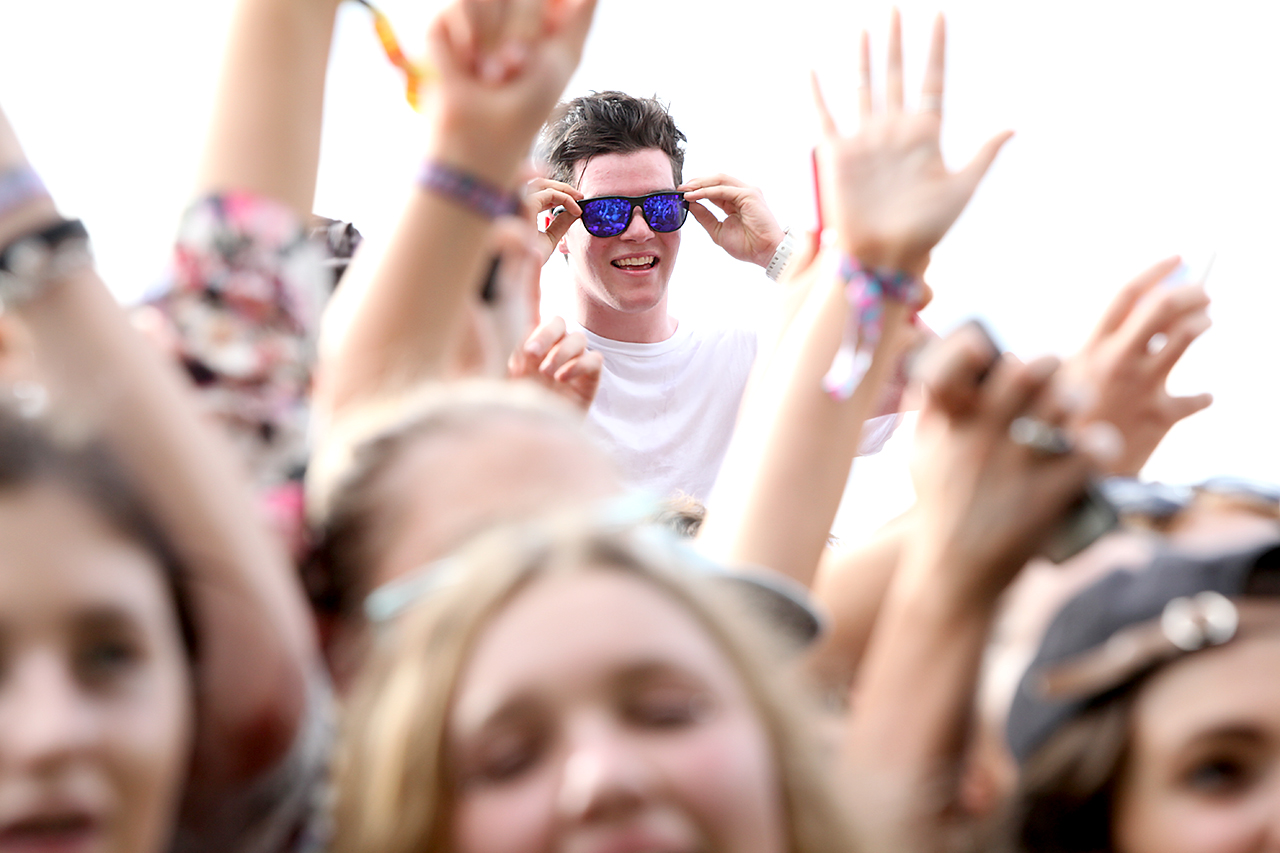
-
003StickyFingers004
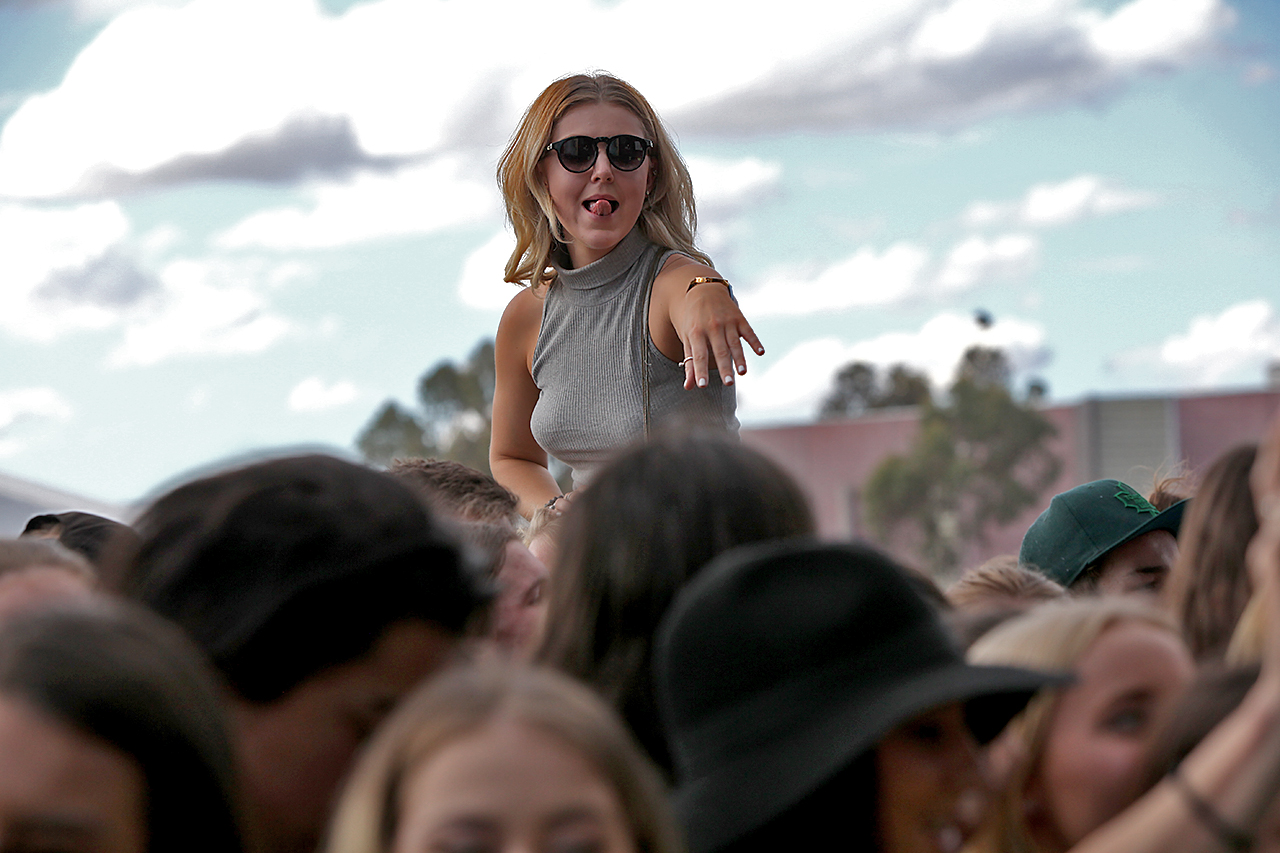
-
003StickyFingers003
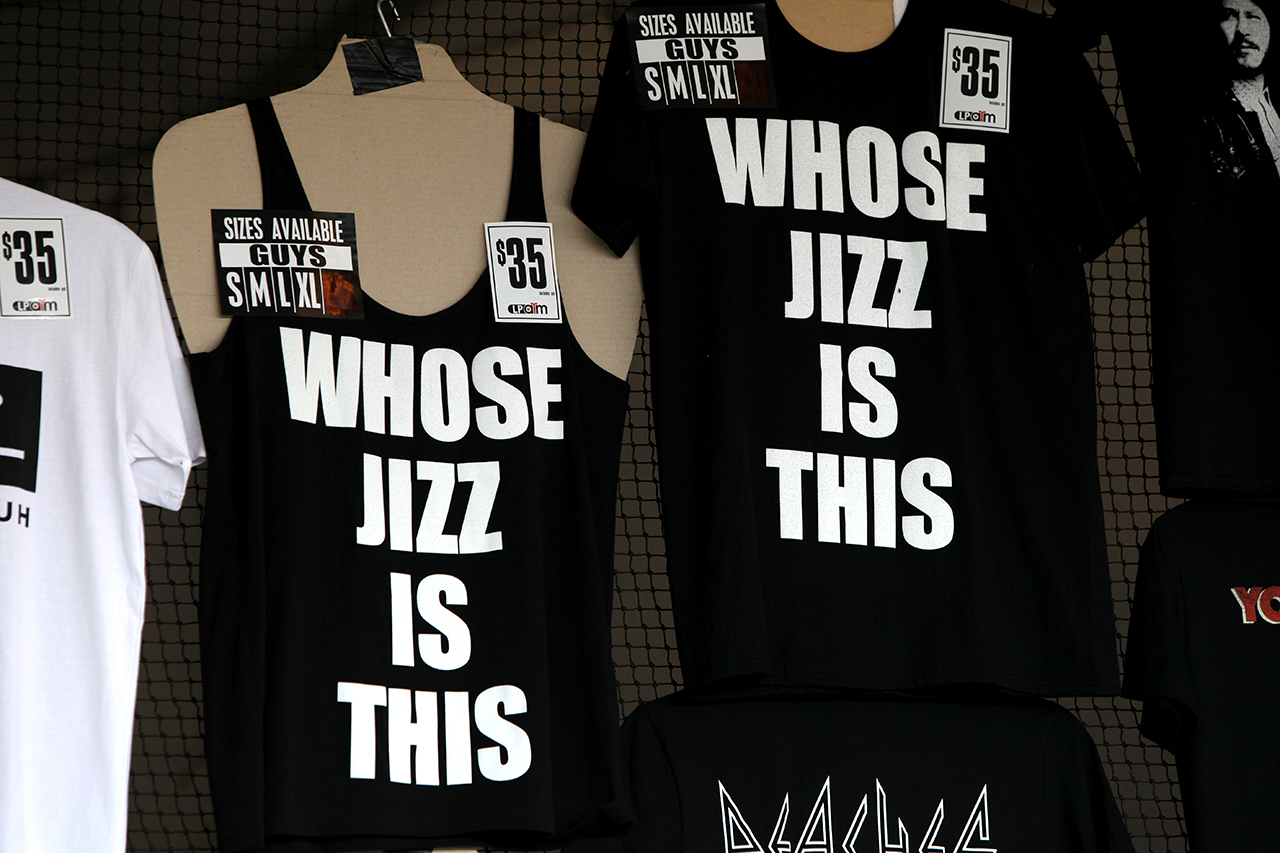
-
003StickyFingers002
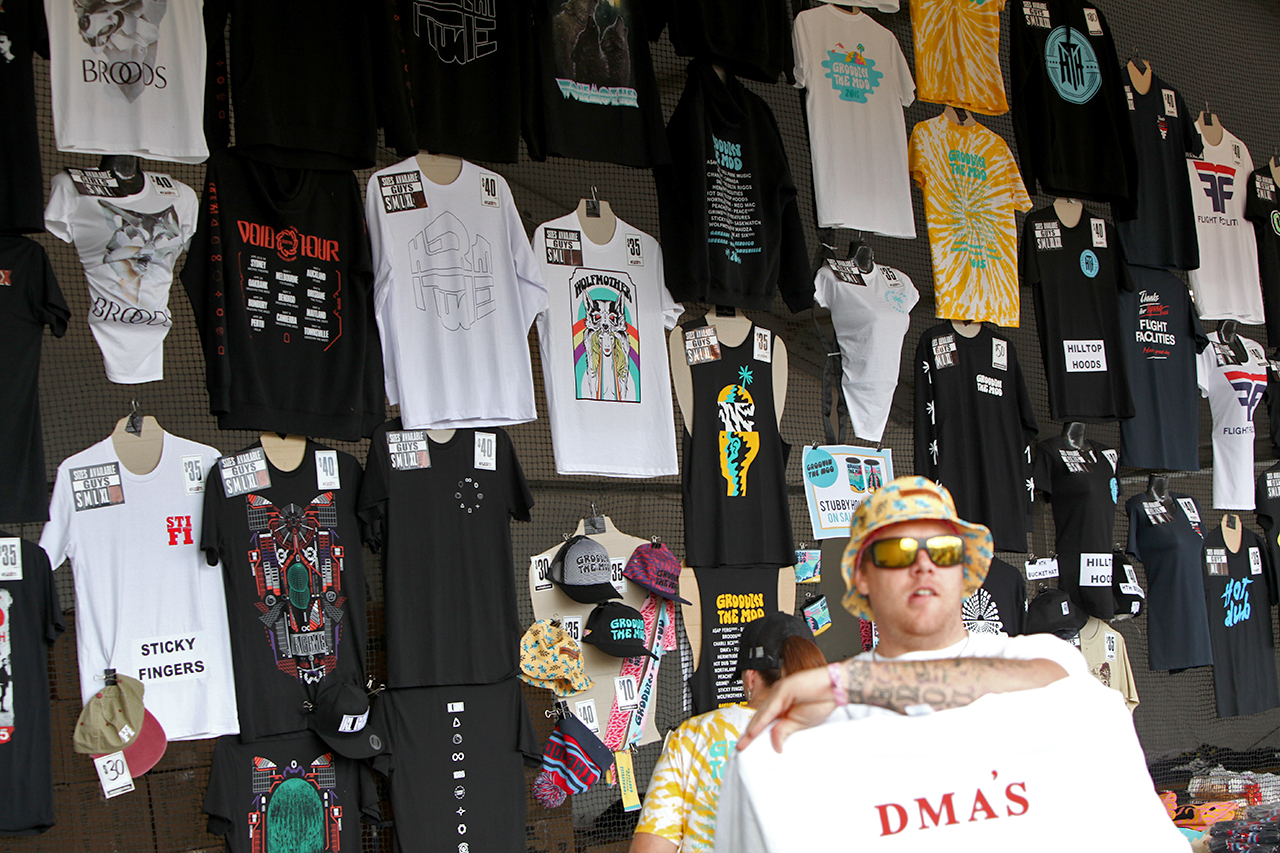
-
003StickyFingers001
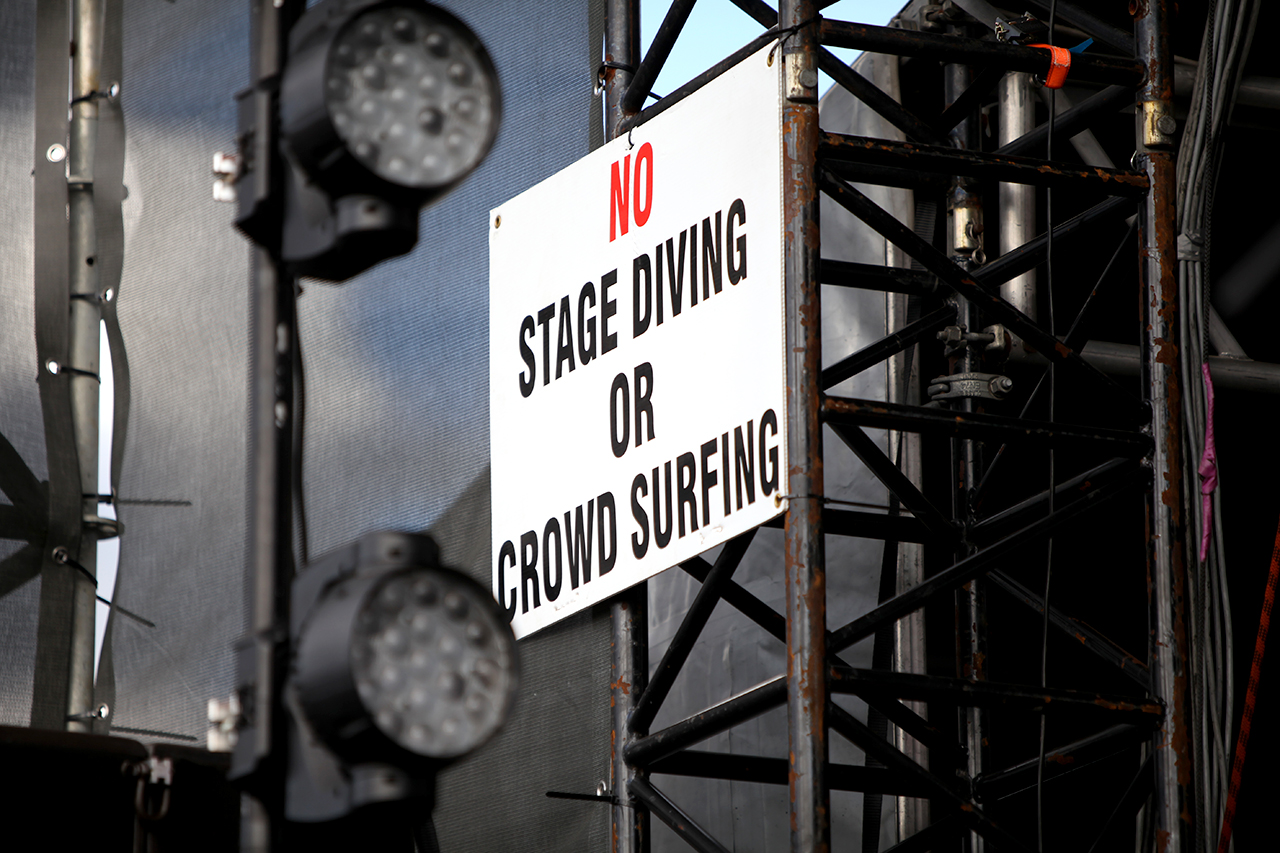
-
002Saskwatch008
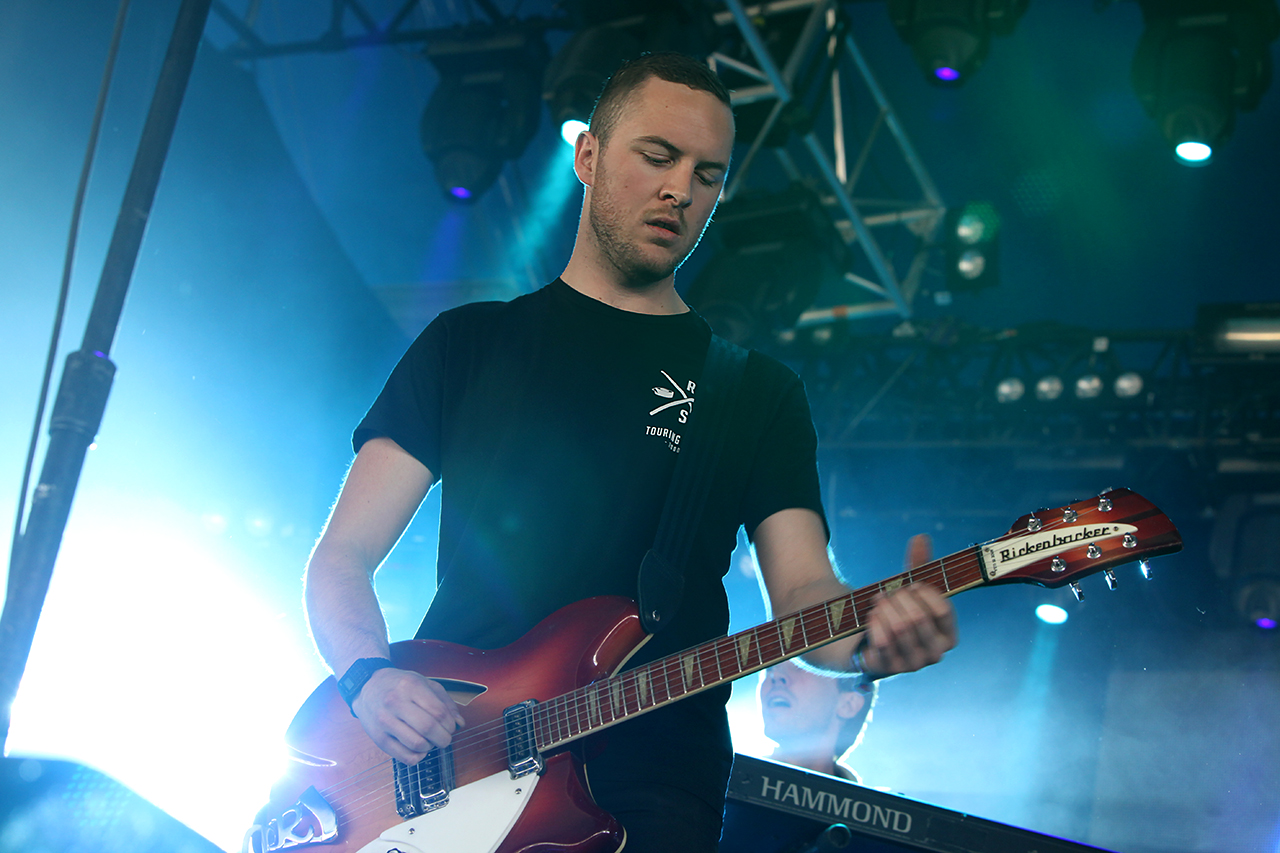
Saskwatch -
002Saskwatch007
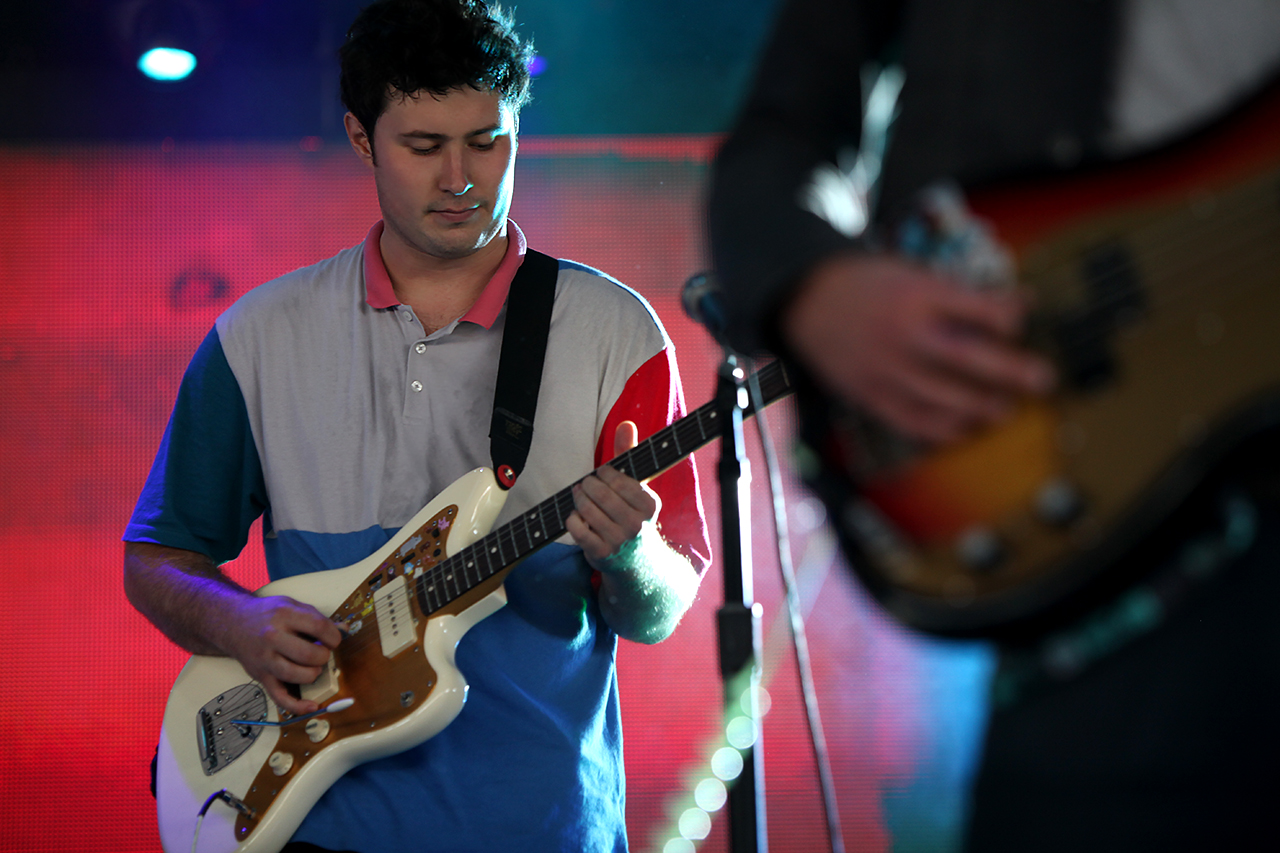
Saskwatch -
002Saskwatch006
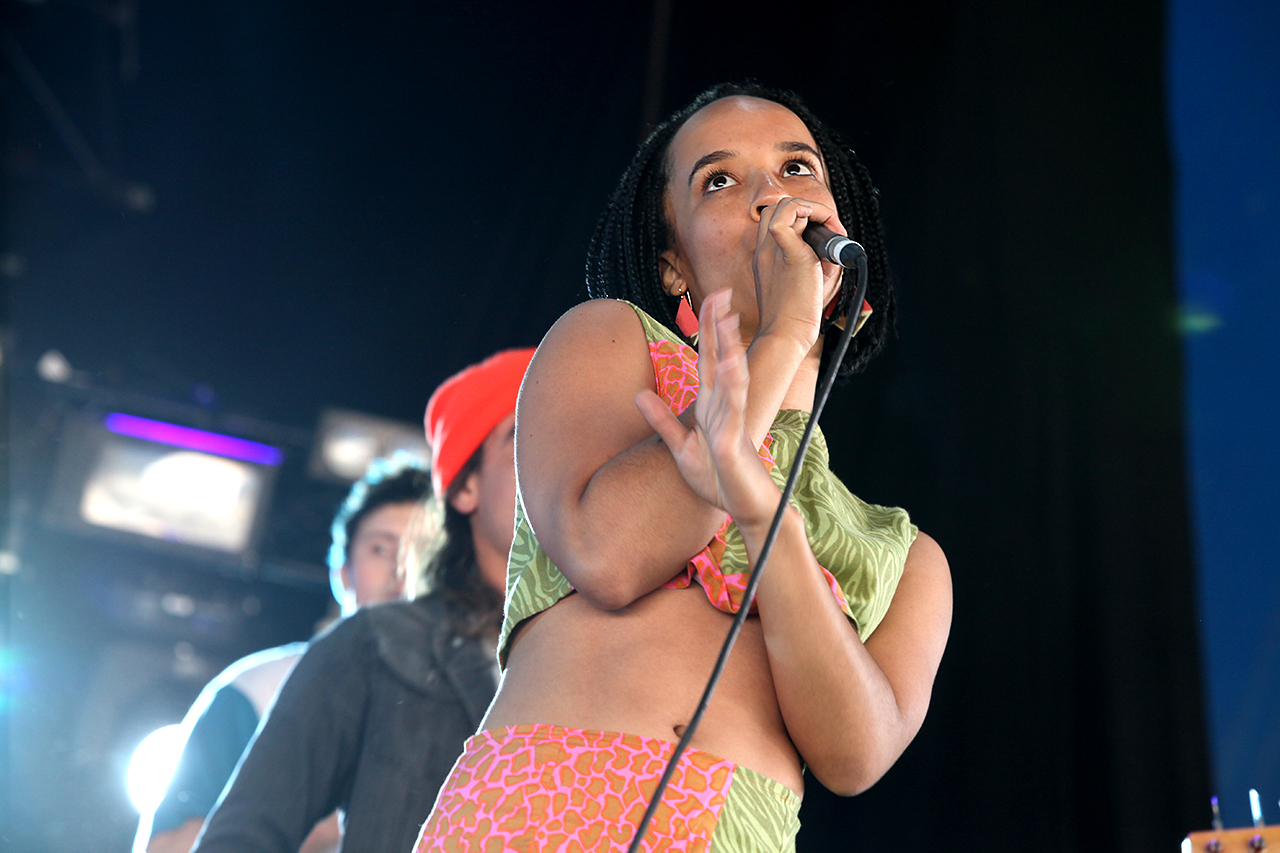
Saskwatch -
002Saskwatch005
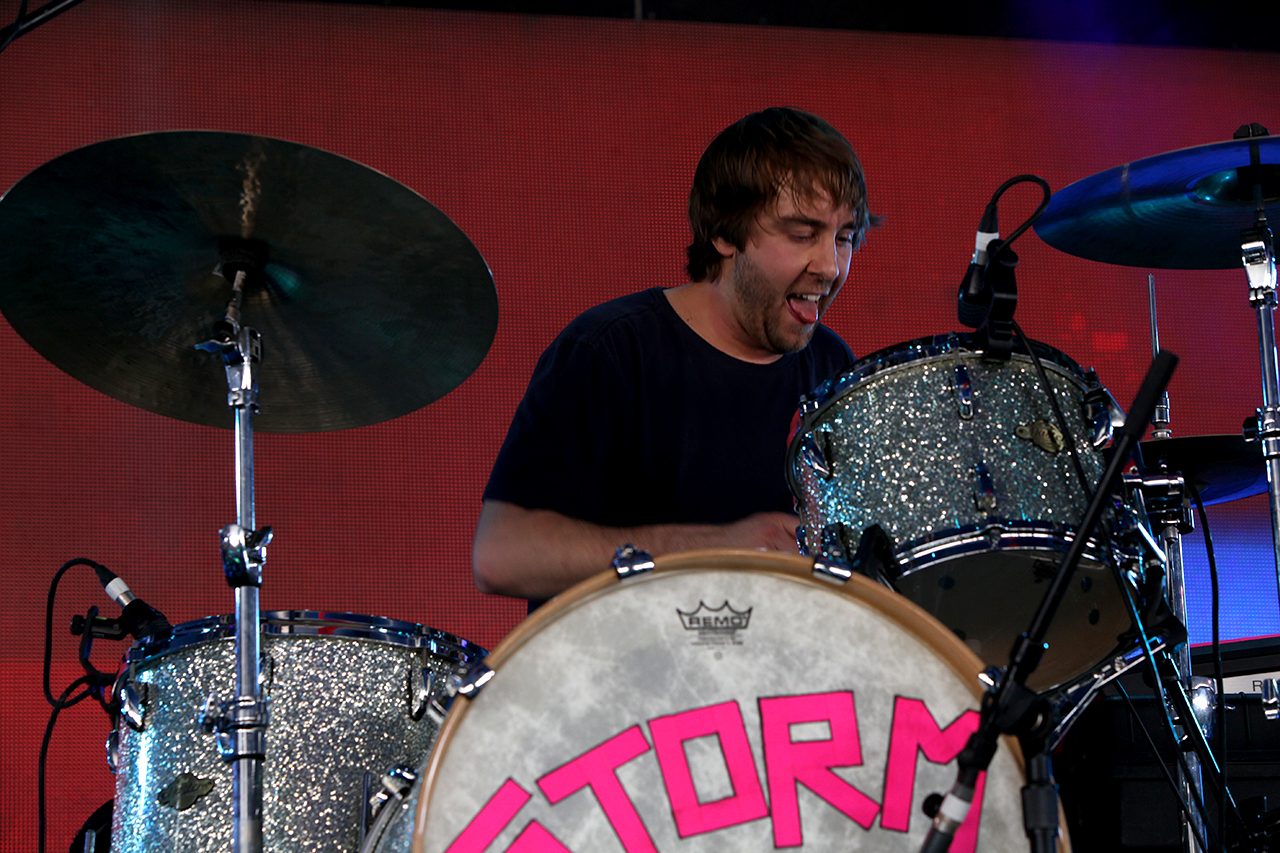
Saskwatch -
002Saskwatch004
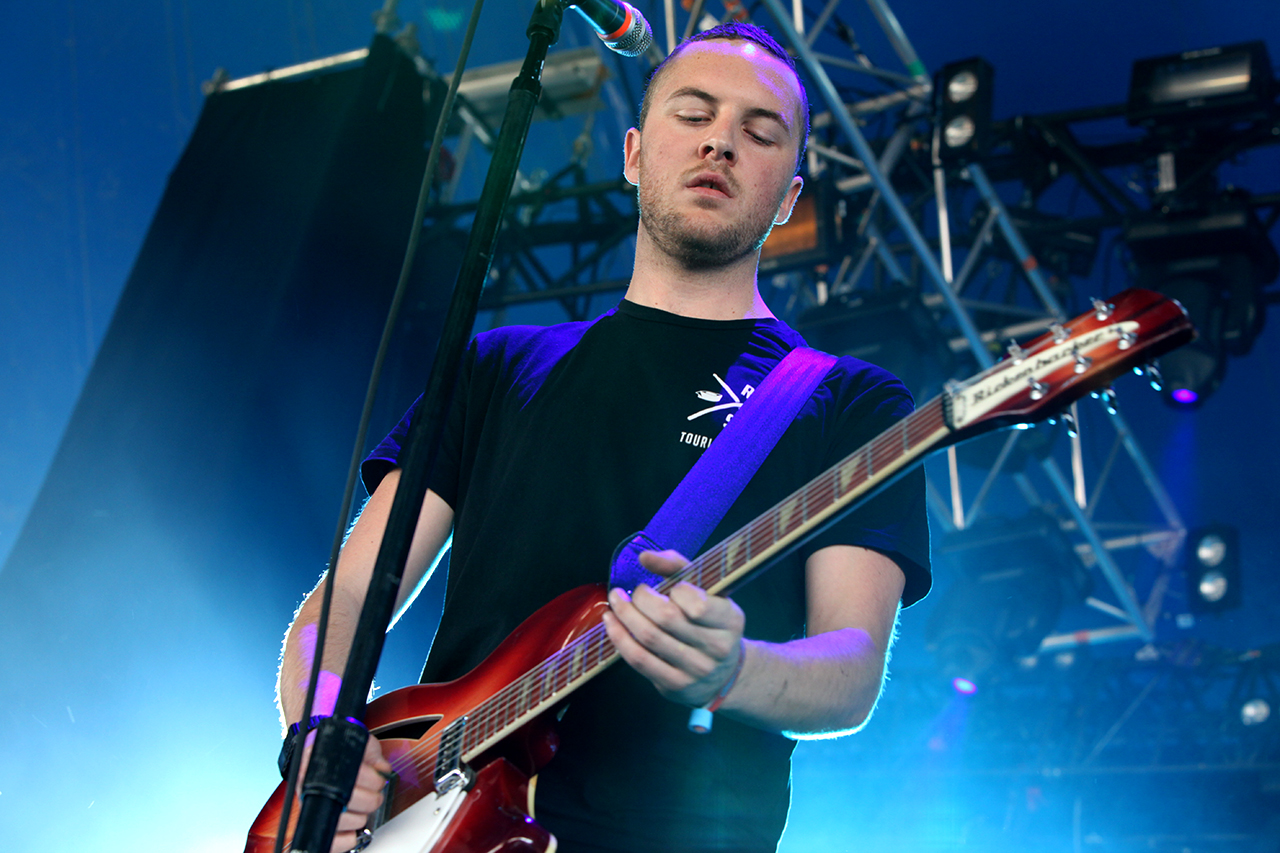
Saskwatch -
002Saskwatch003
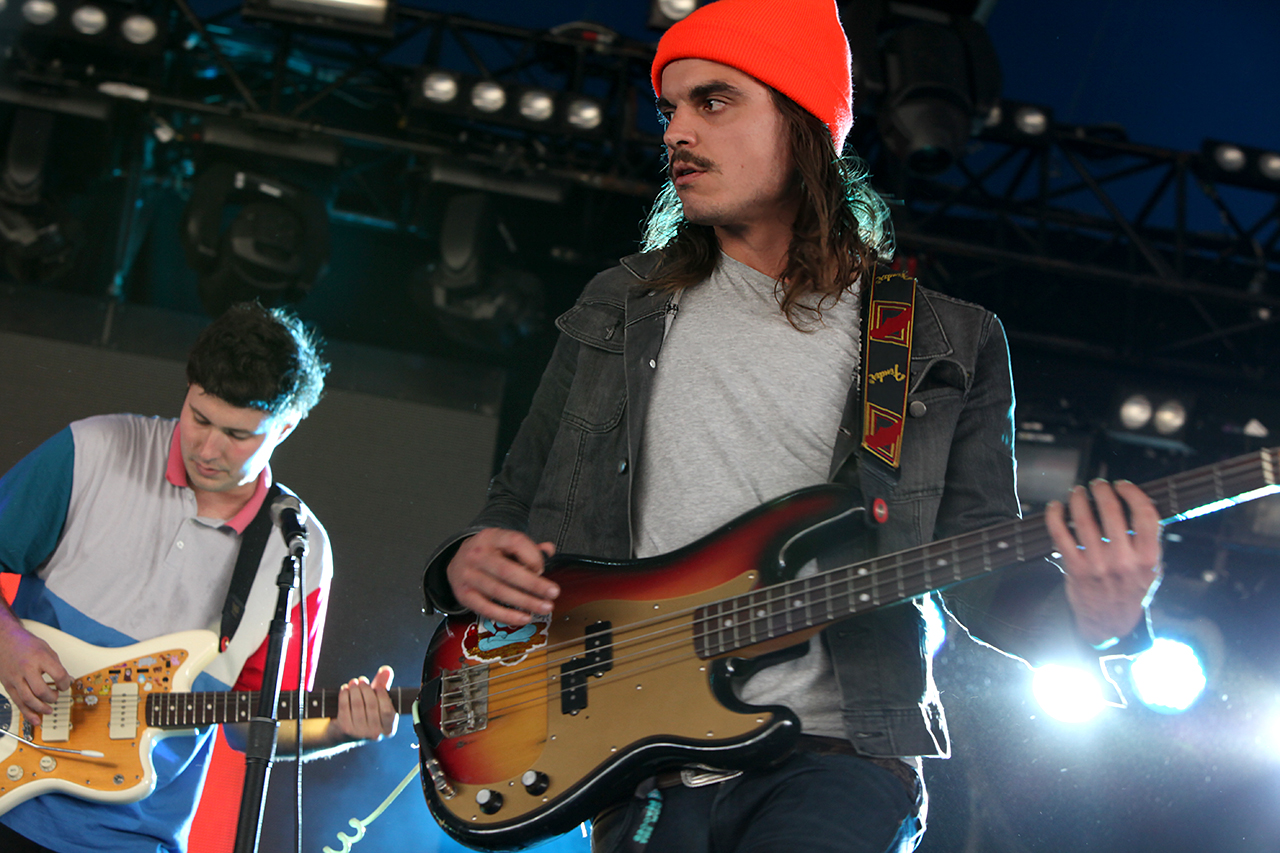
Saskwatch -
002Saskwatch002
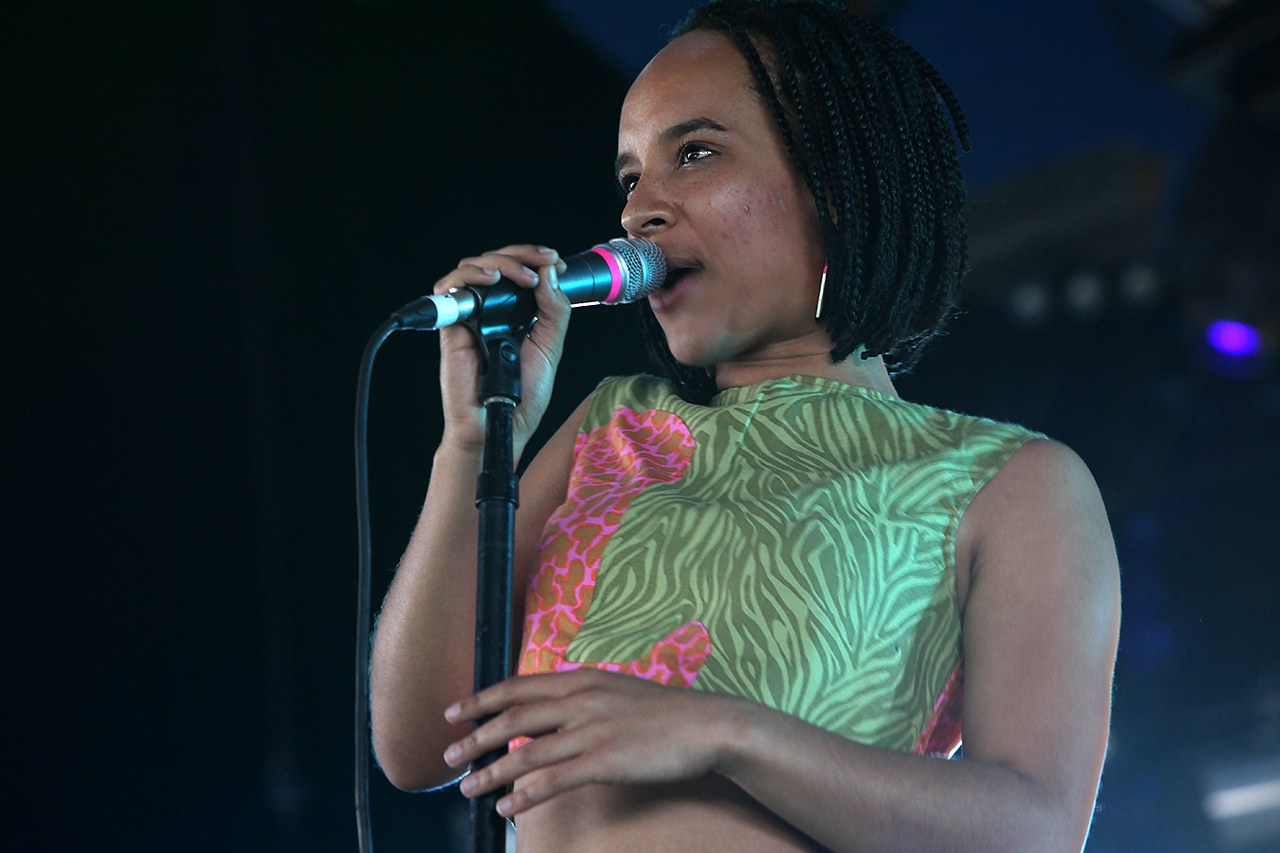
Saskwatch -
002Saskwatch001
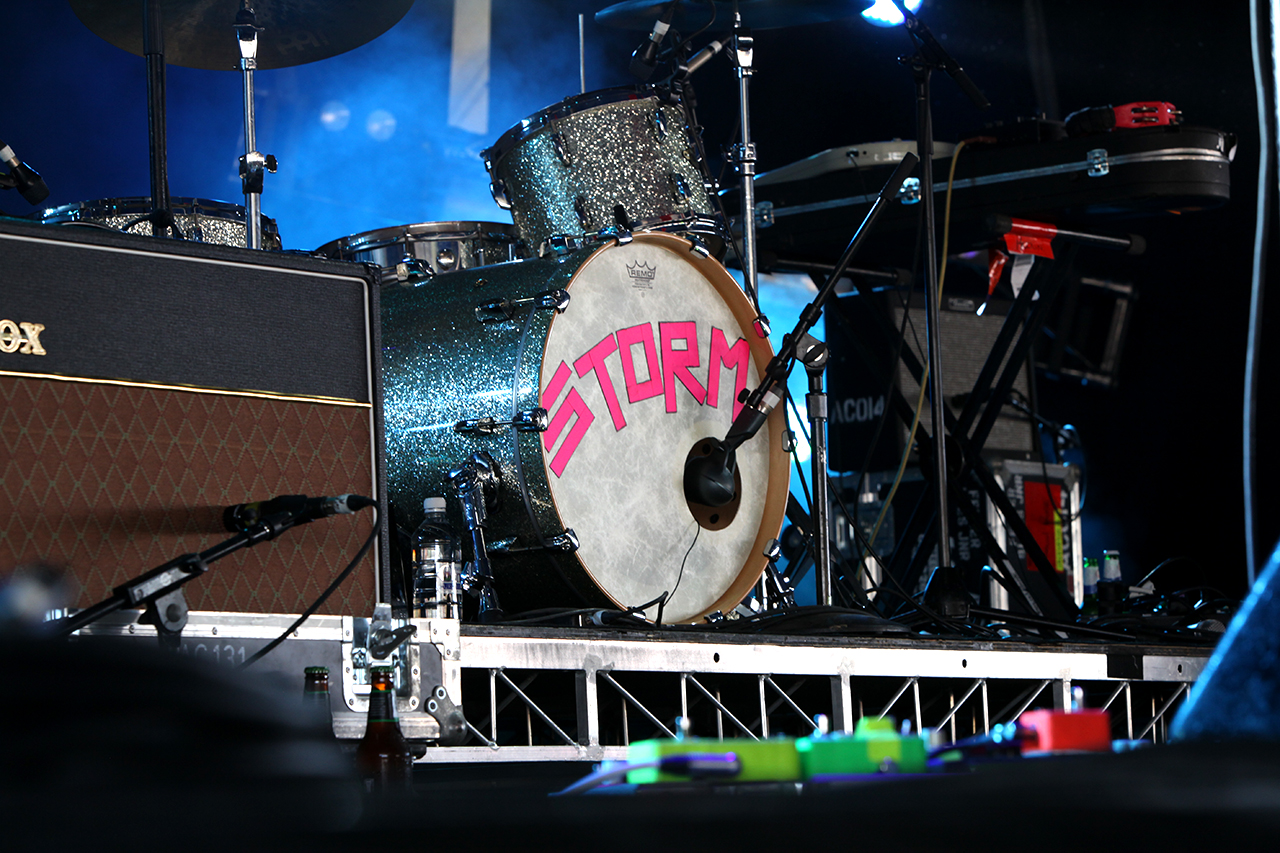
Saskwatch -
001OneDay024
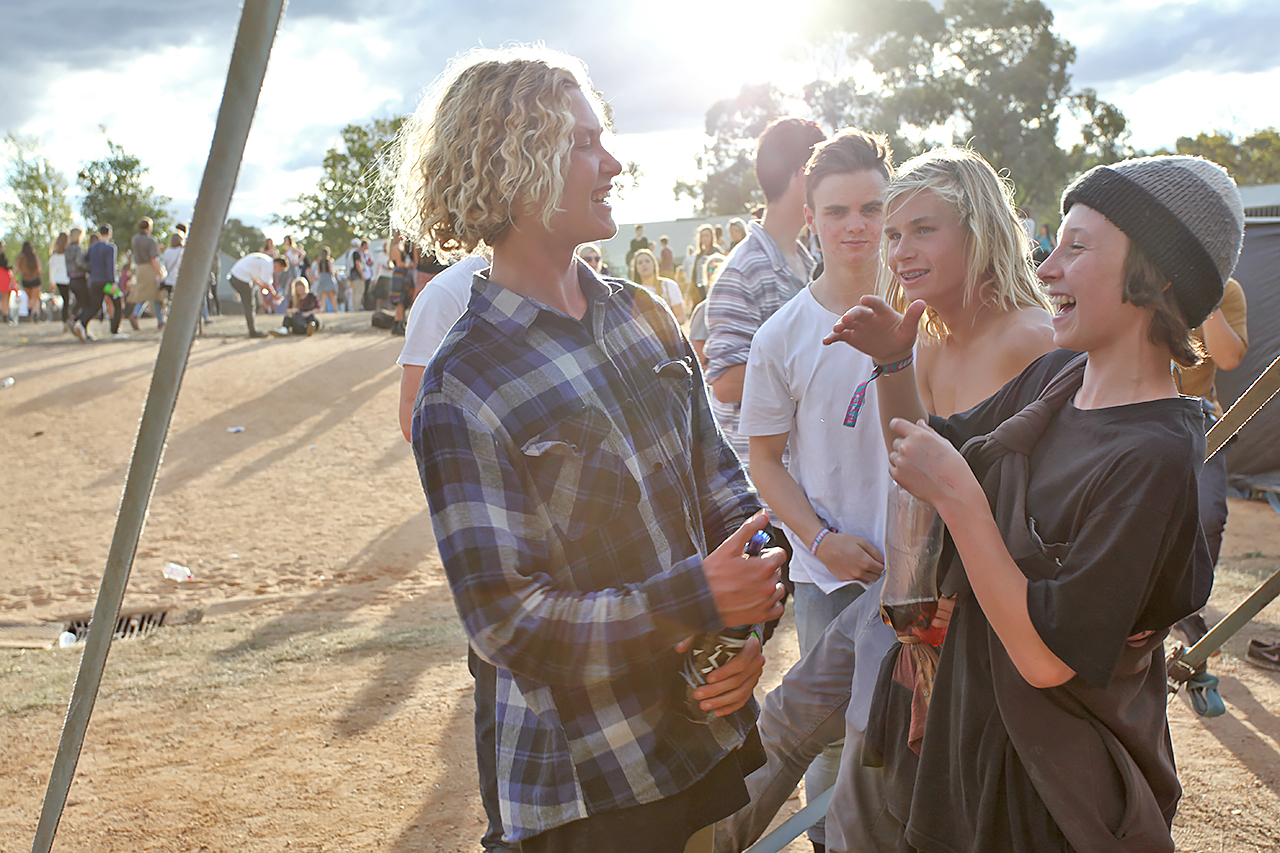
-
001OneDay023
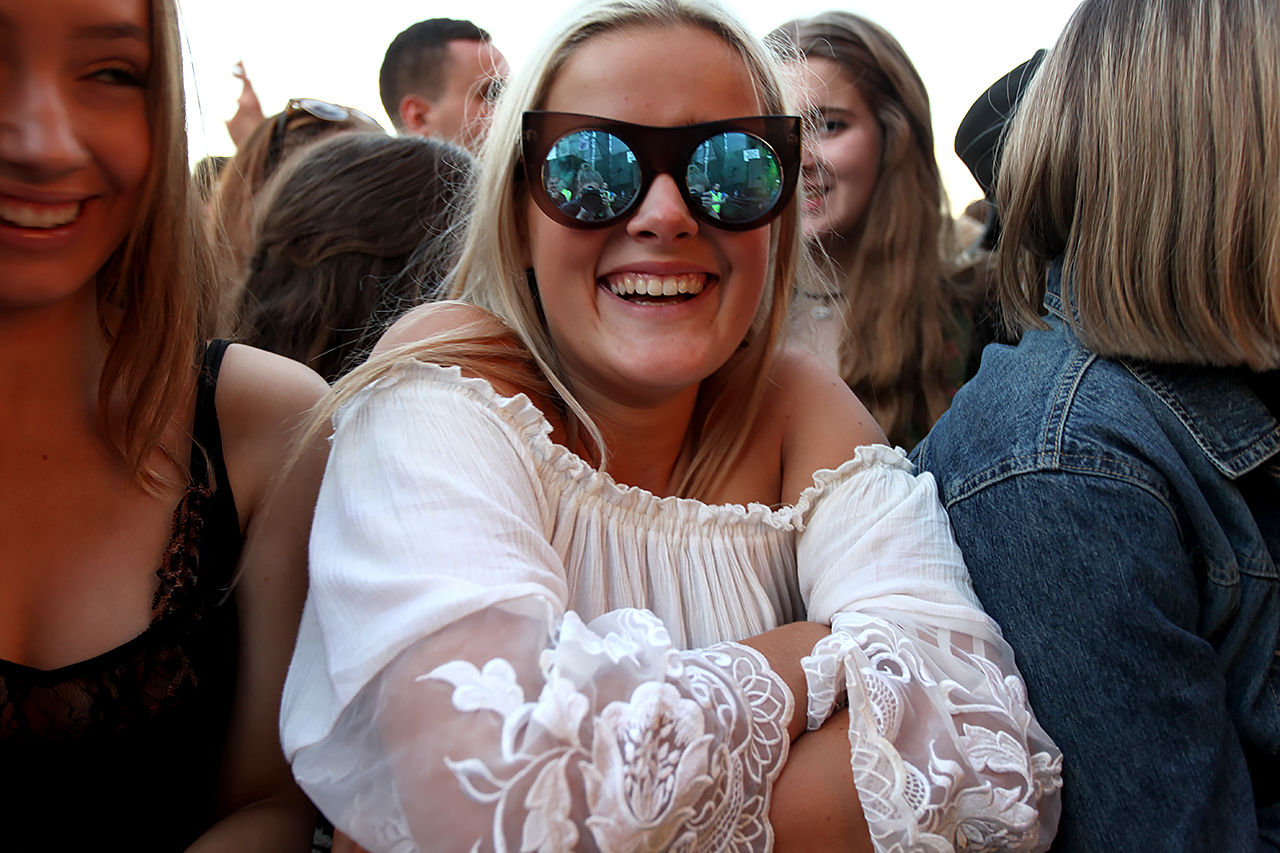
-
001OneDay022
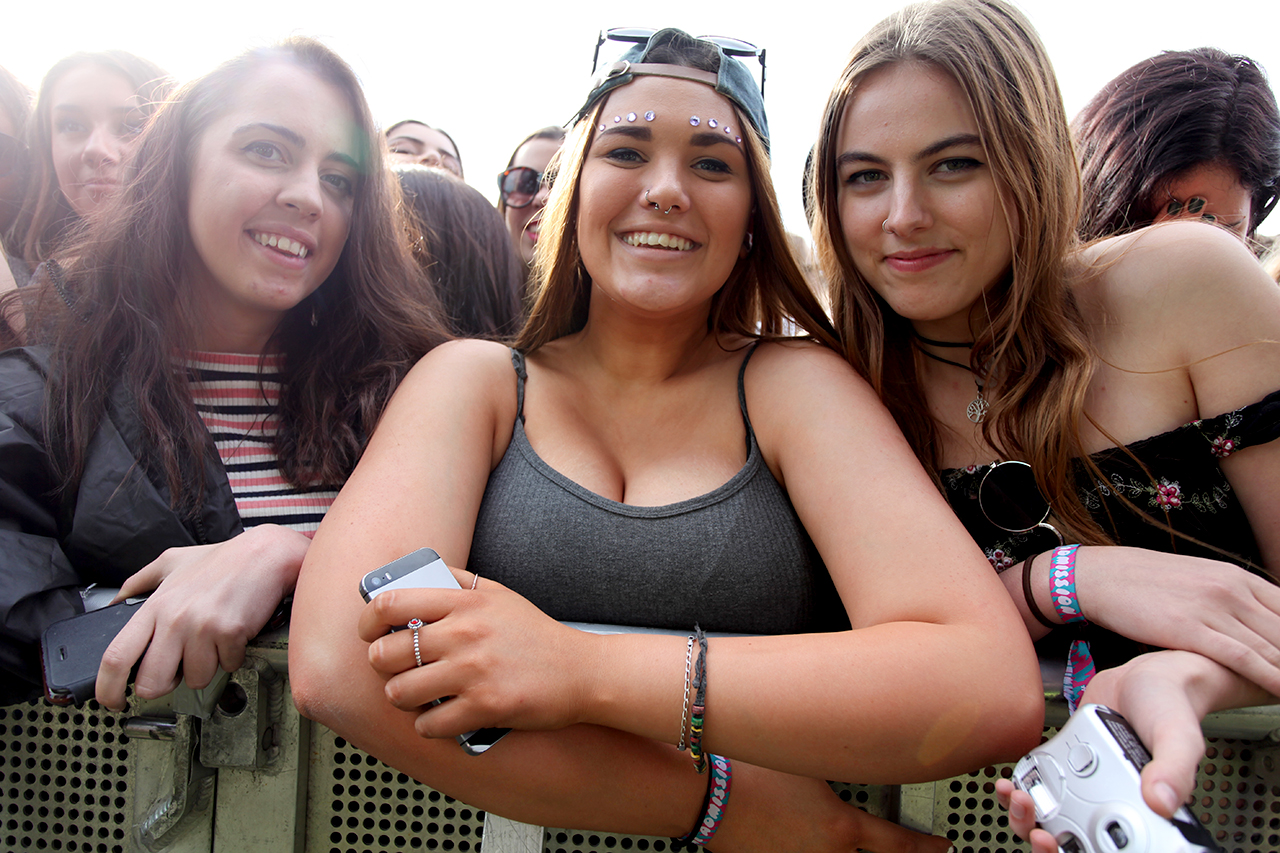
-
001OneDay021
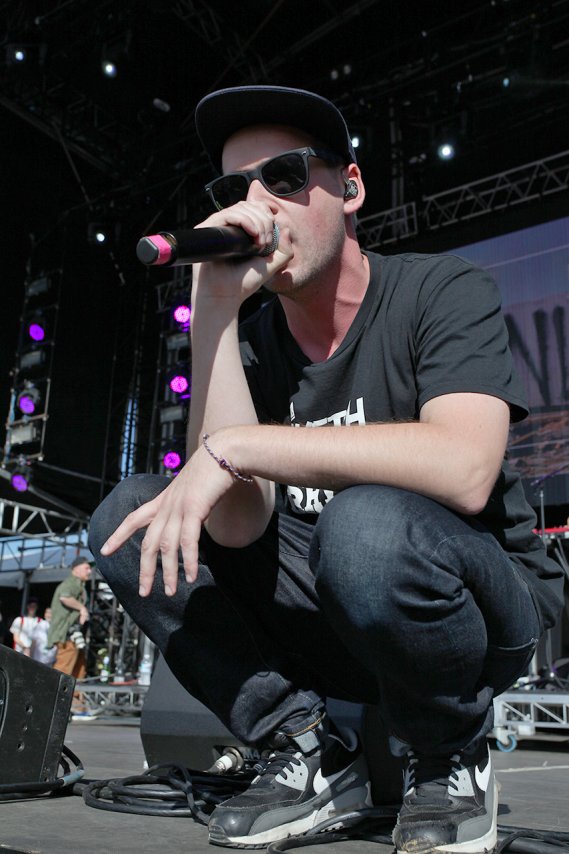
One Day -
001OneDay020
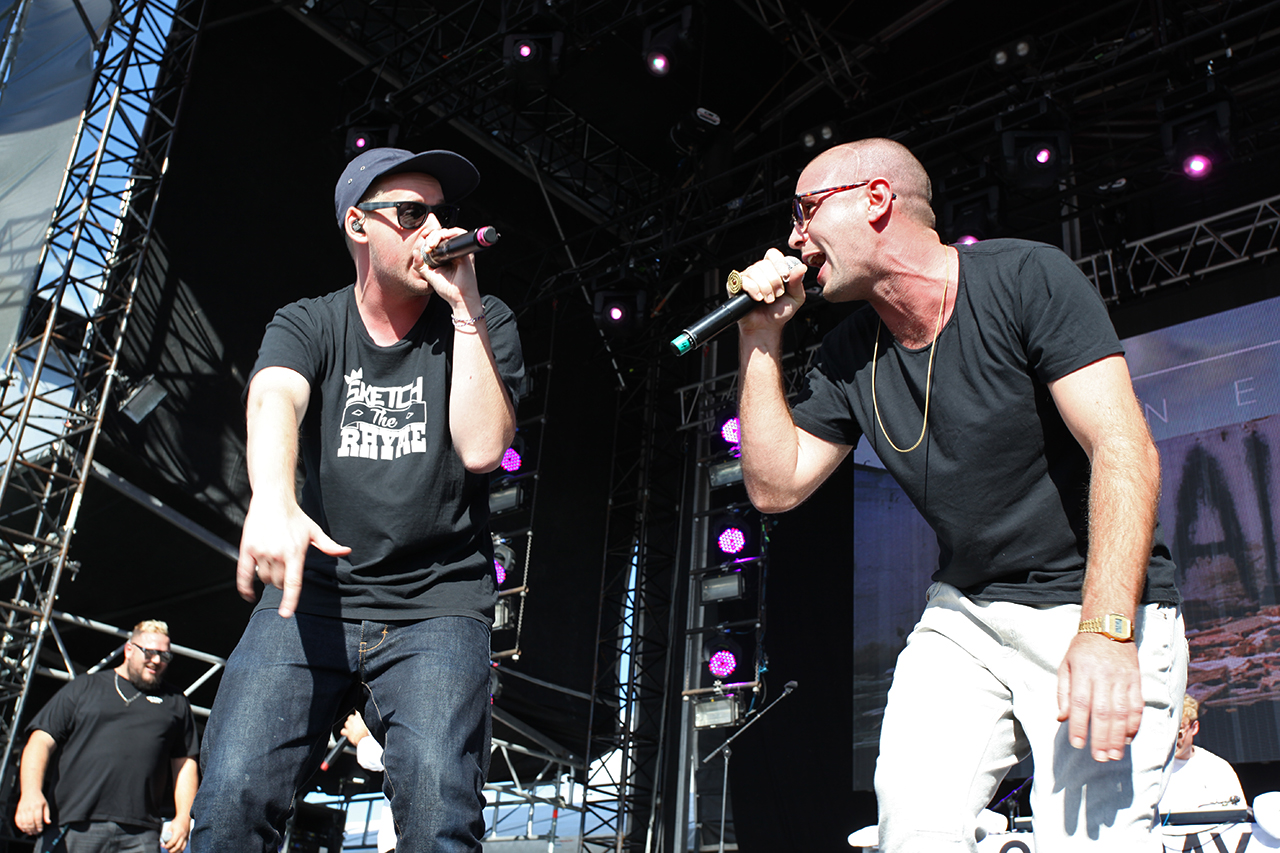
One Day -
001OneDay019
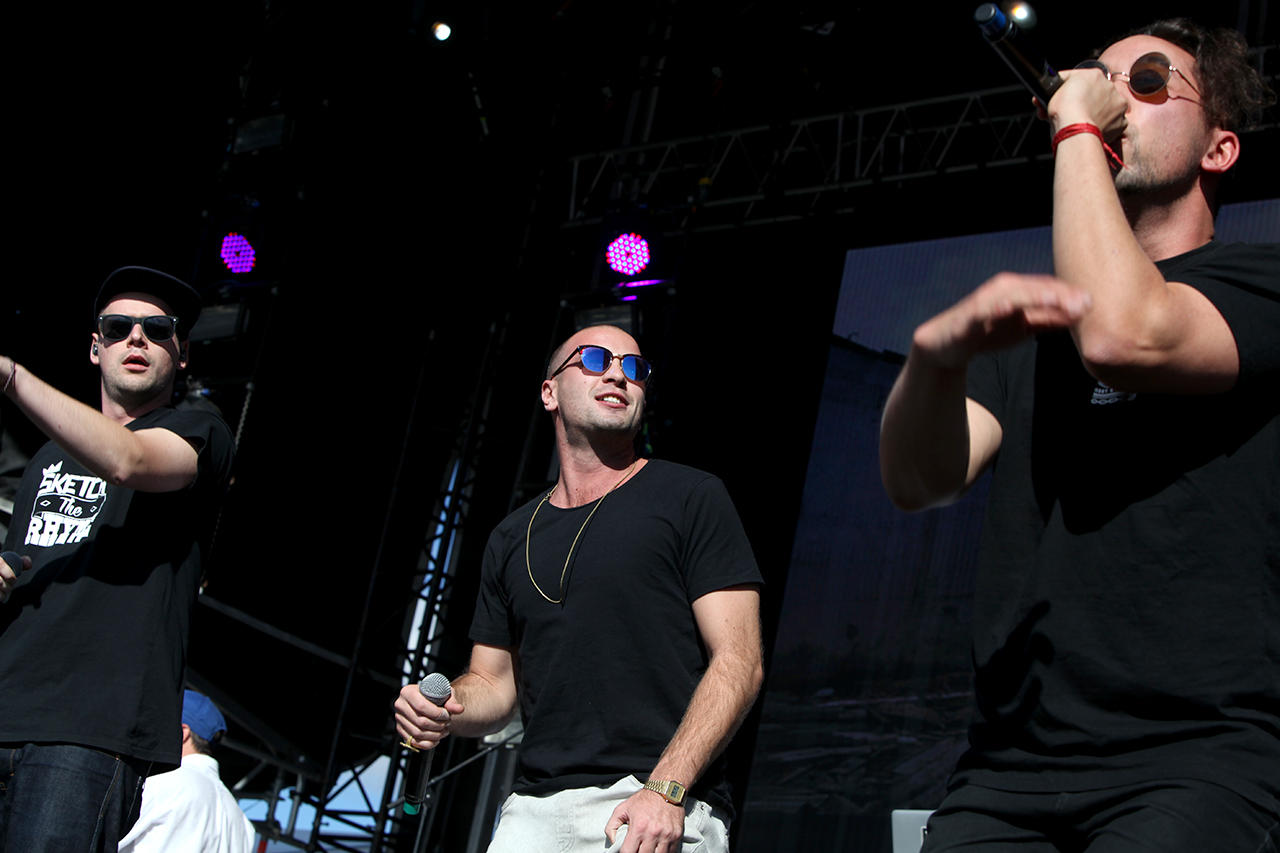
One Day -
001OneDay018
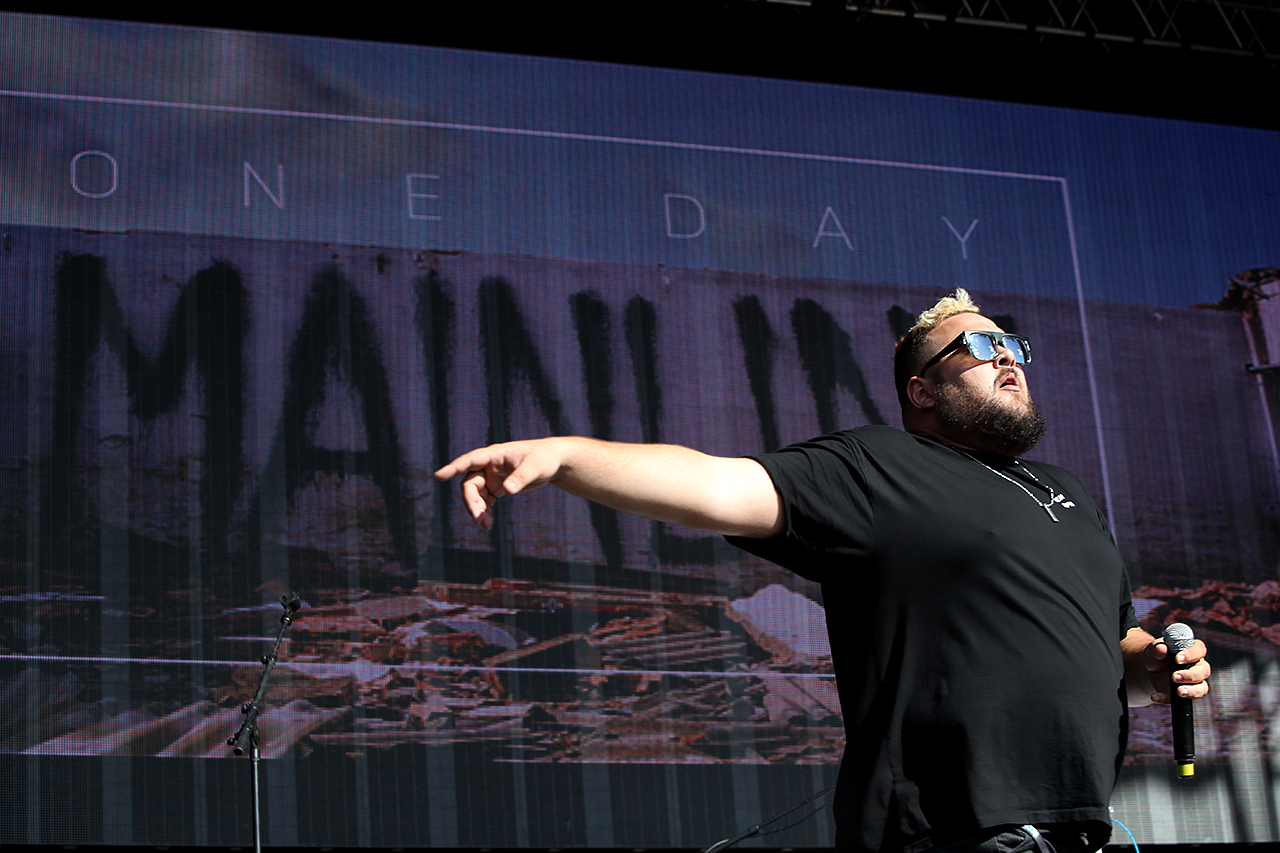
One Day -
001OneDay017
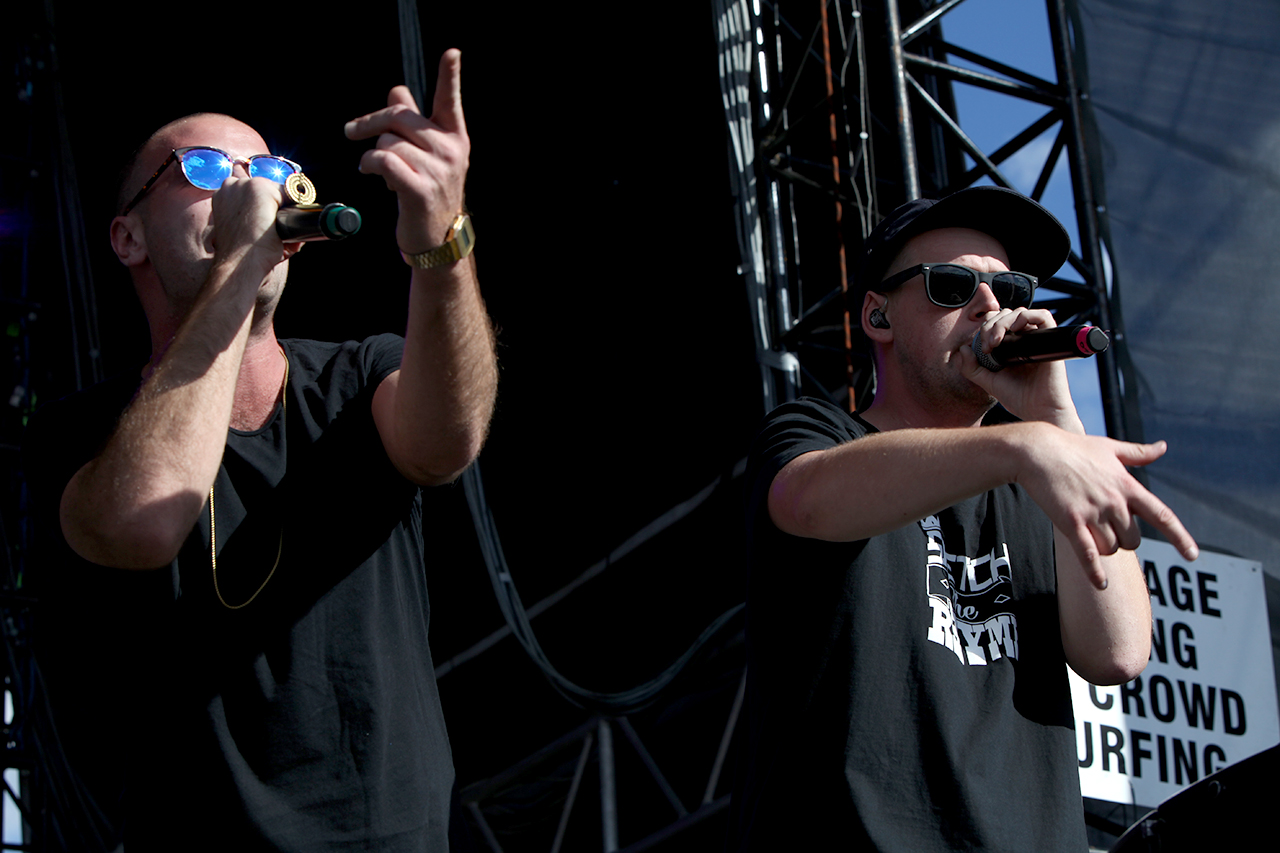
One Day -
001OneDay016
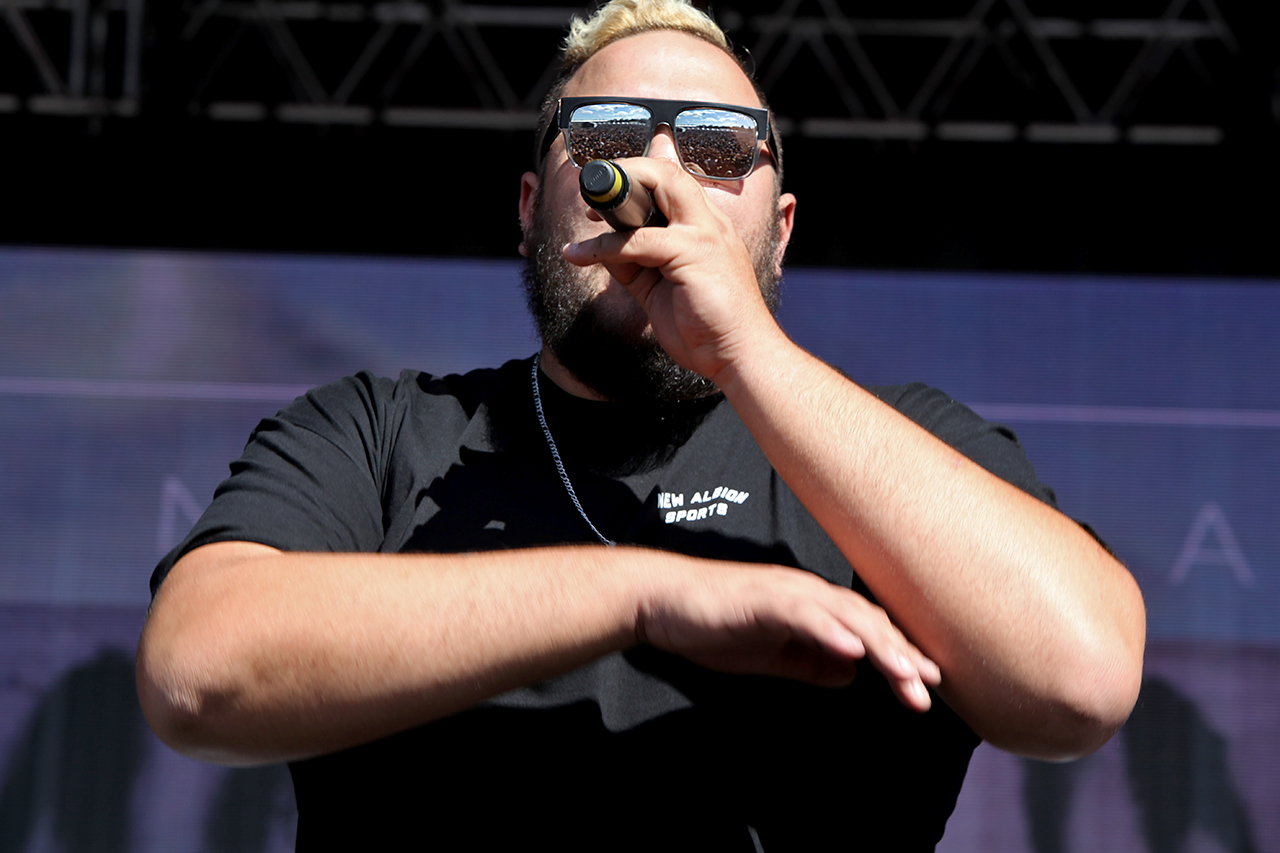
One Day -
001OneDay015
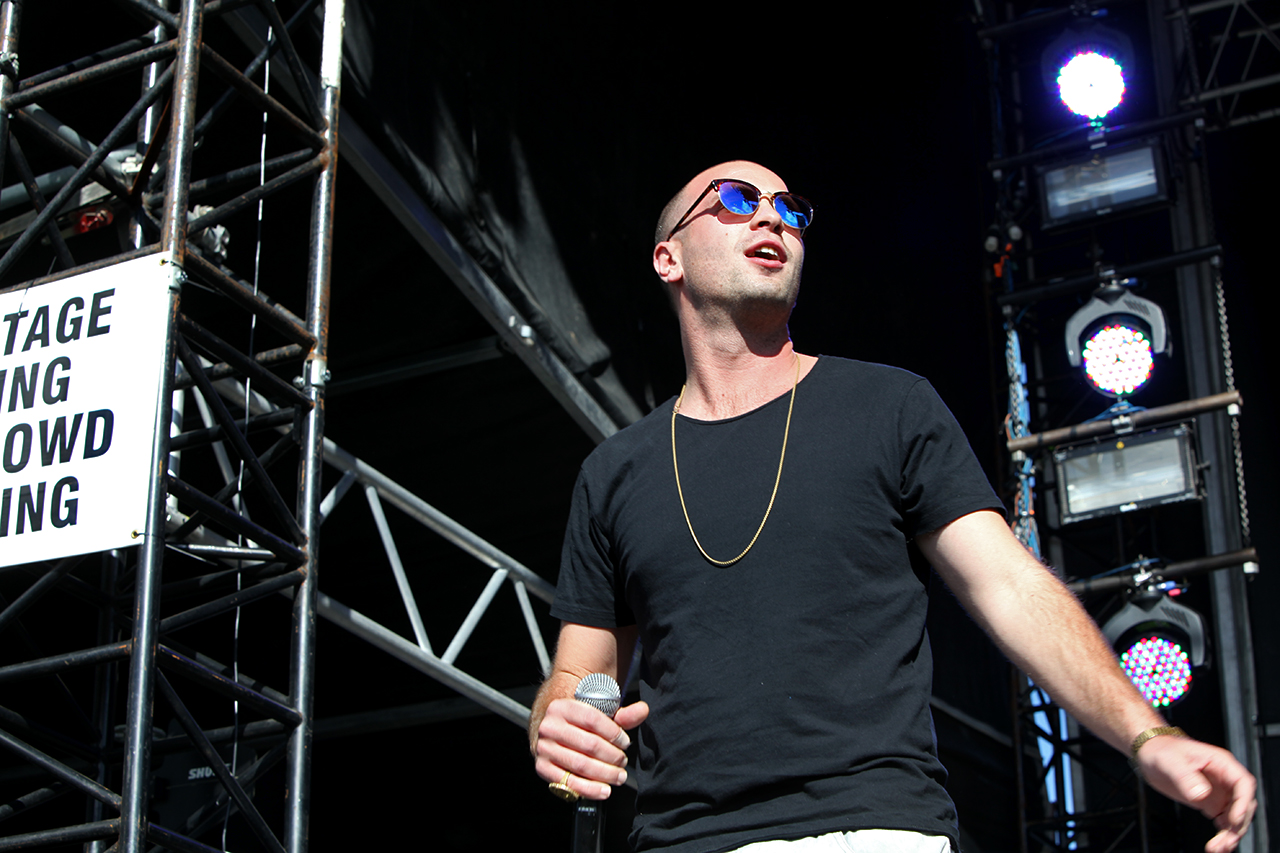
One Day -
001OneDay014
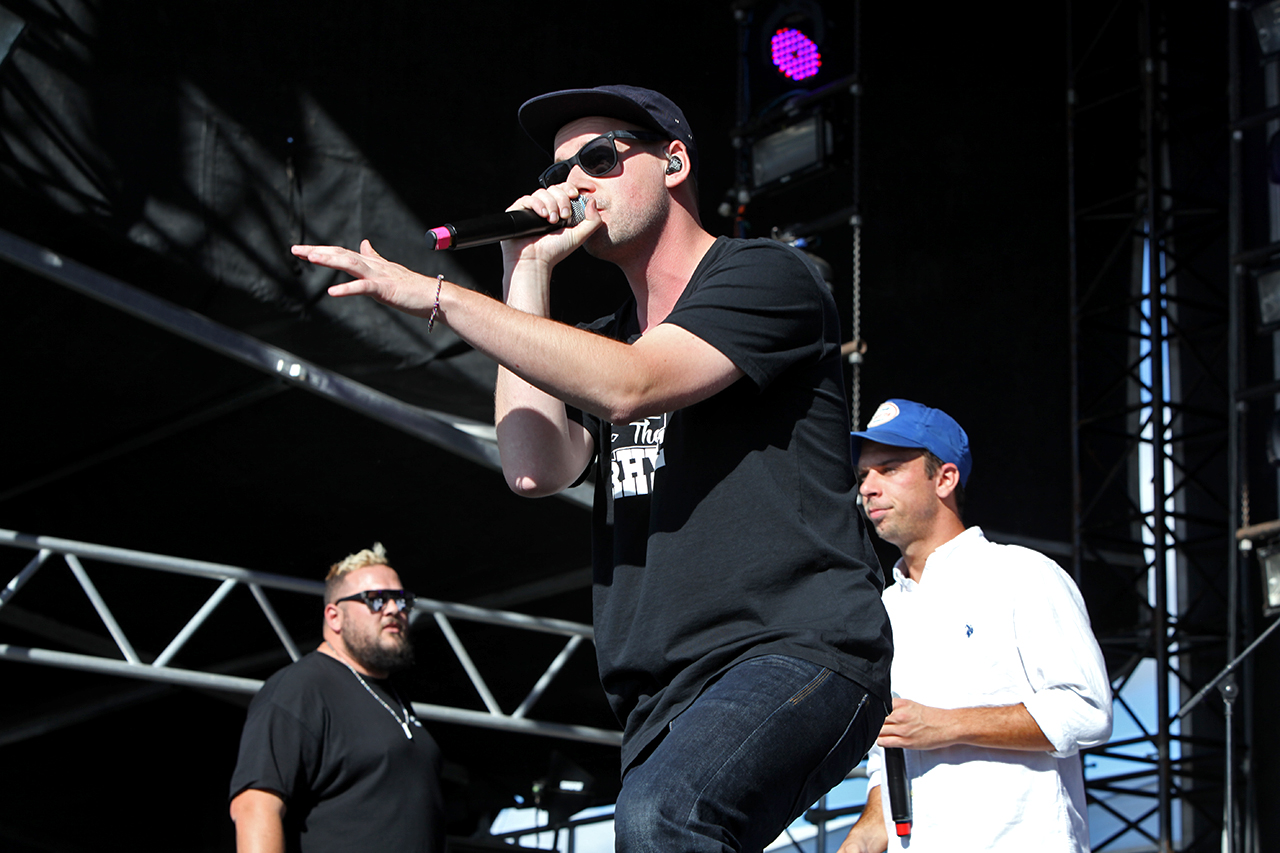
One Day -
001OneDay013
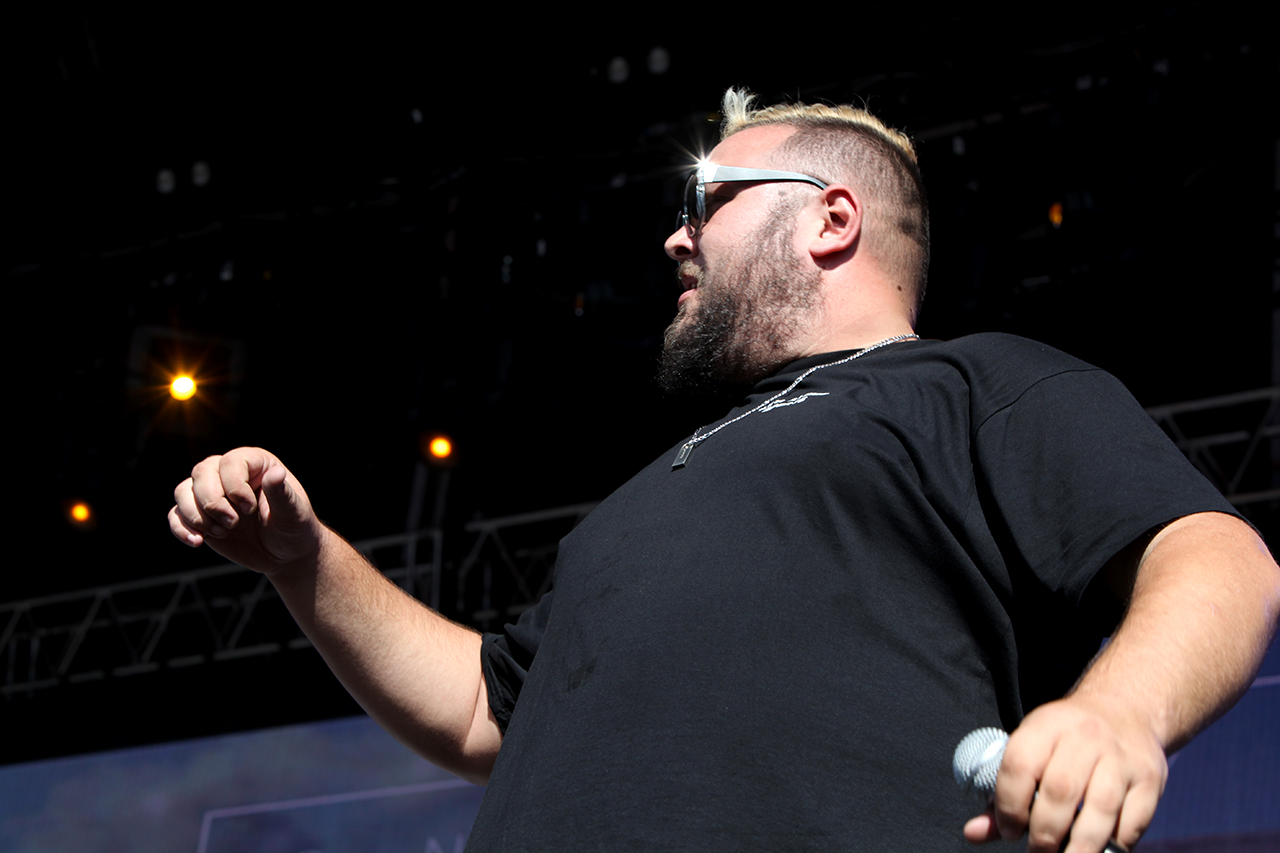
One Day -
001OneDay012
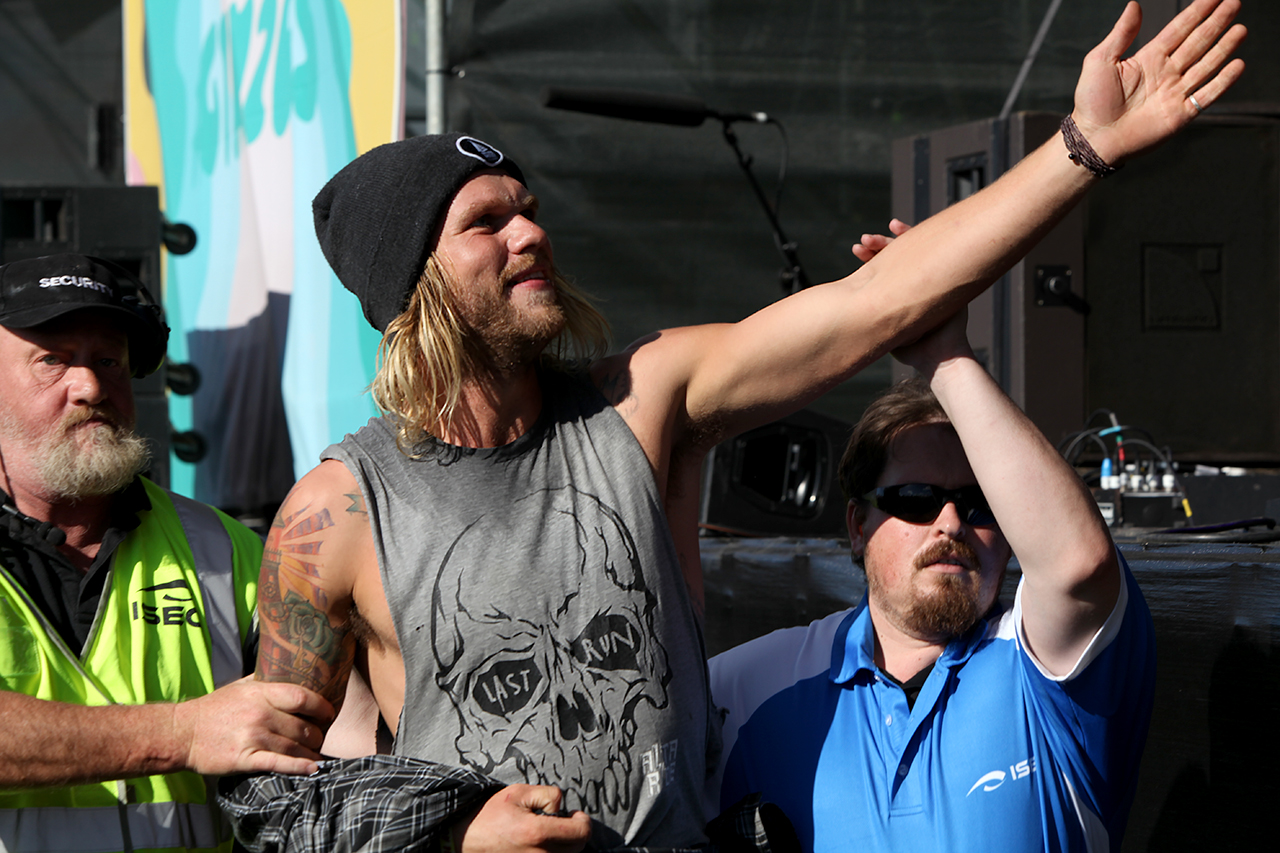
-
001OneDay011
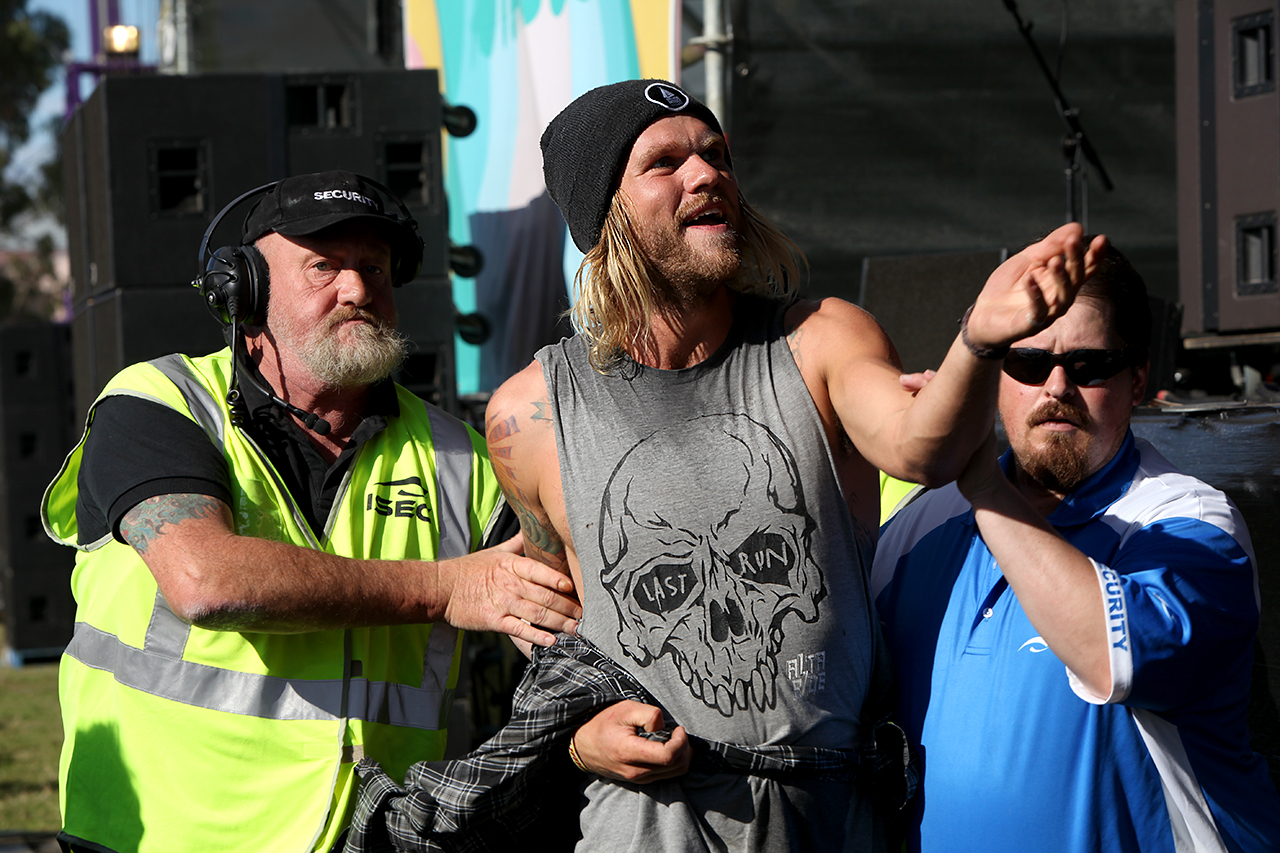
-
001OneDay010
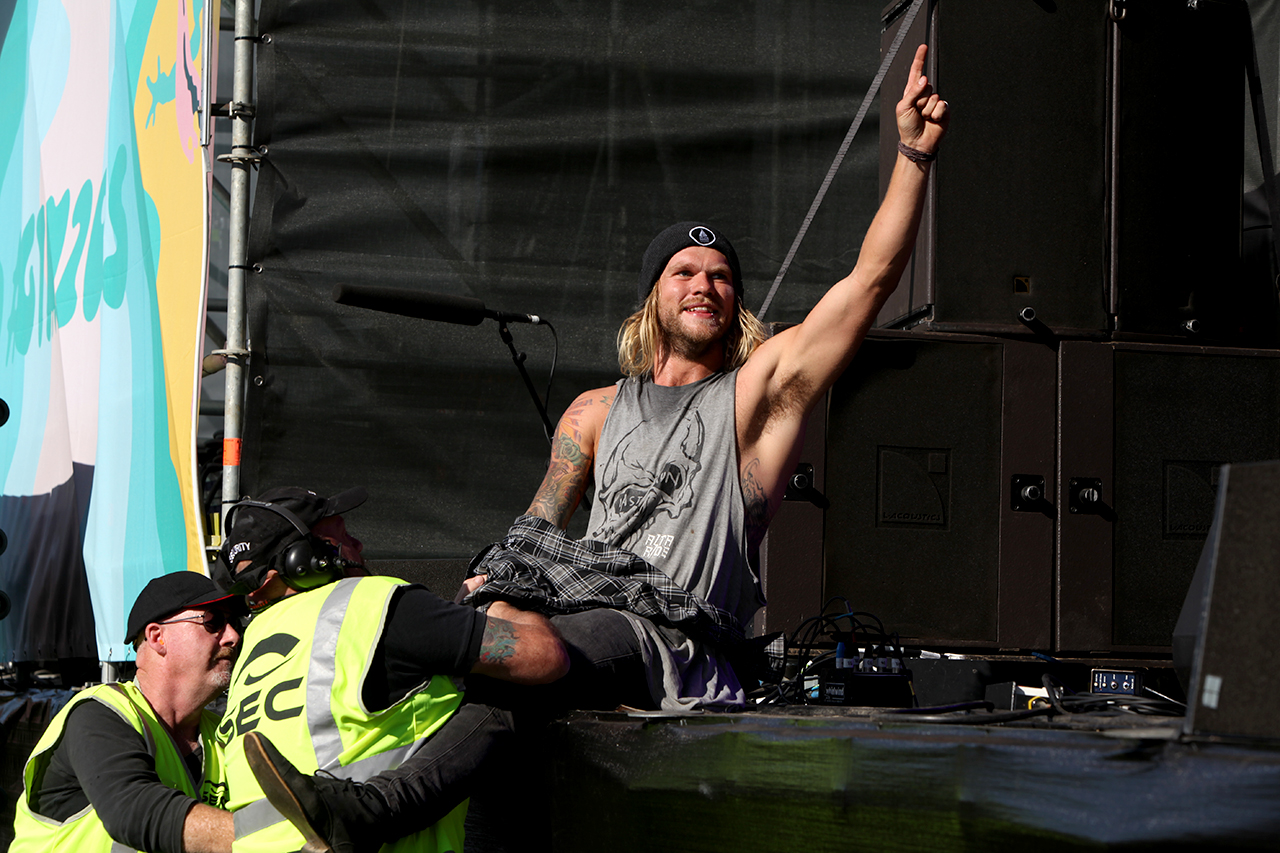
-
001OneDay009
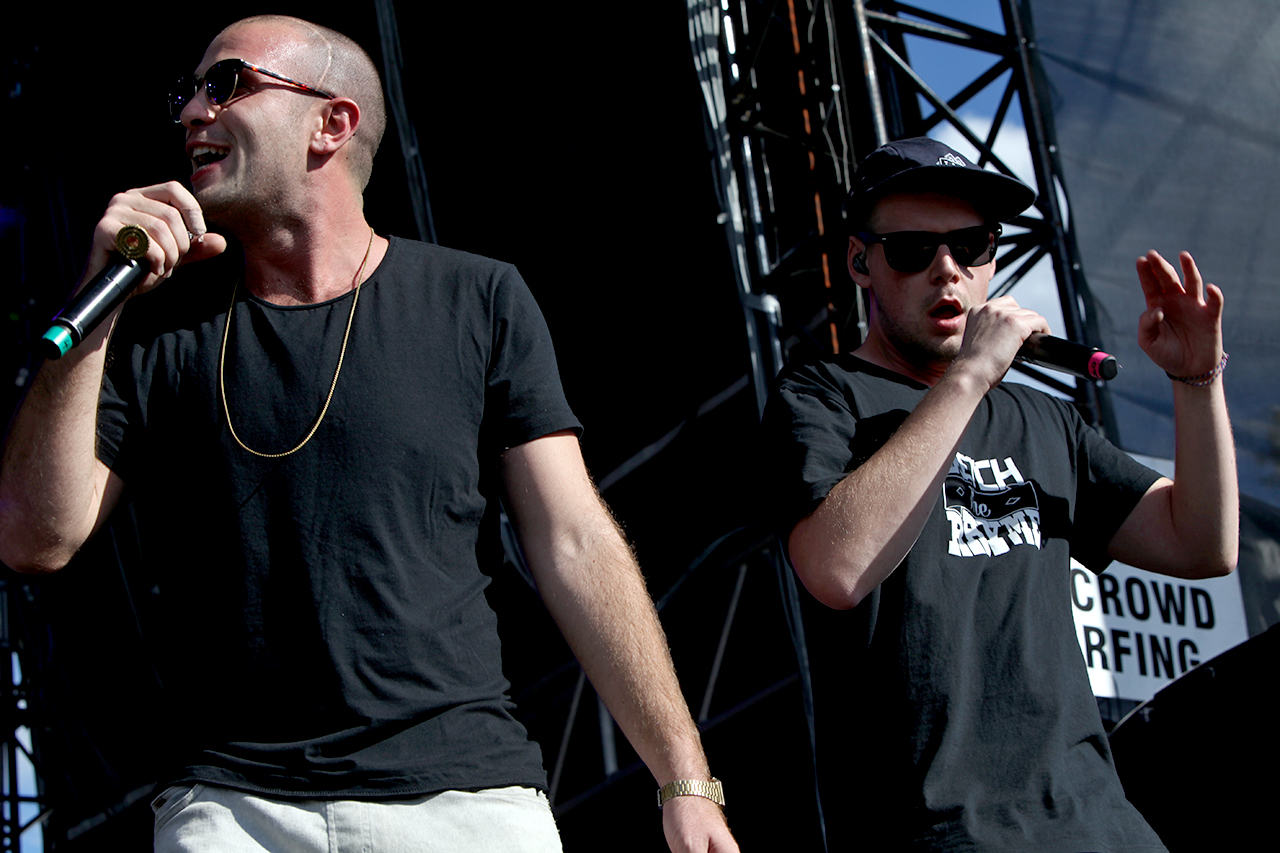
One Day -
001OneDay008
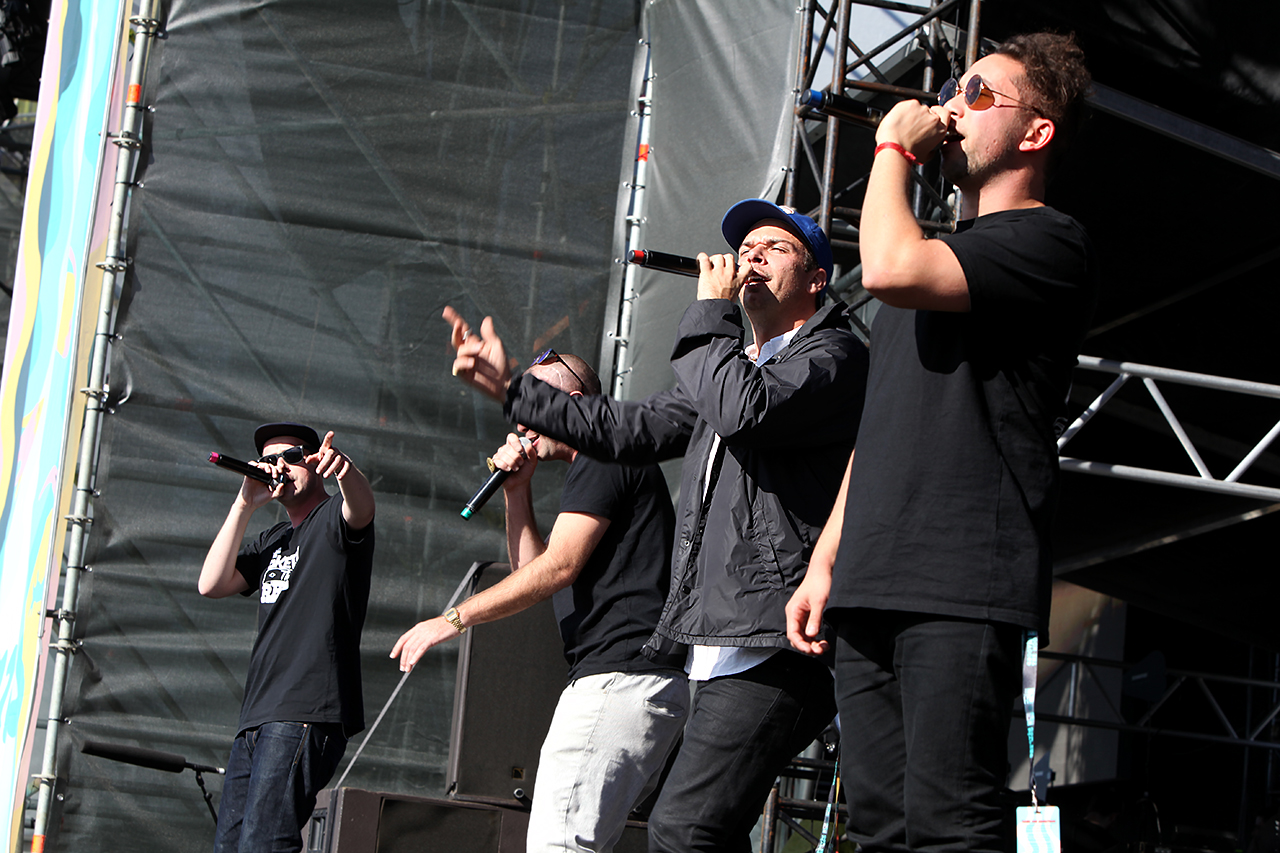
One Day -
001OneDay007
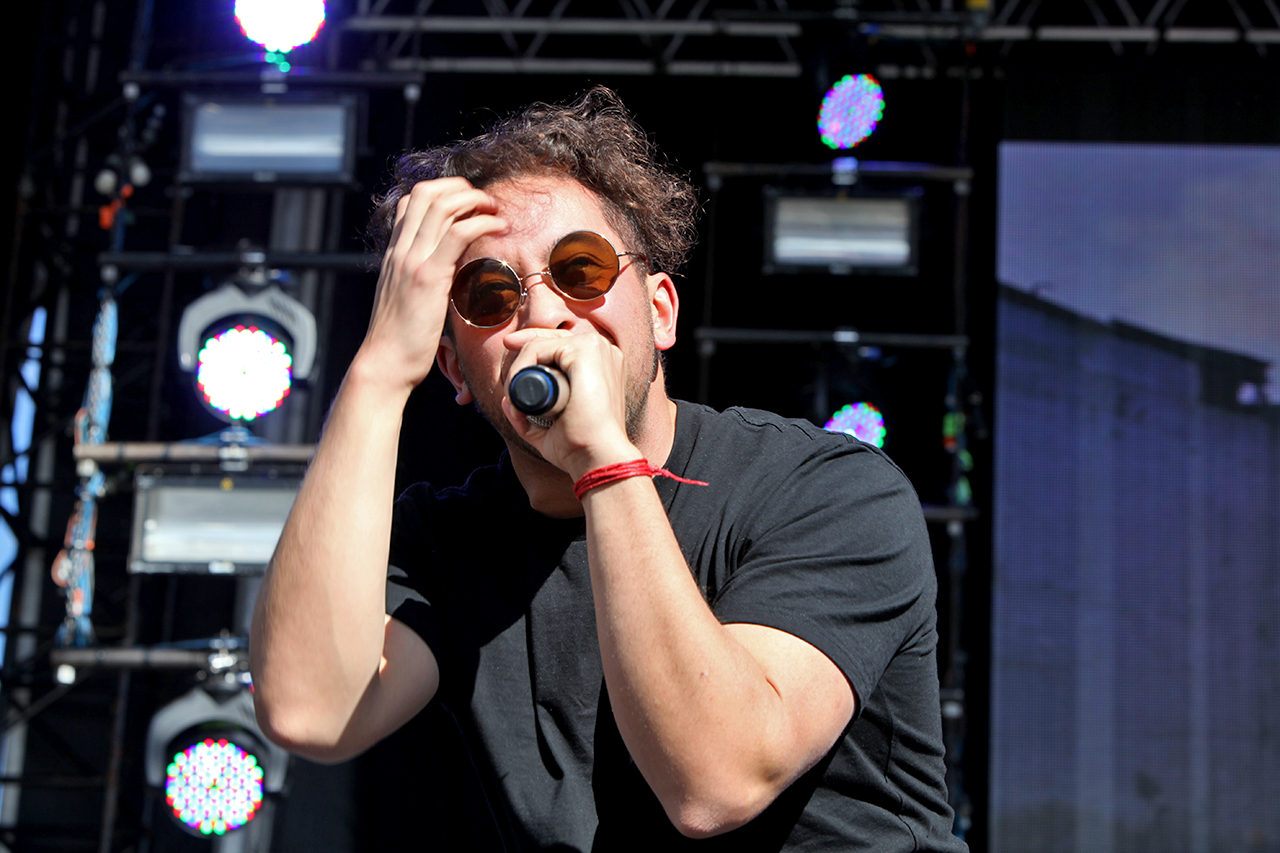
One Day -
001OneDay006
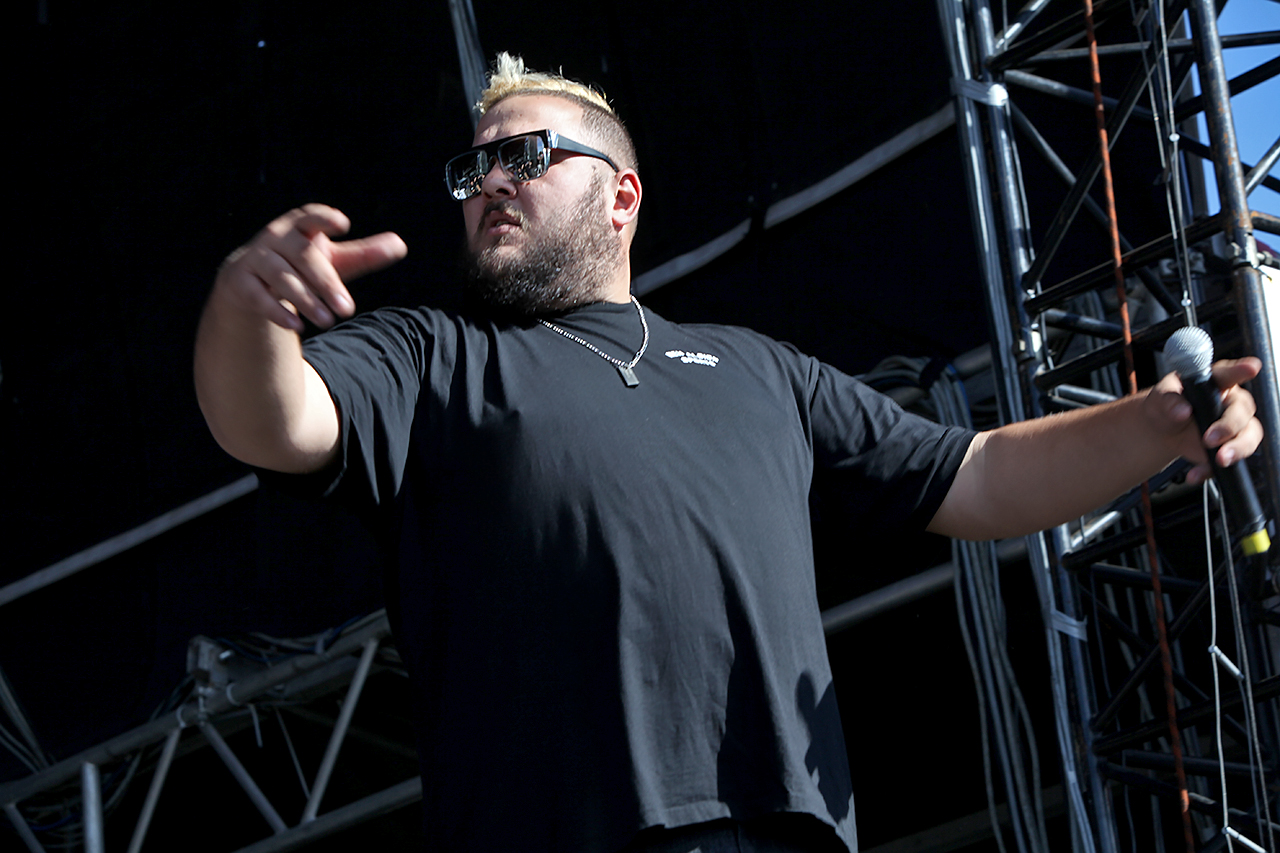
One Day -
001OneDay005
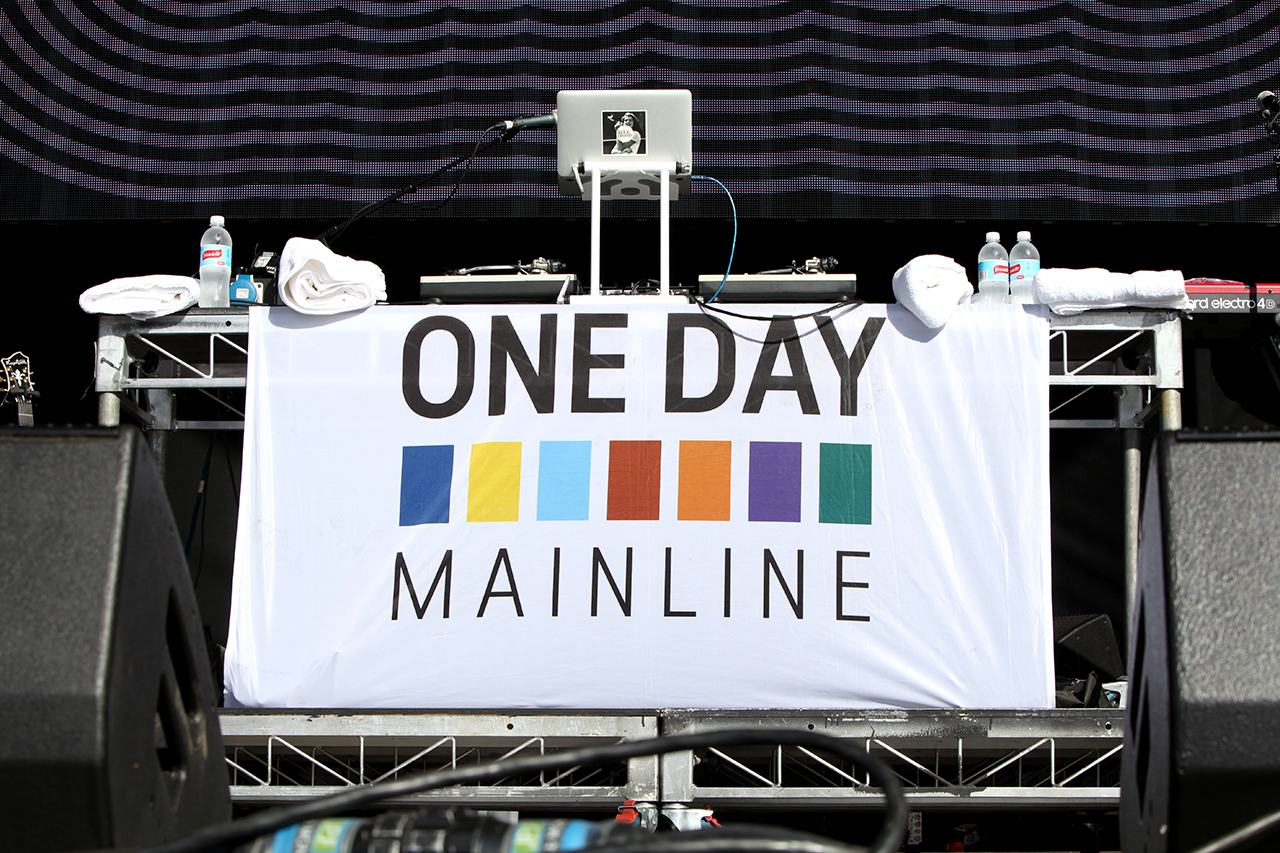
-
001OneDay004
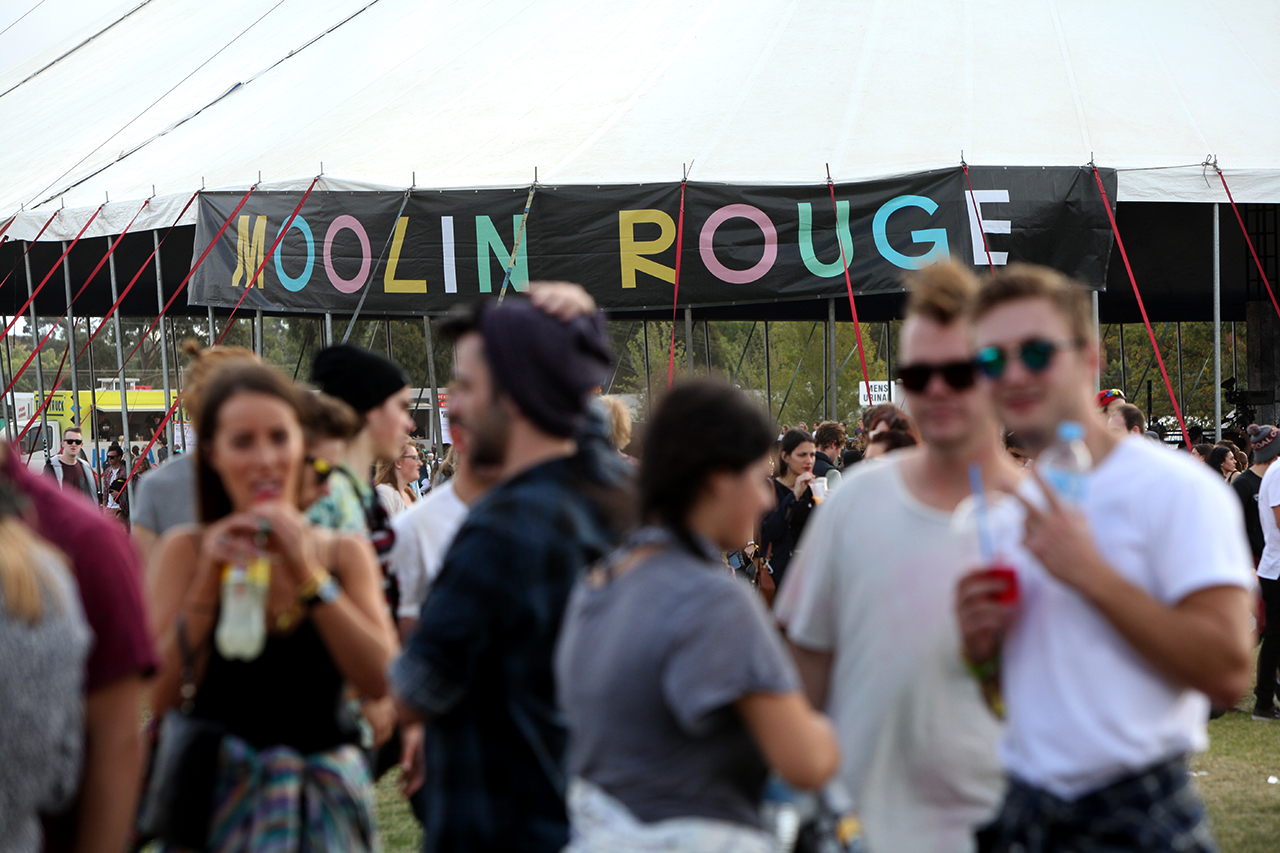
-
001OneDay003
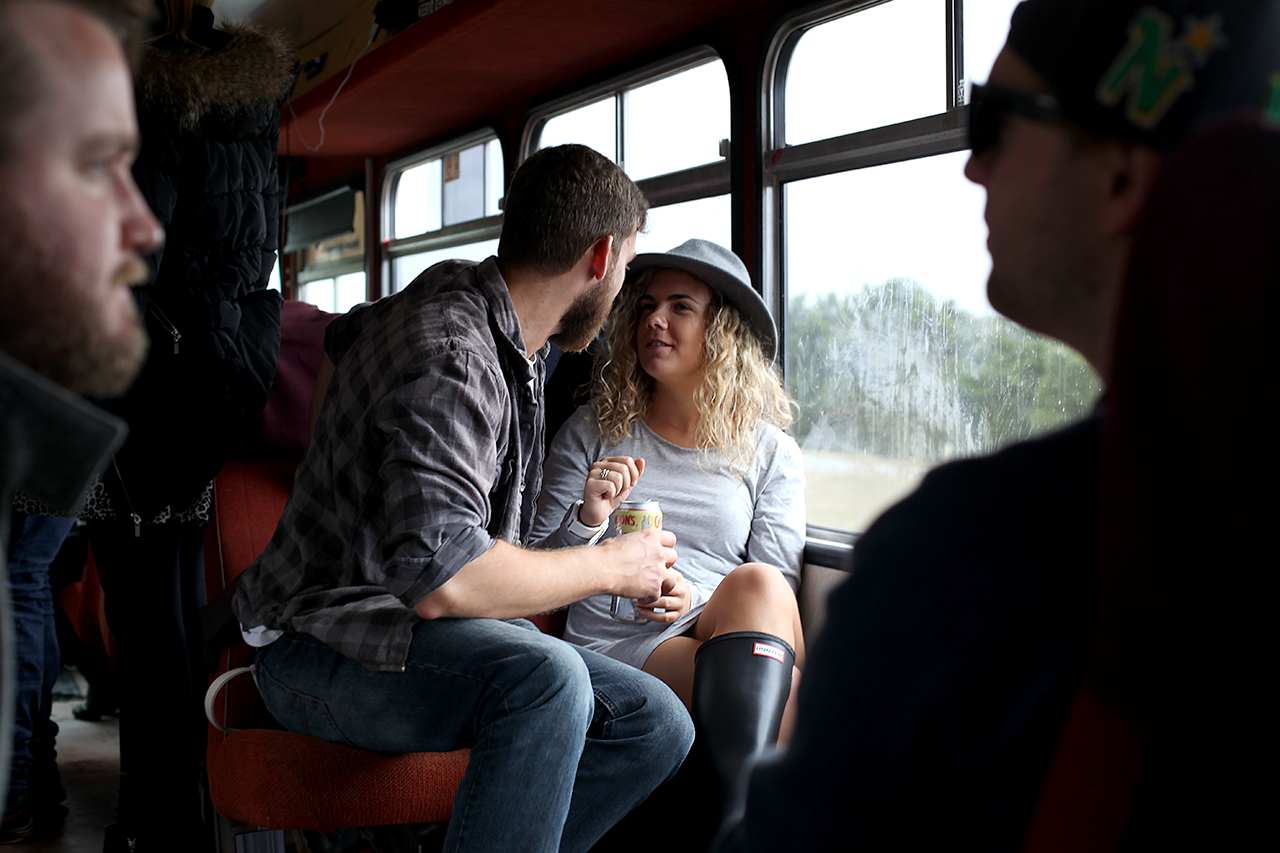
-
001OneDay002
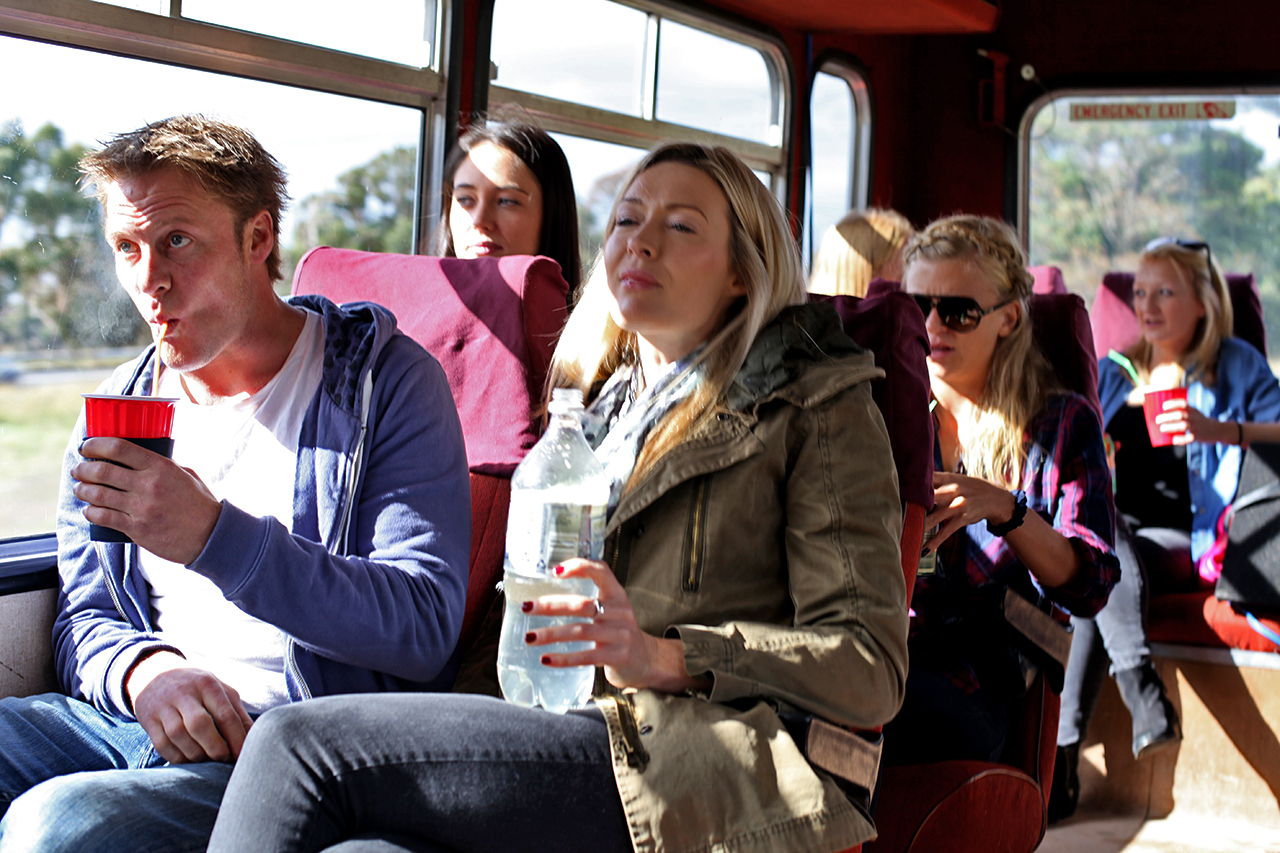
-
001OneDay001
